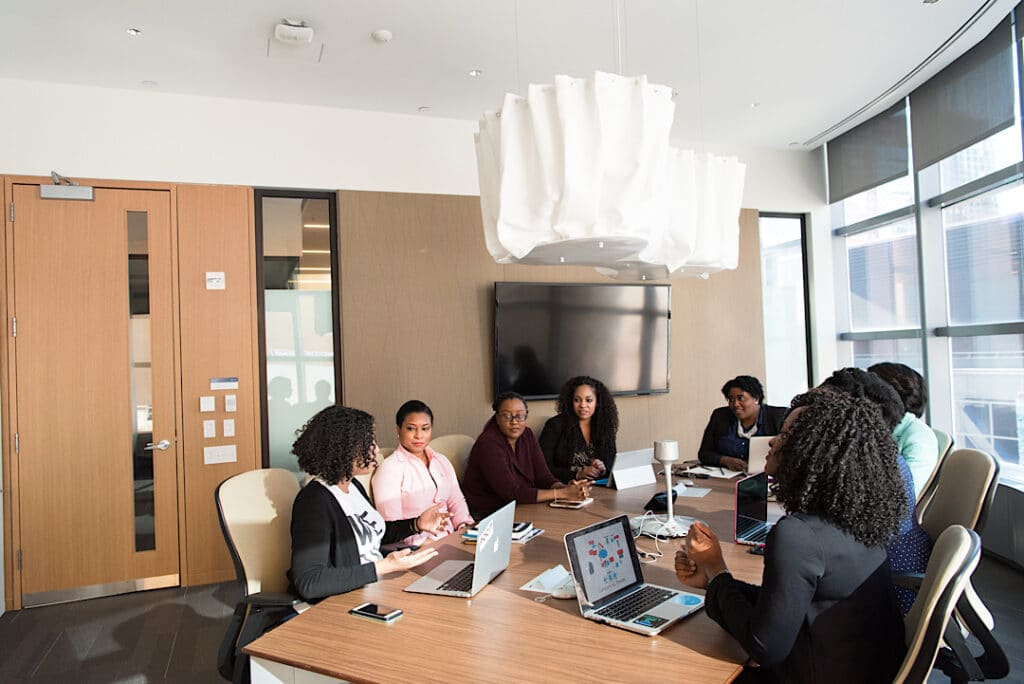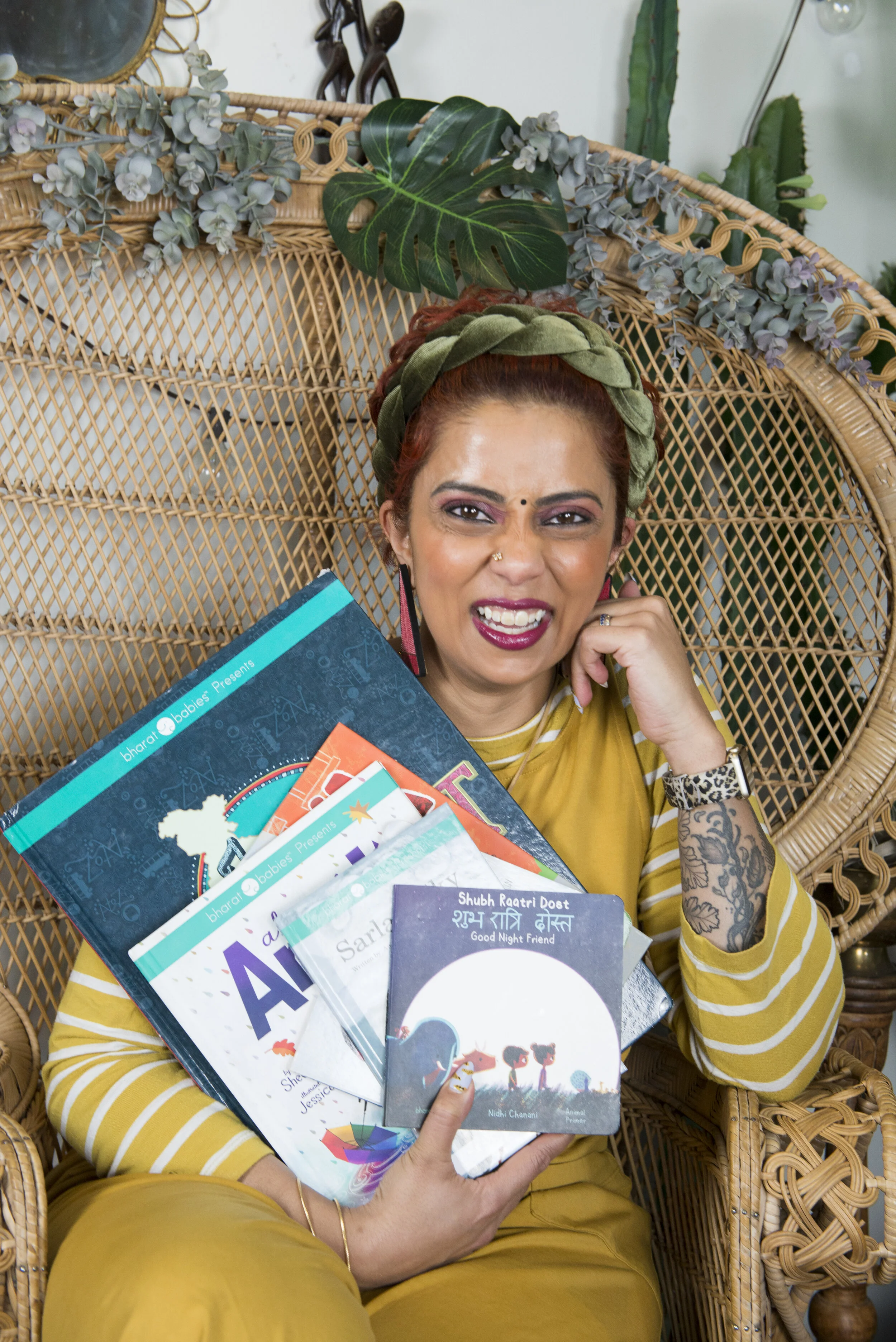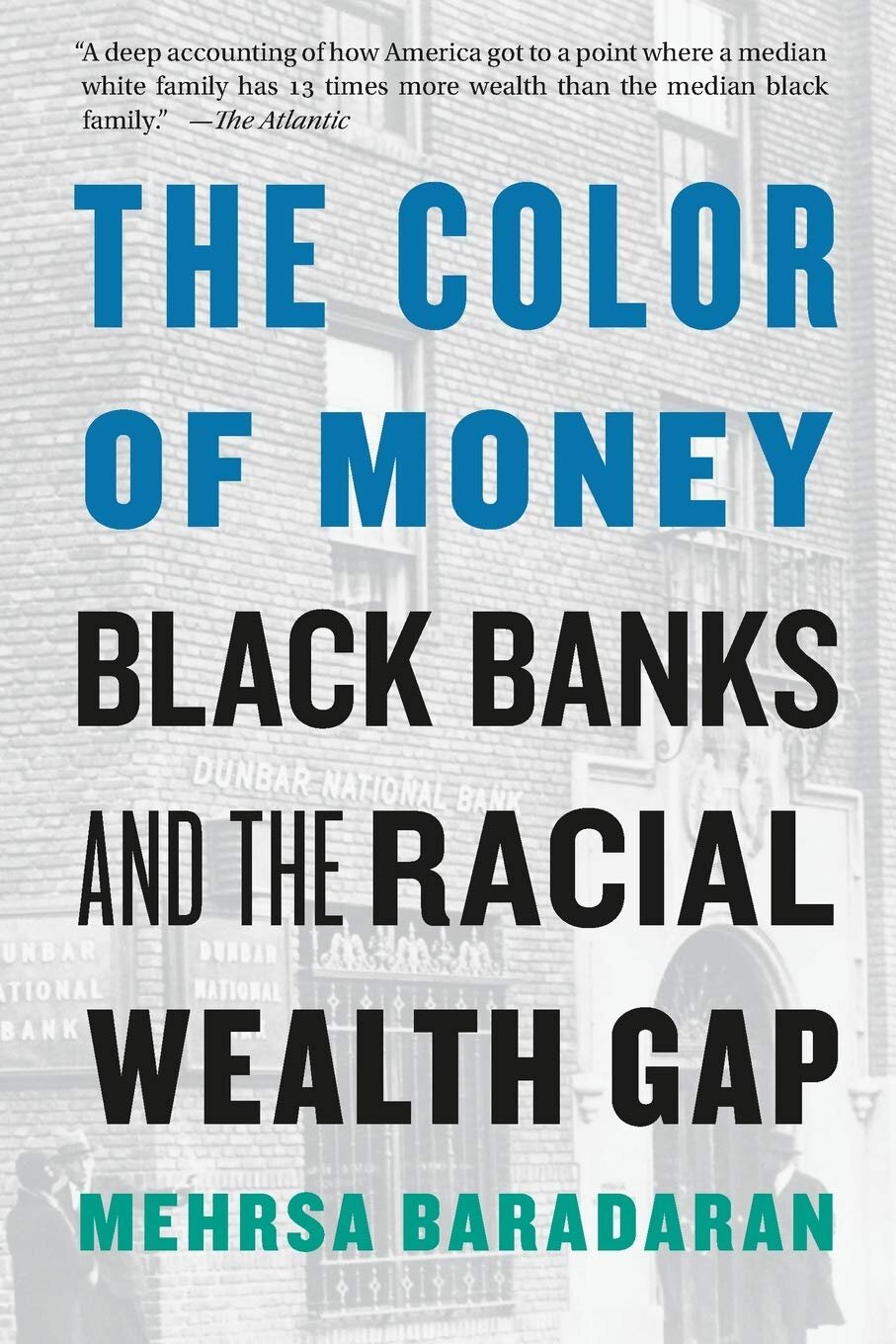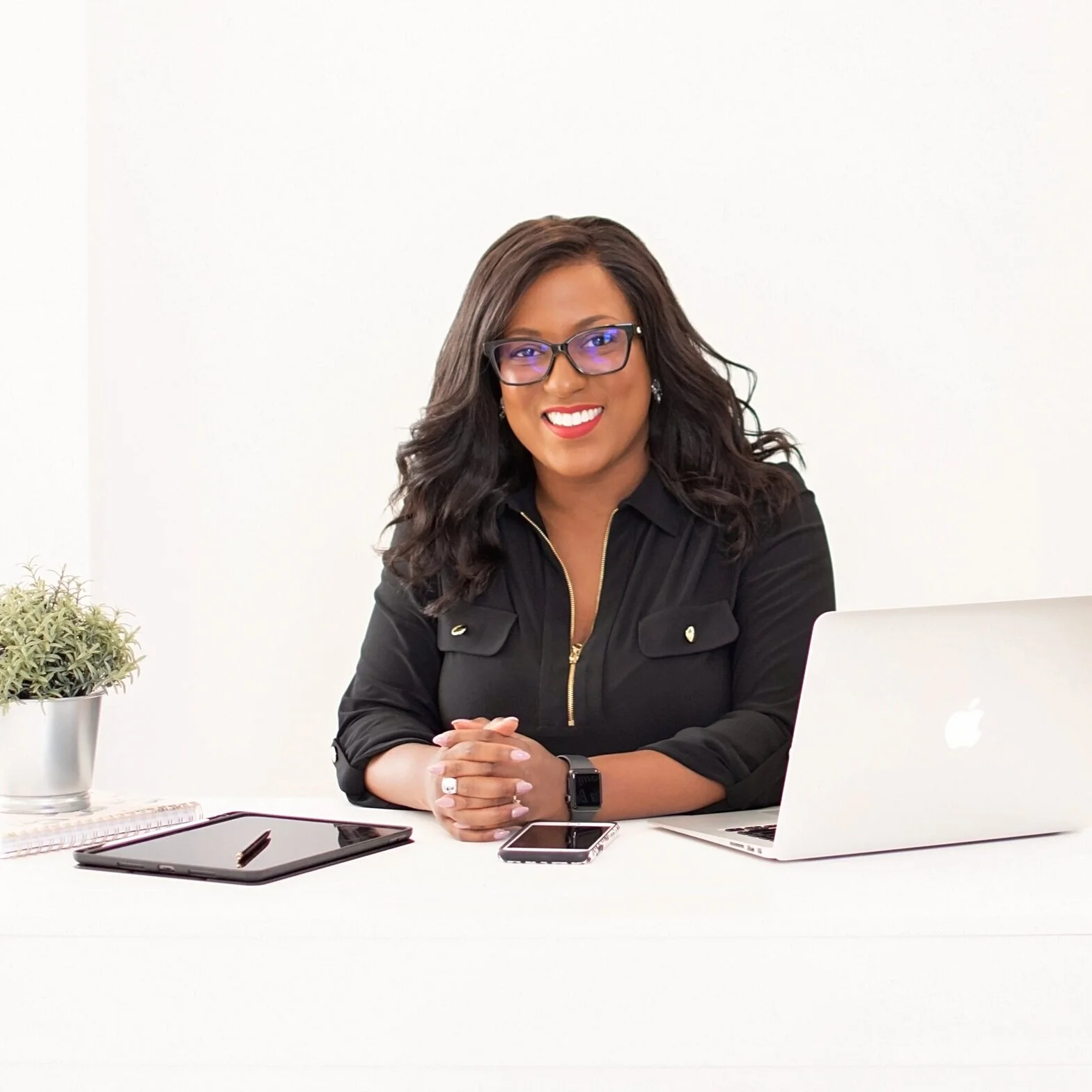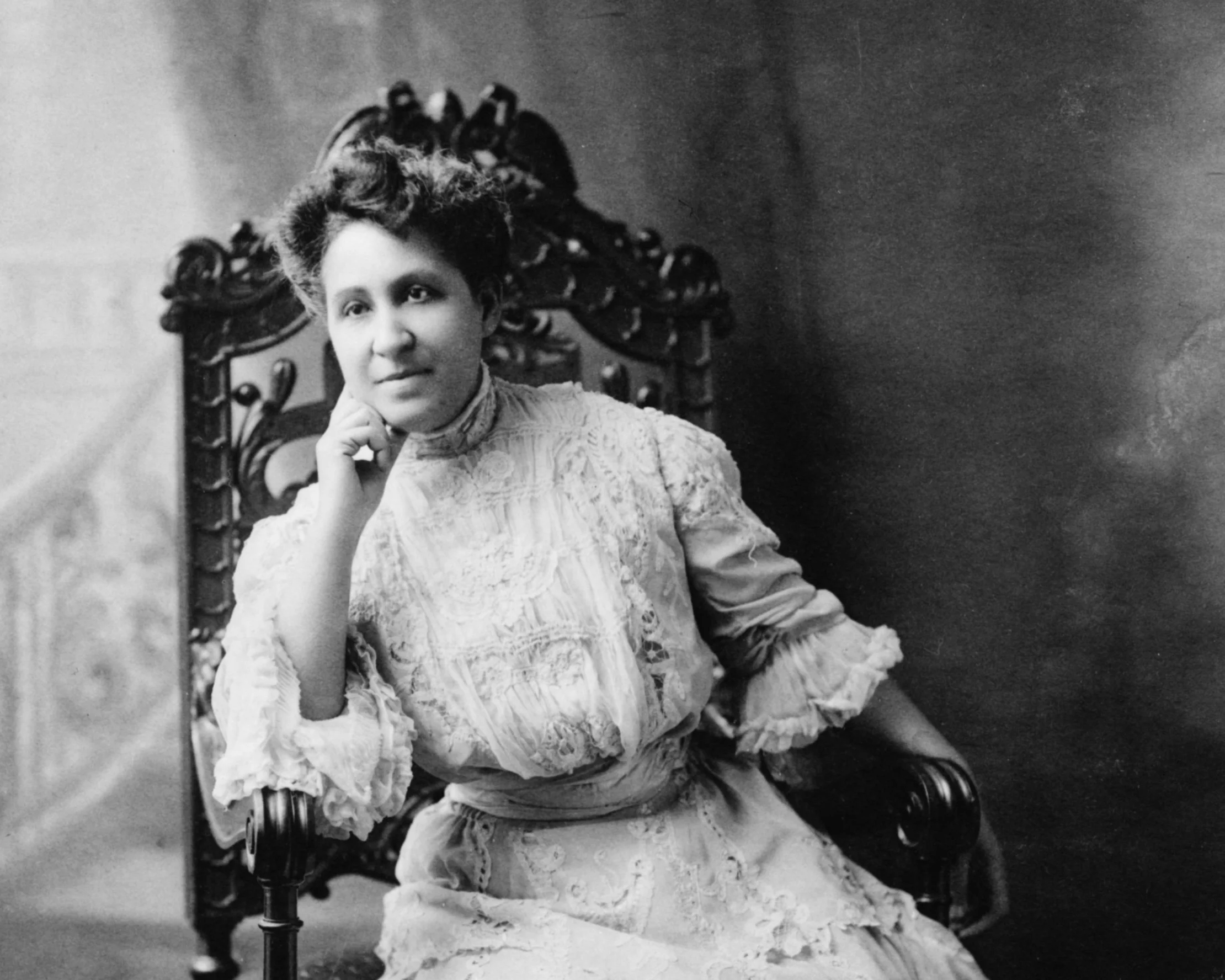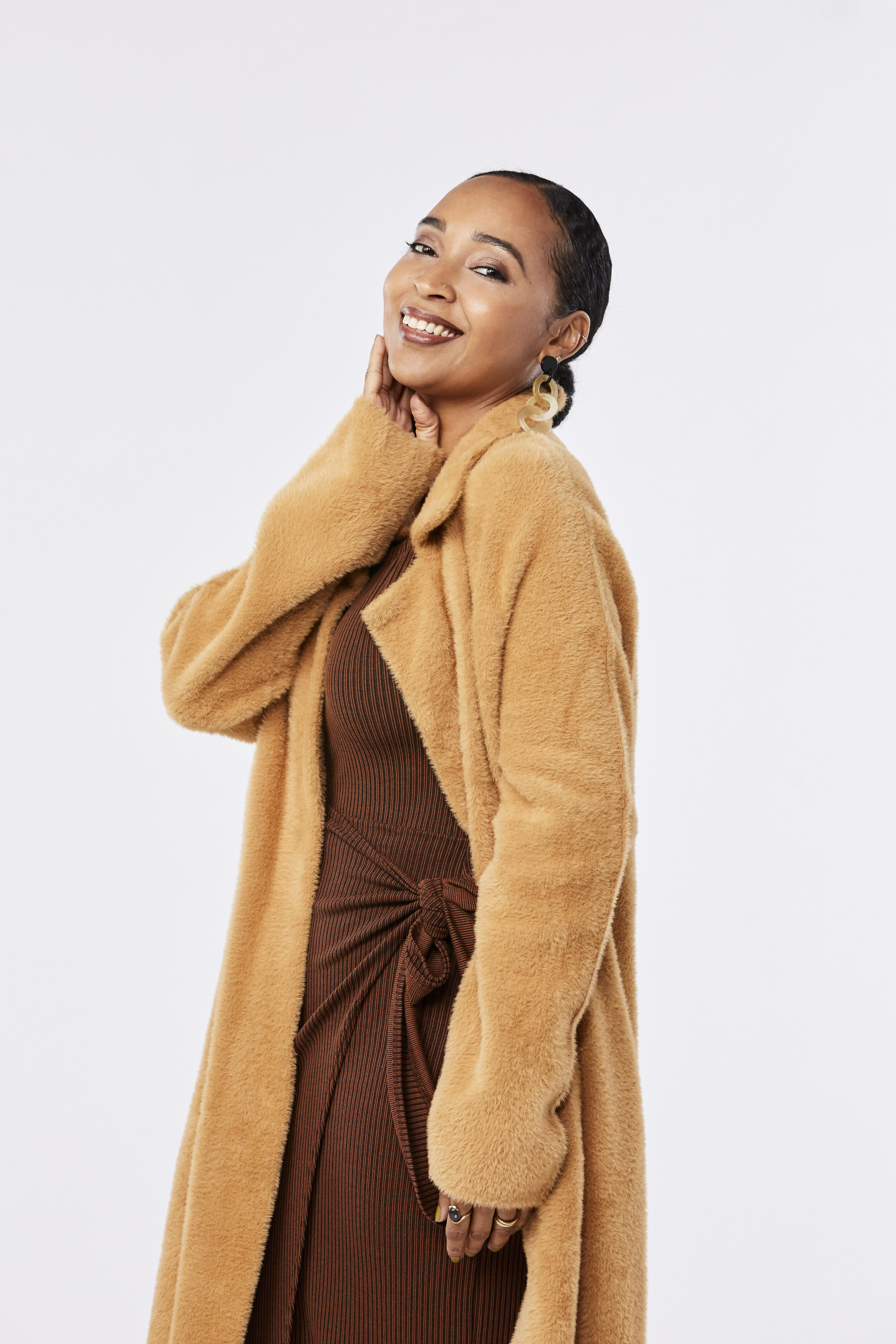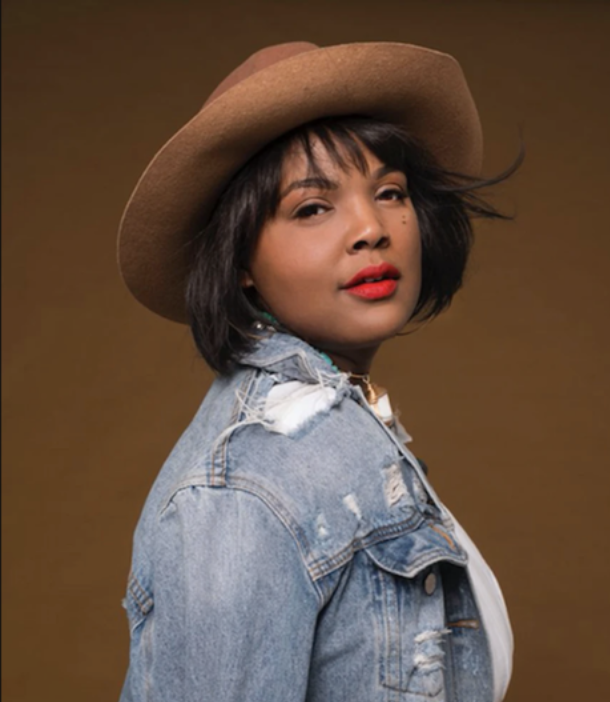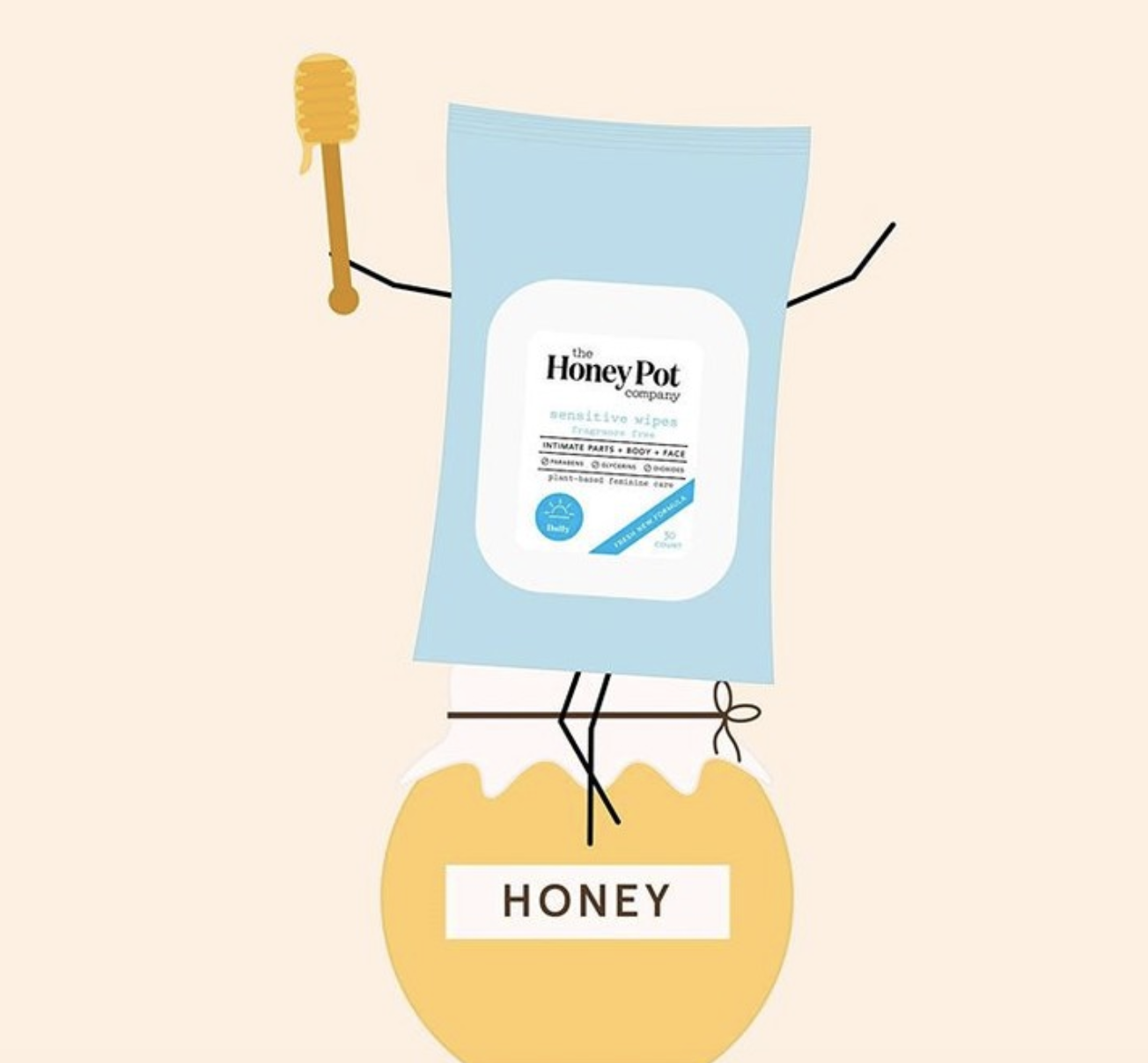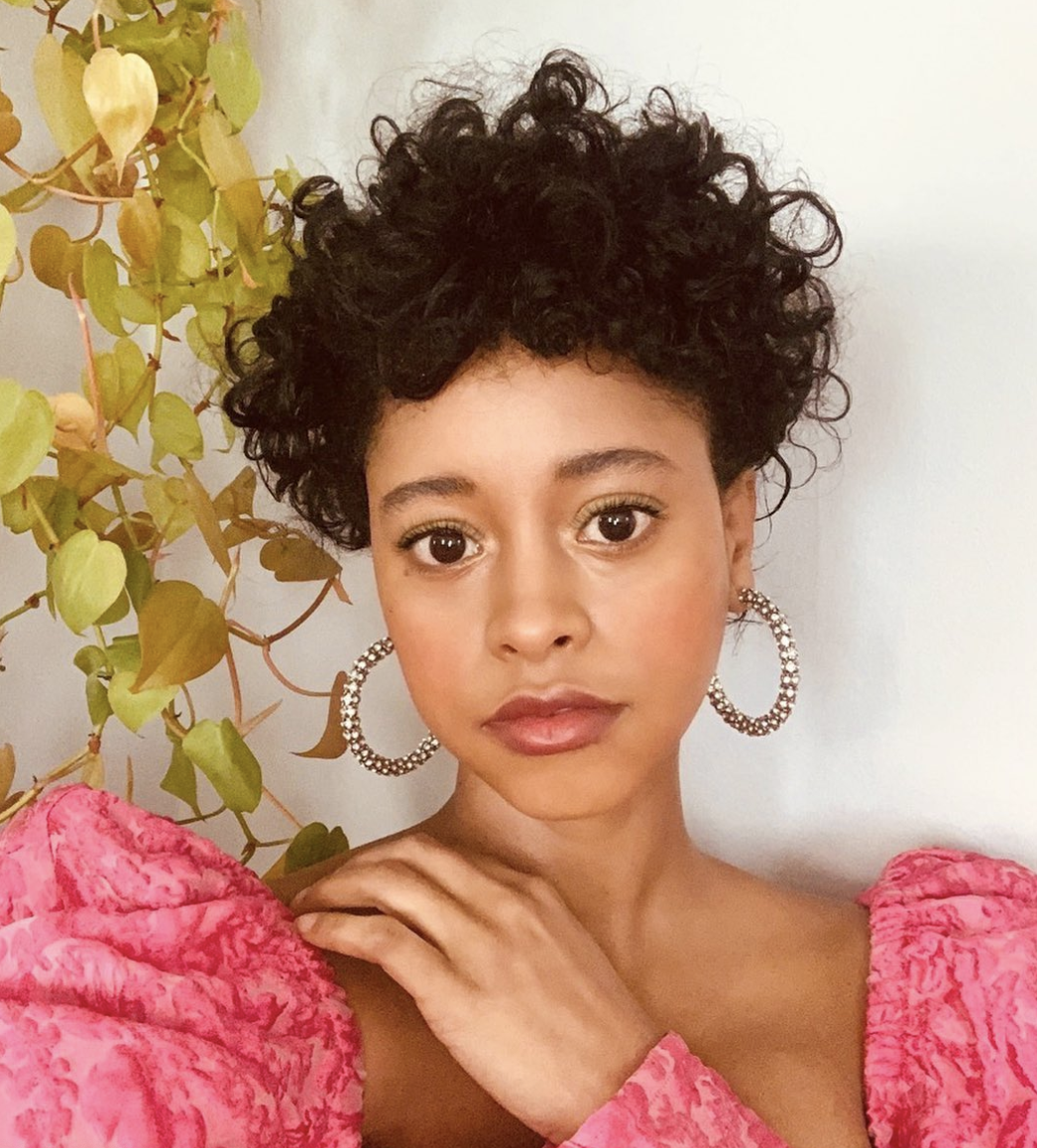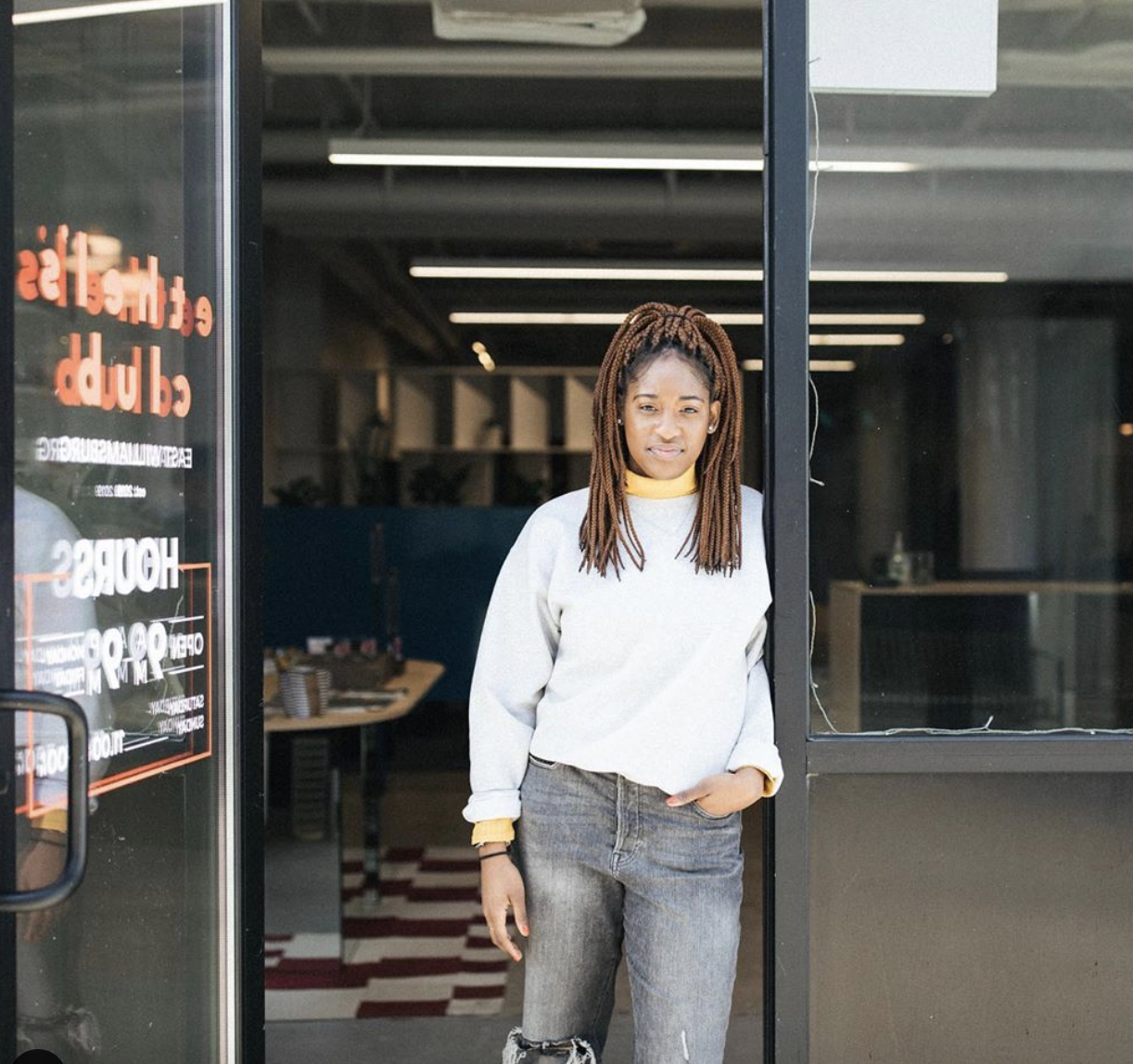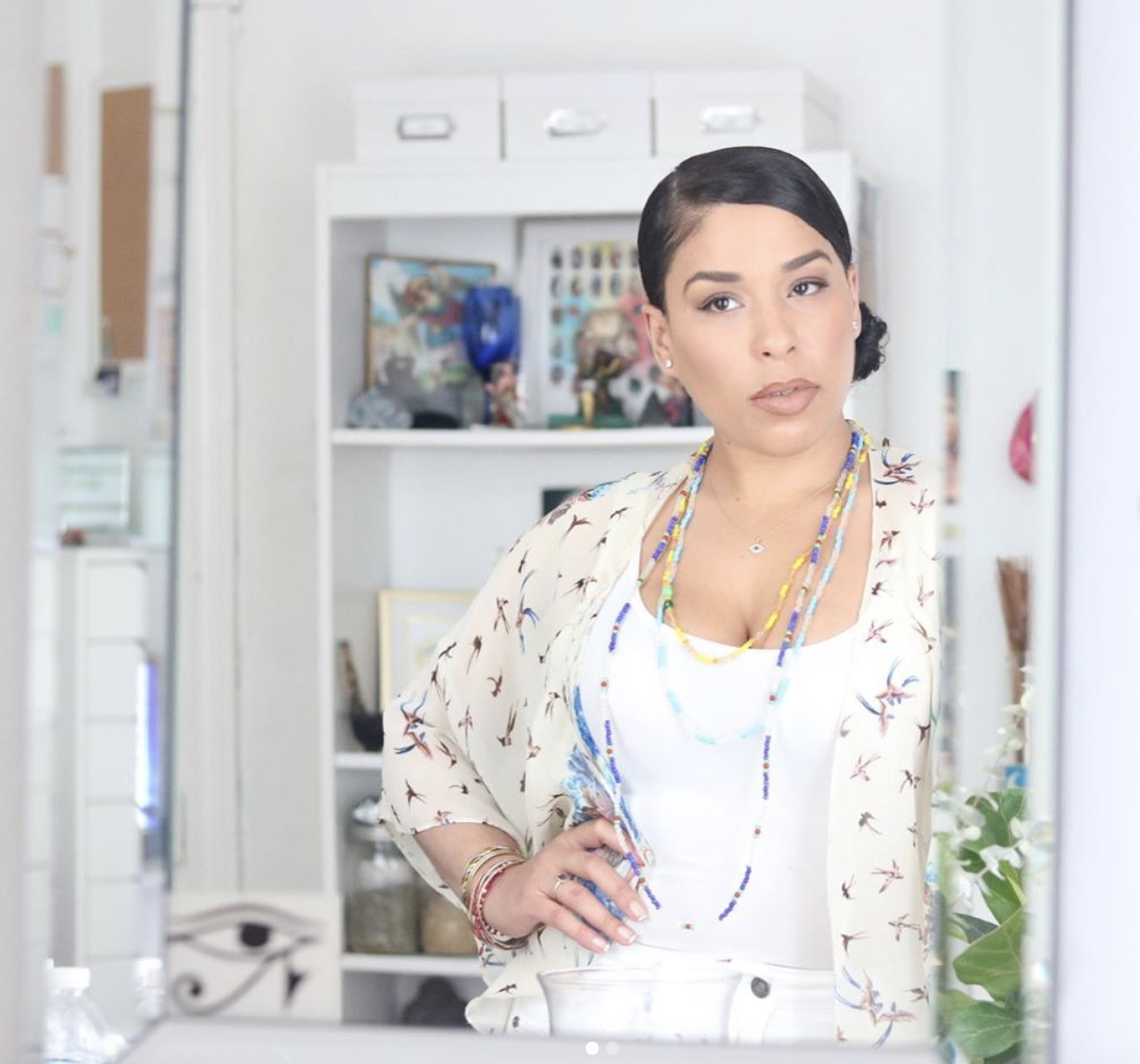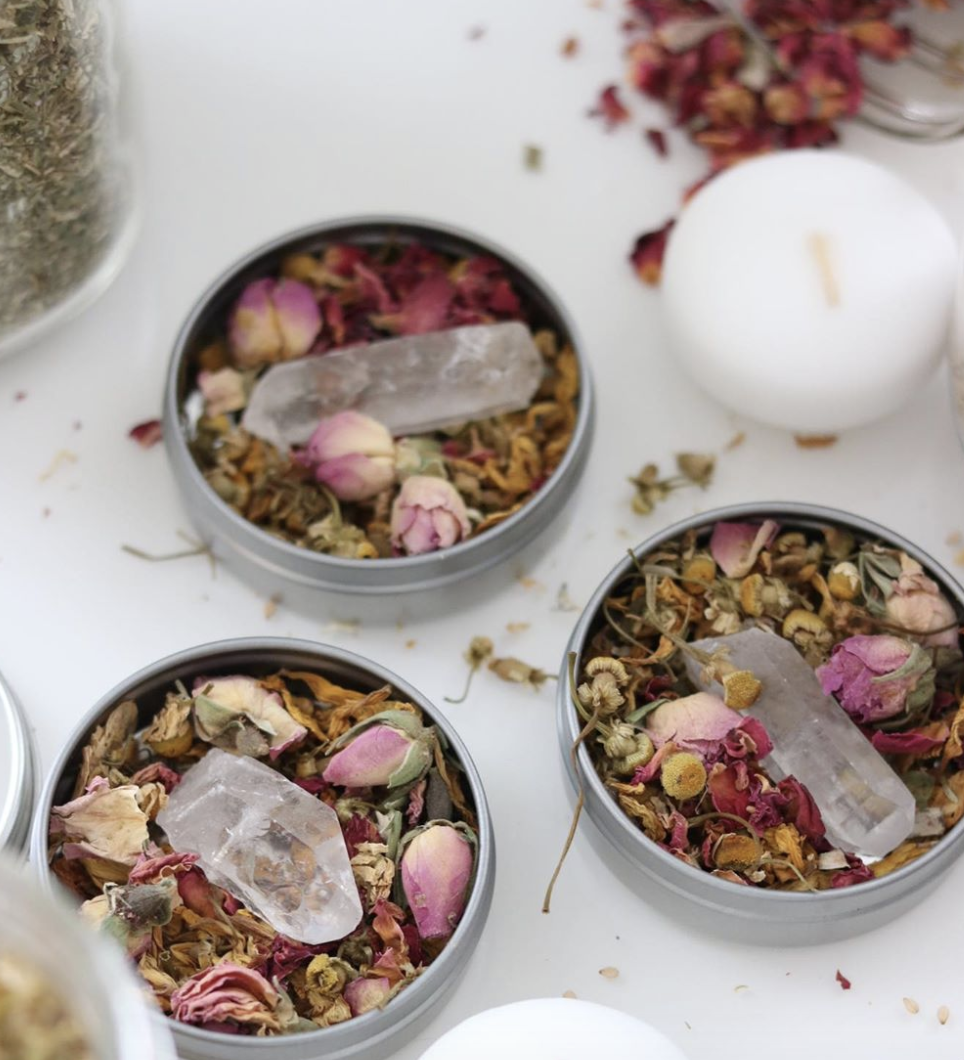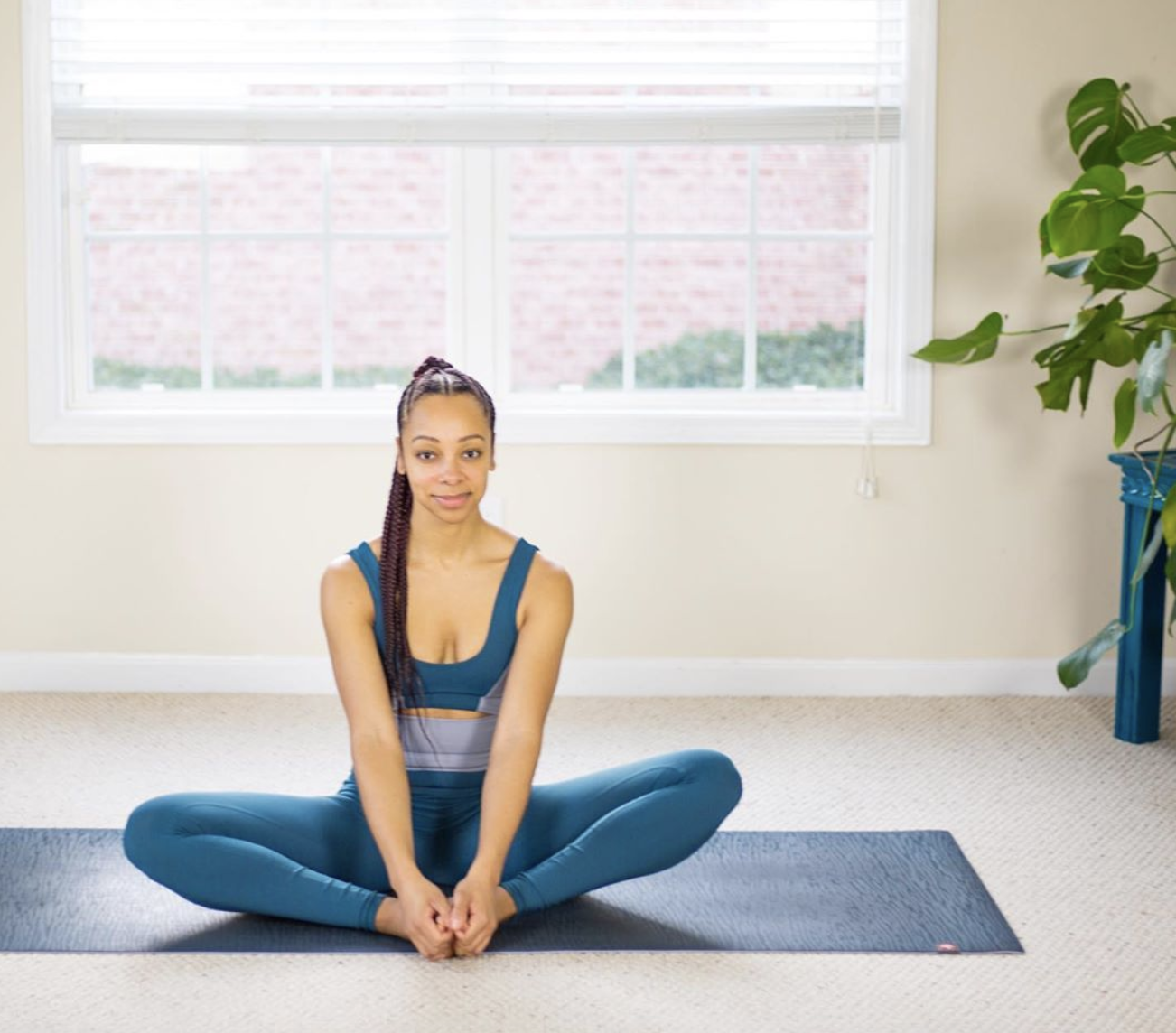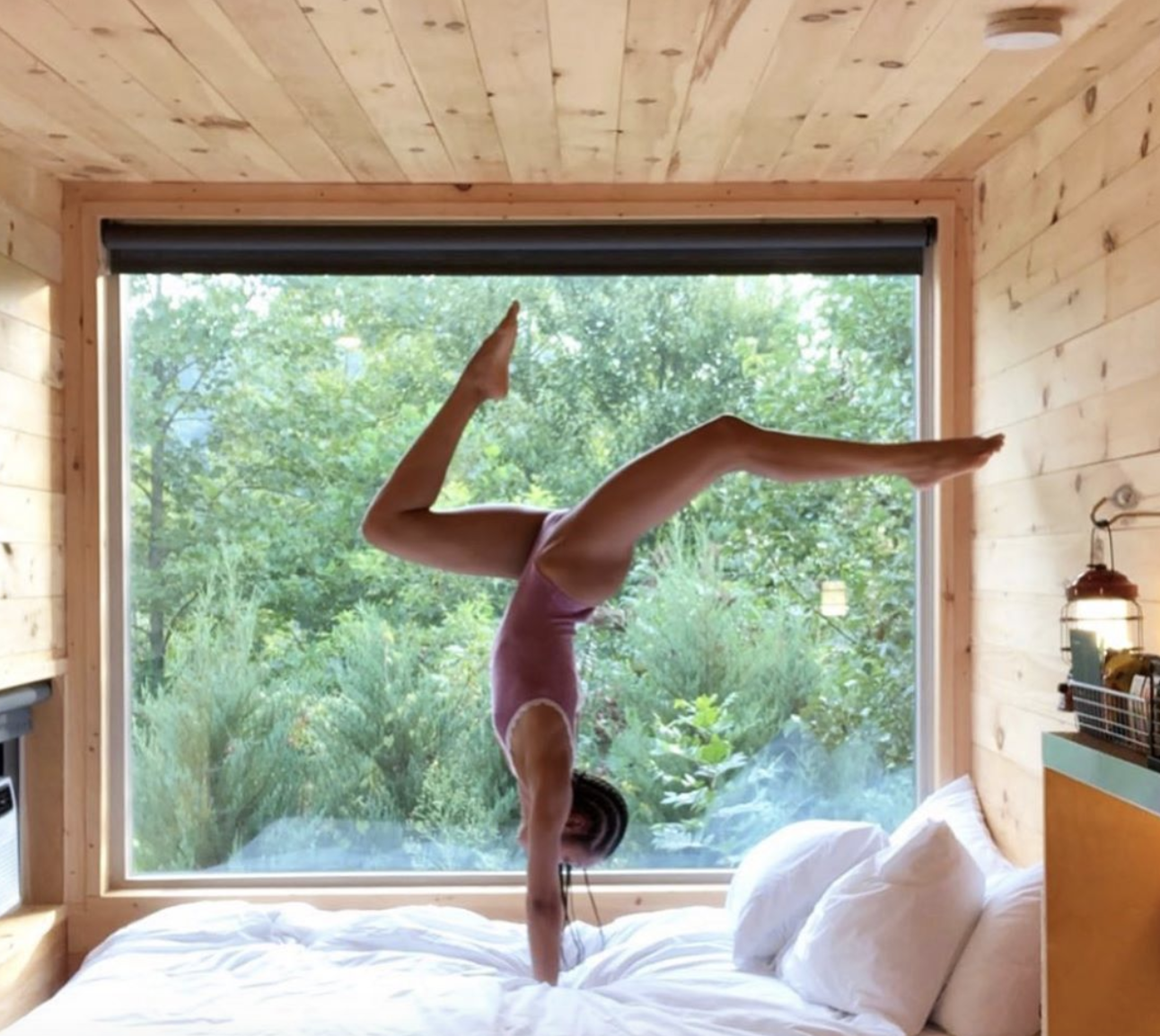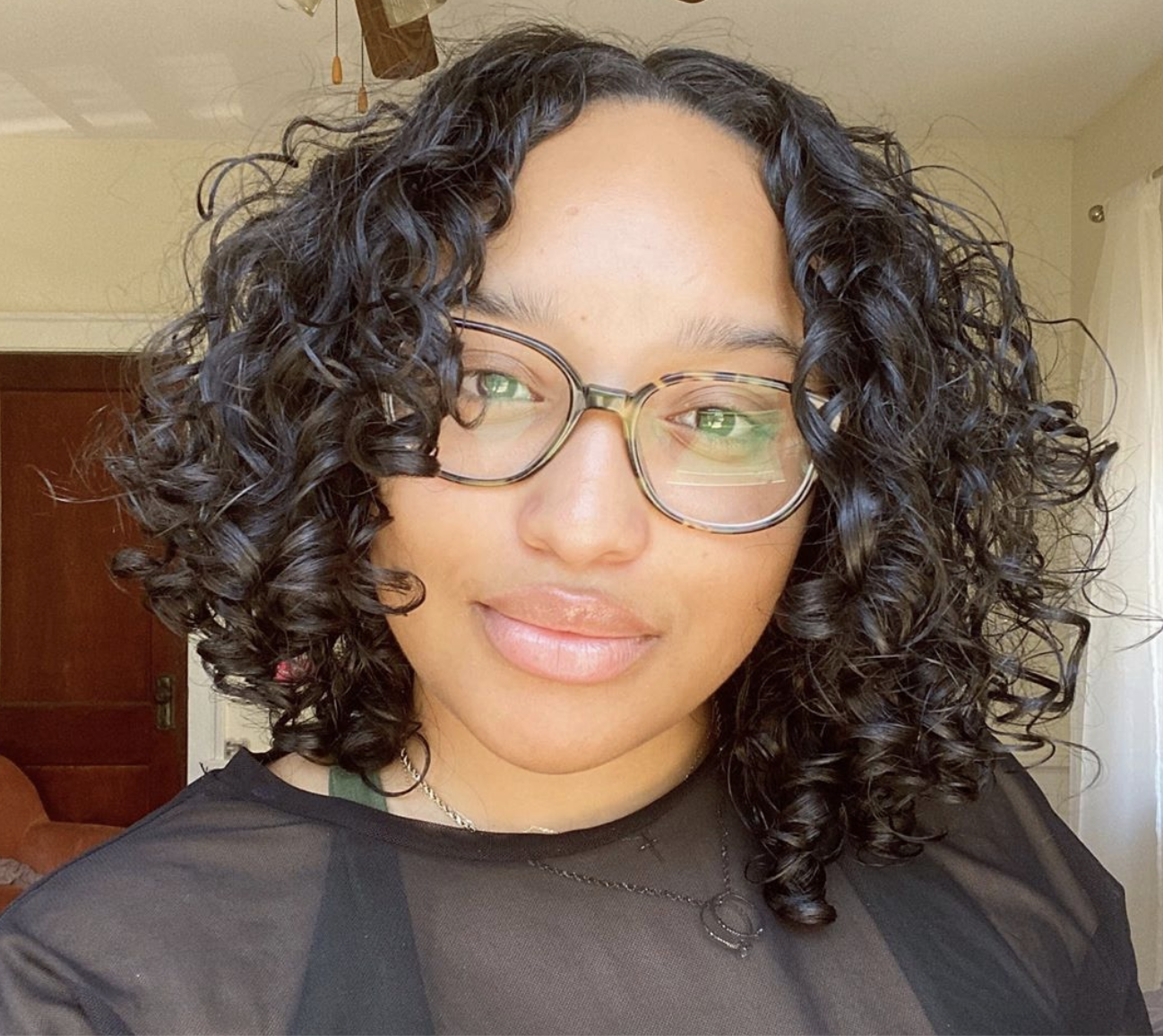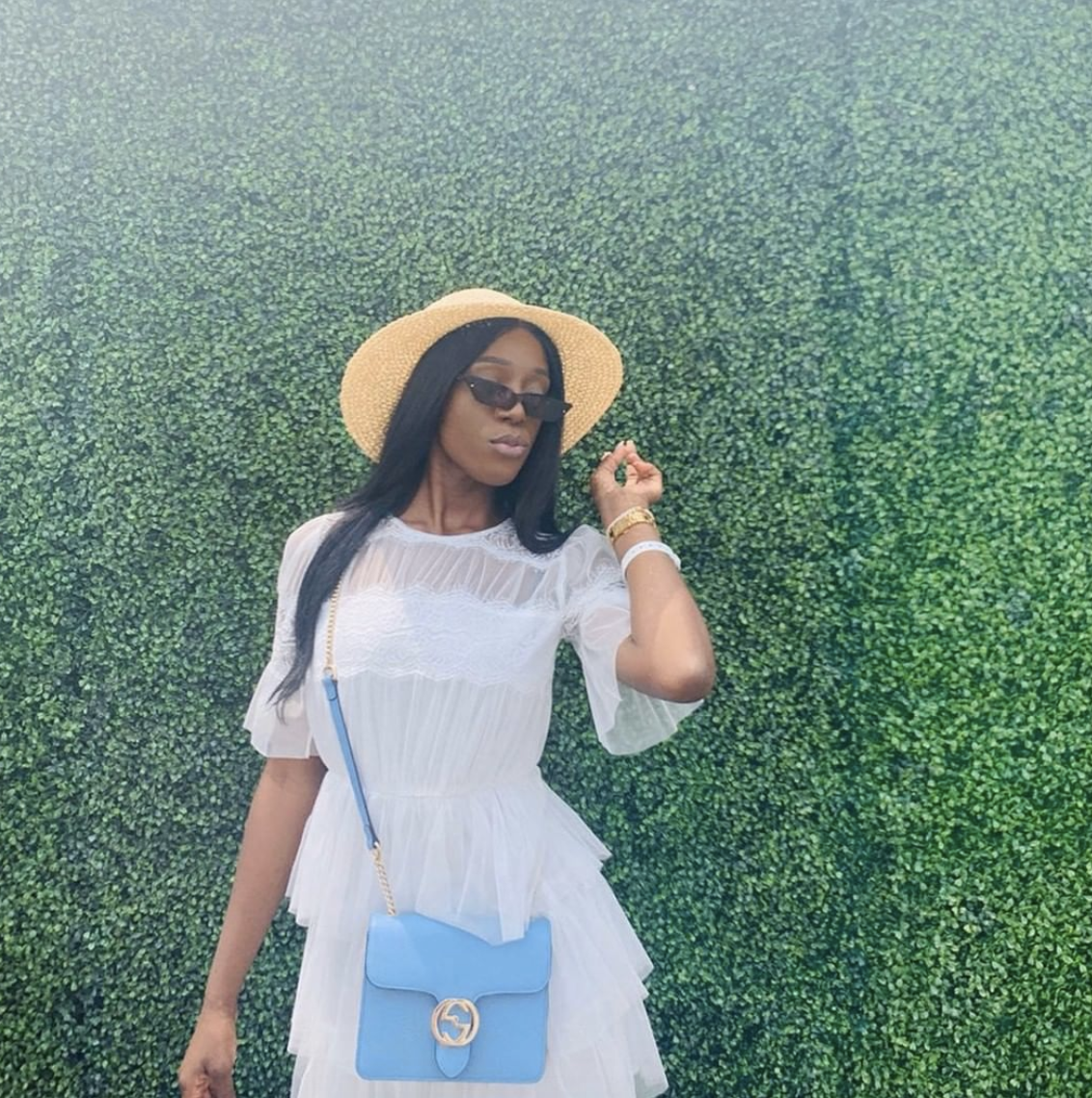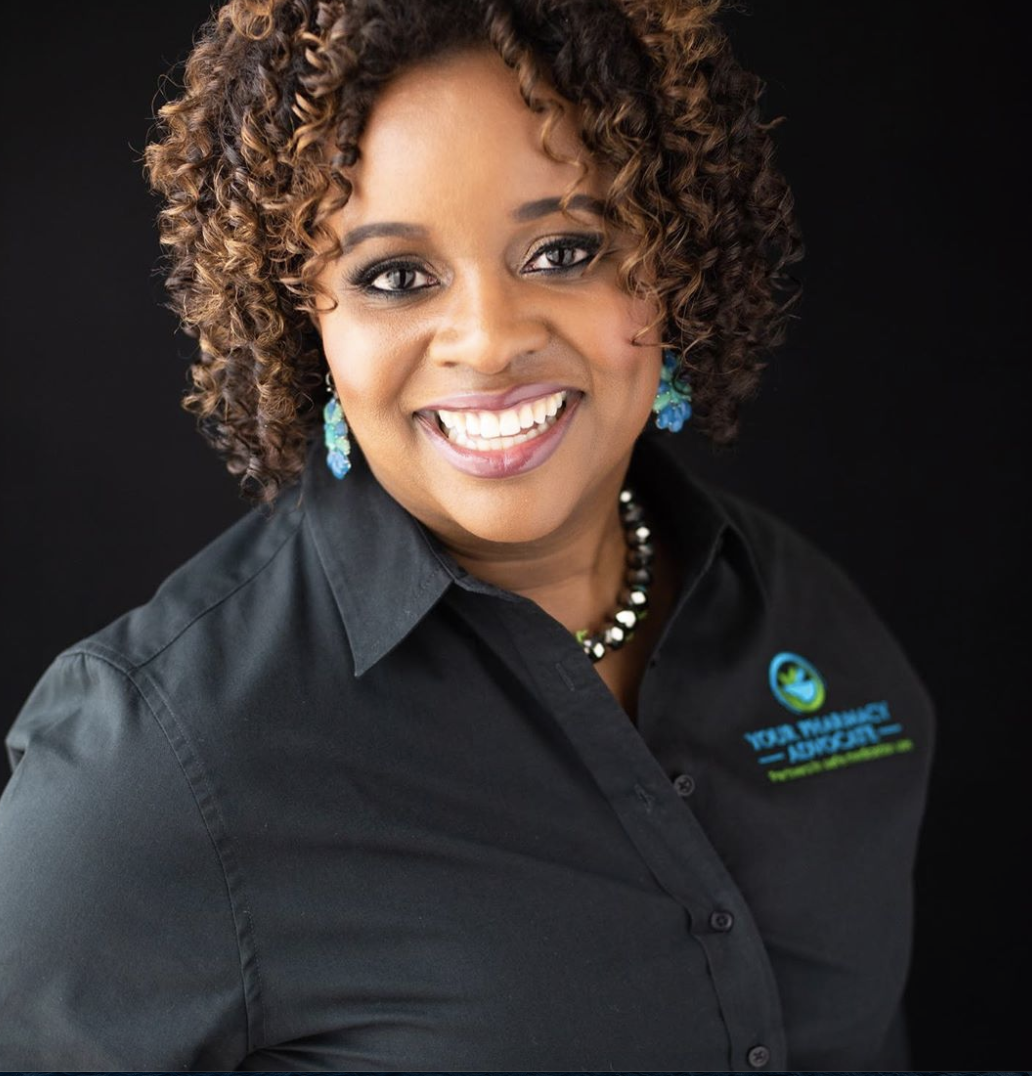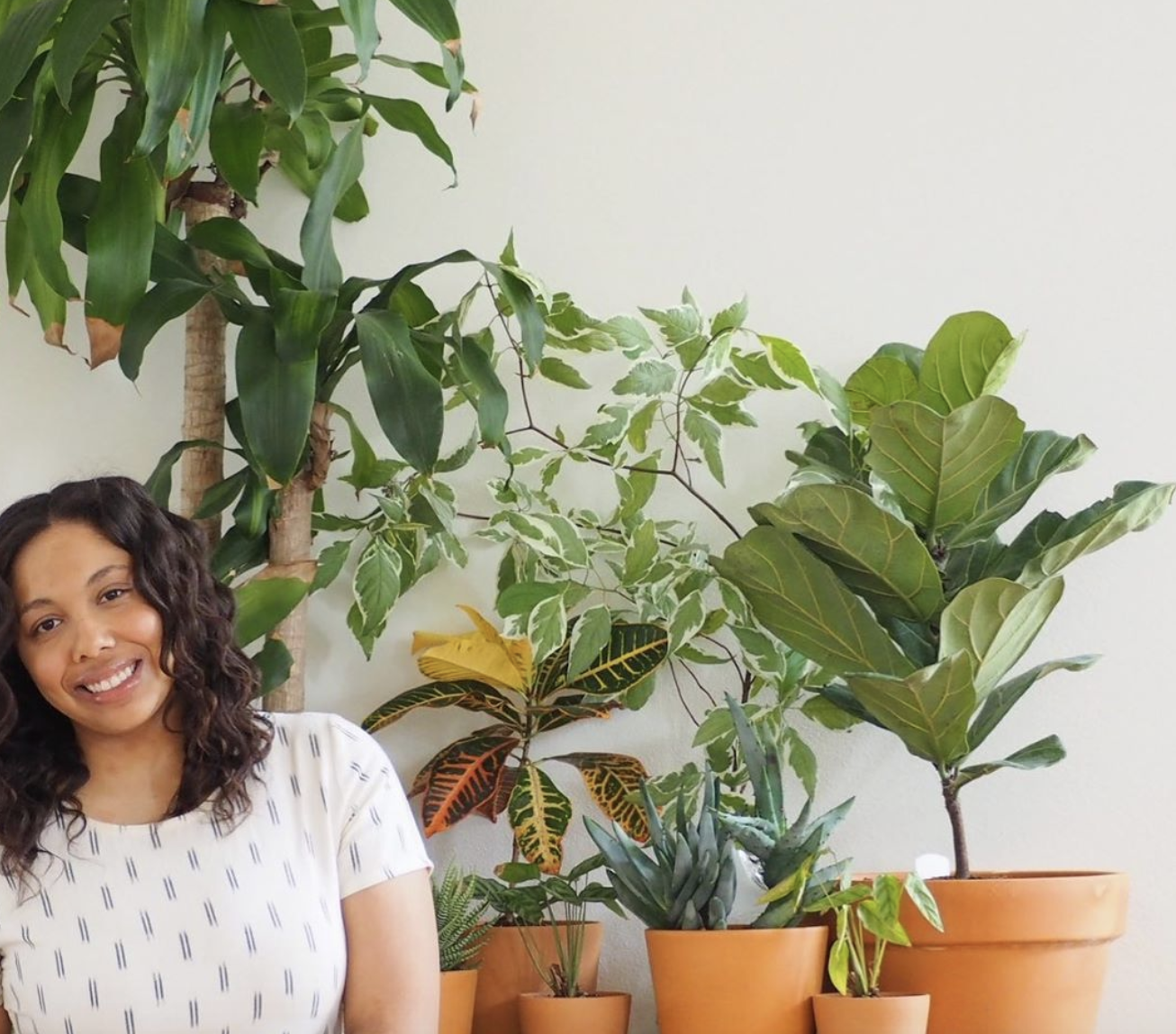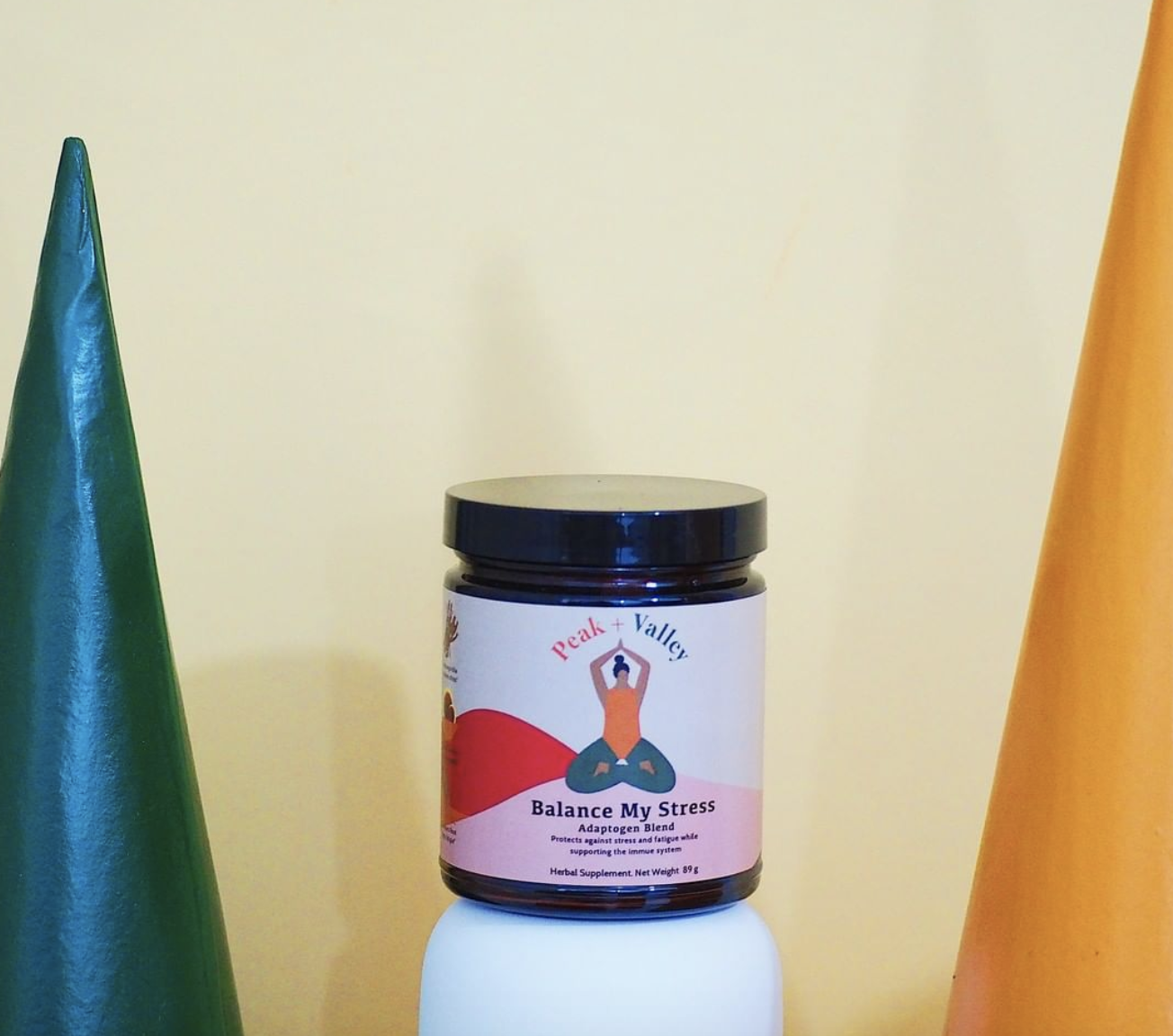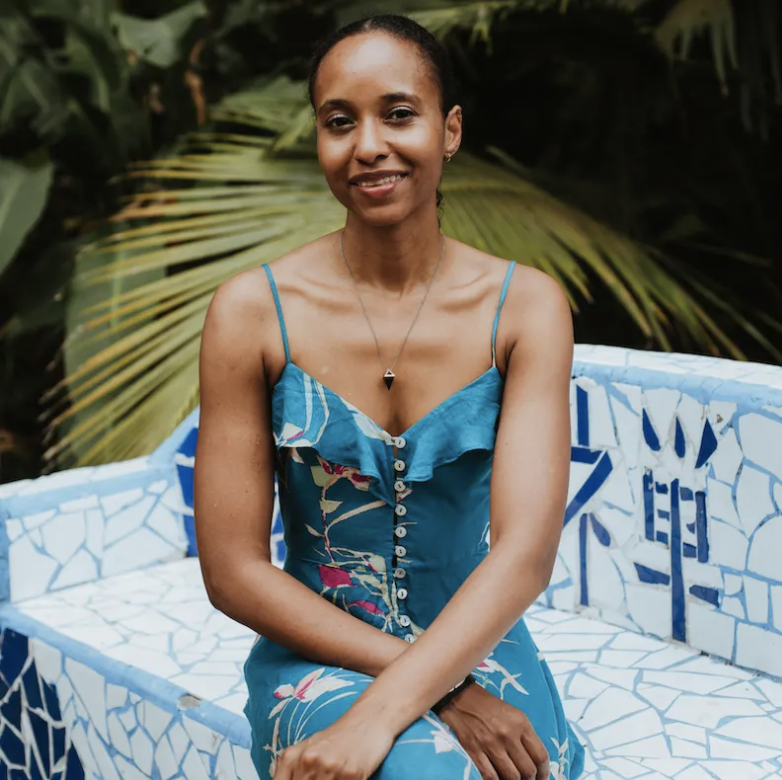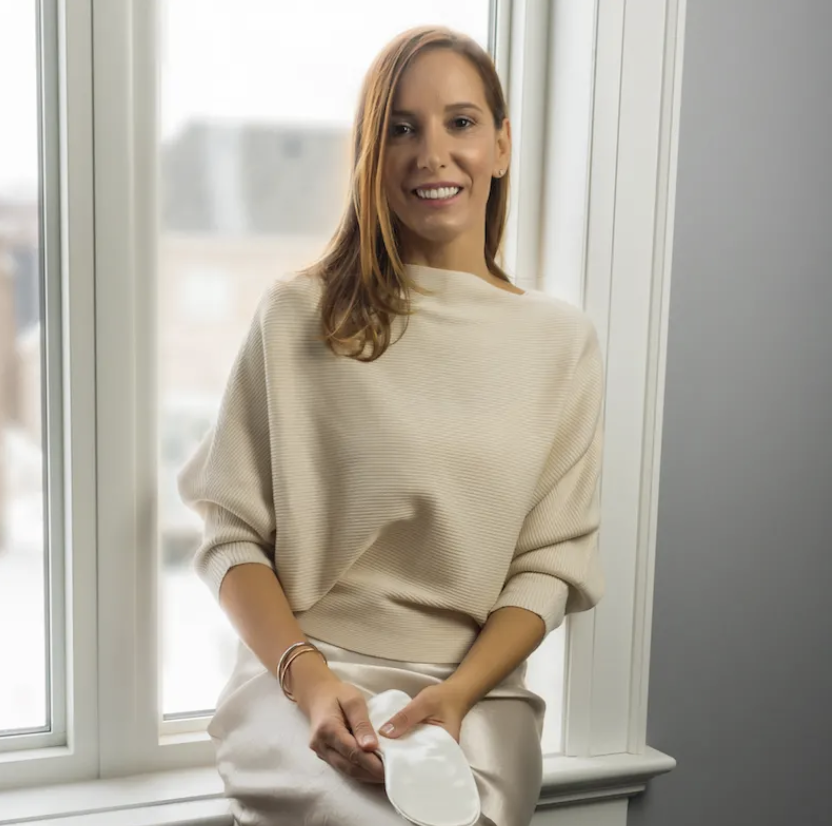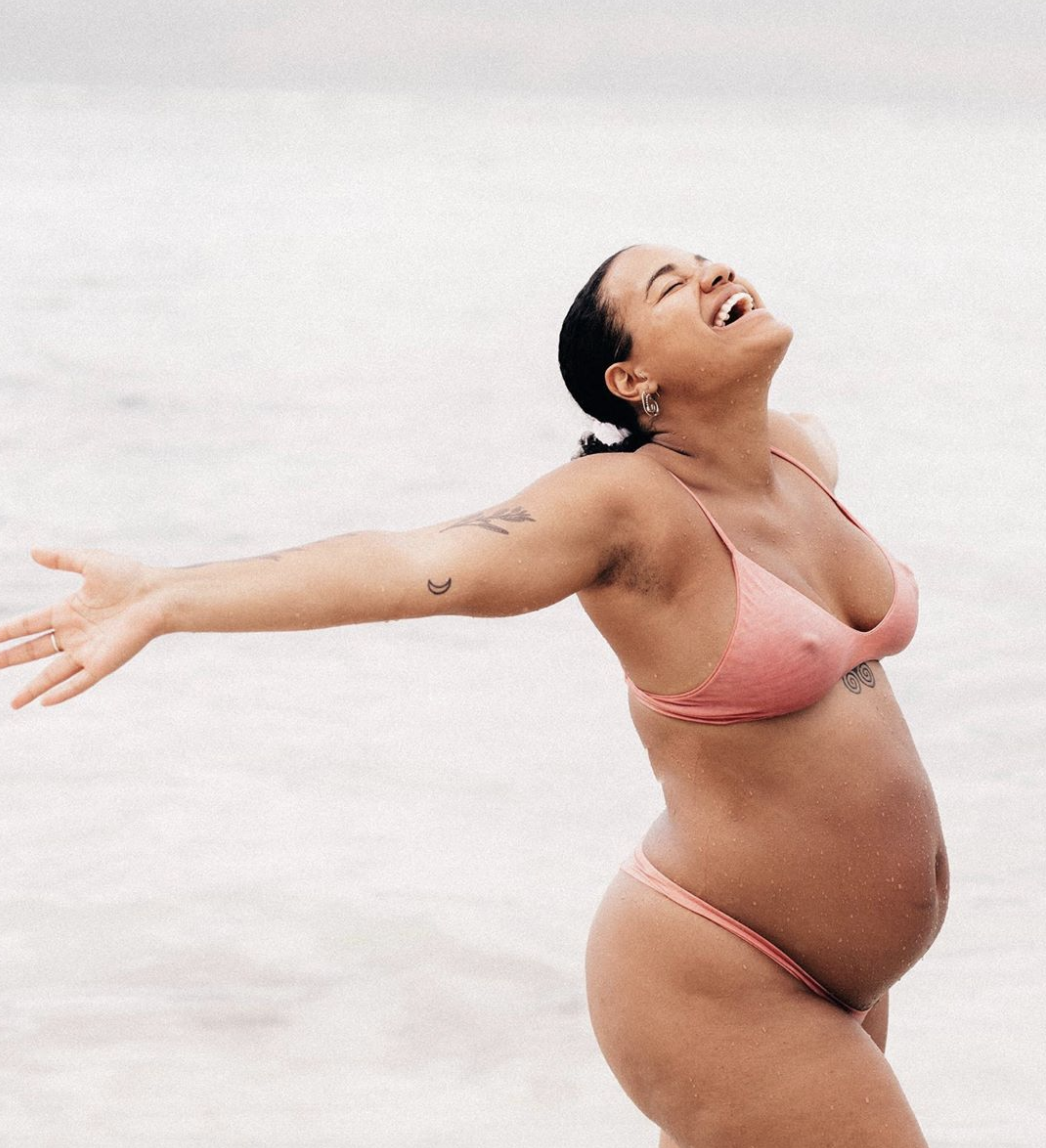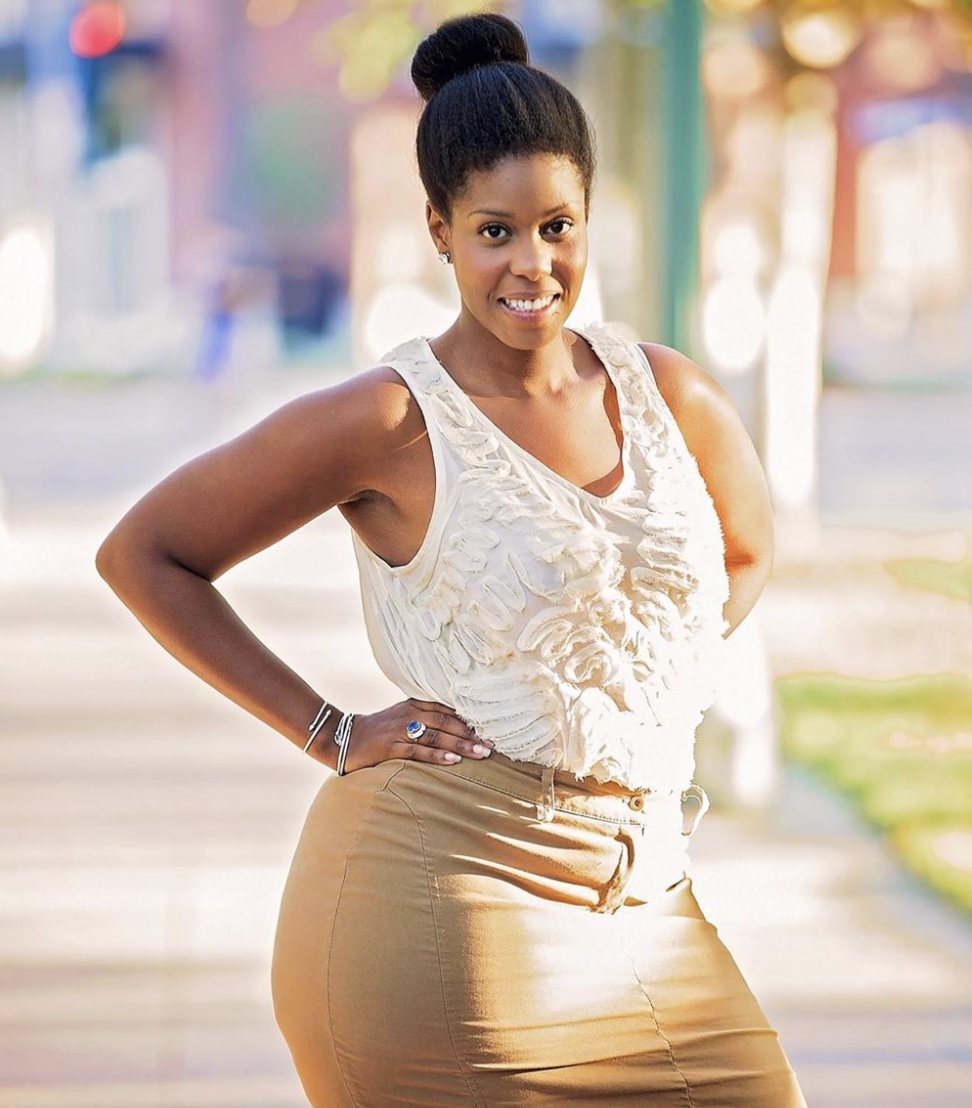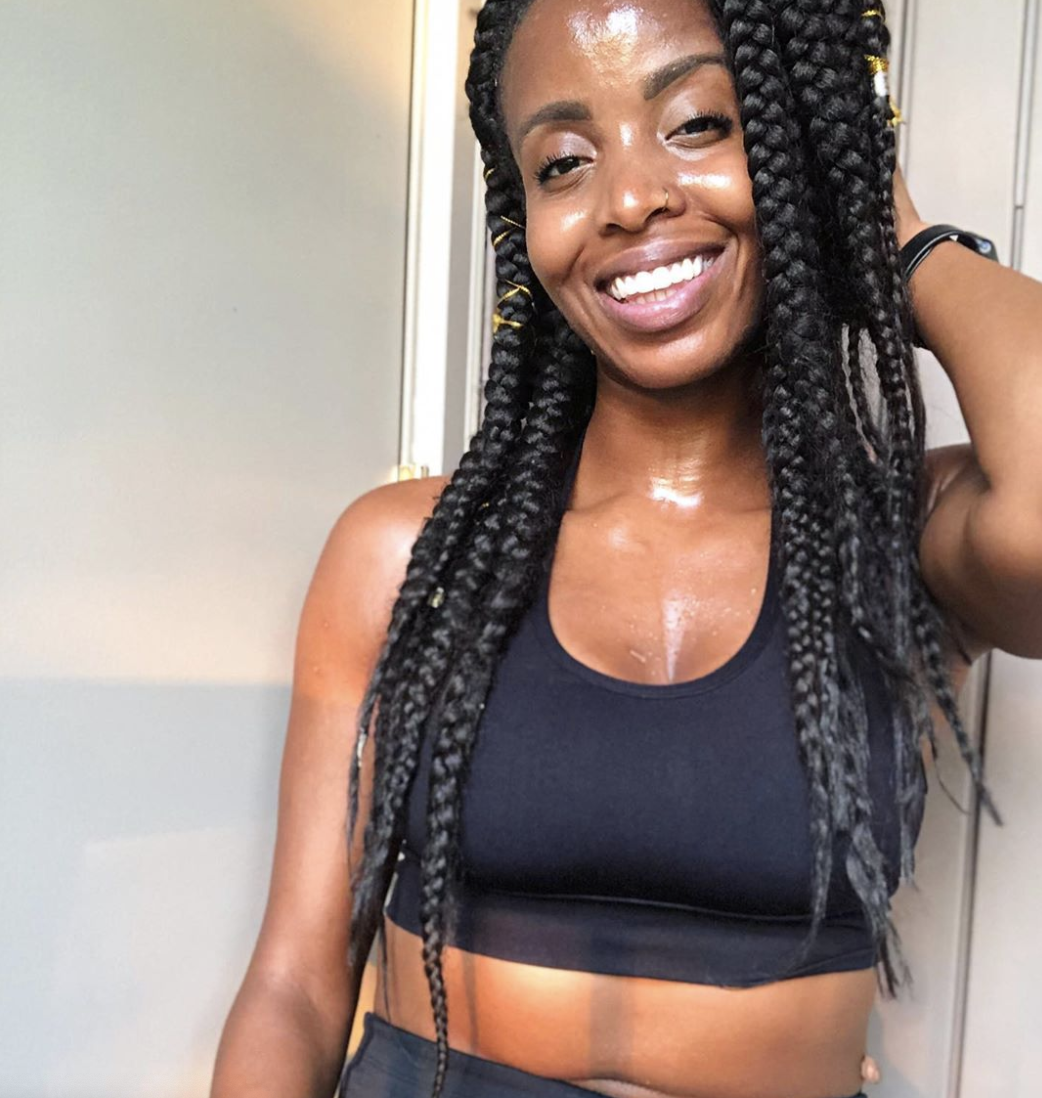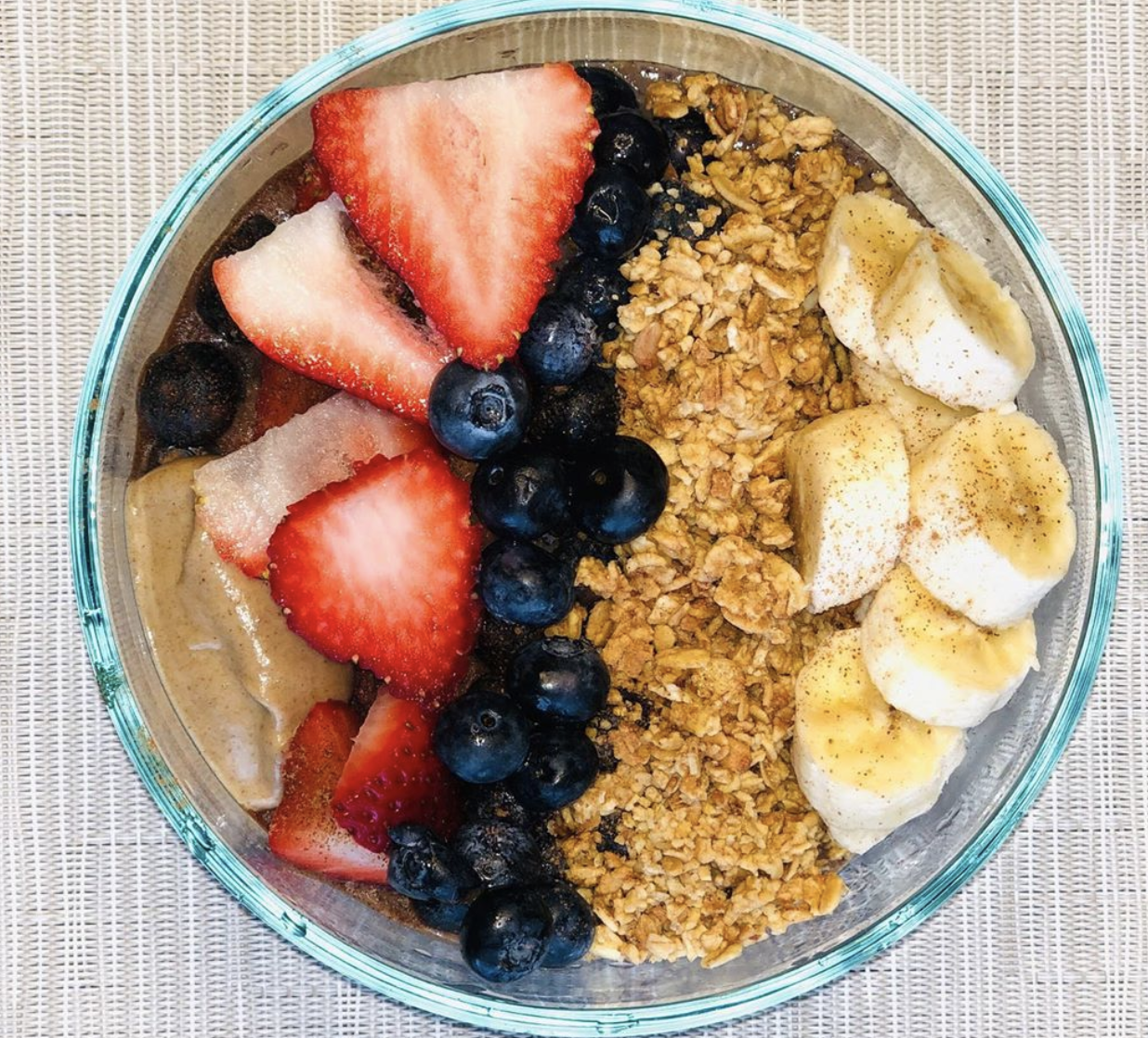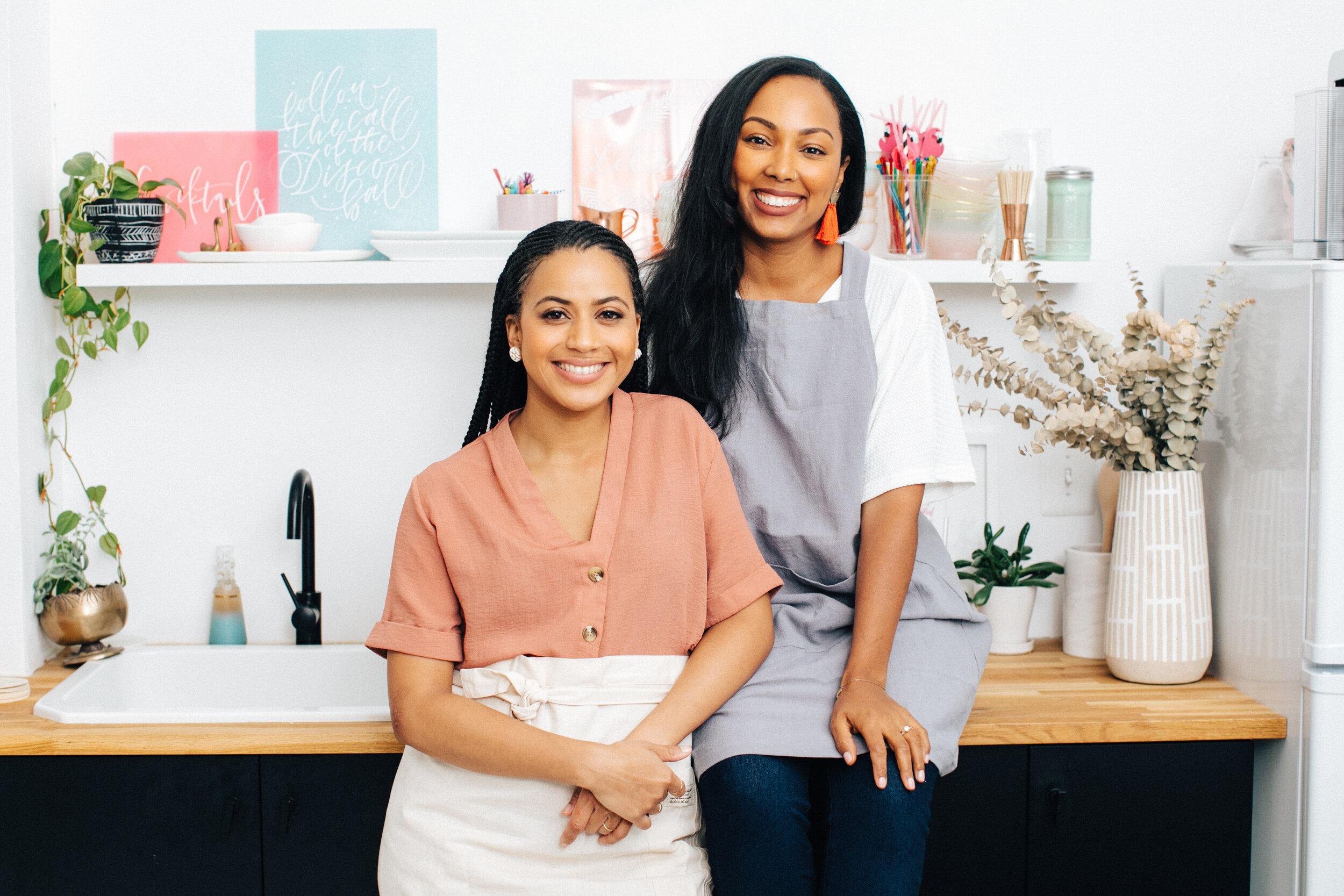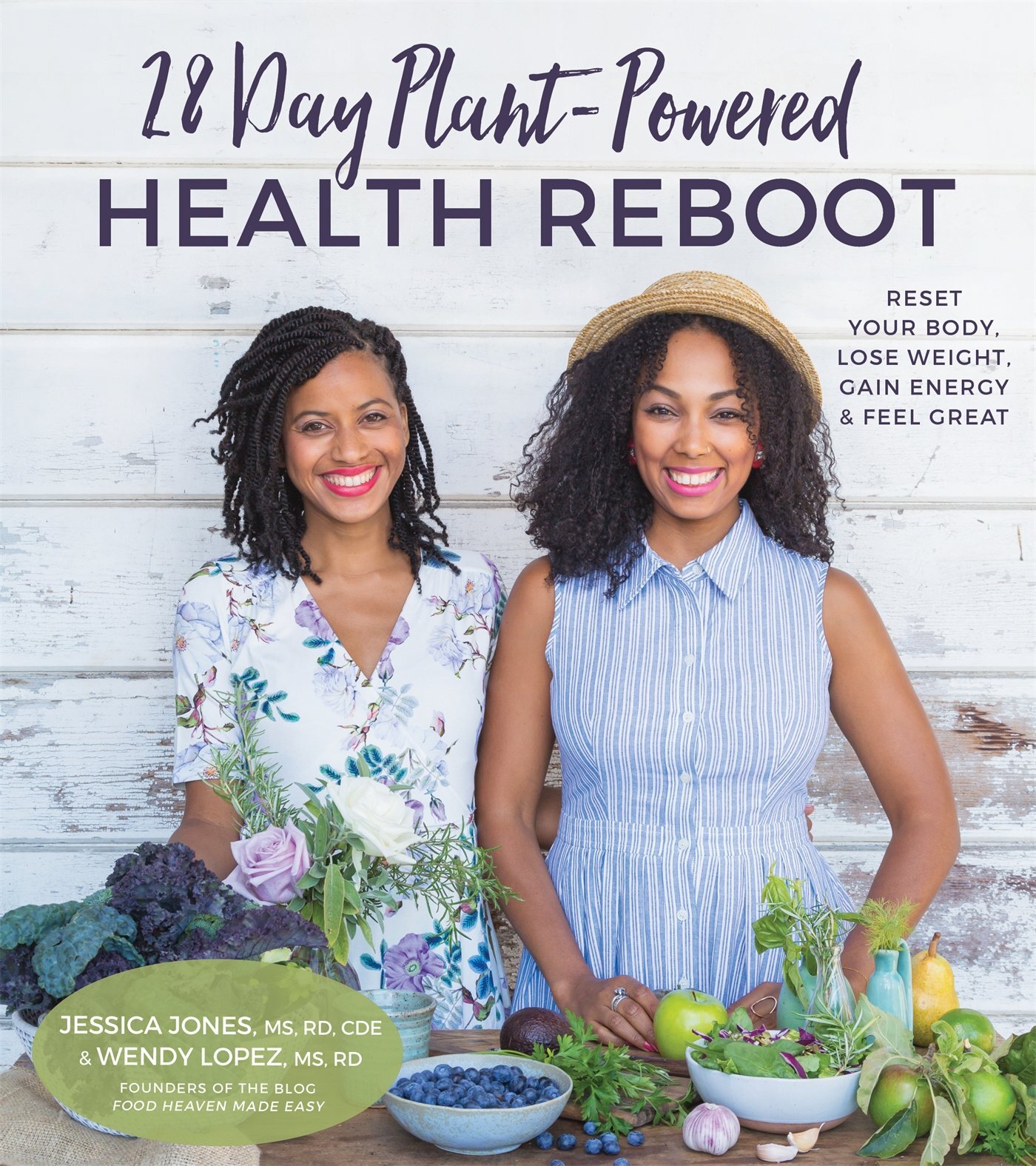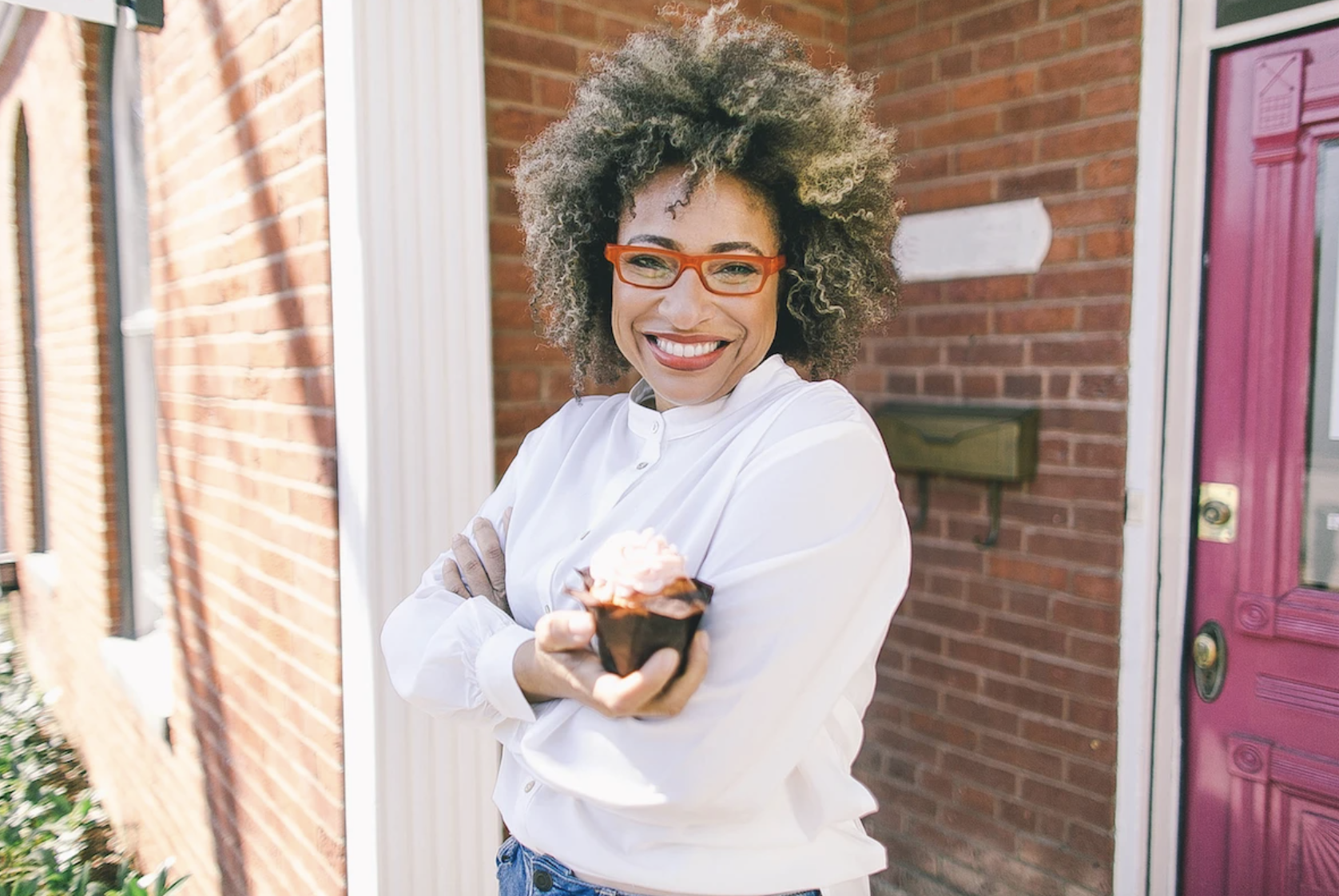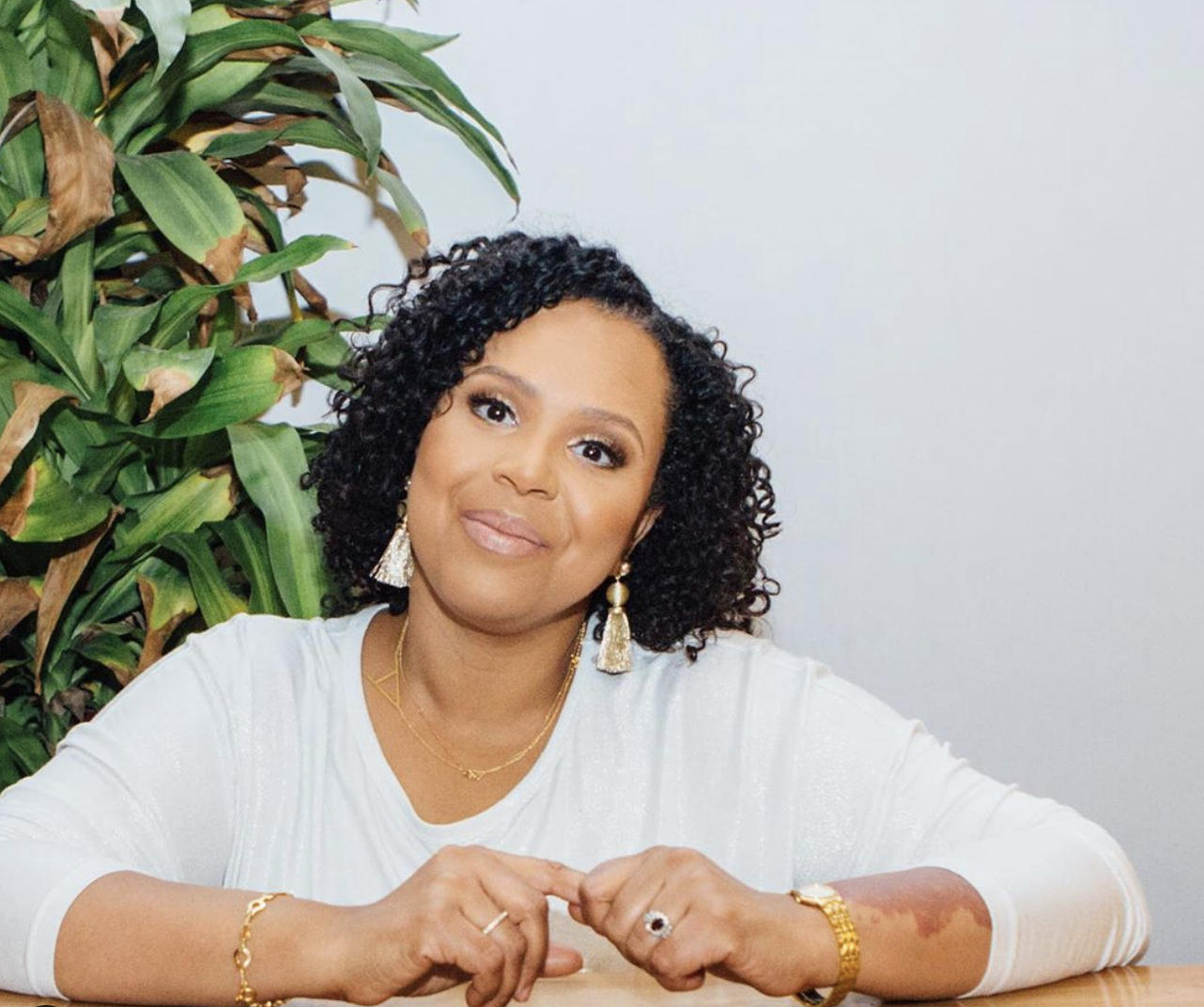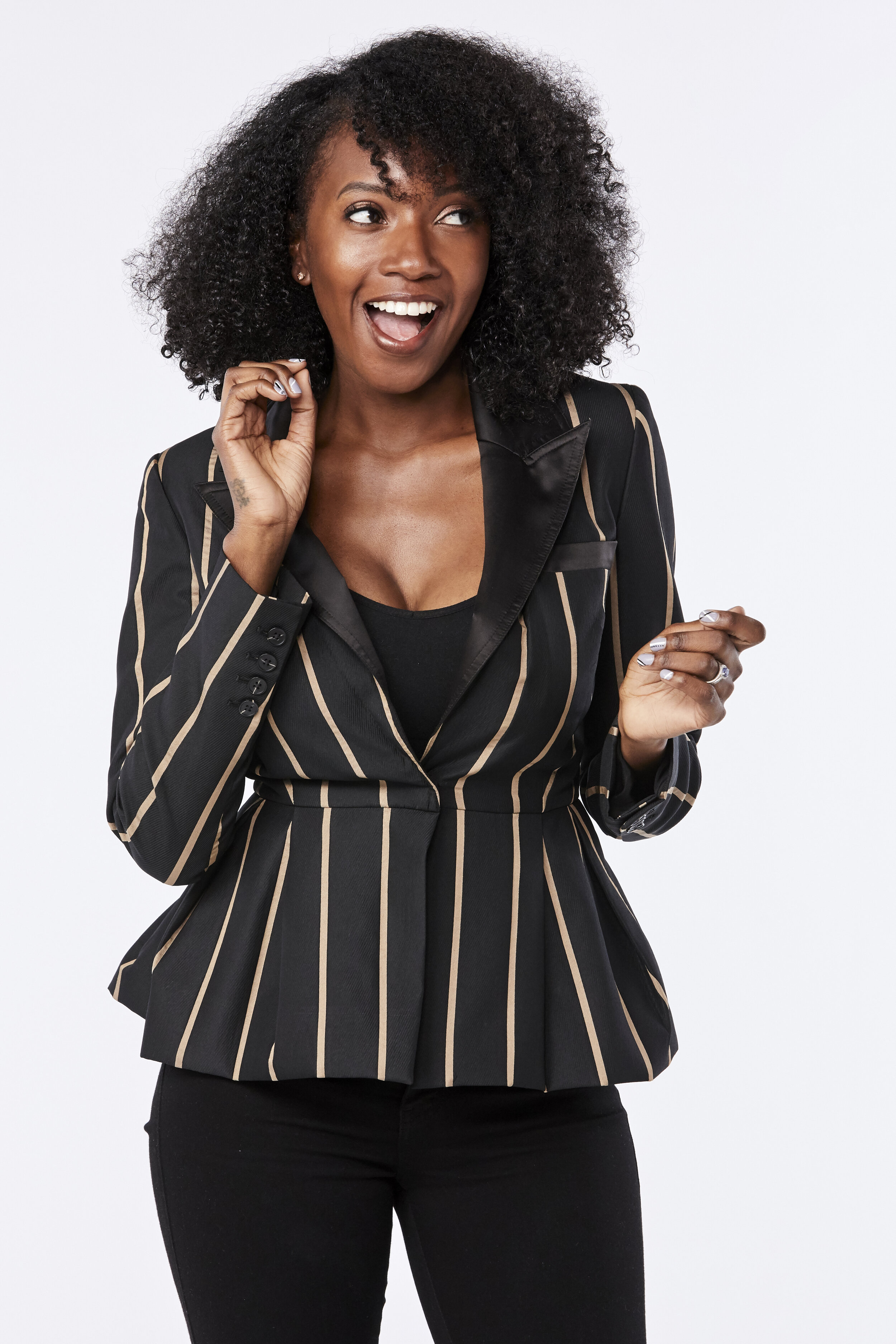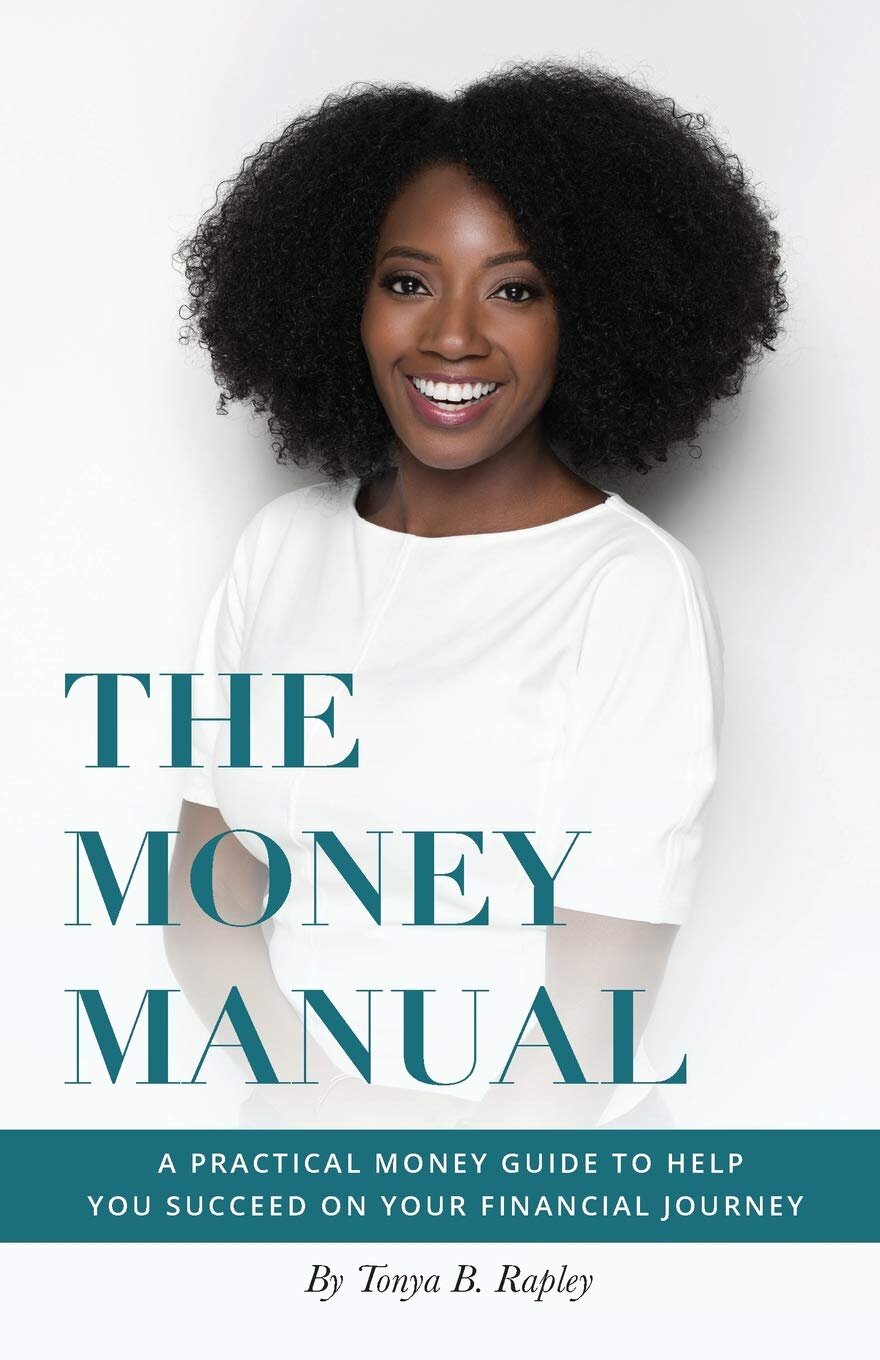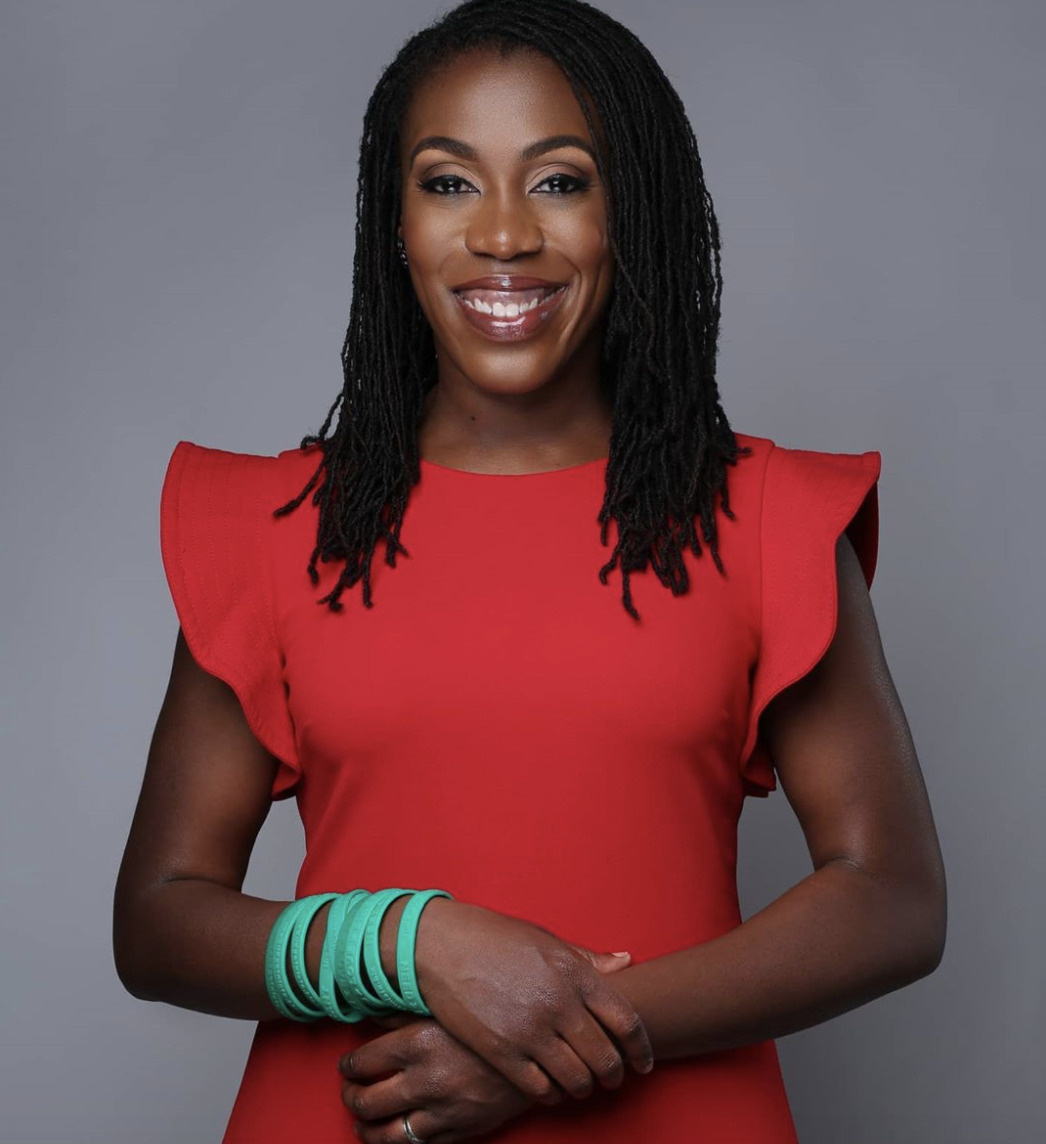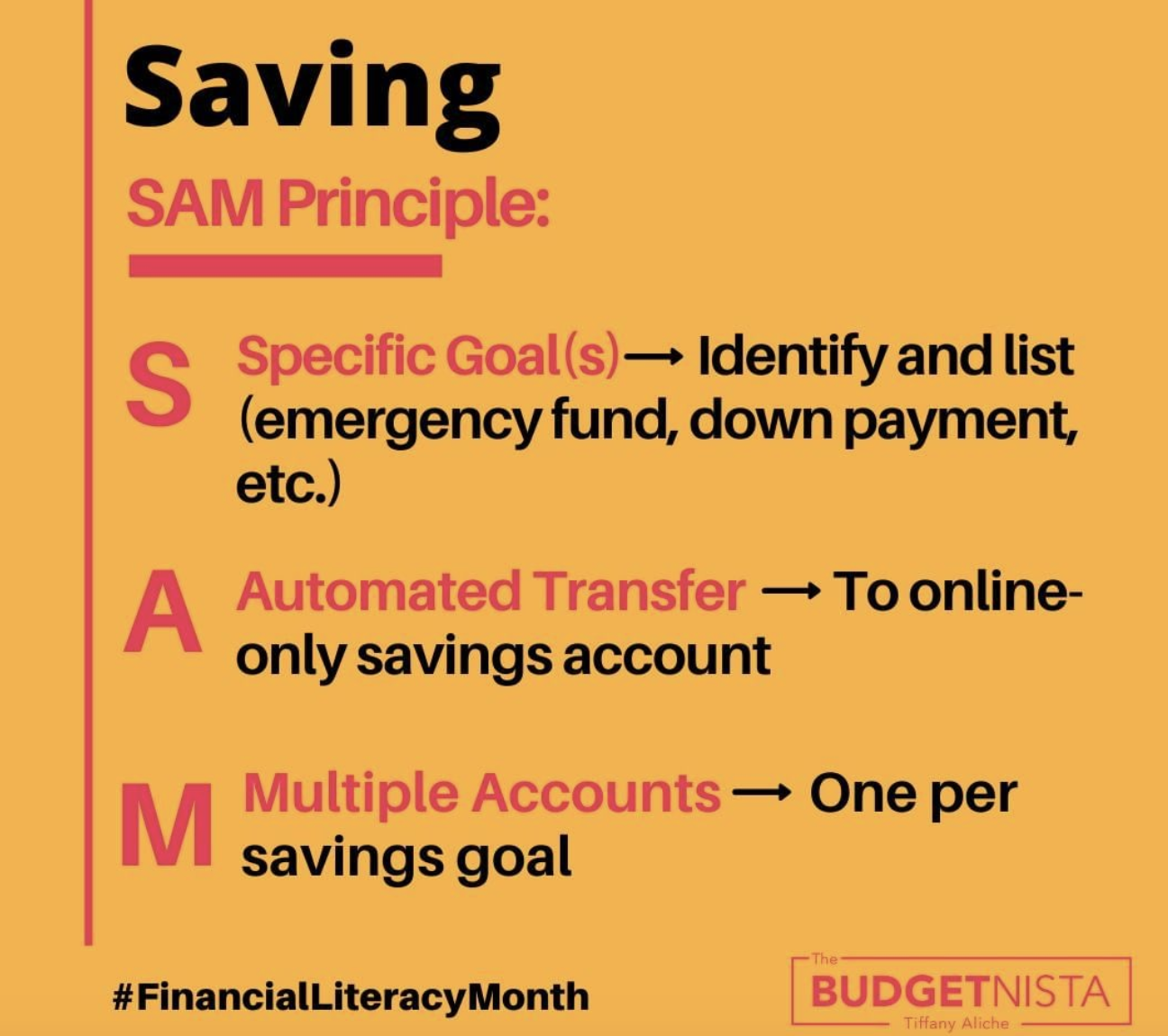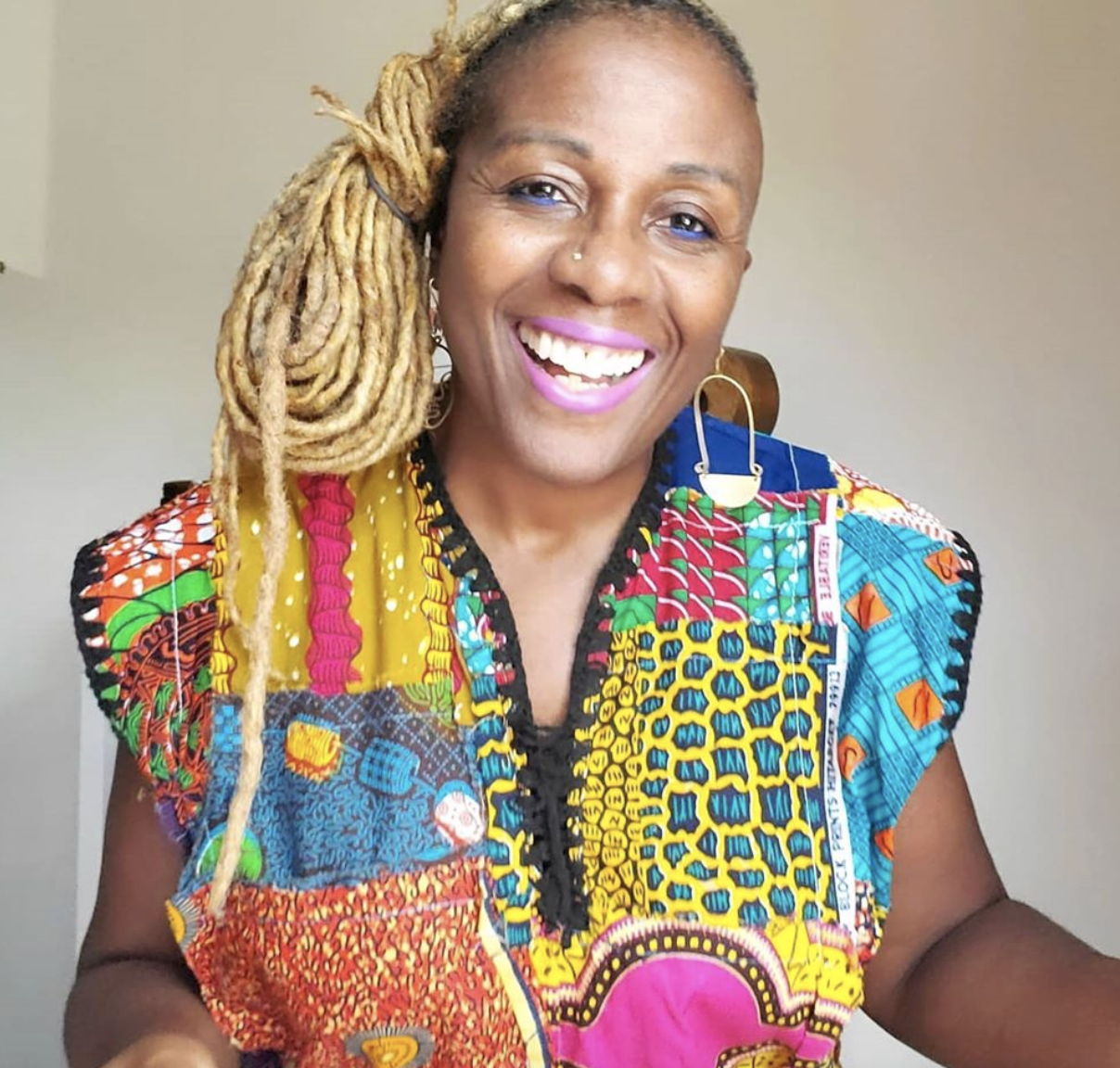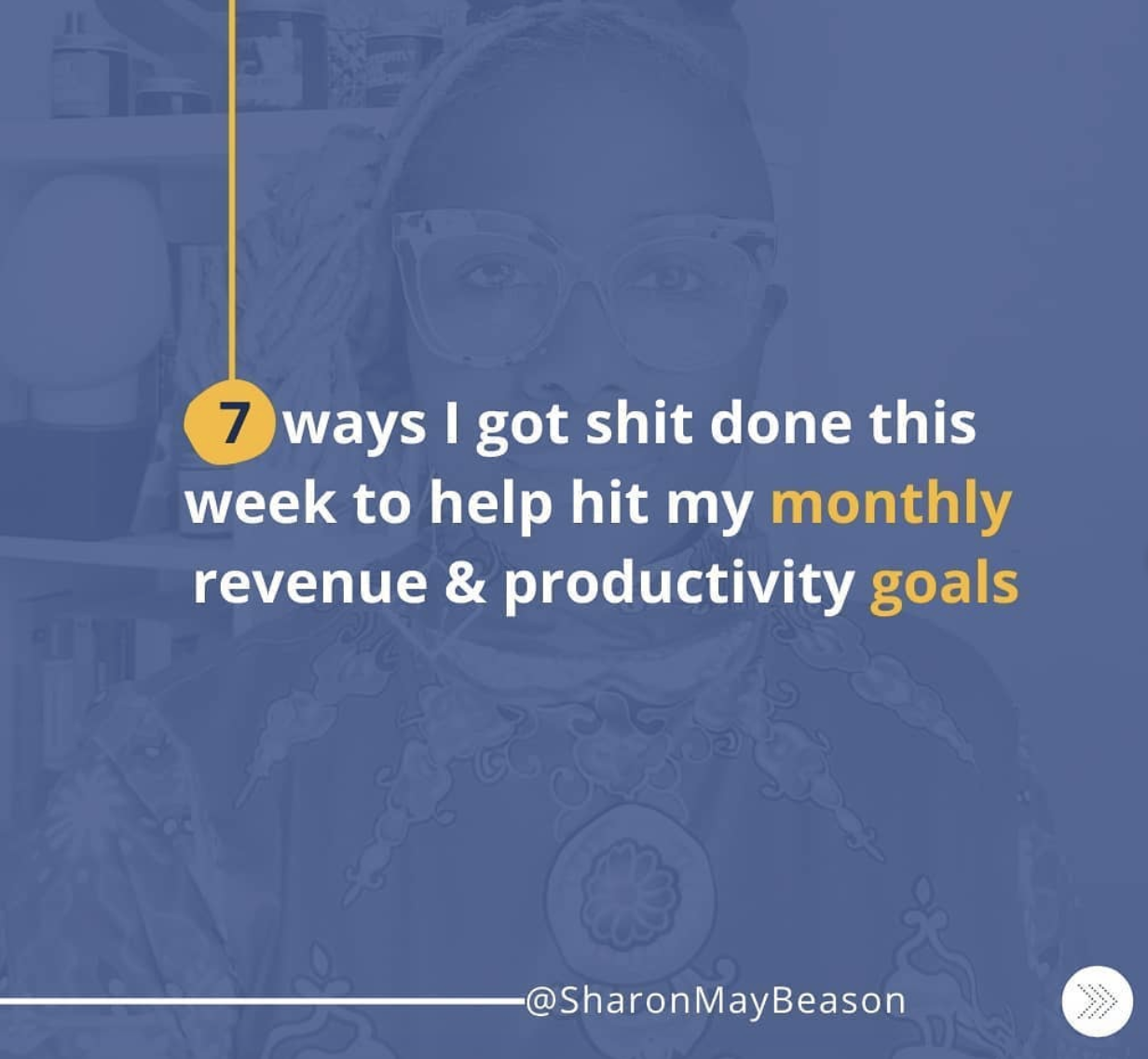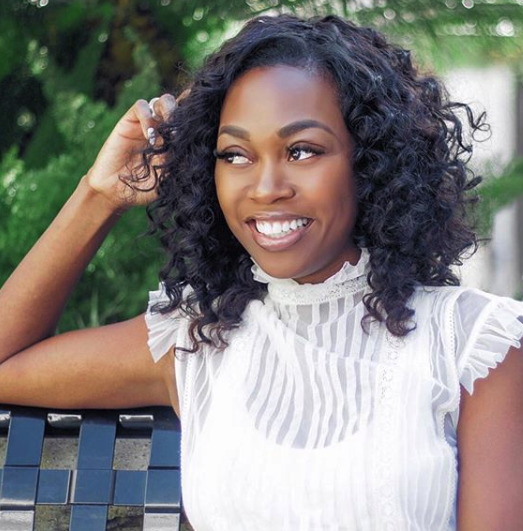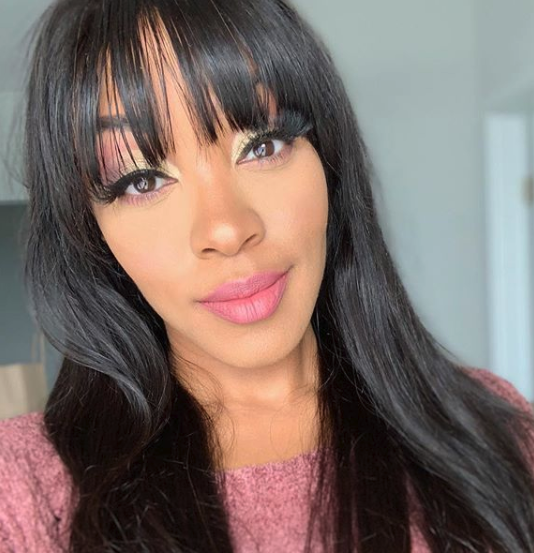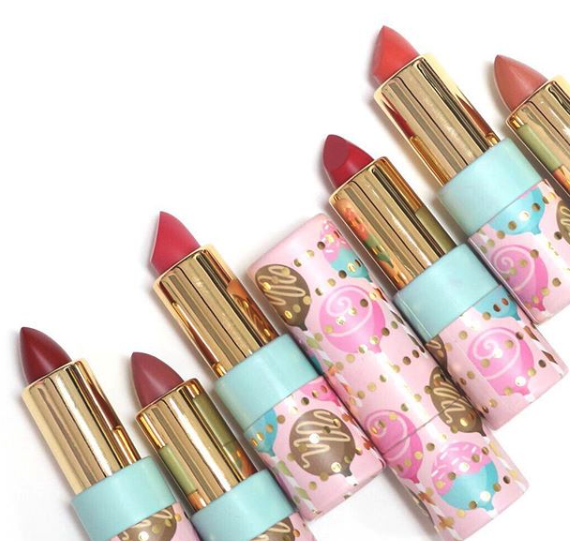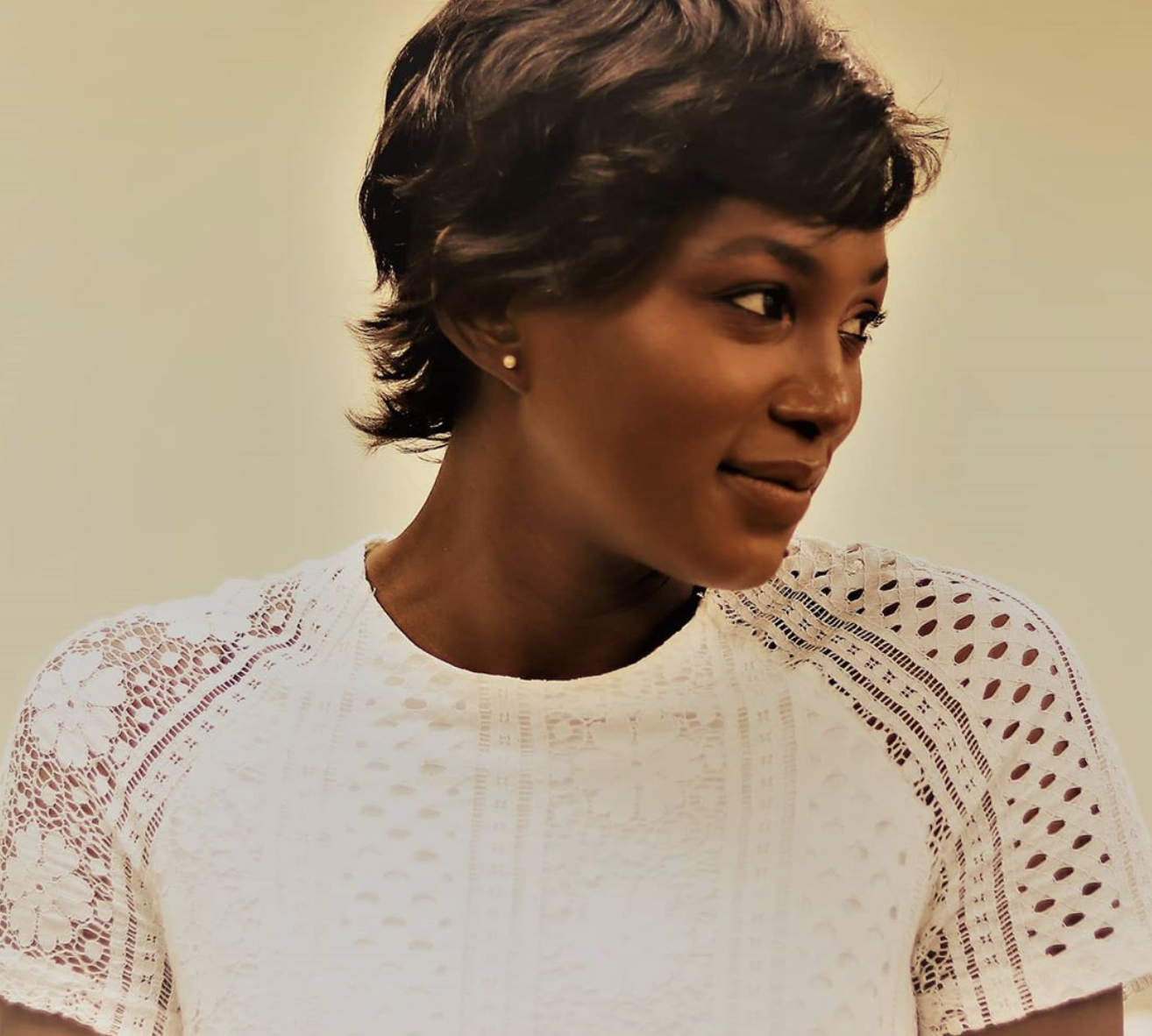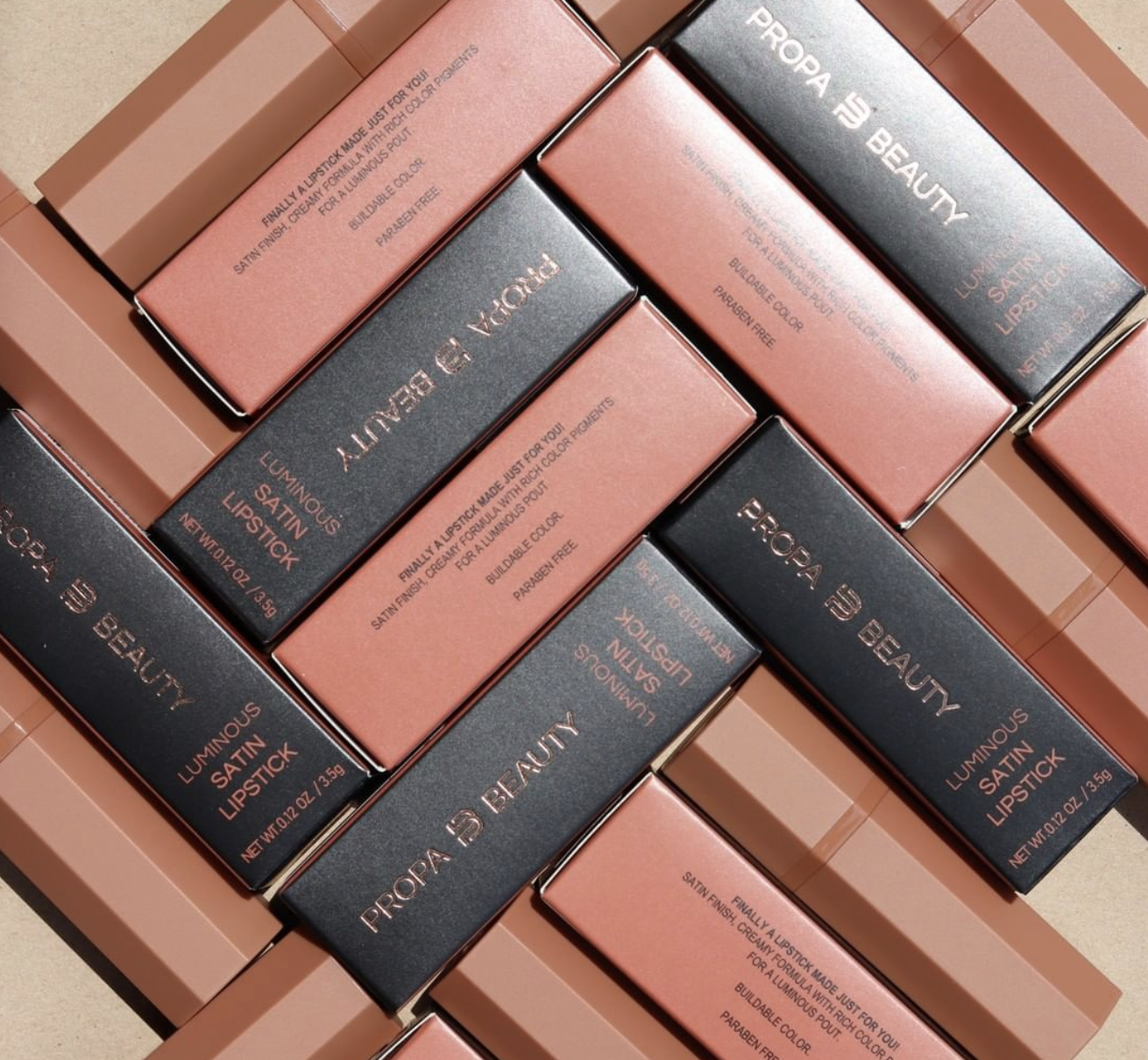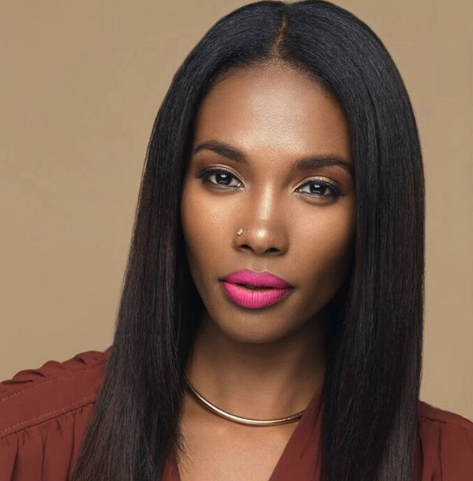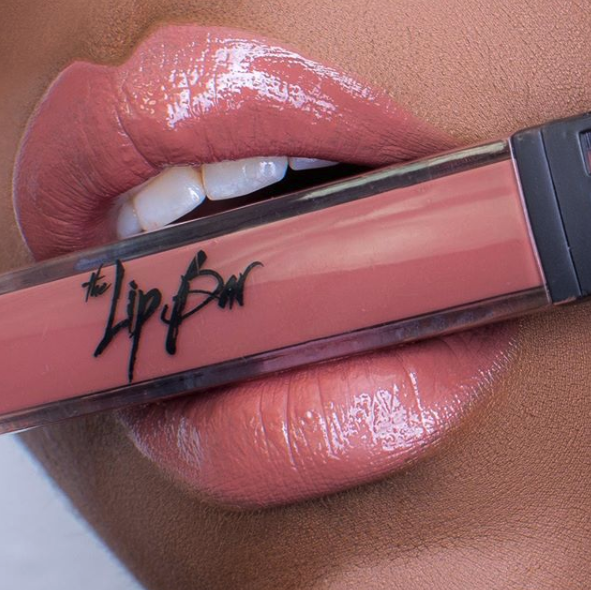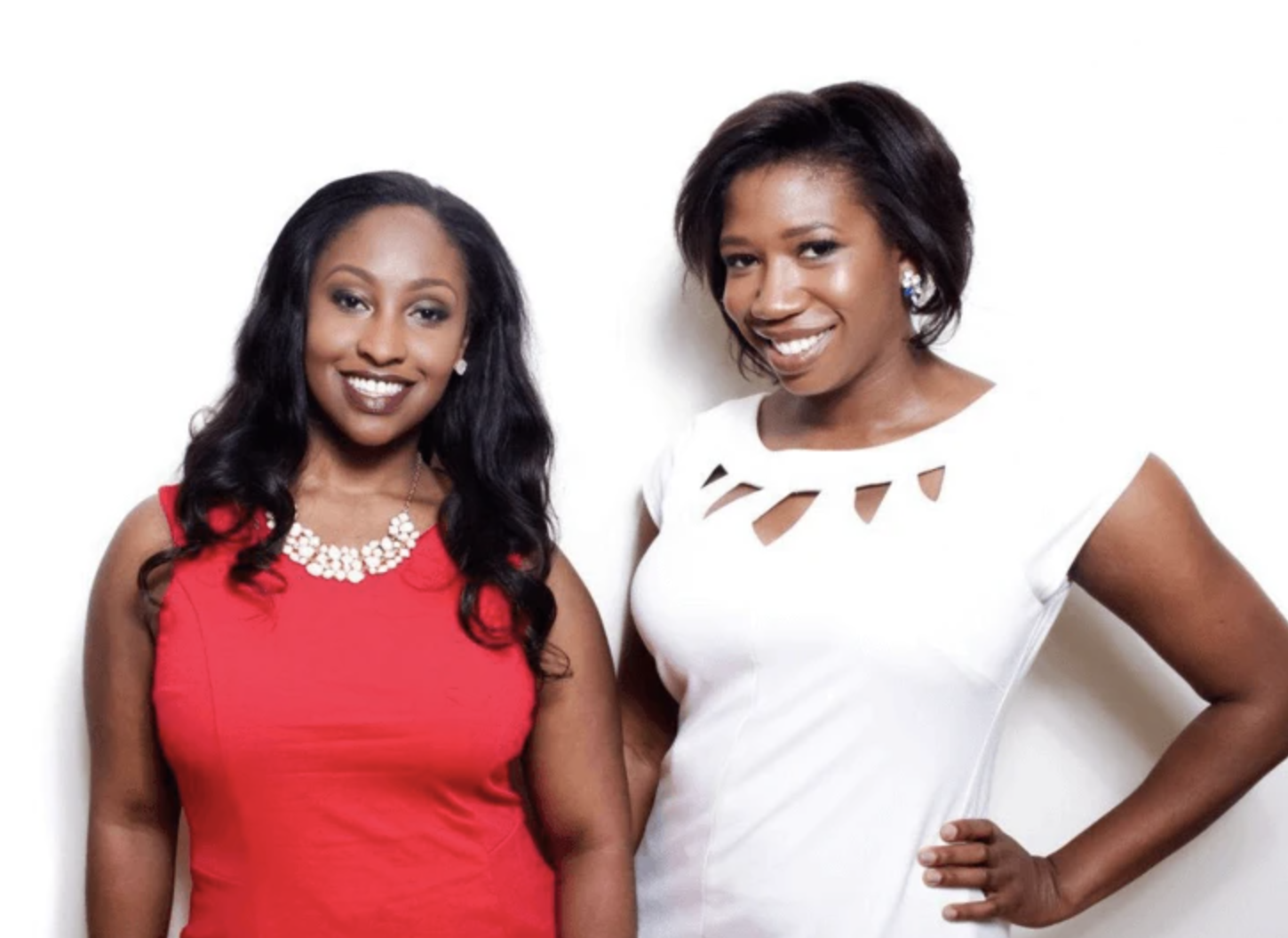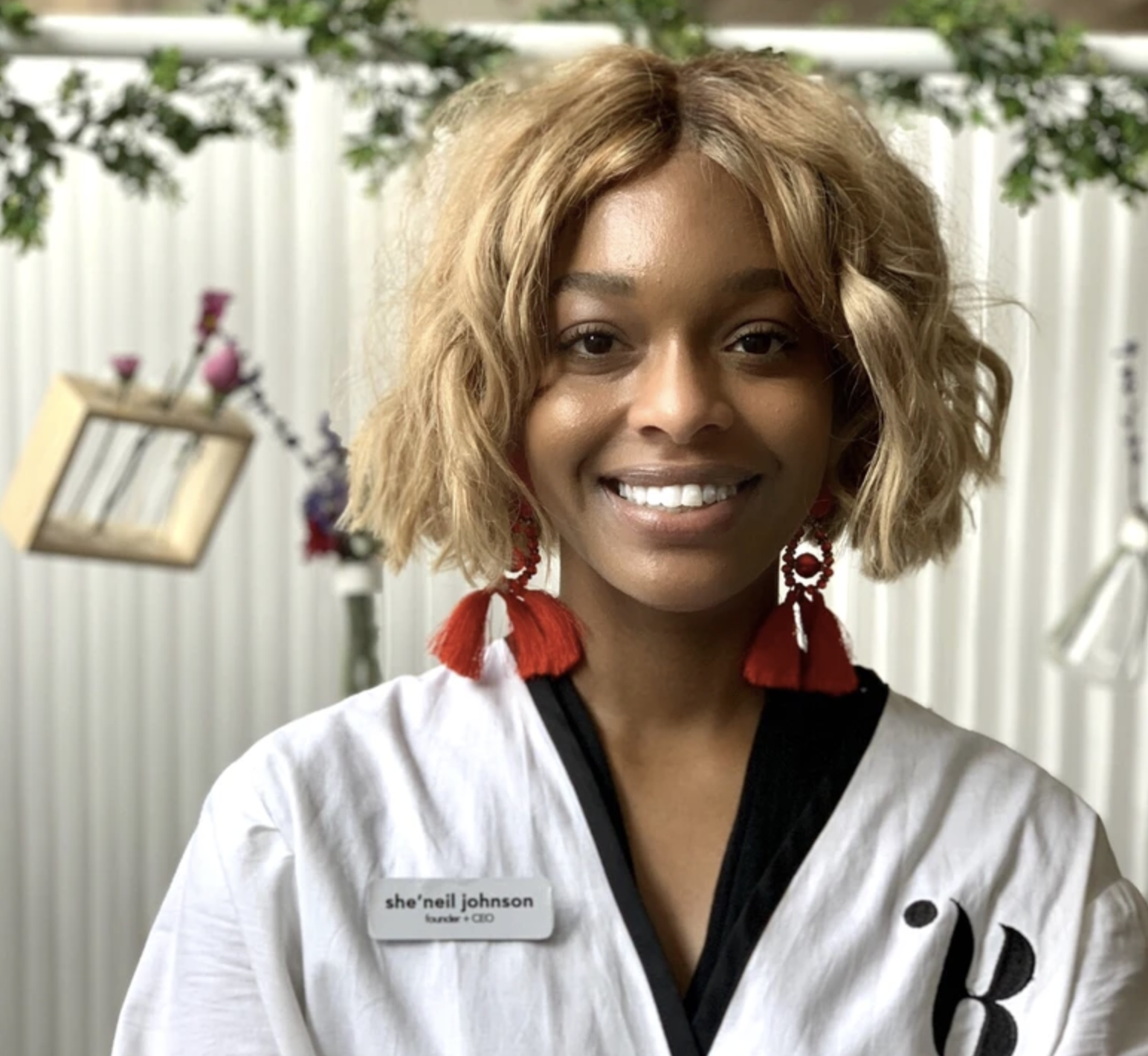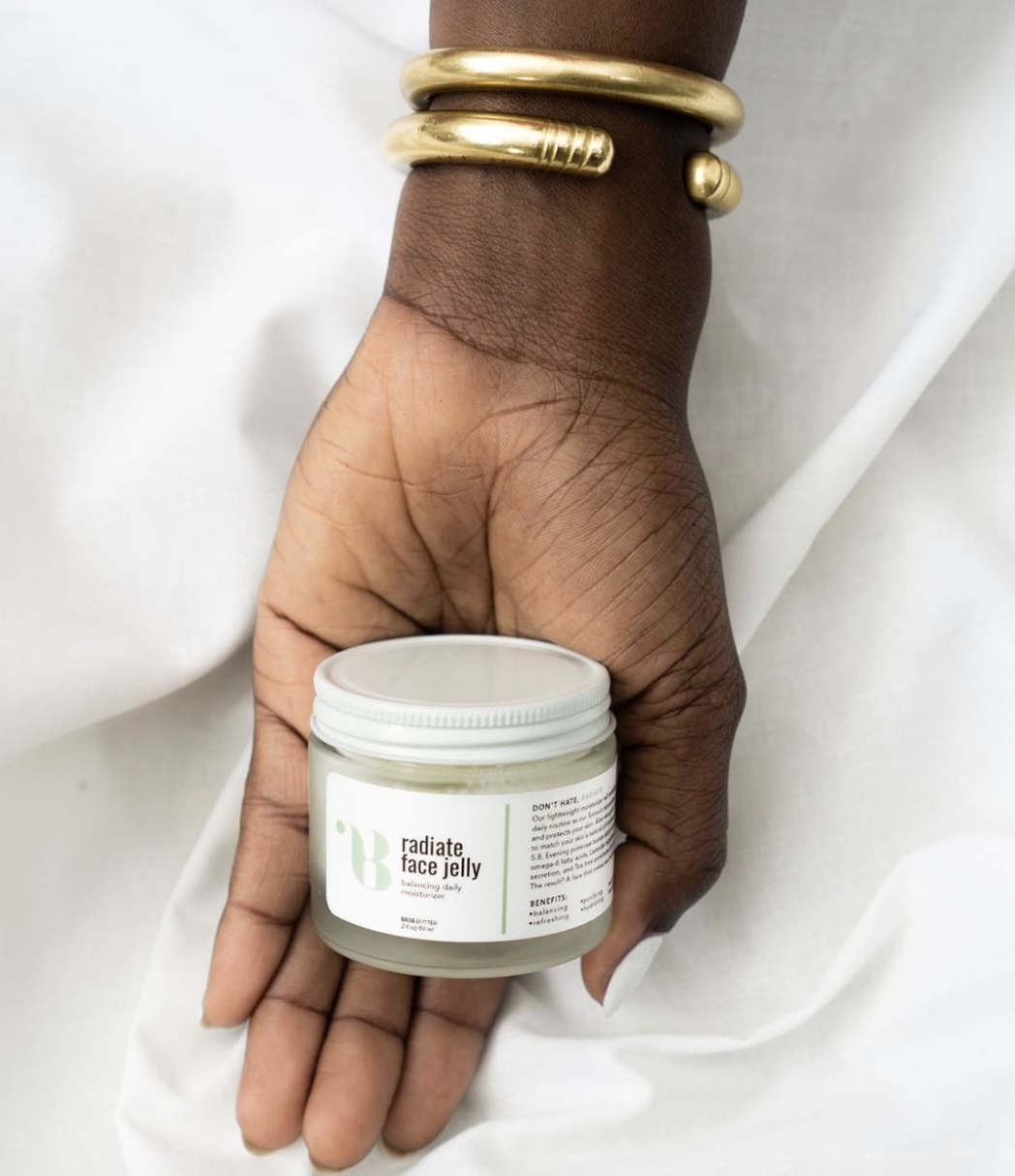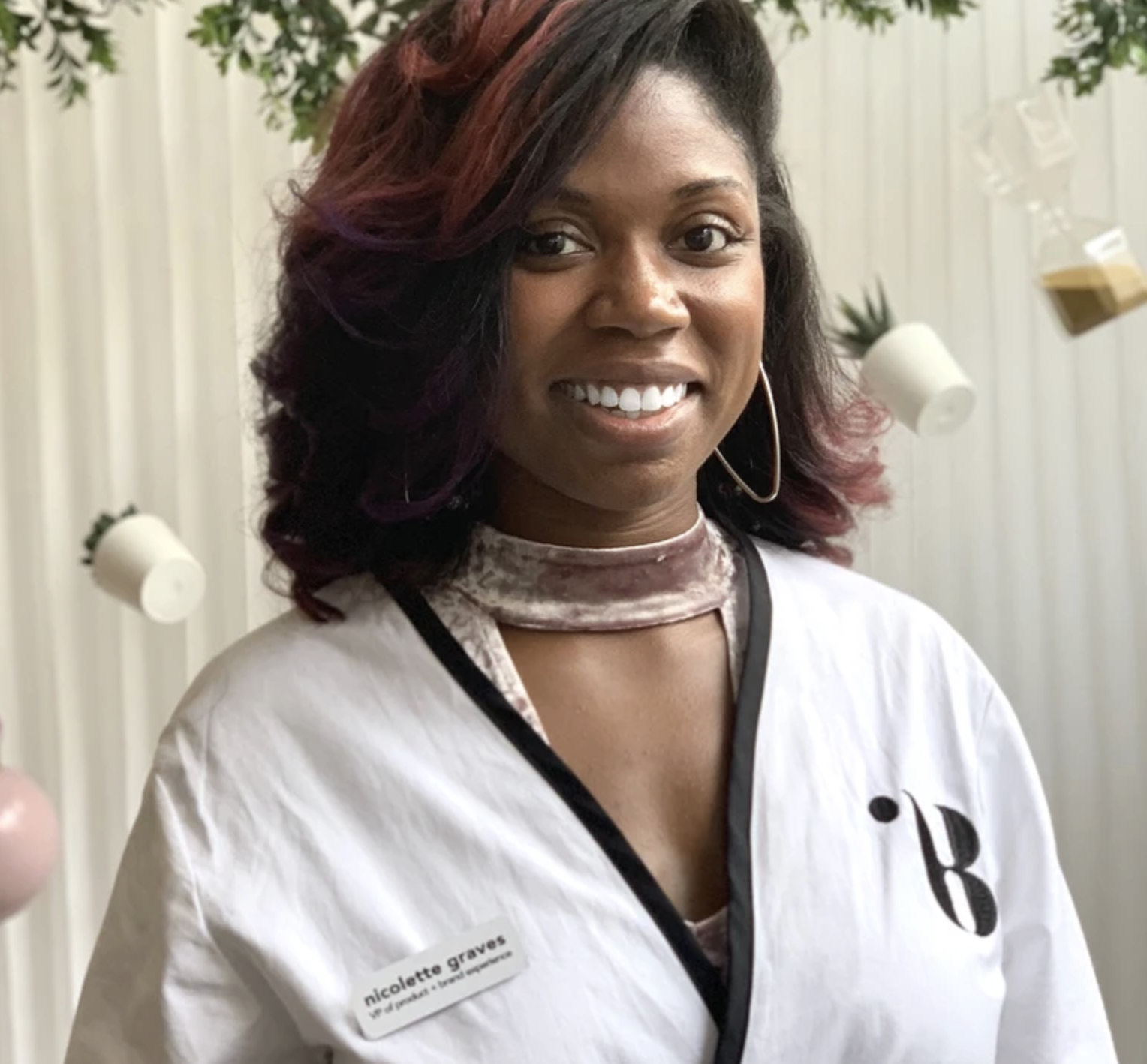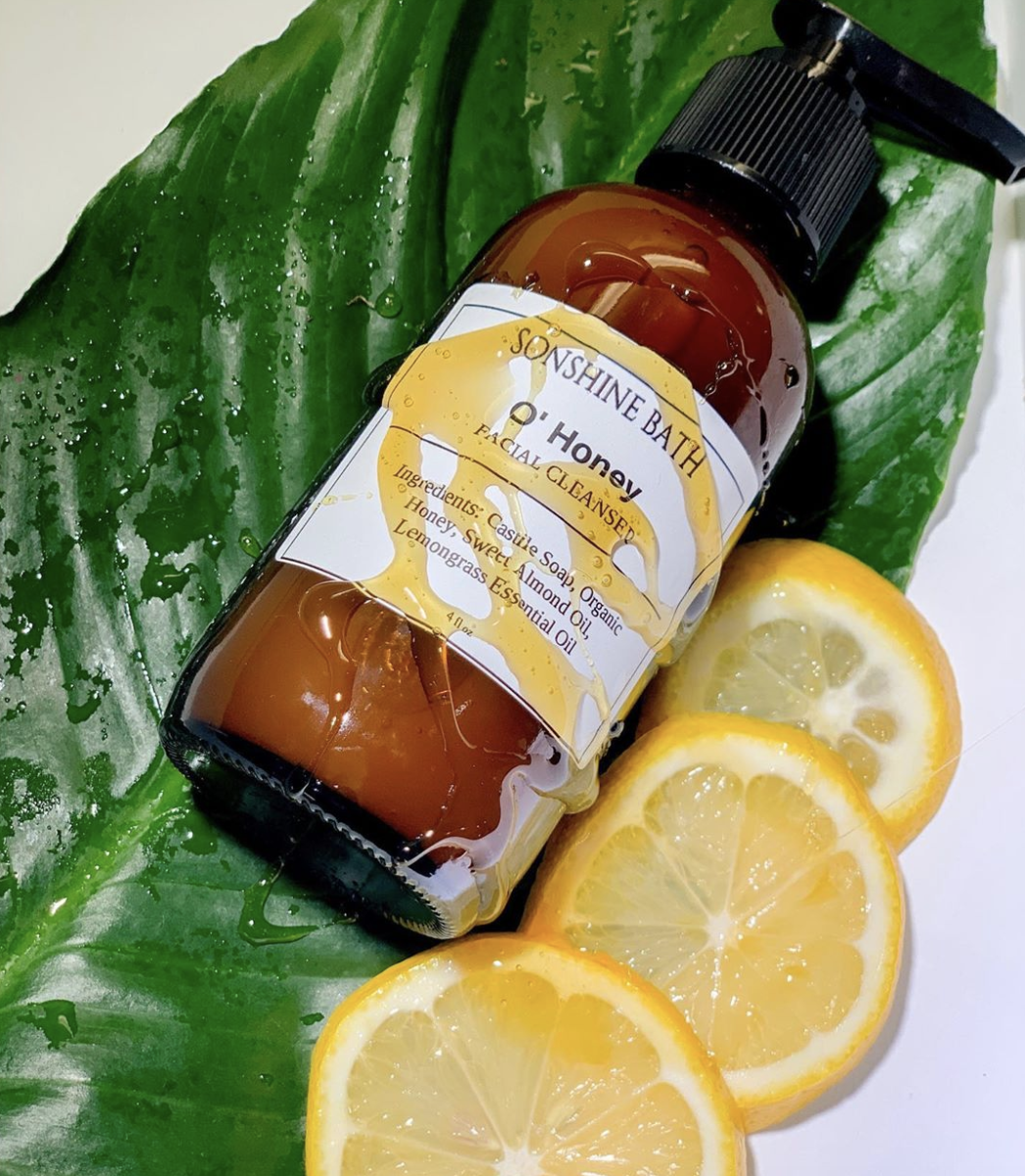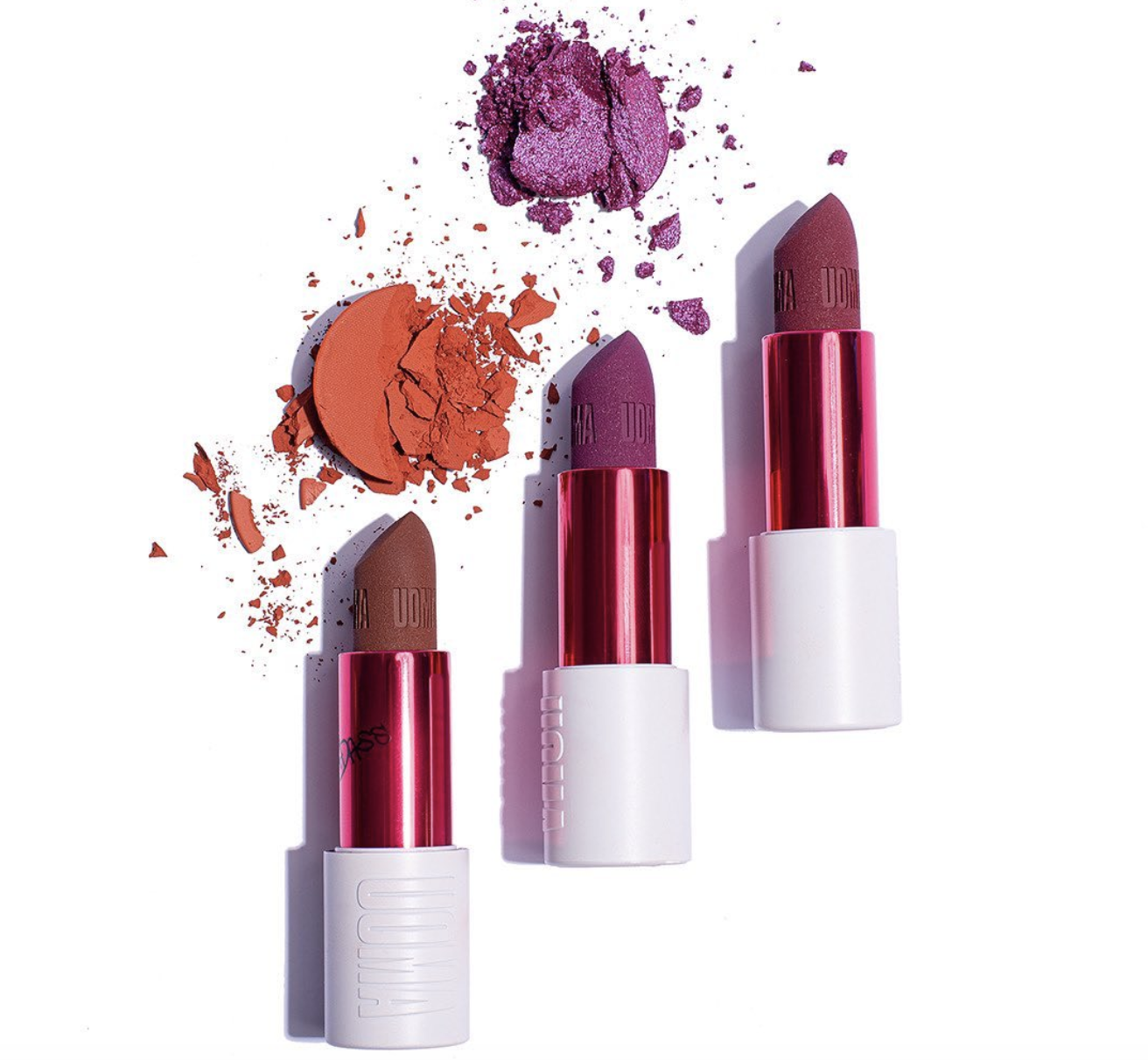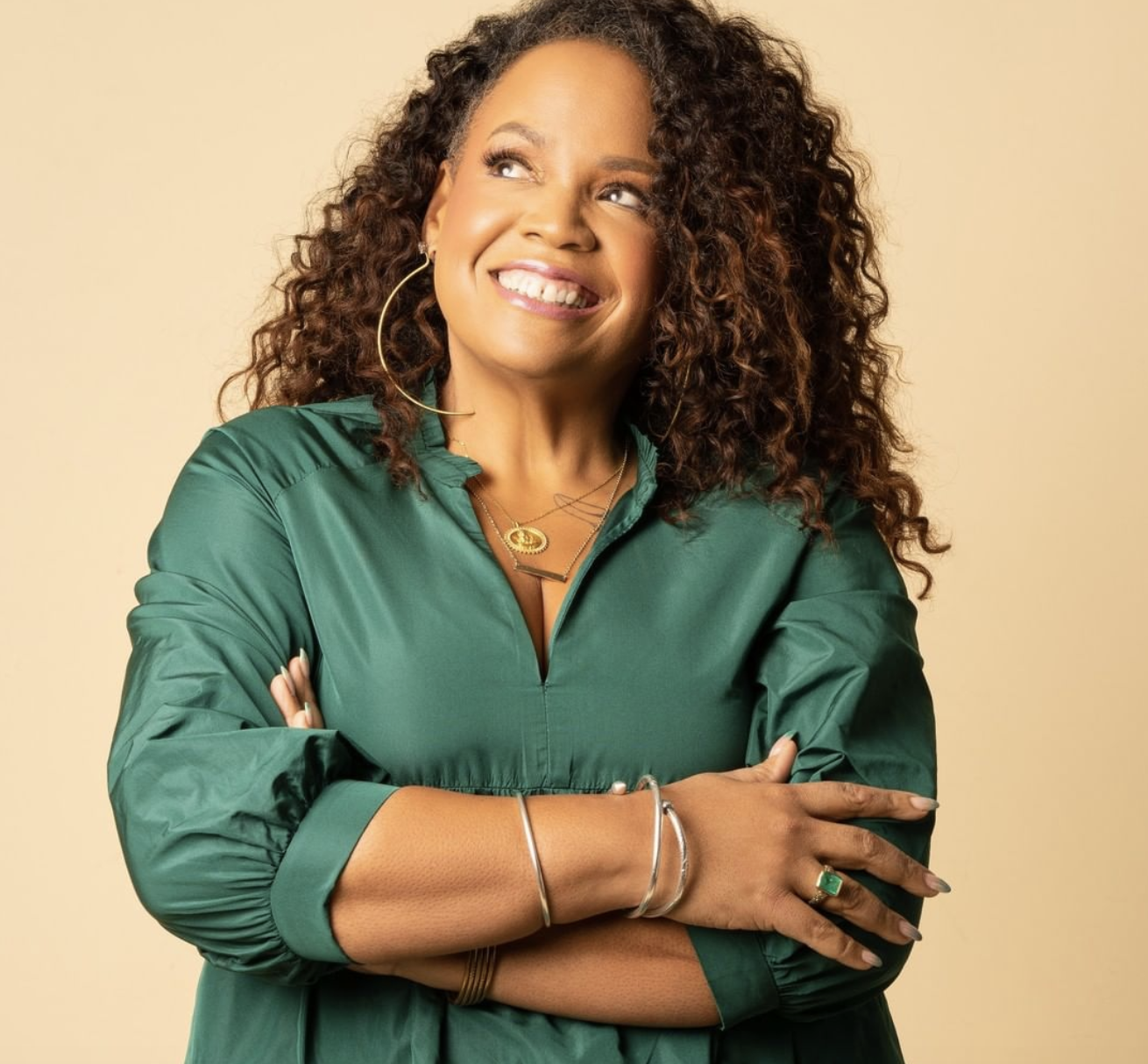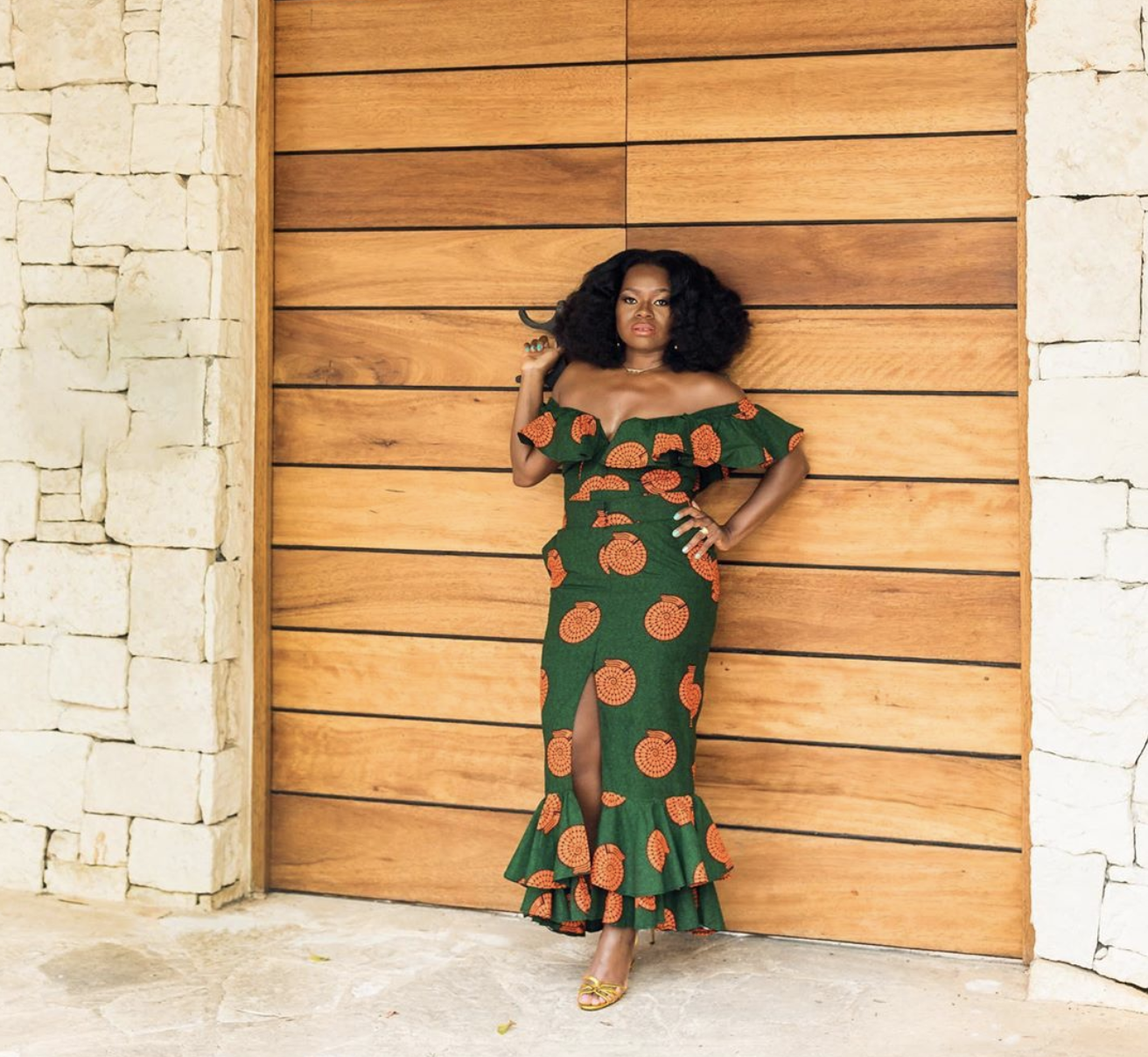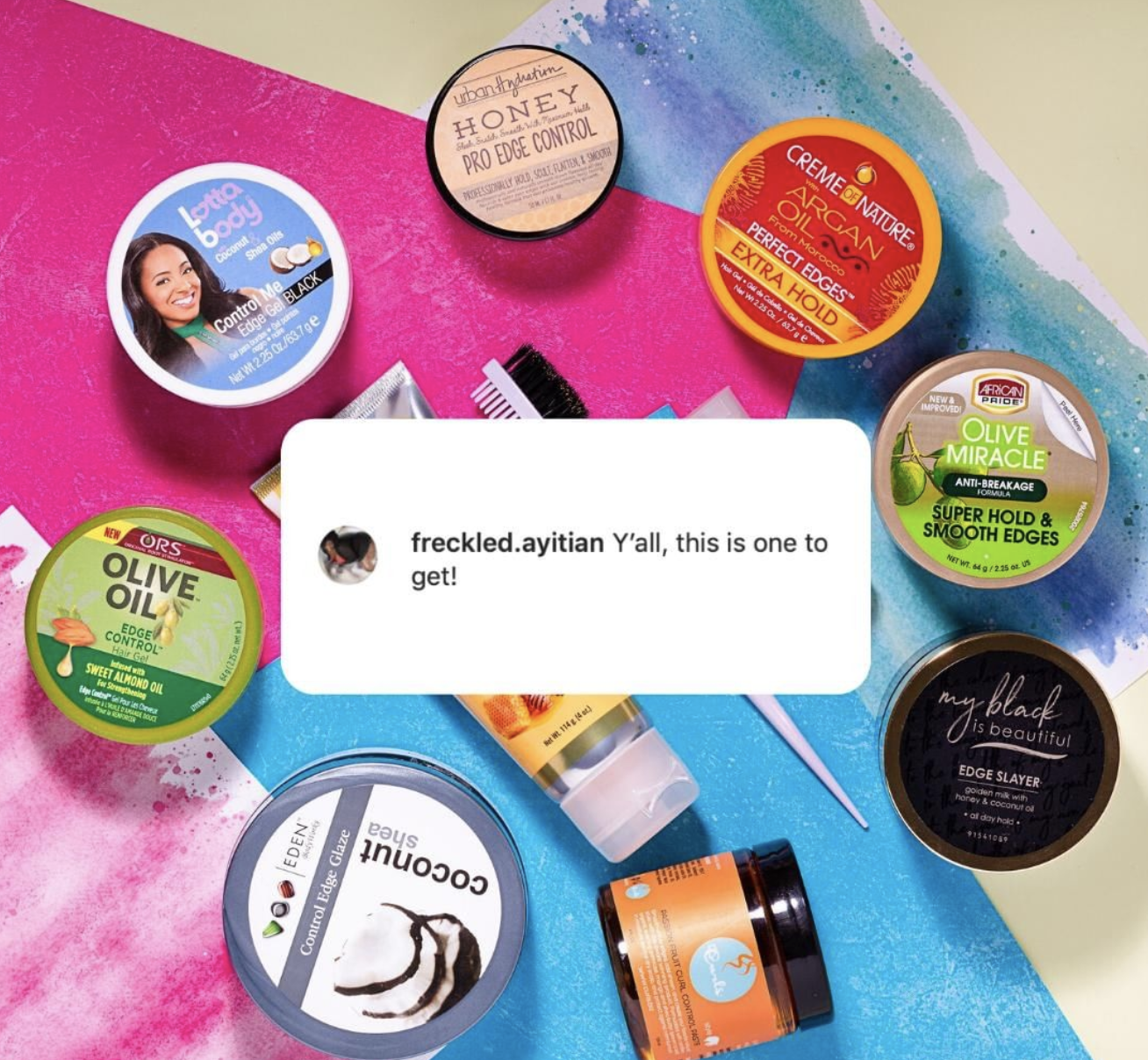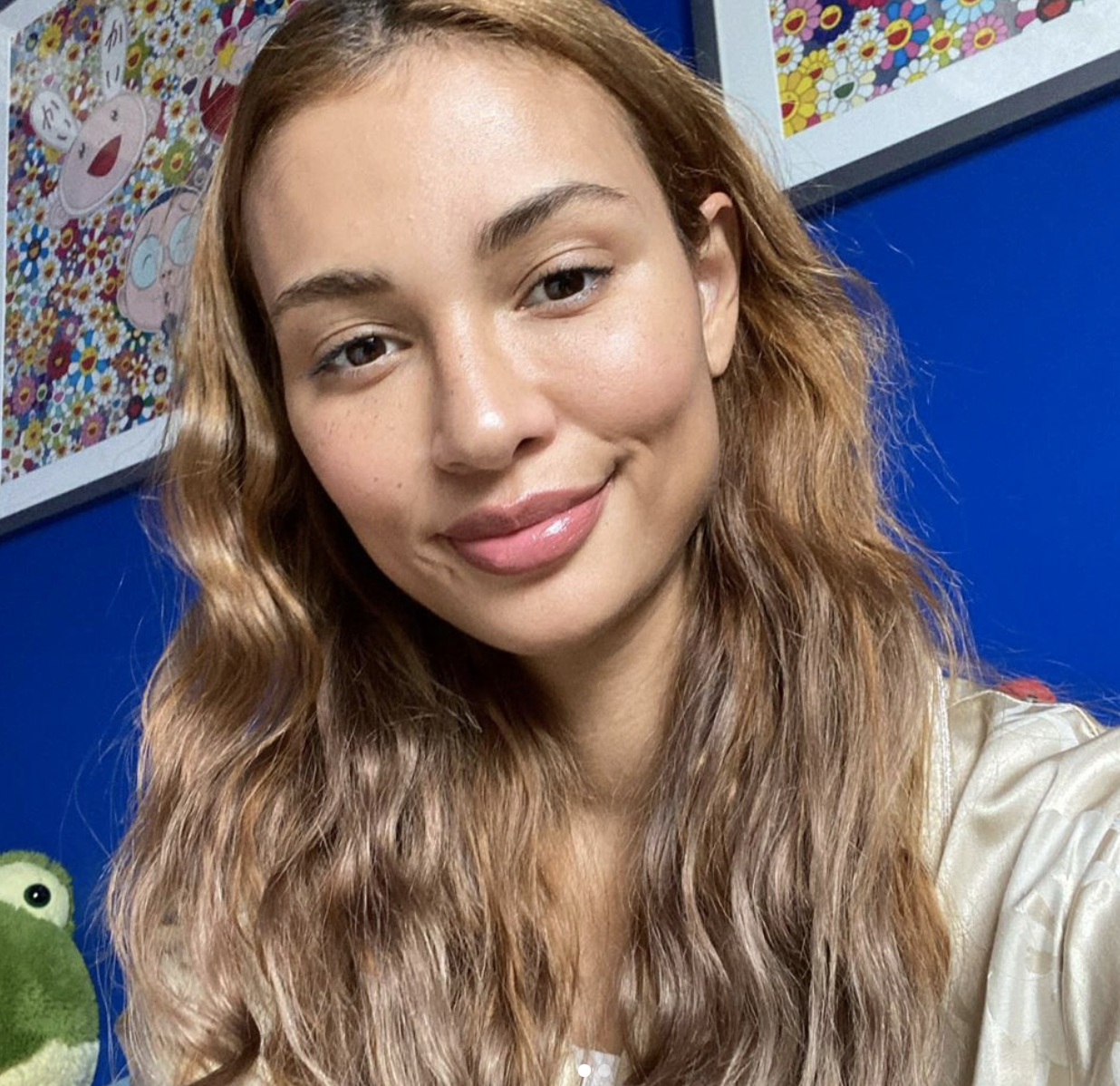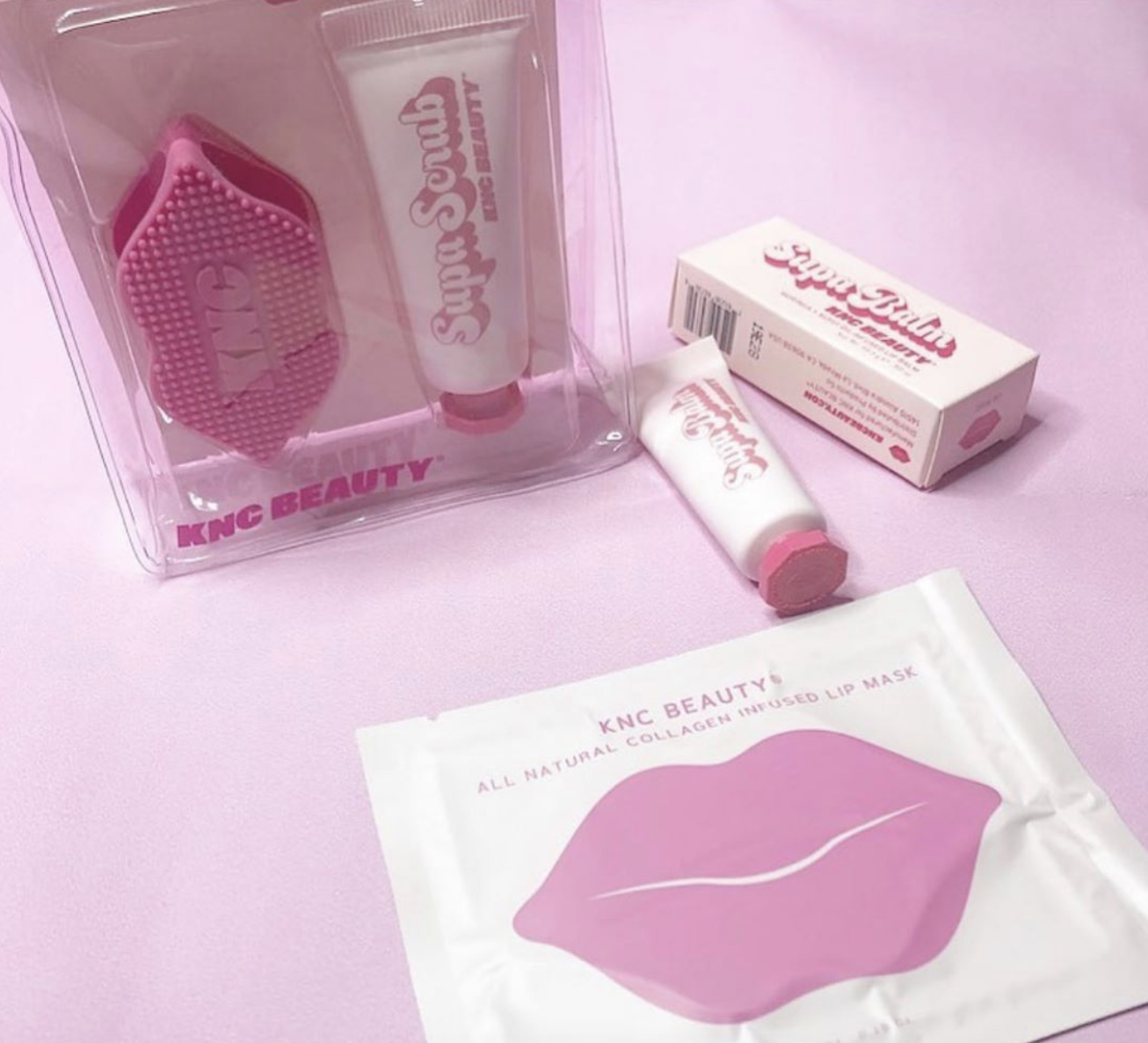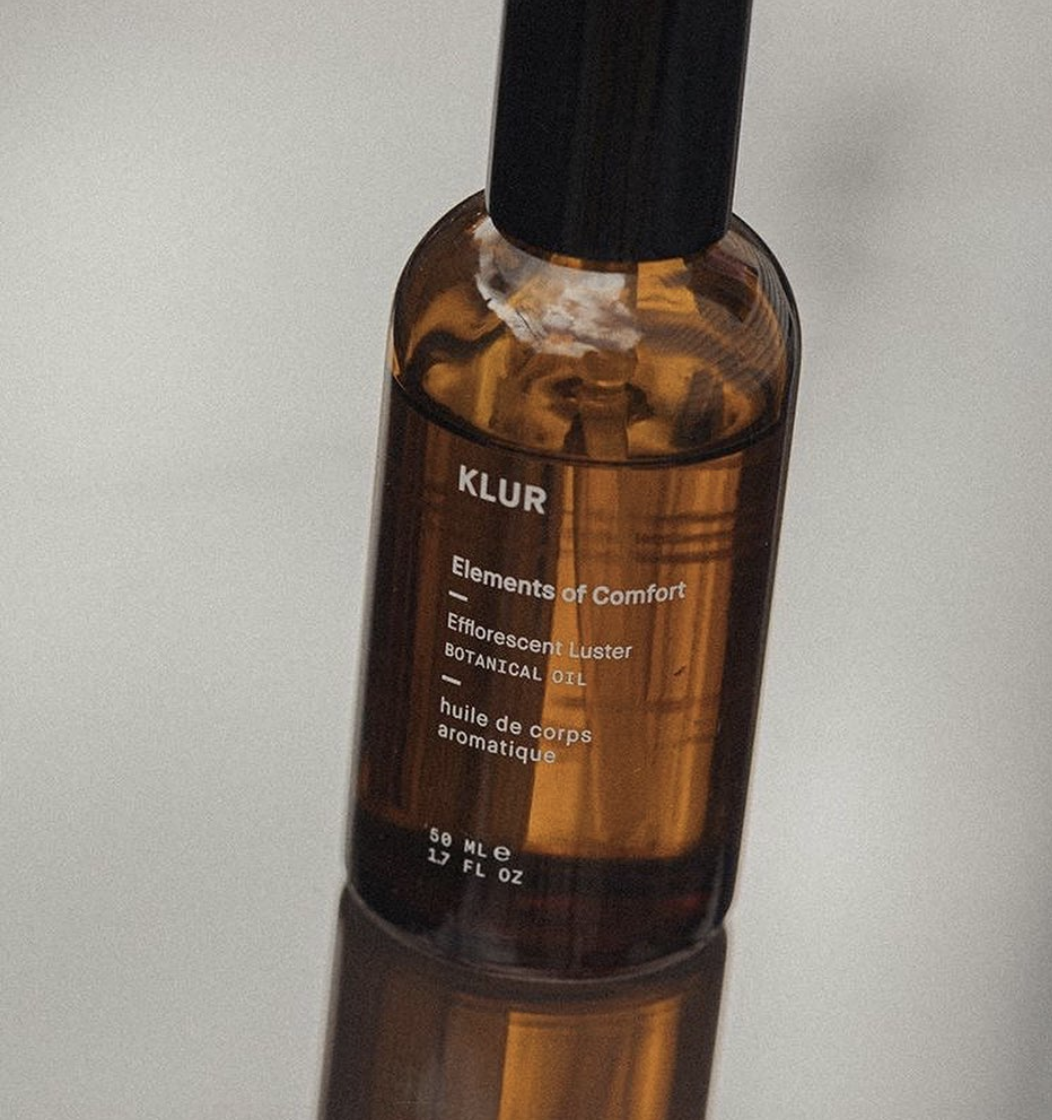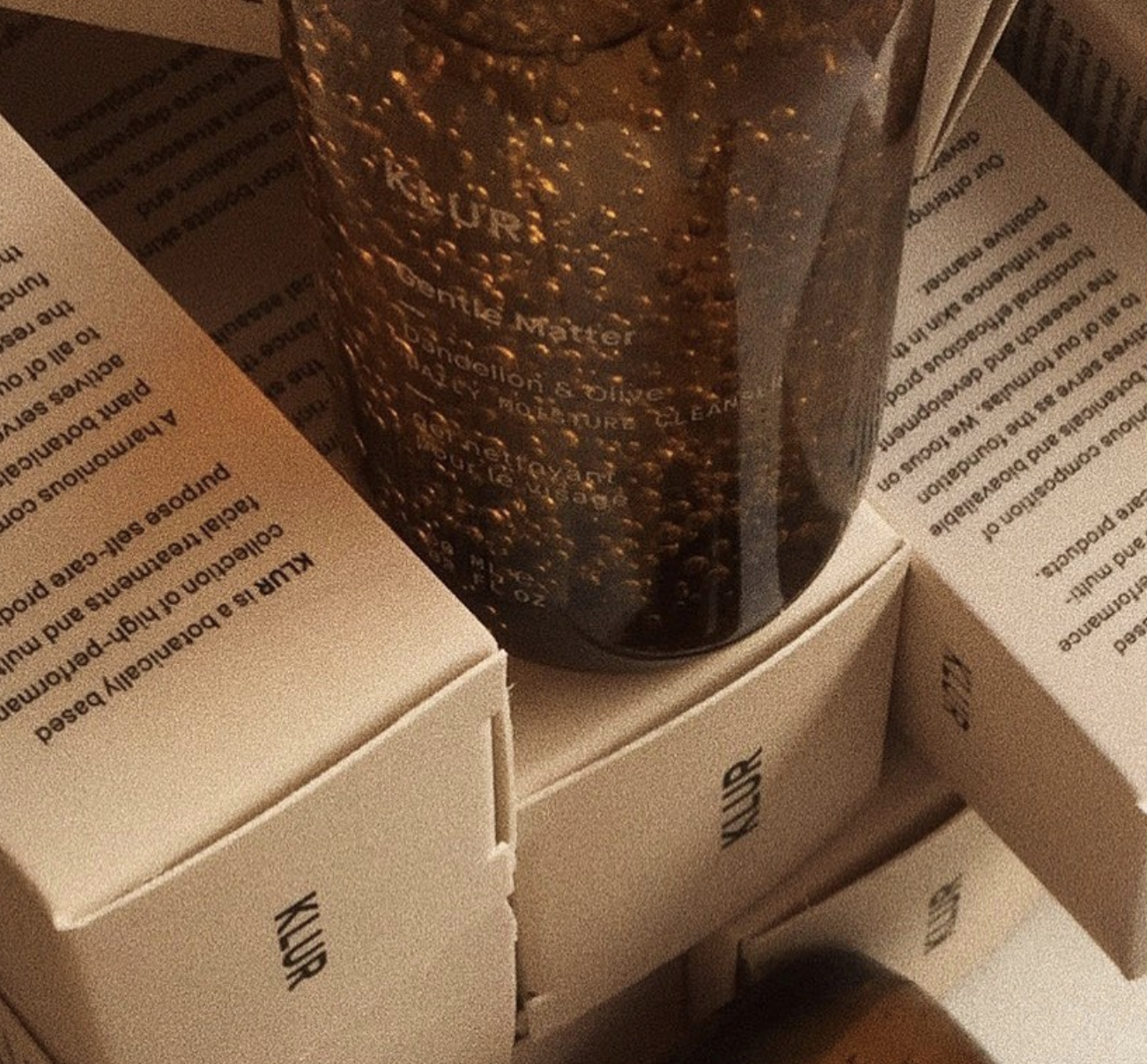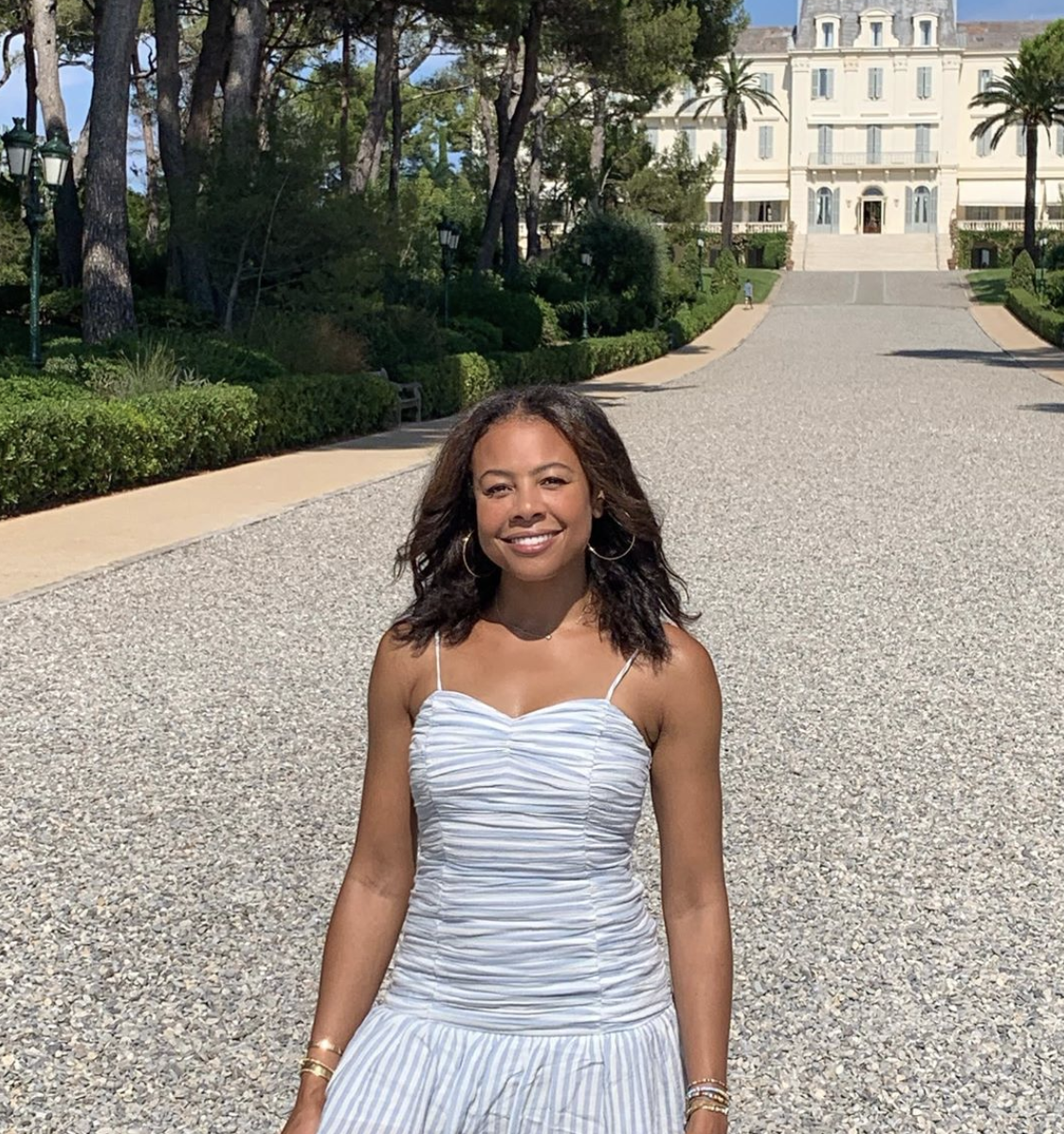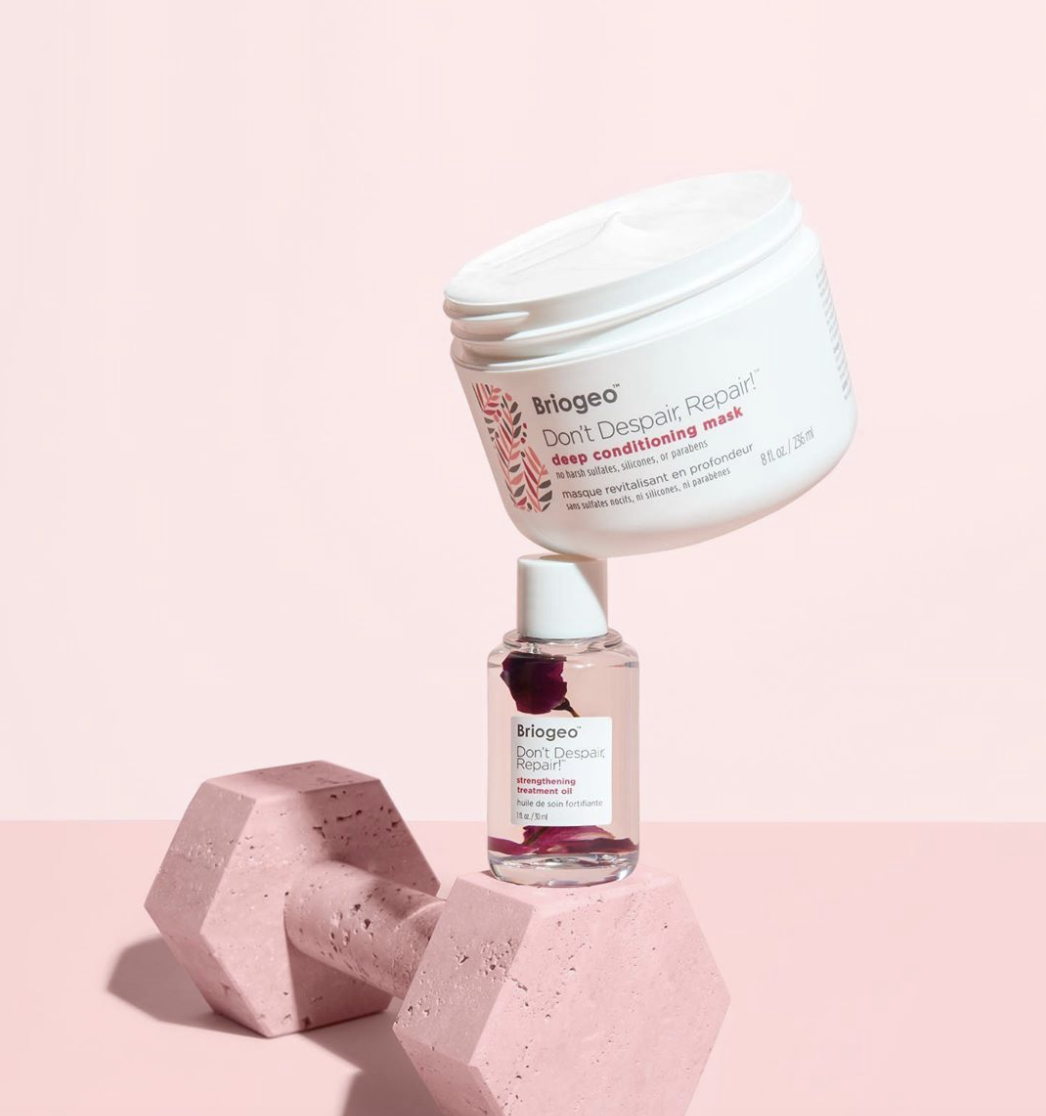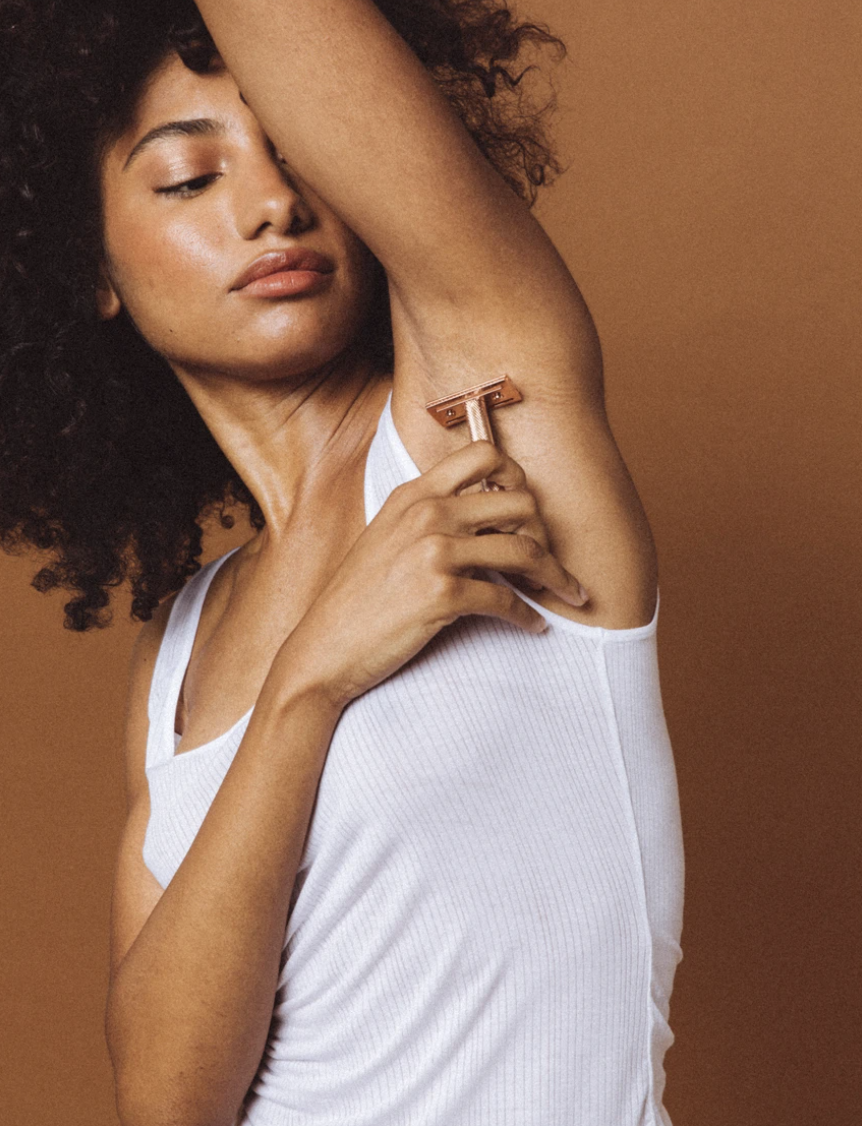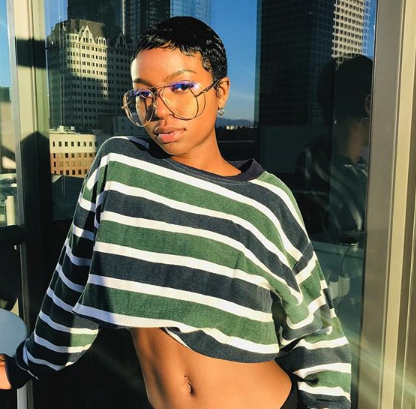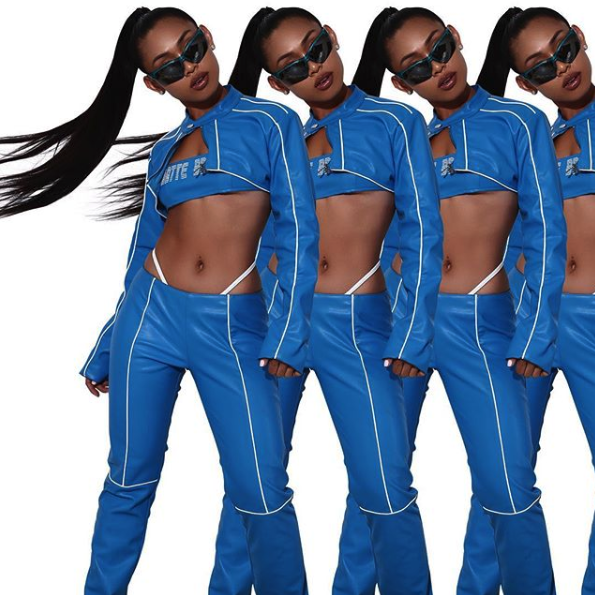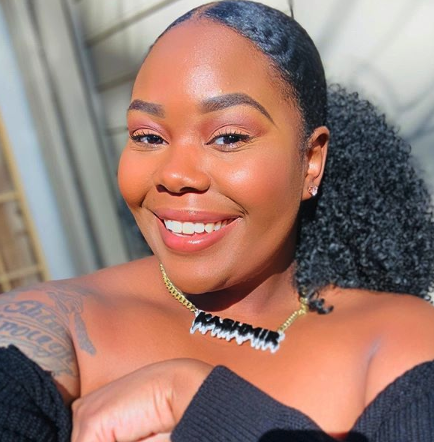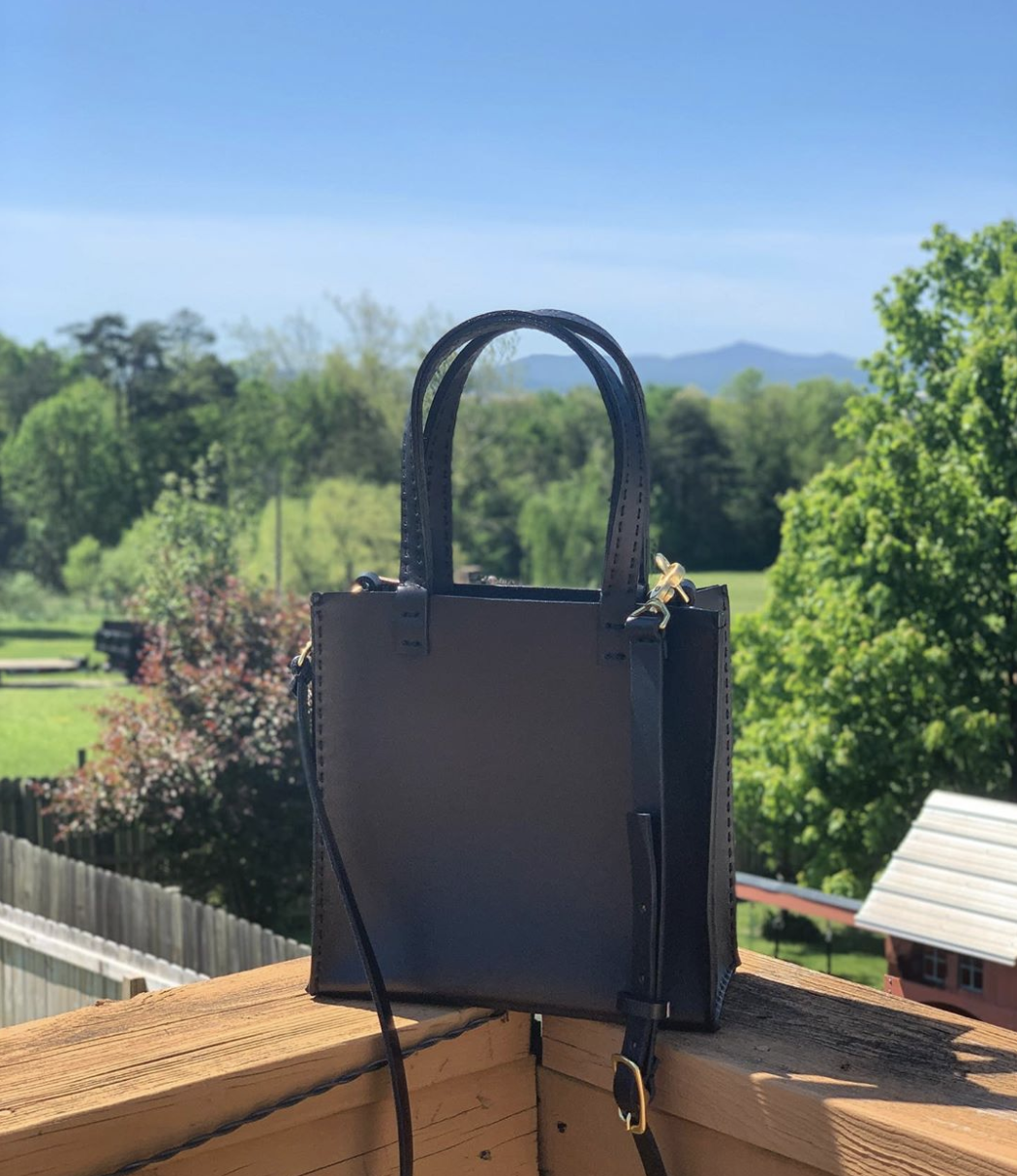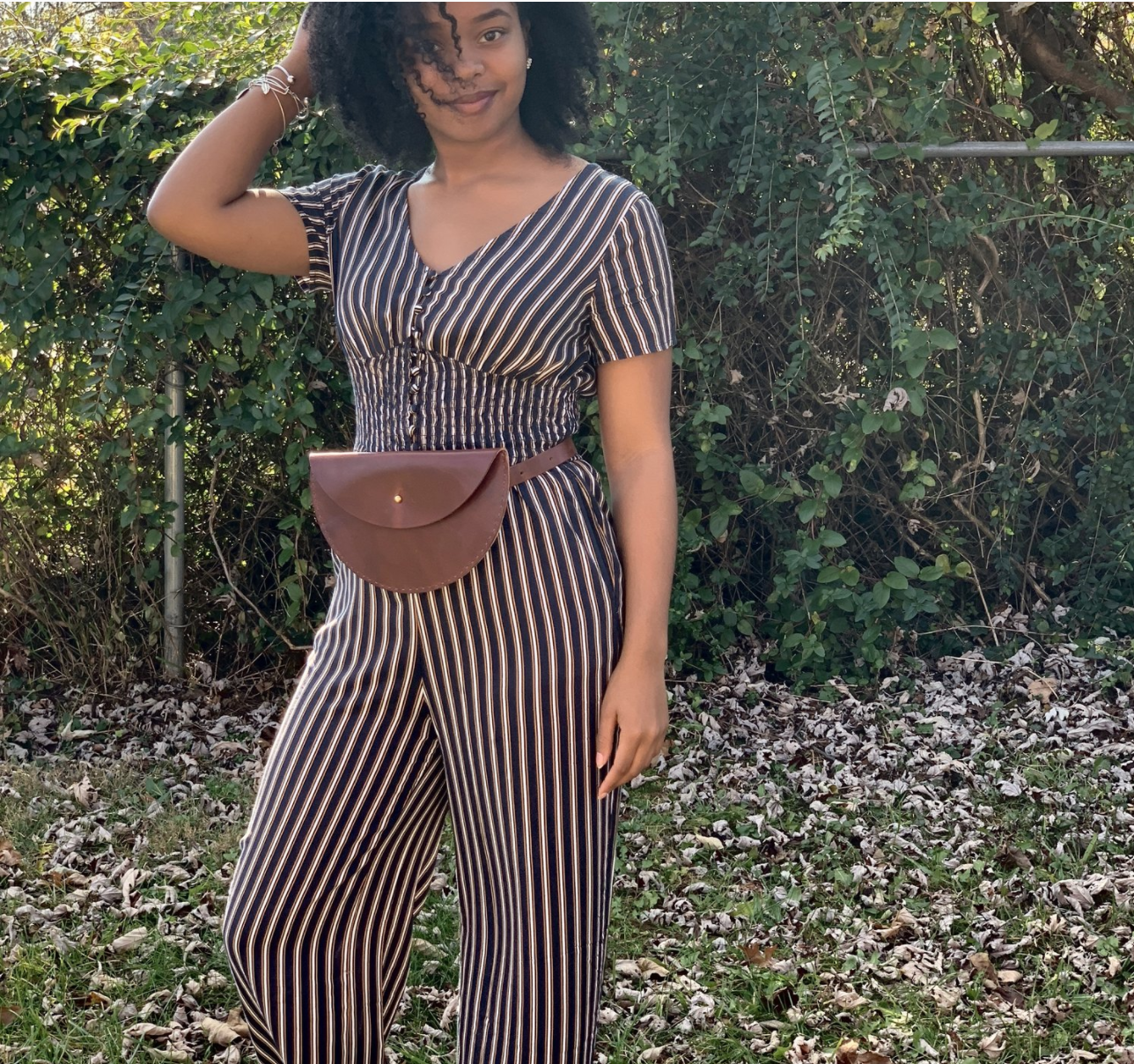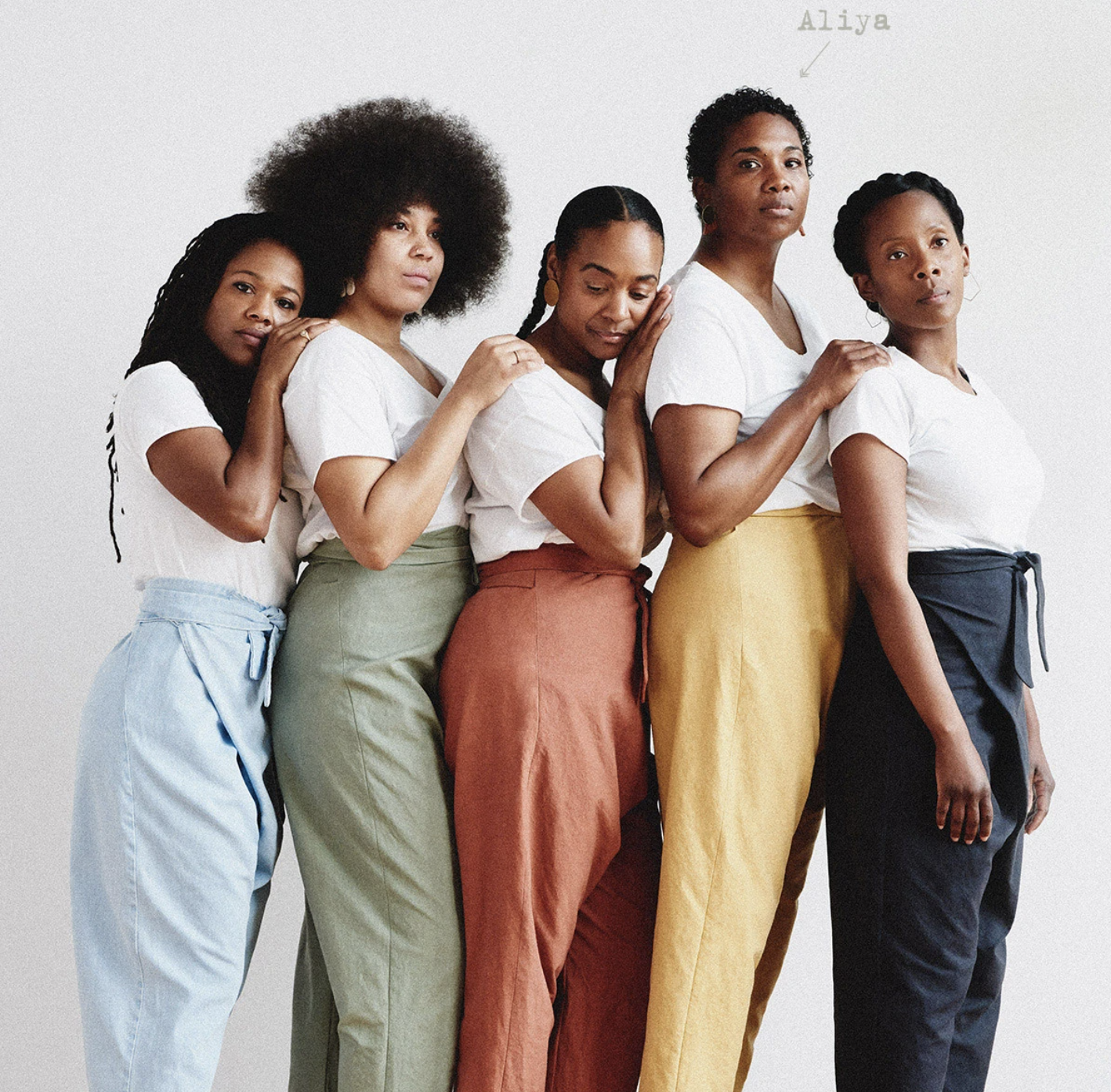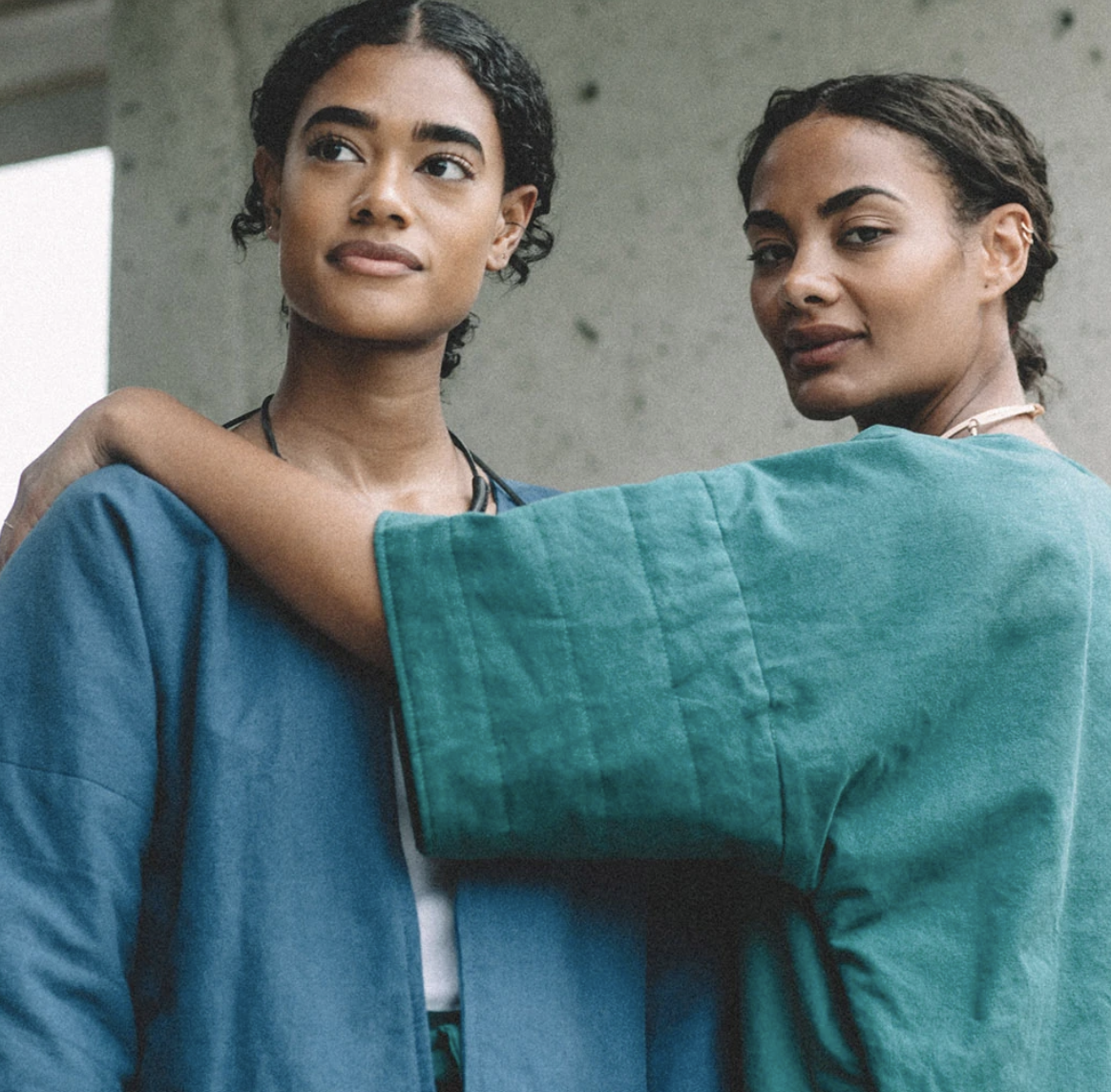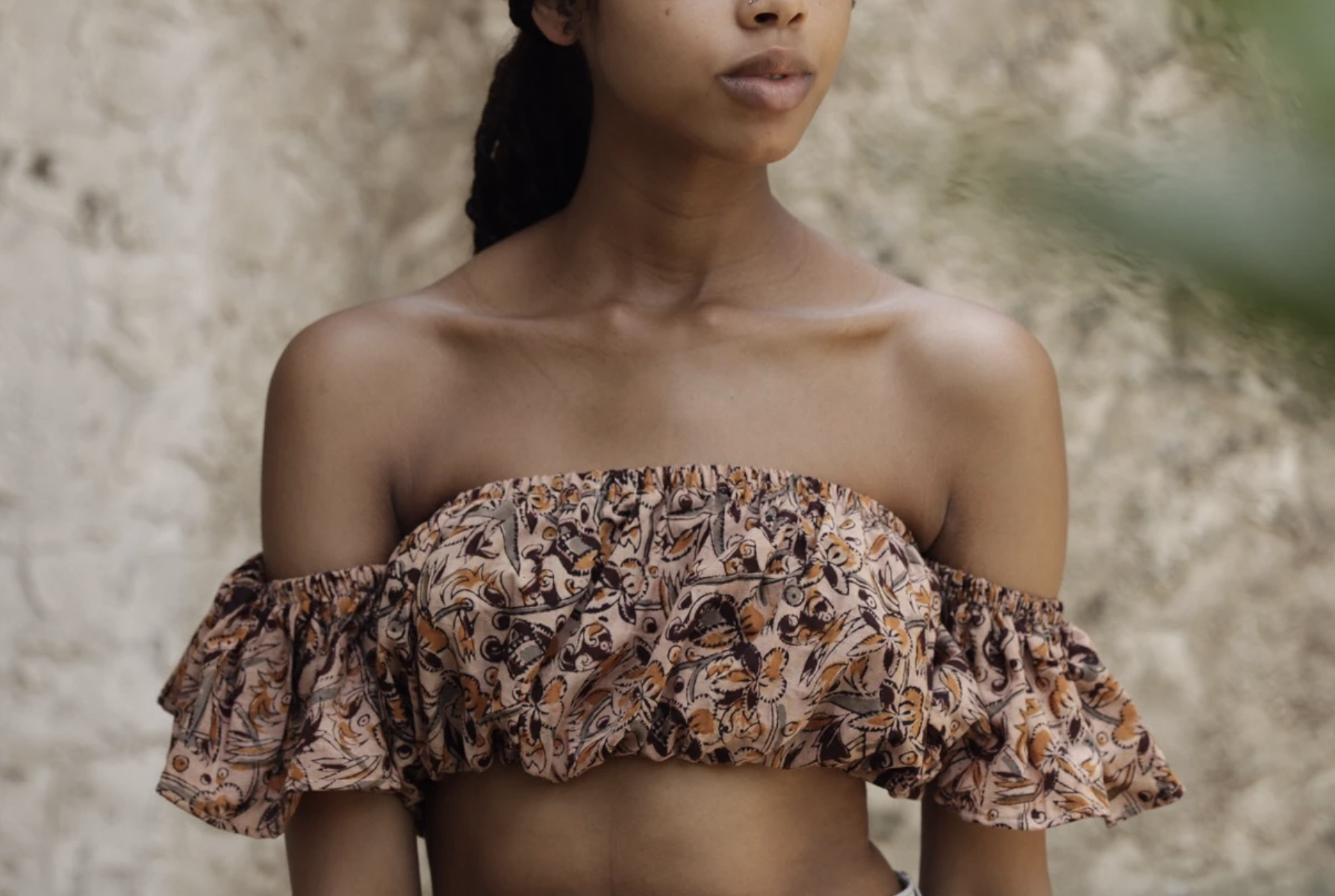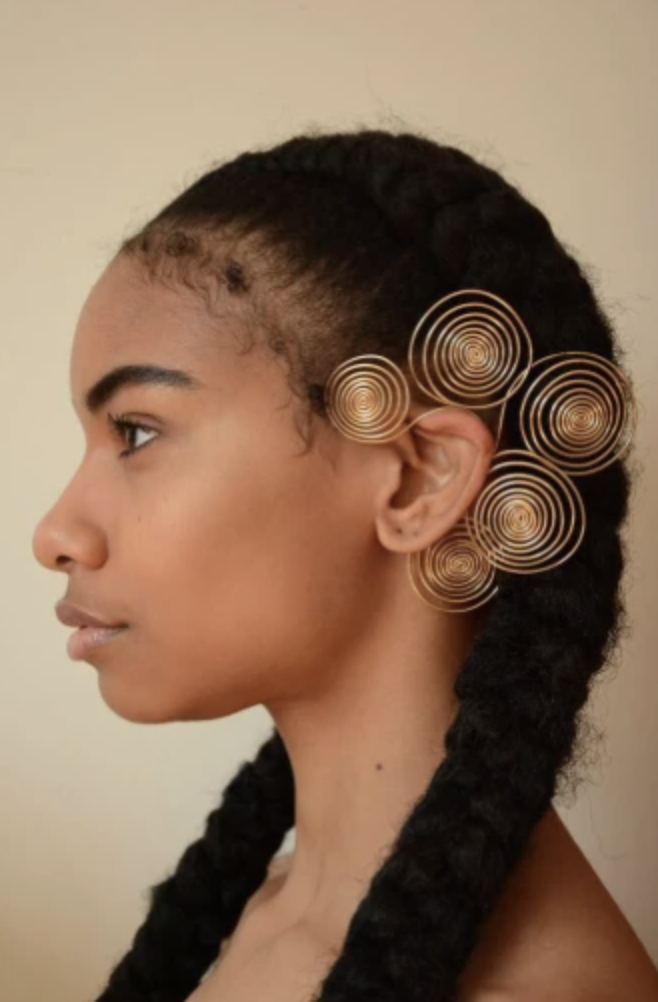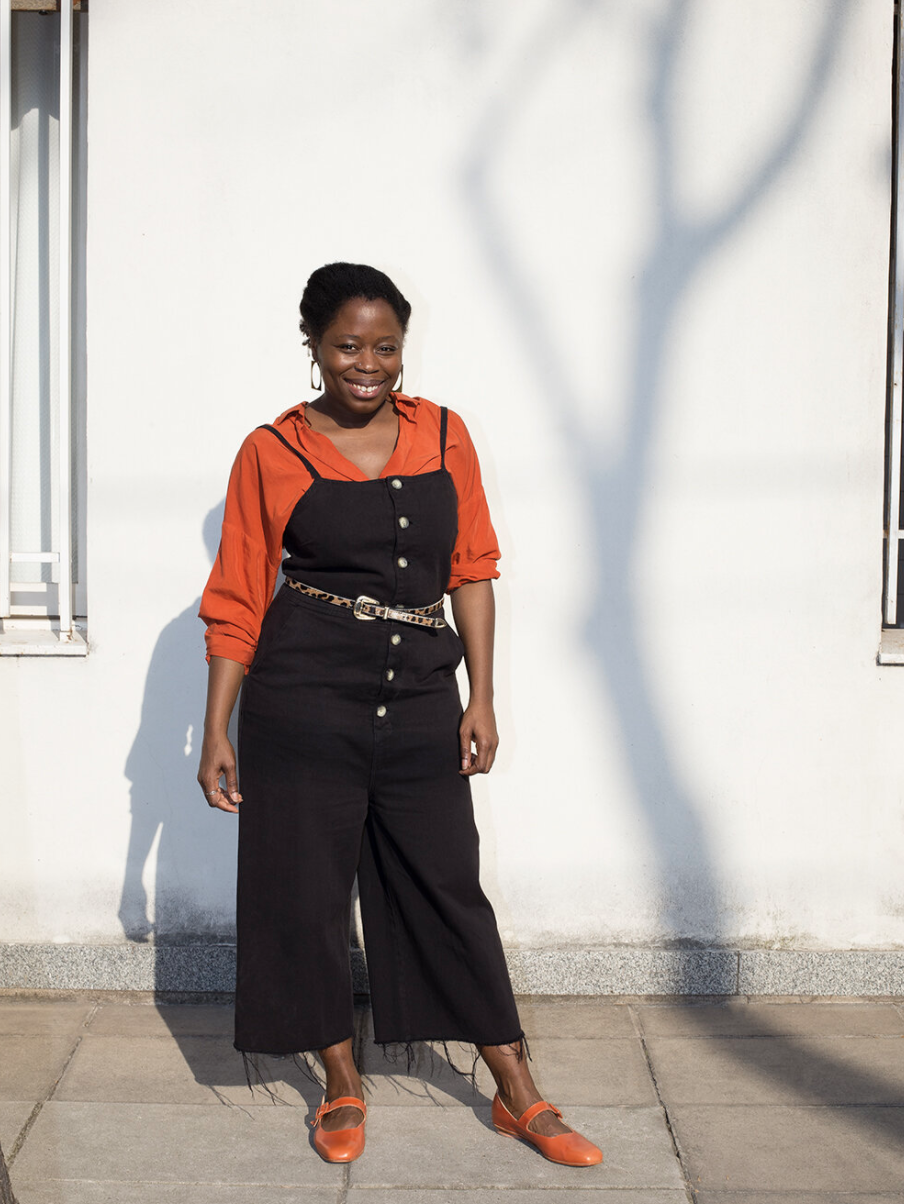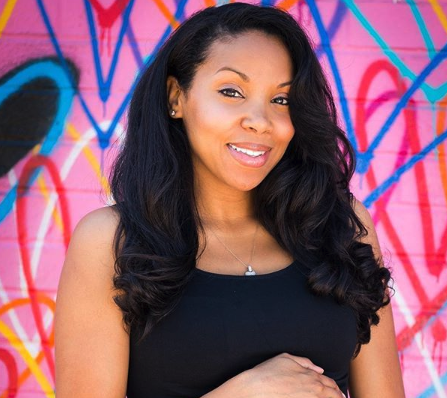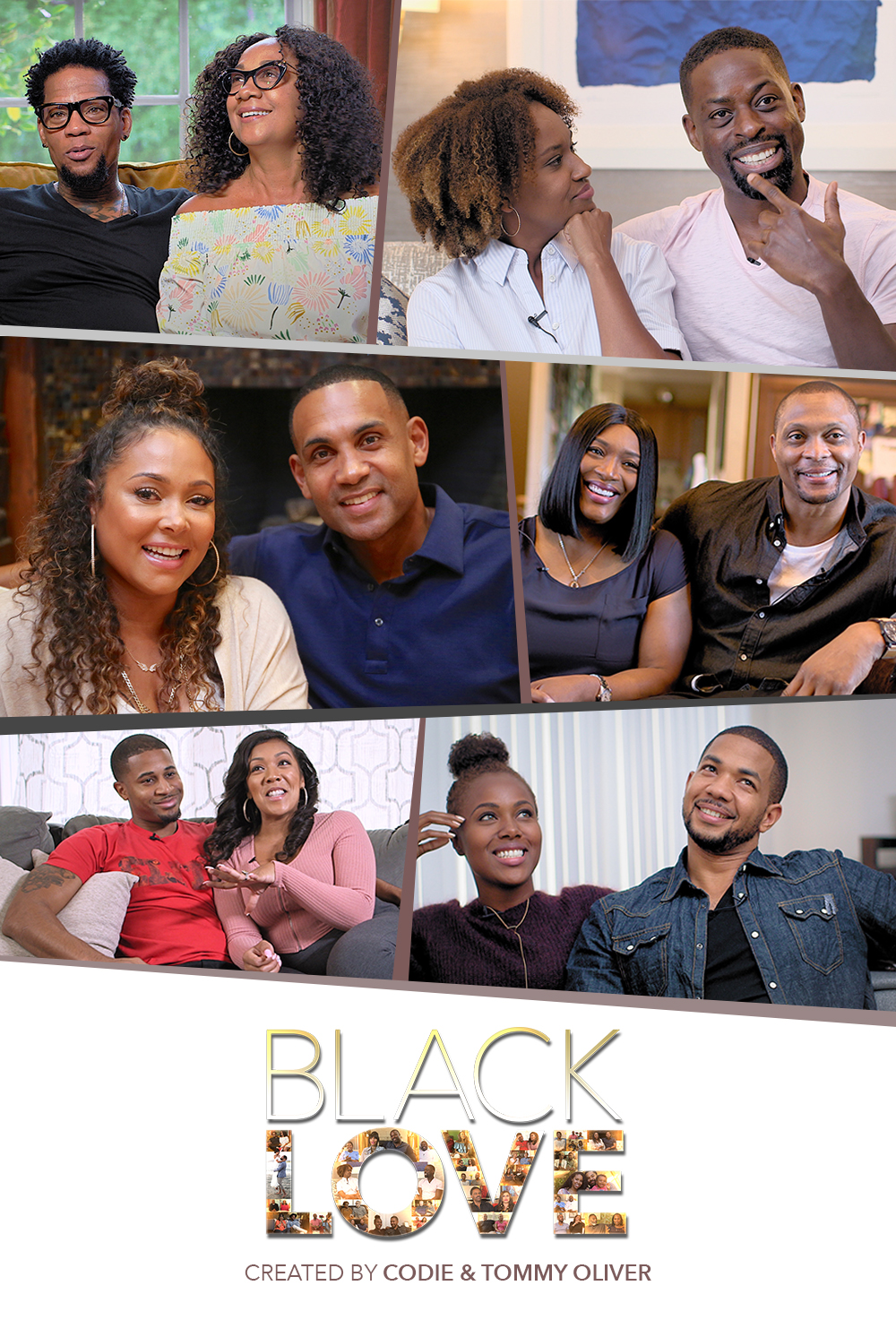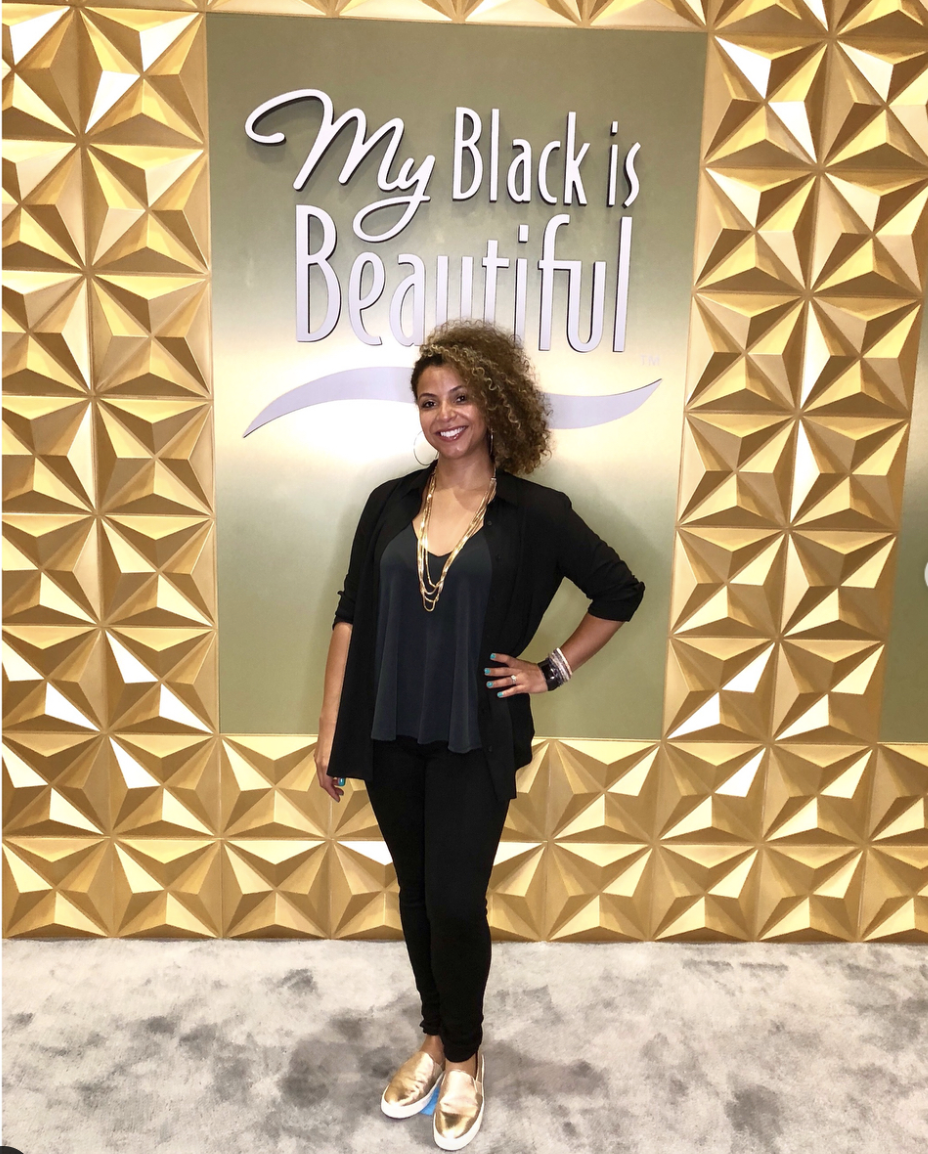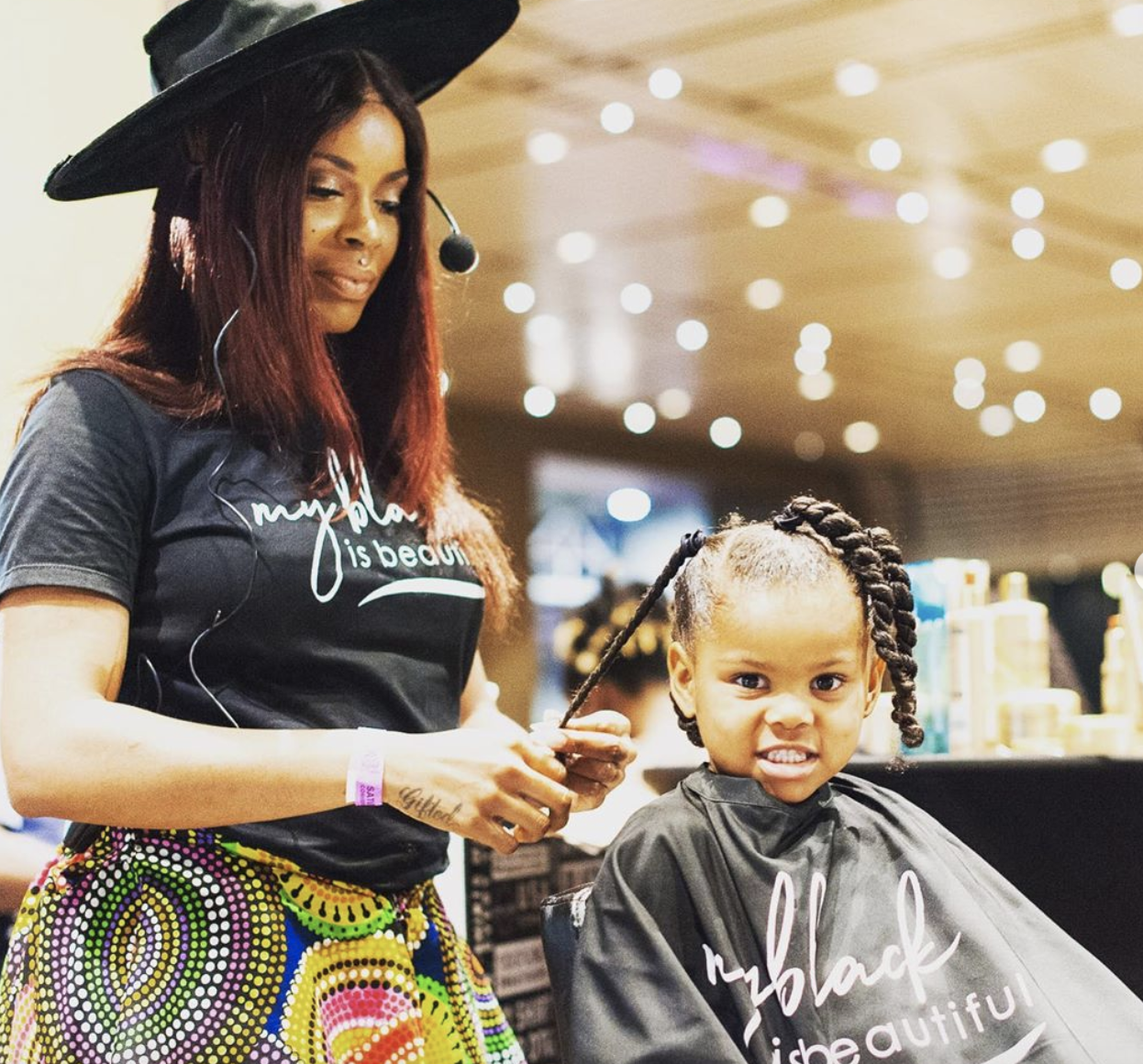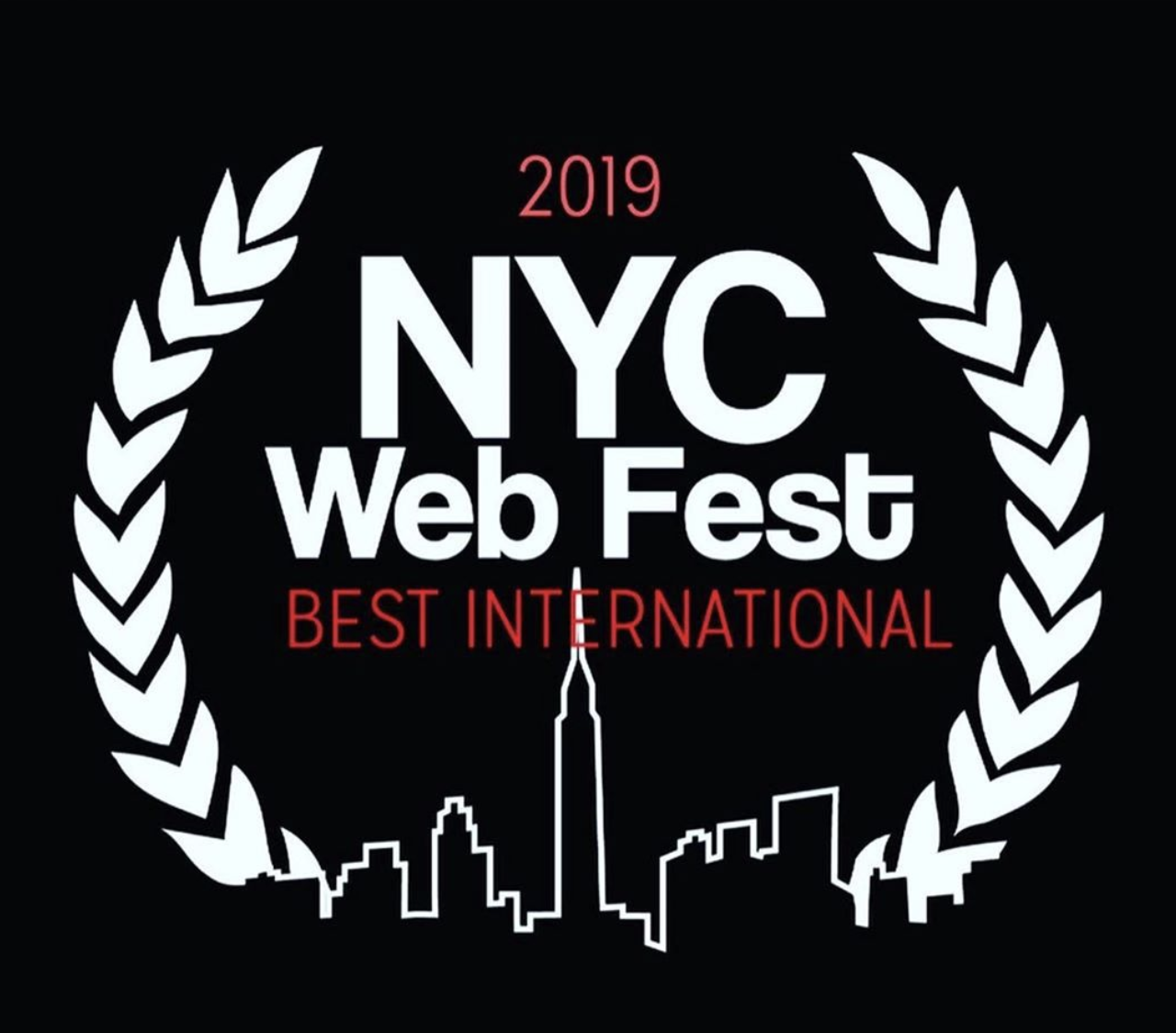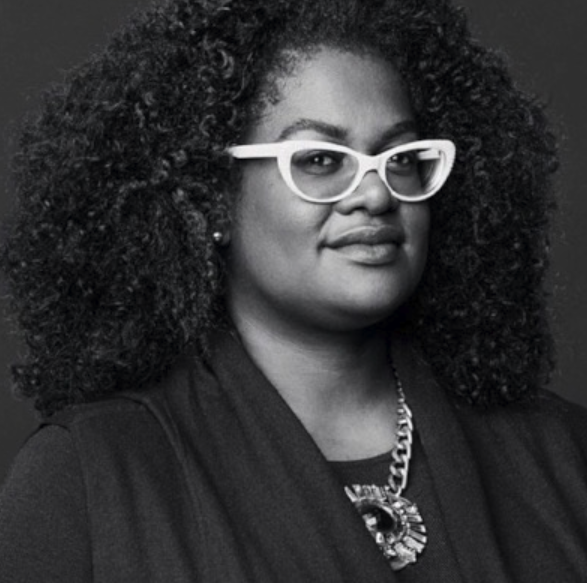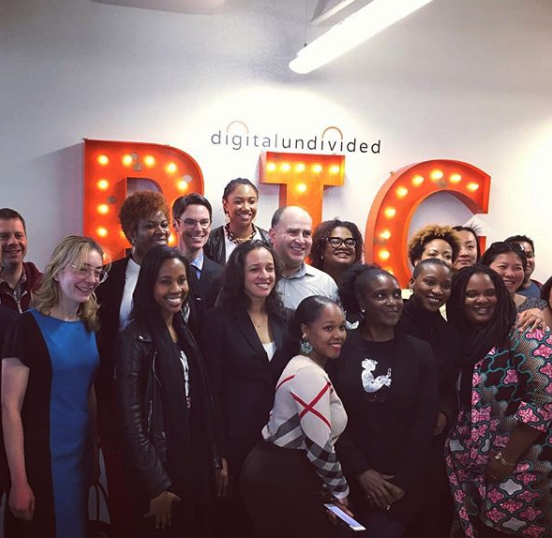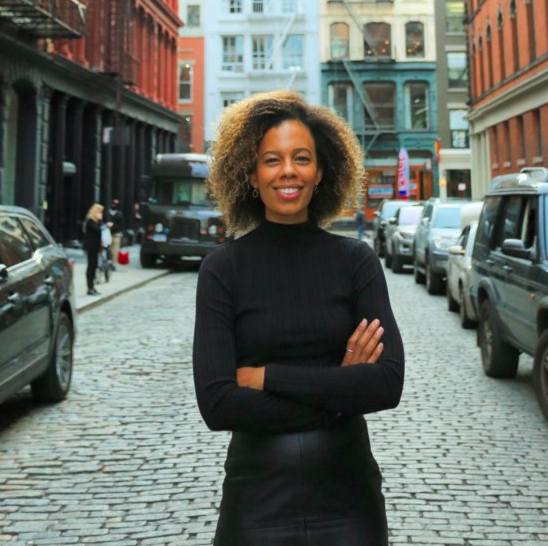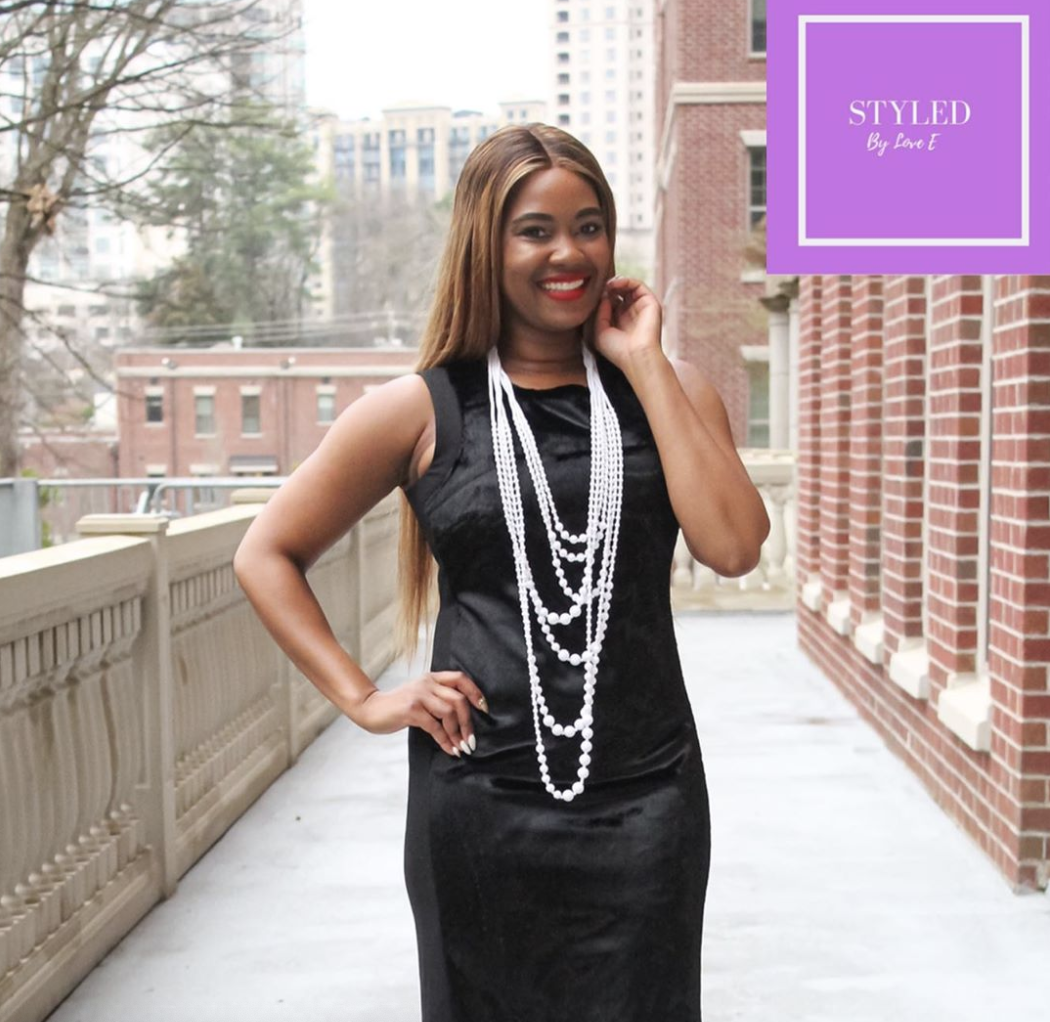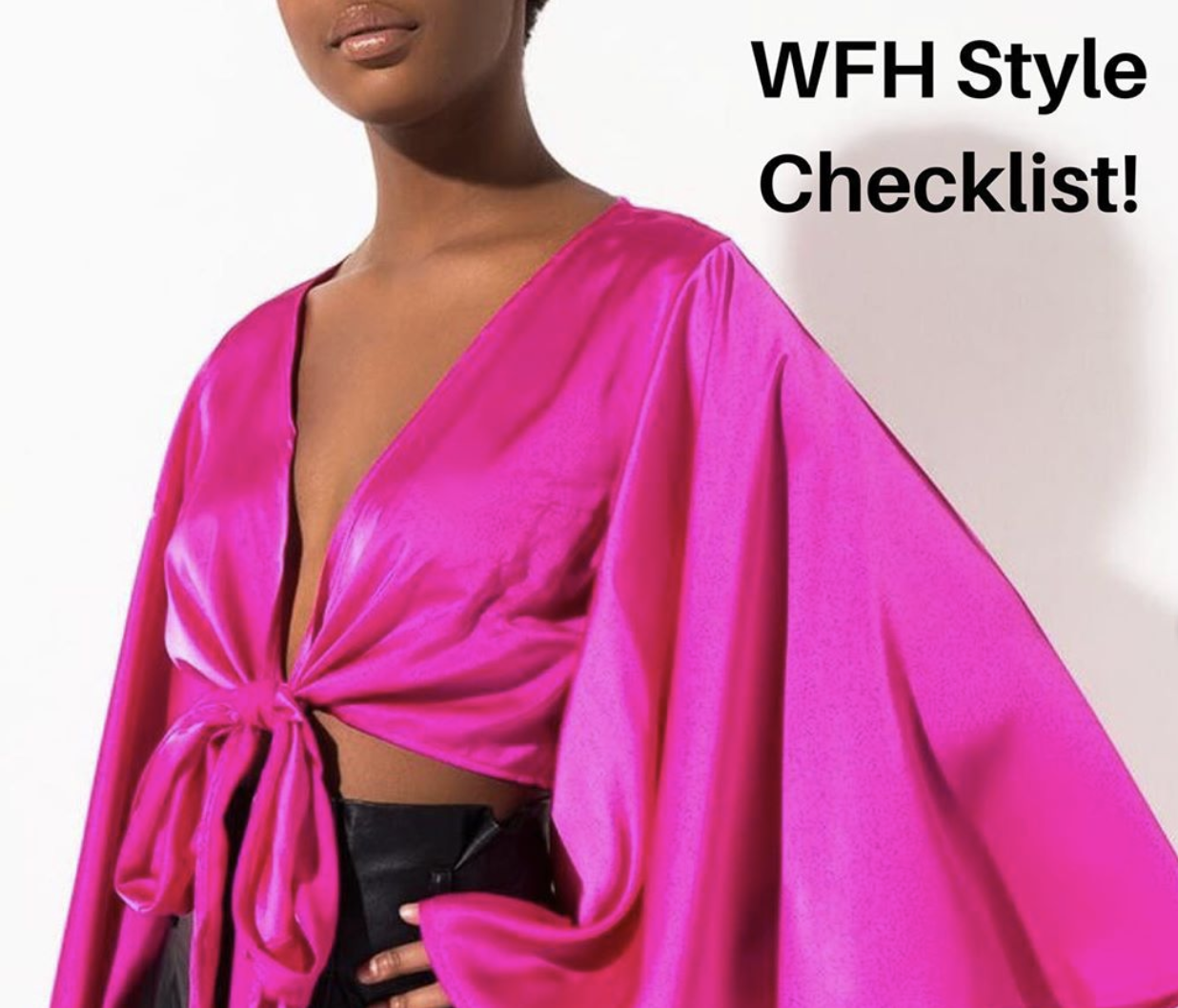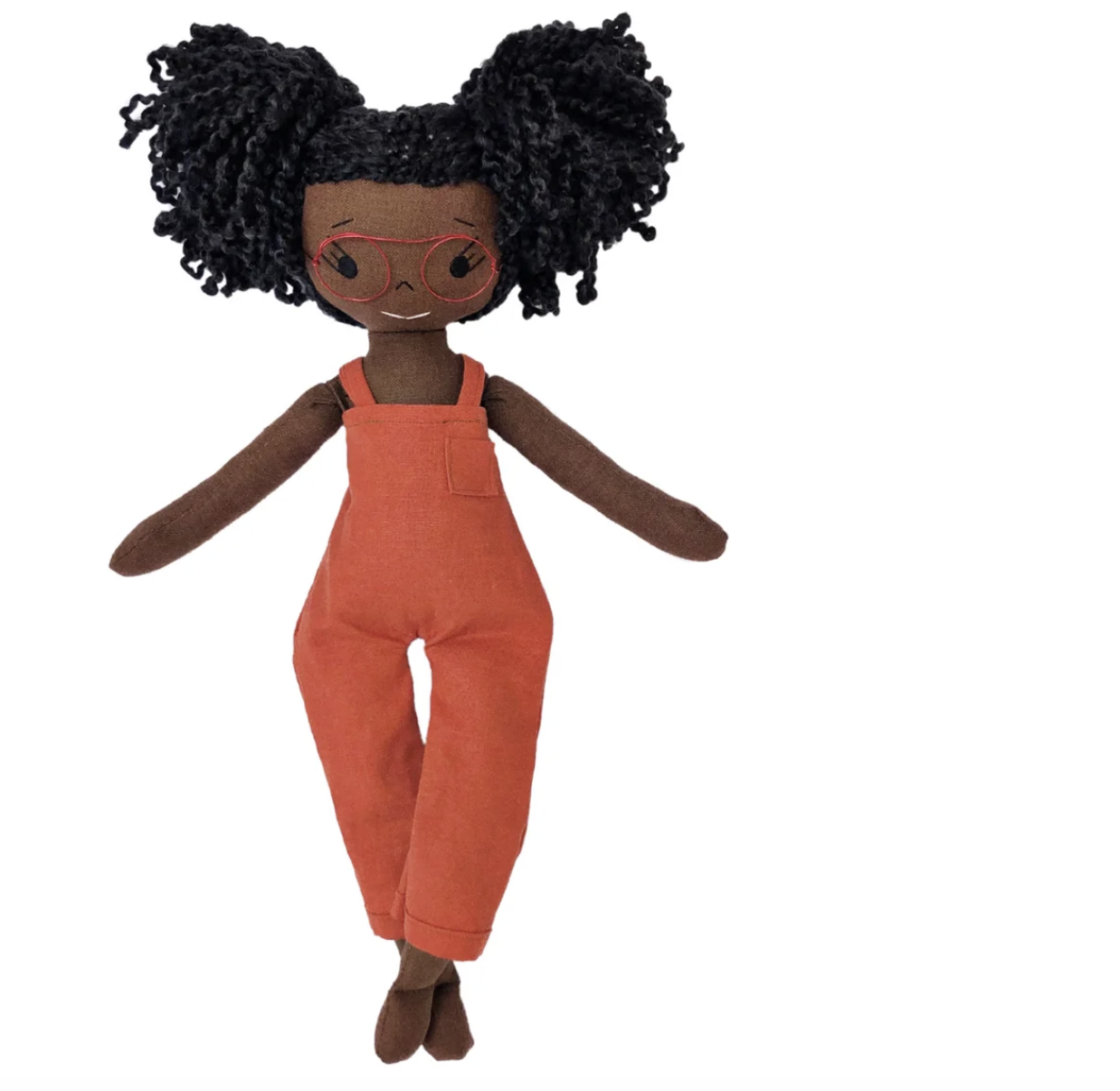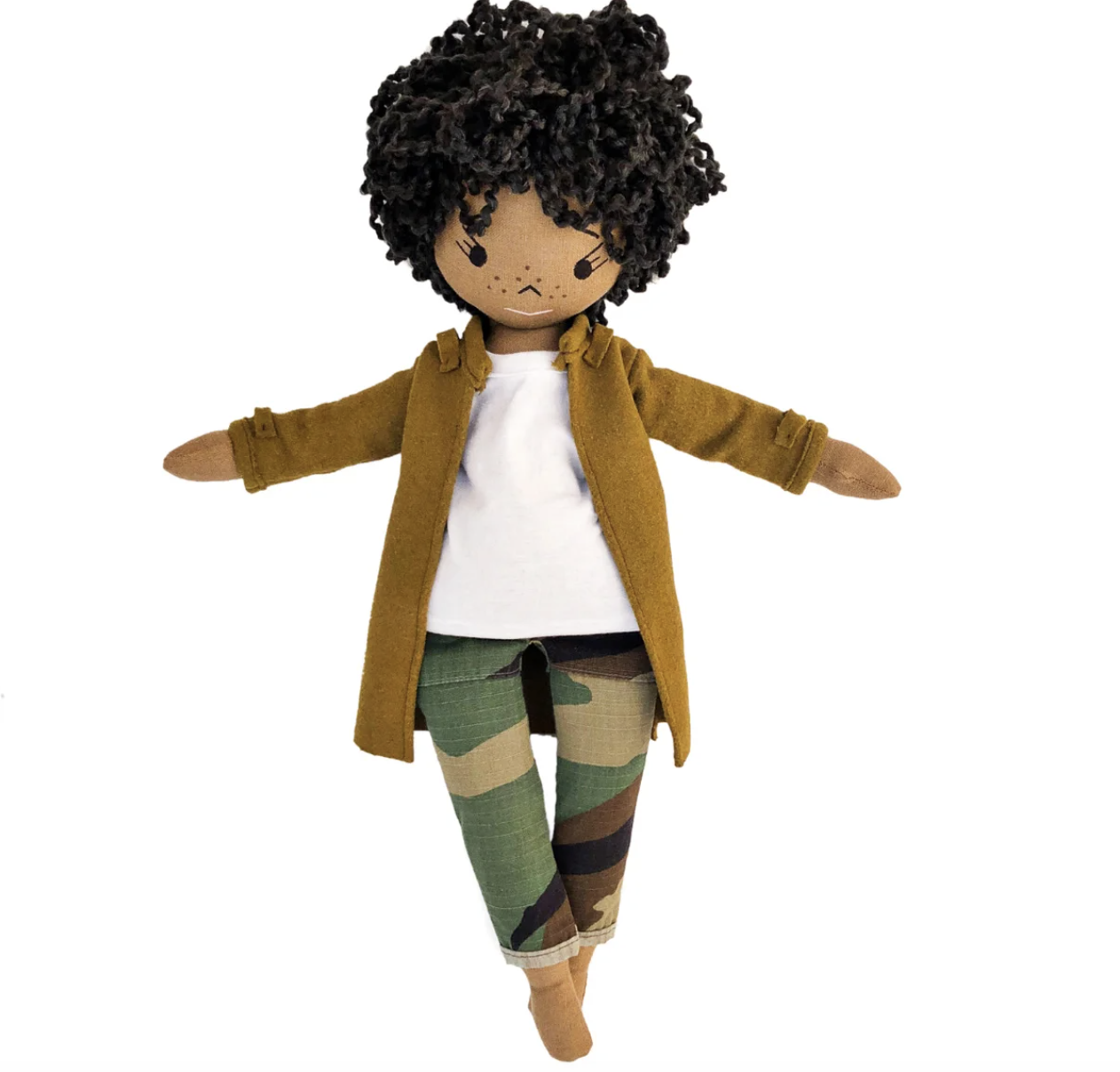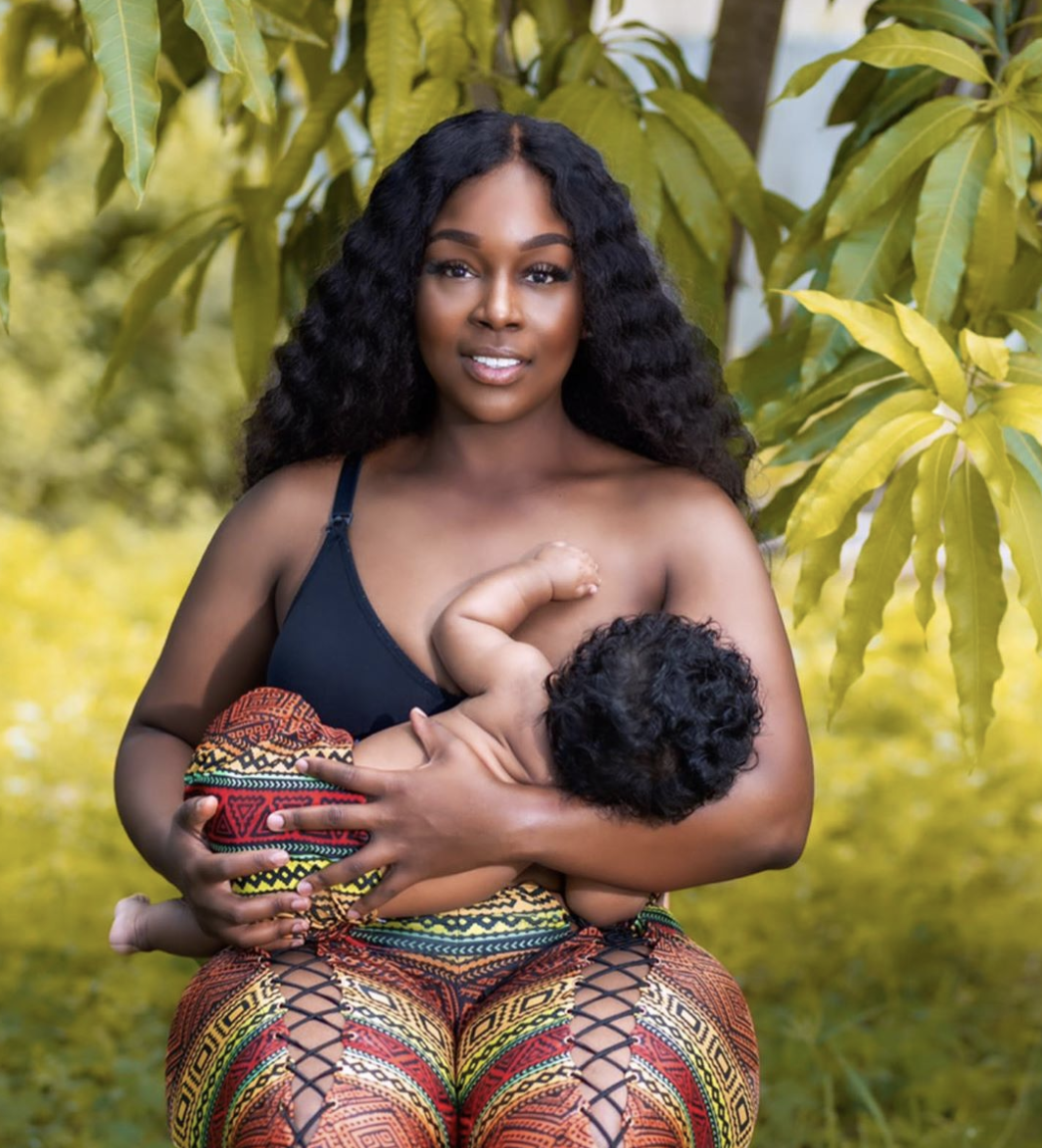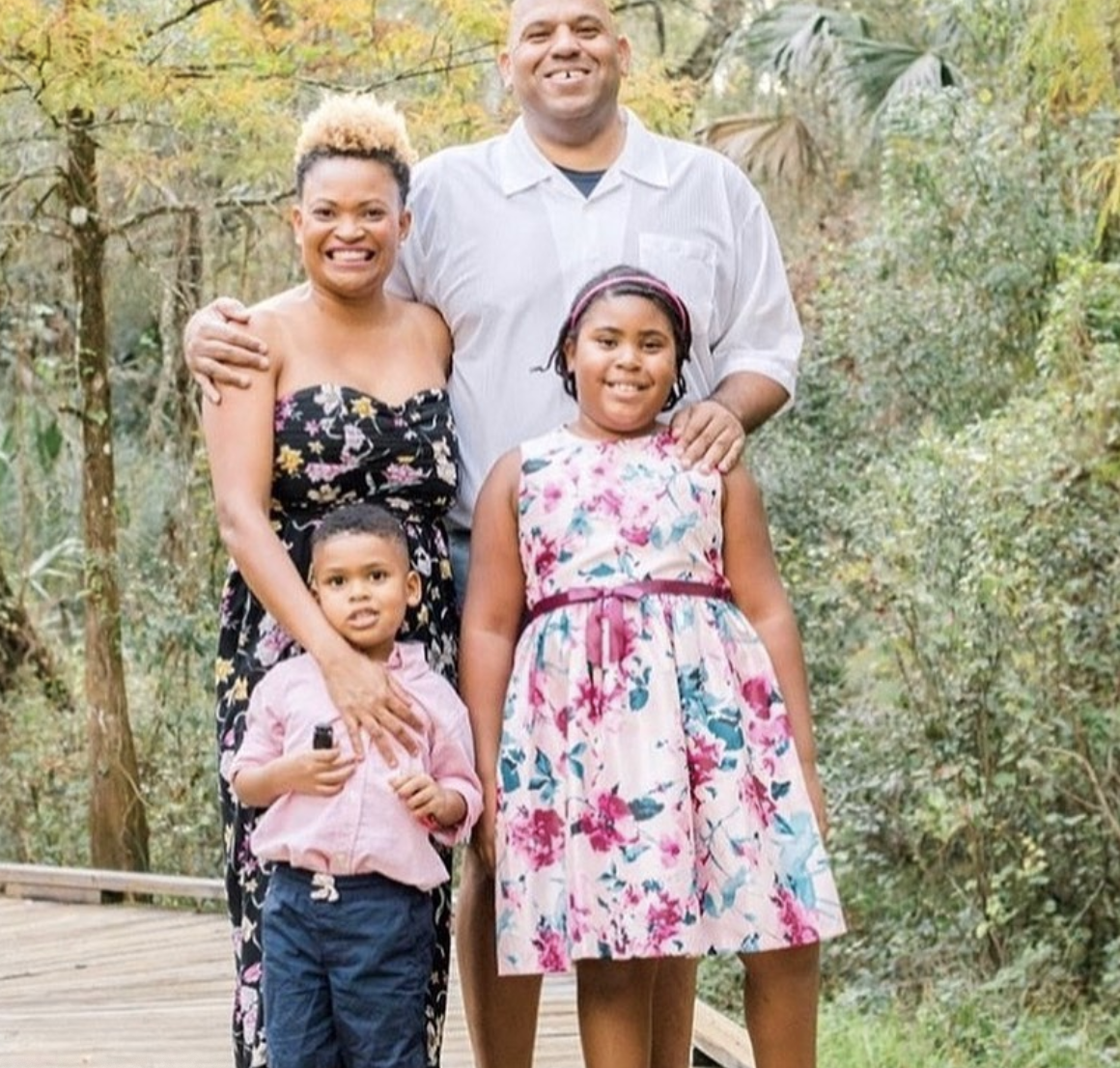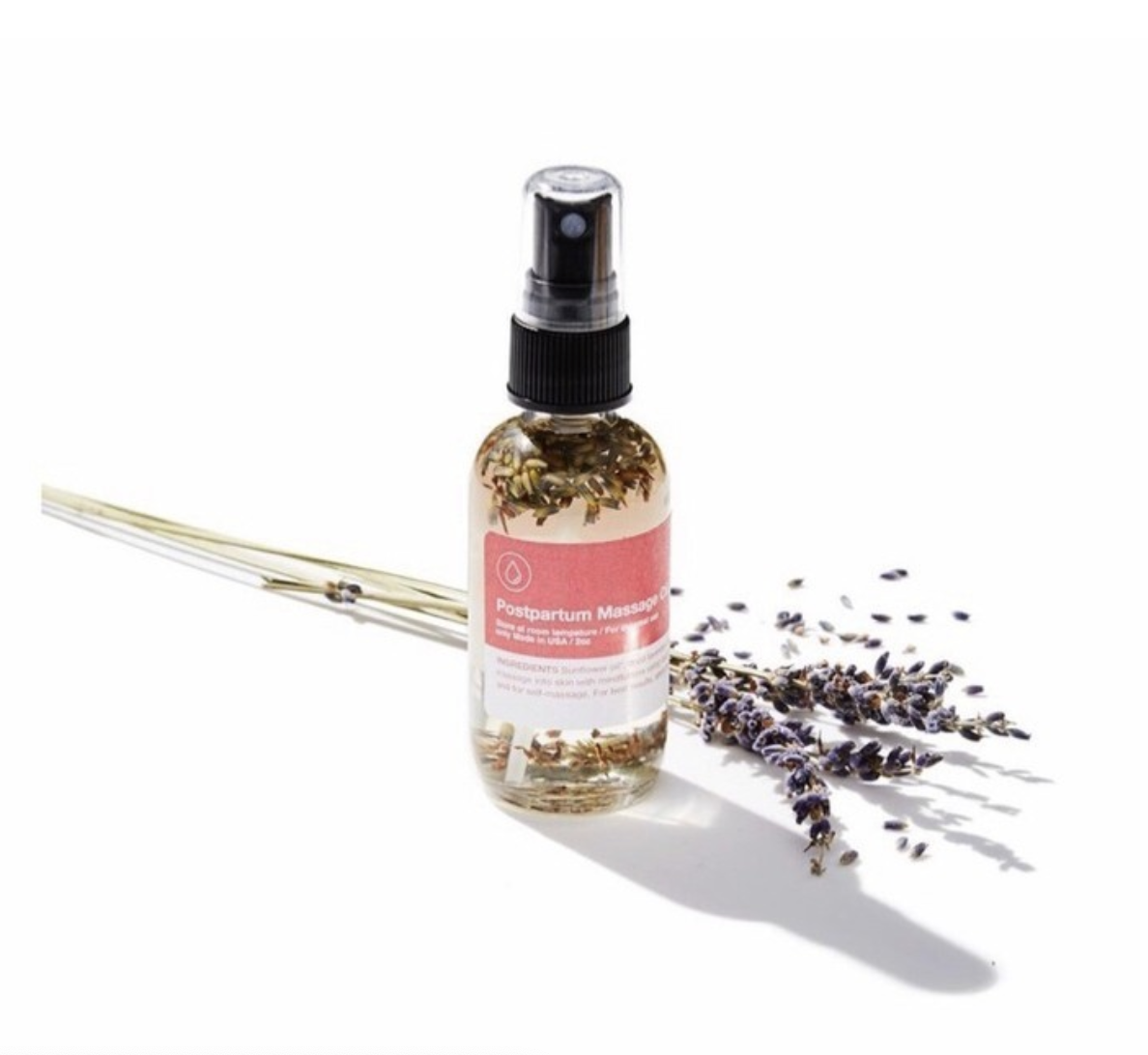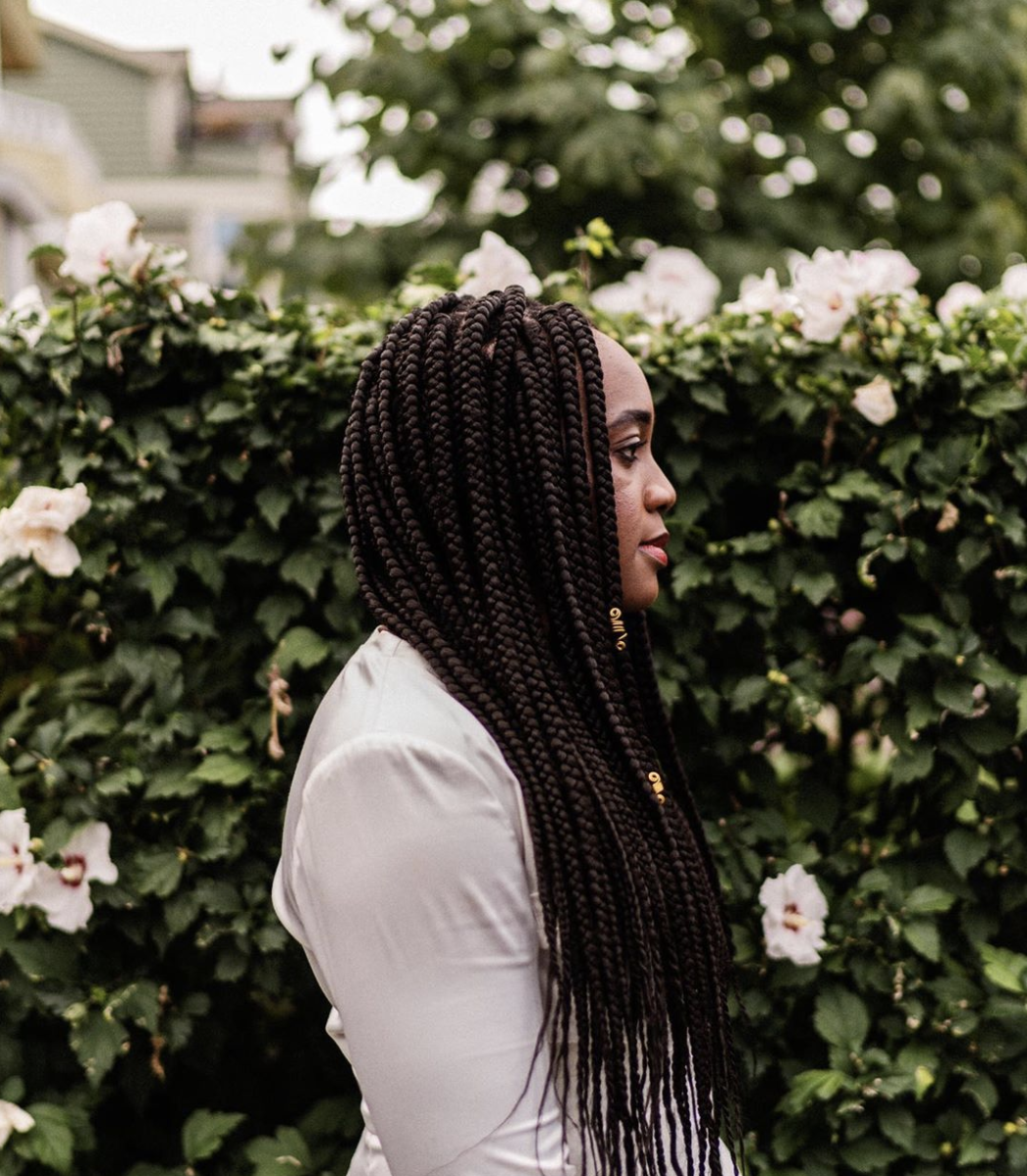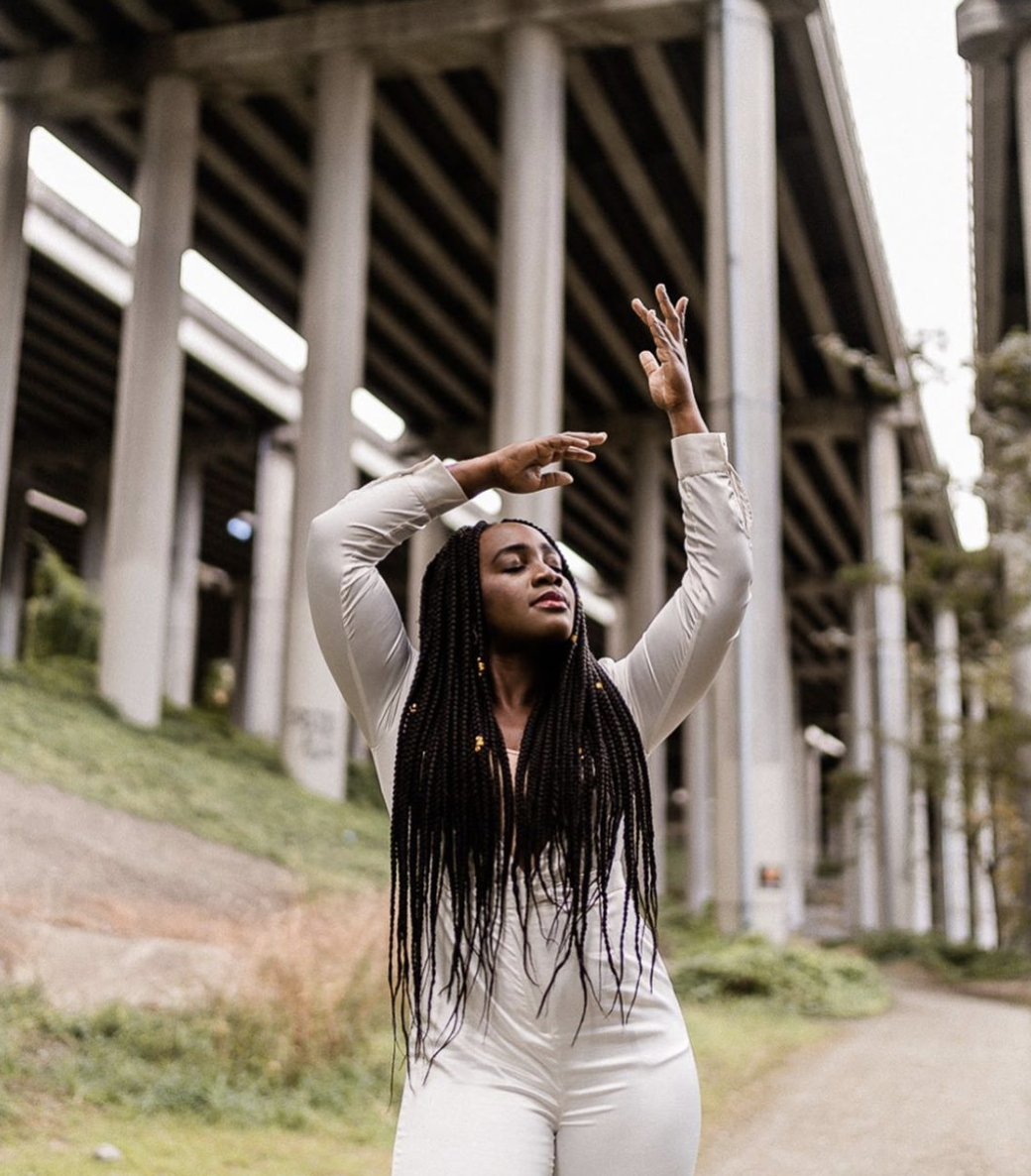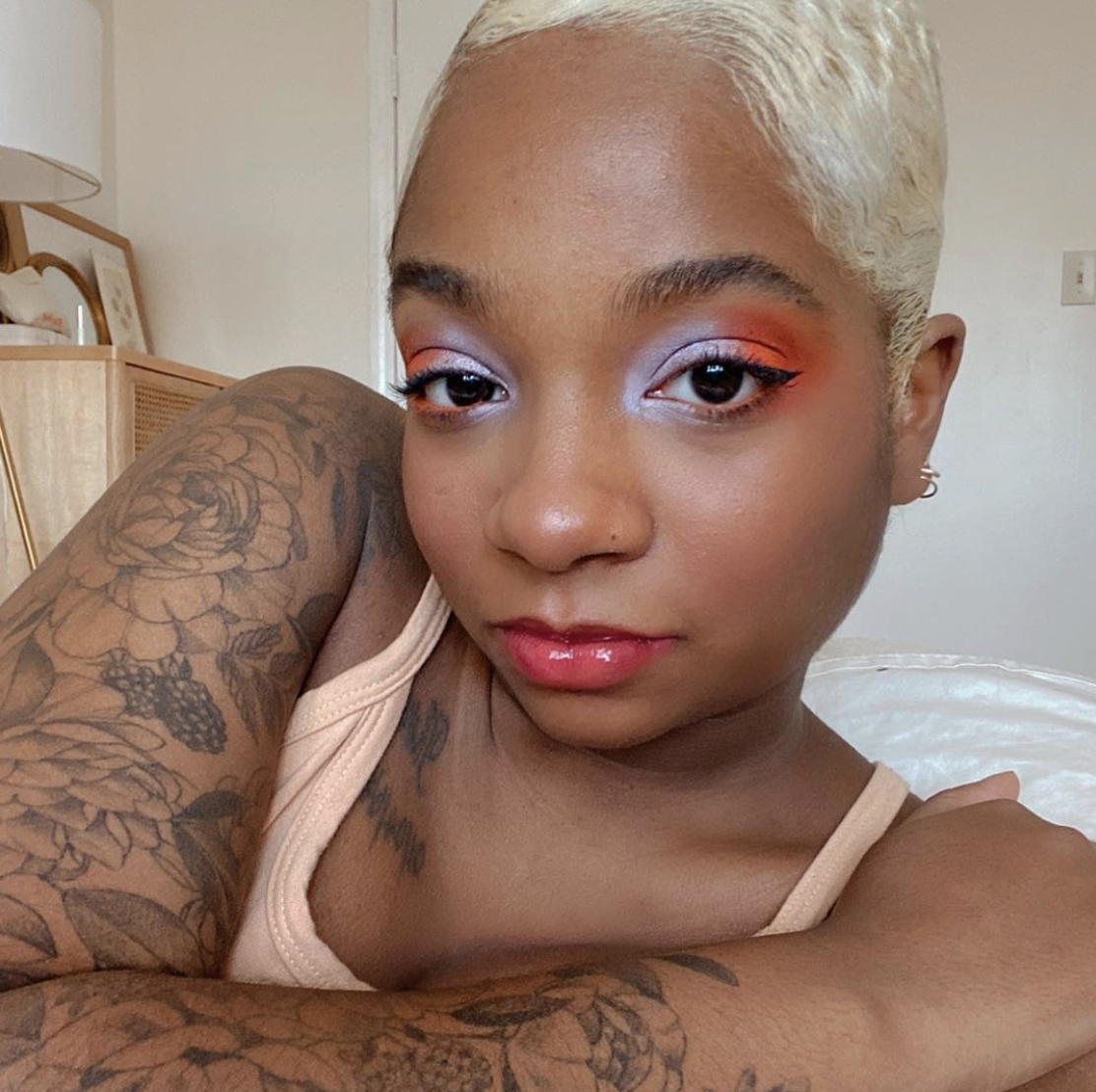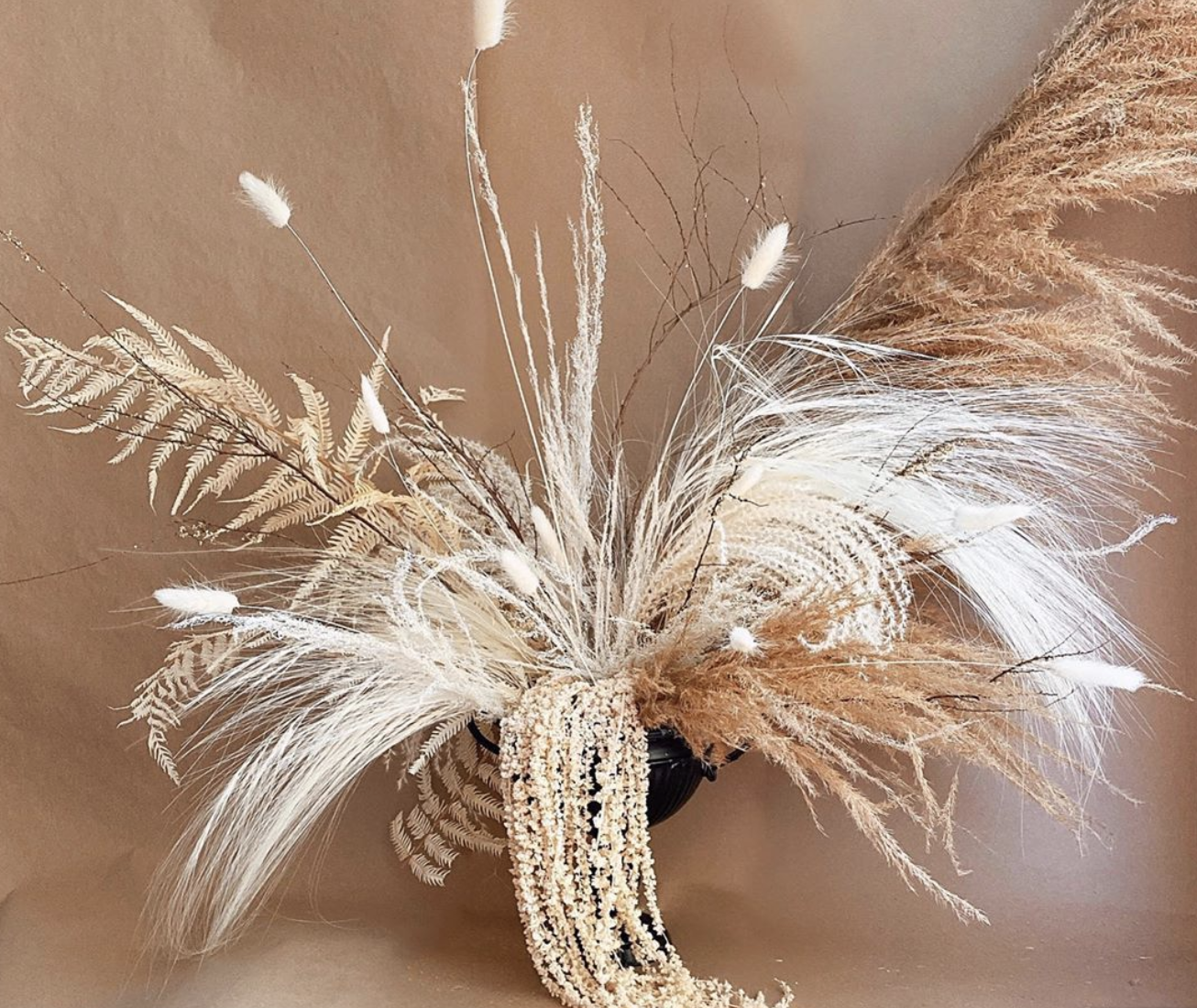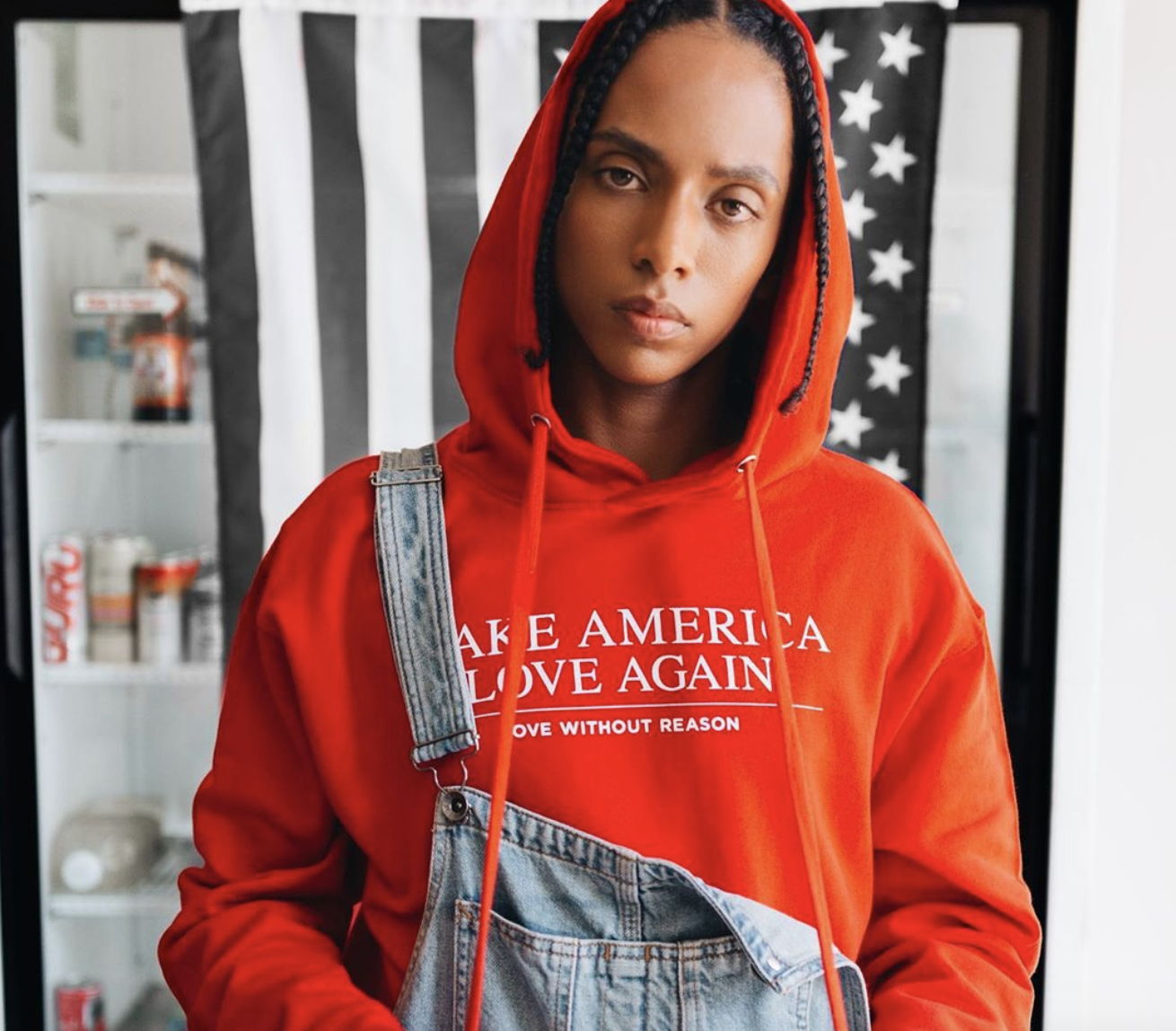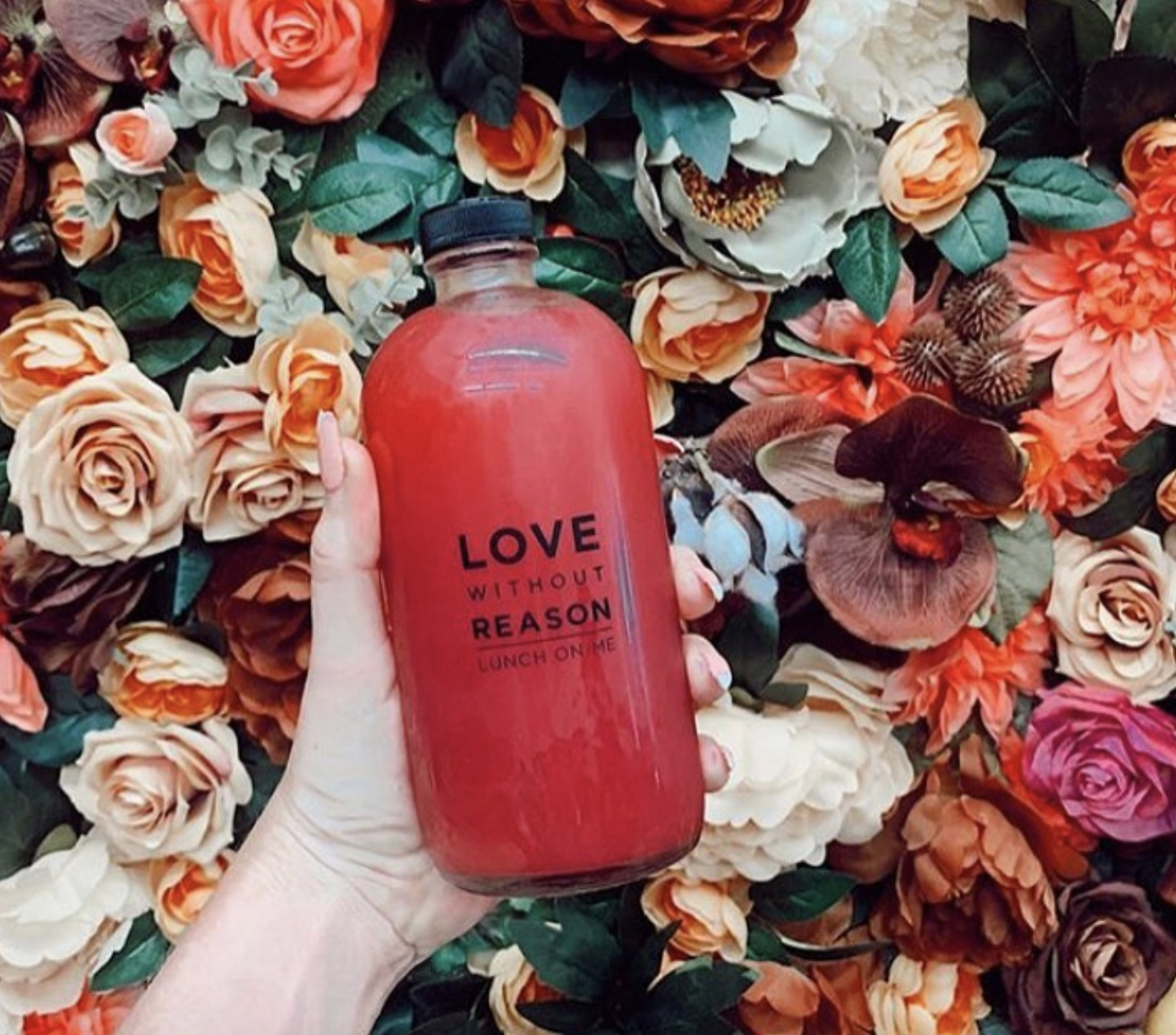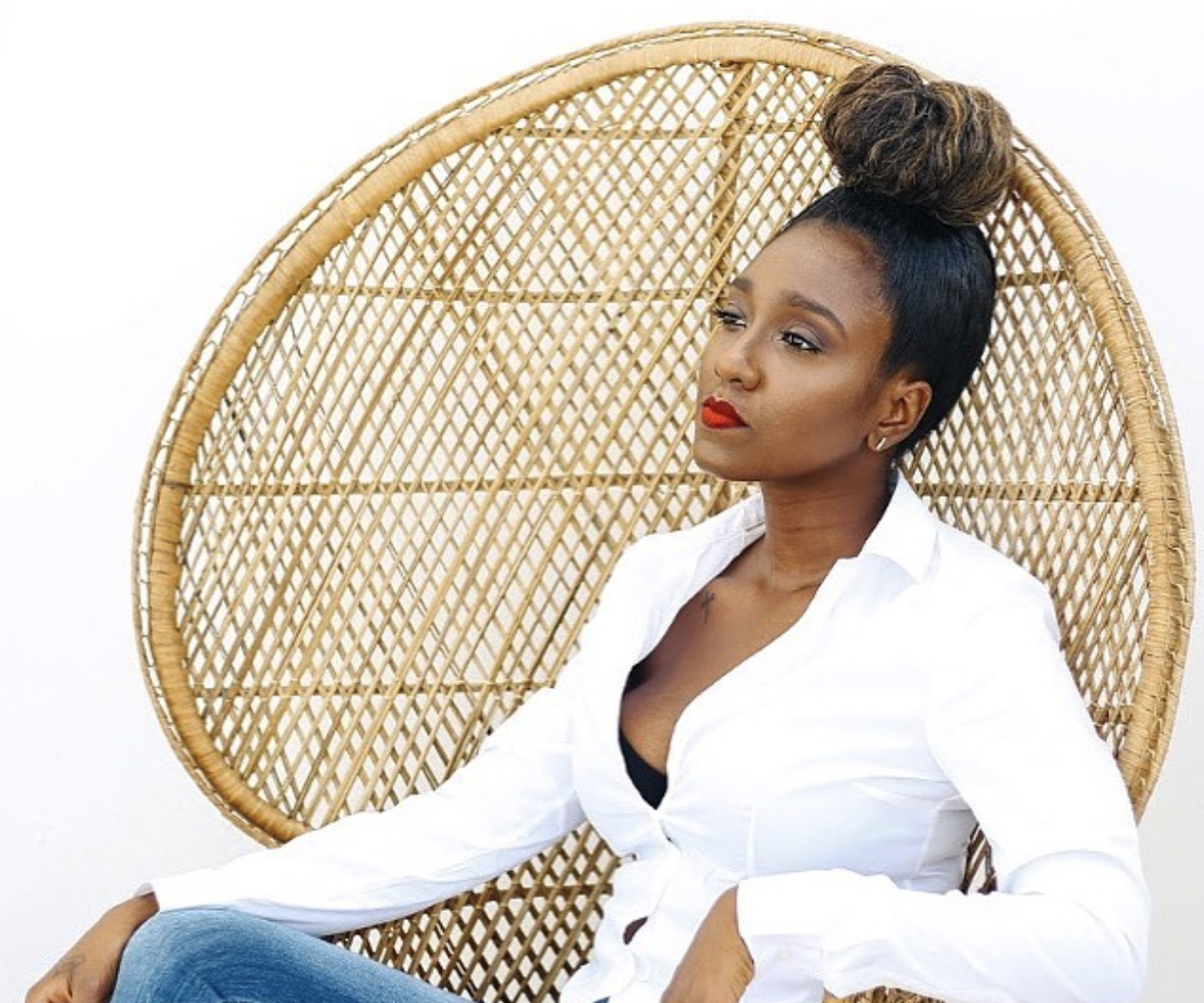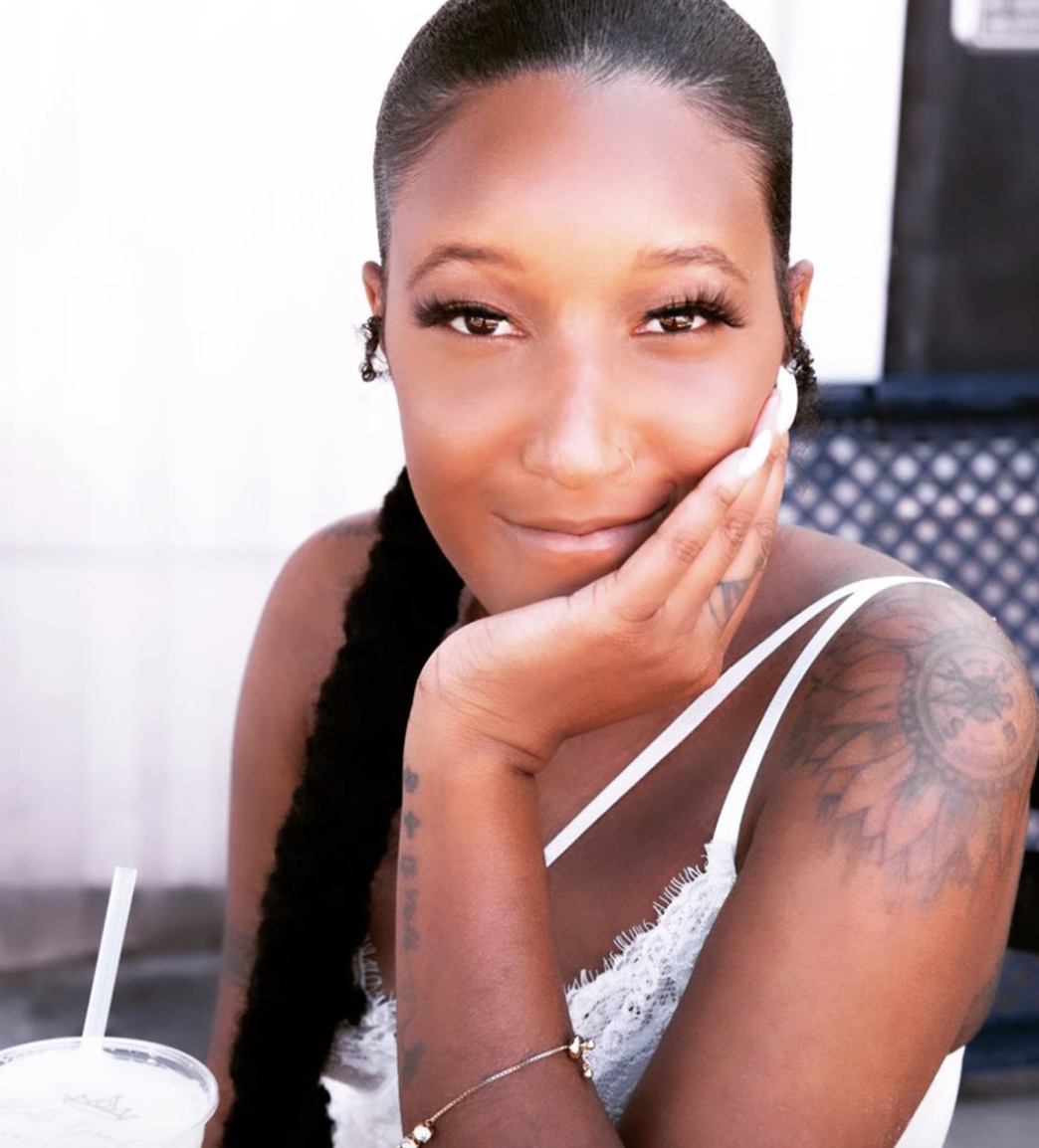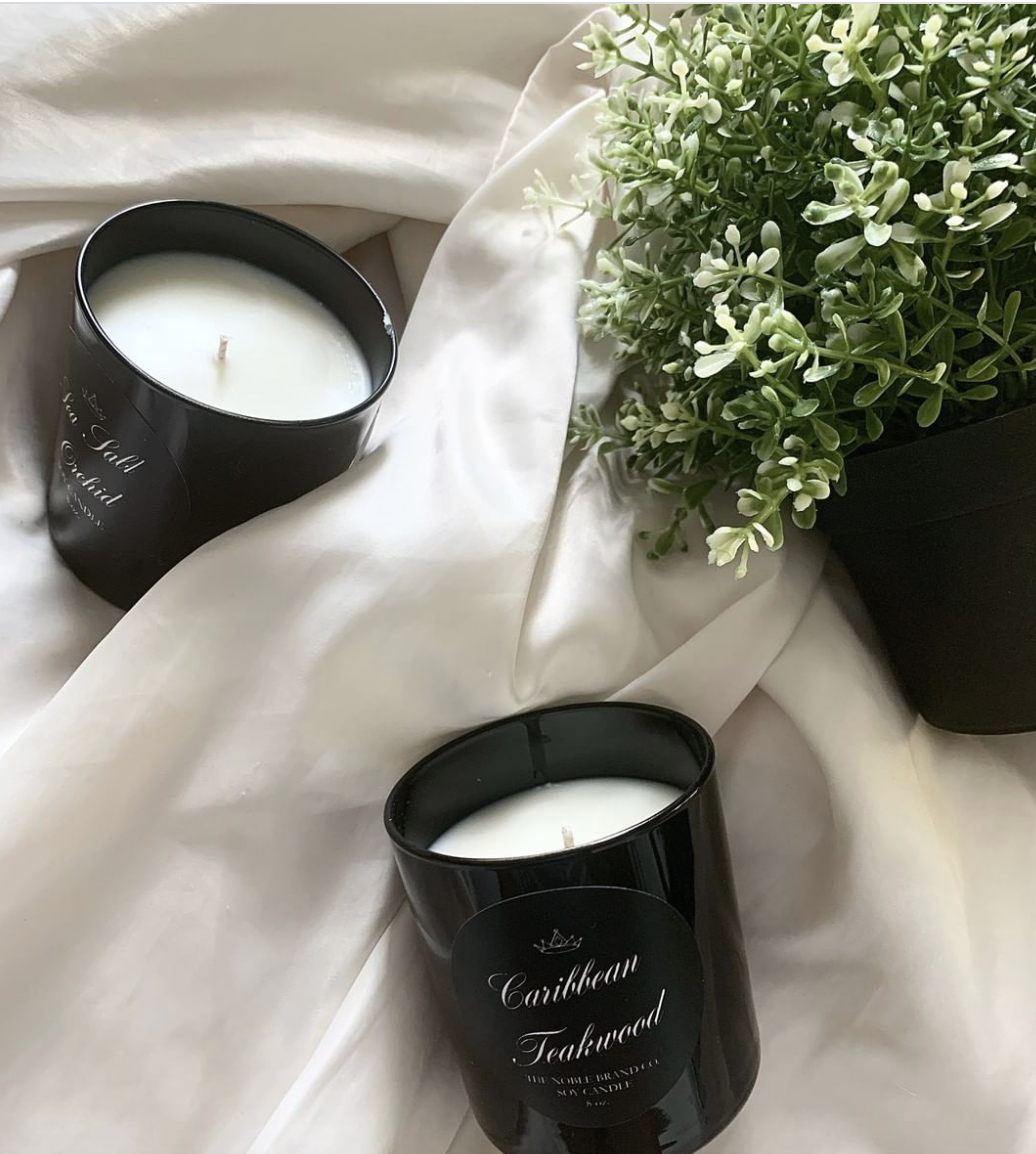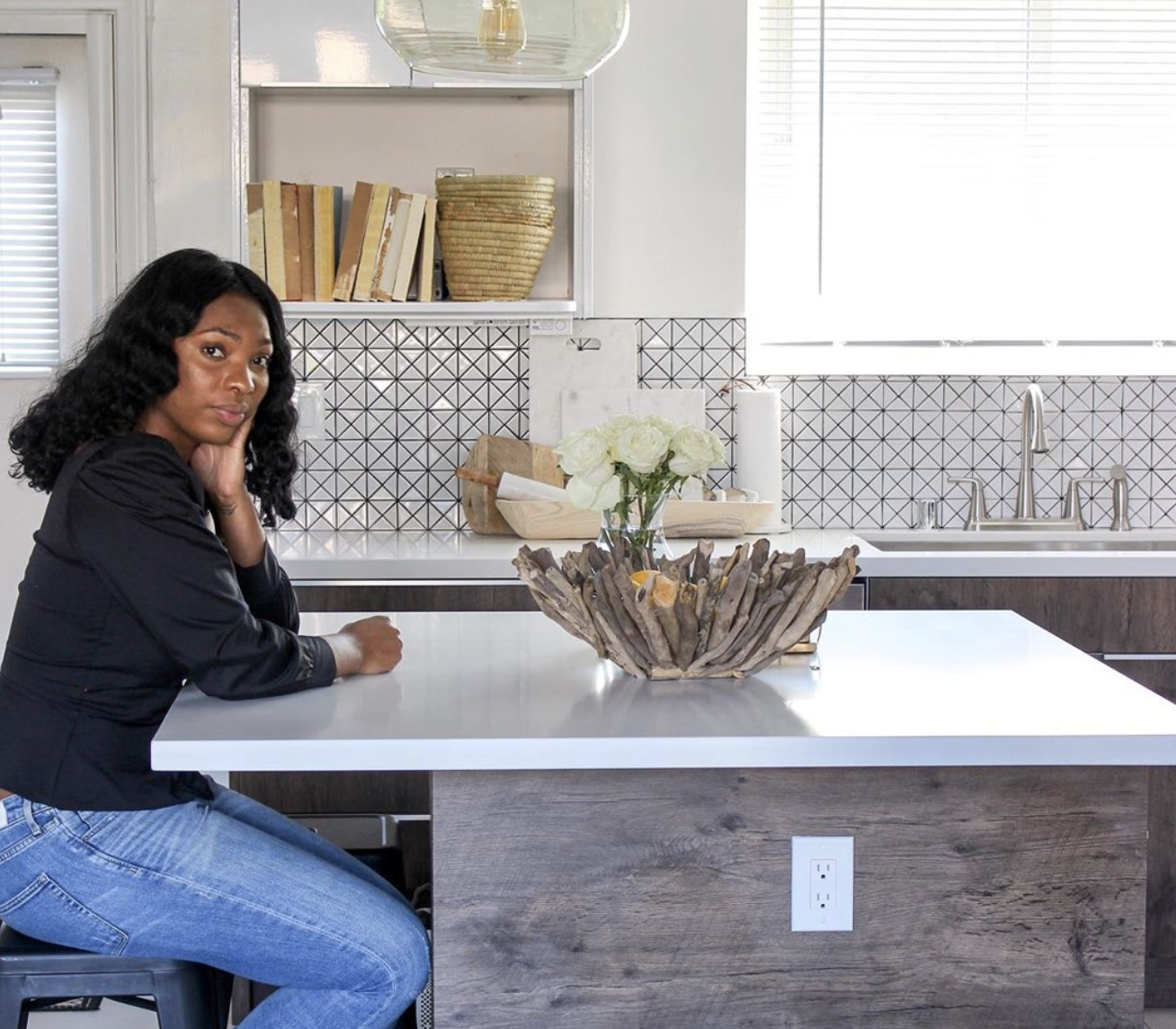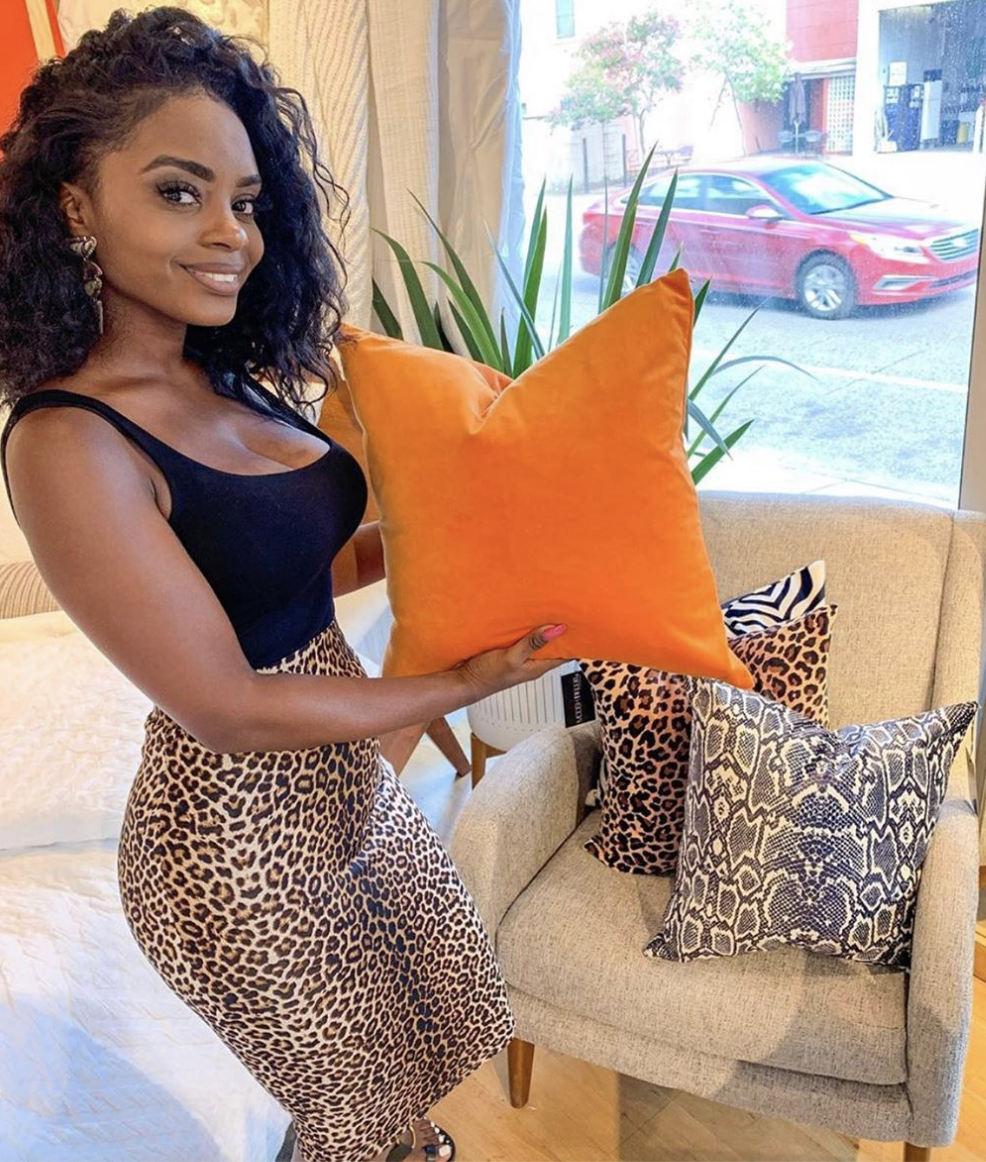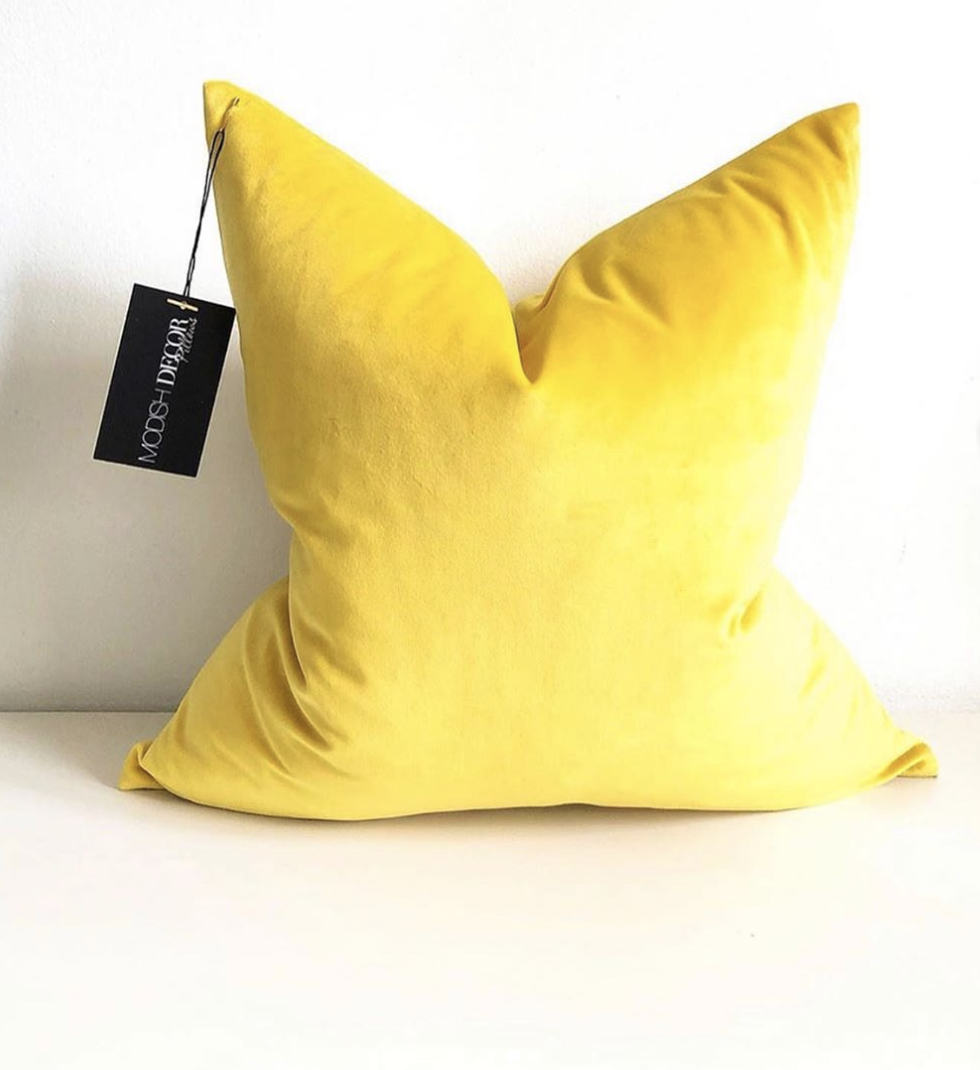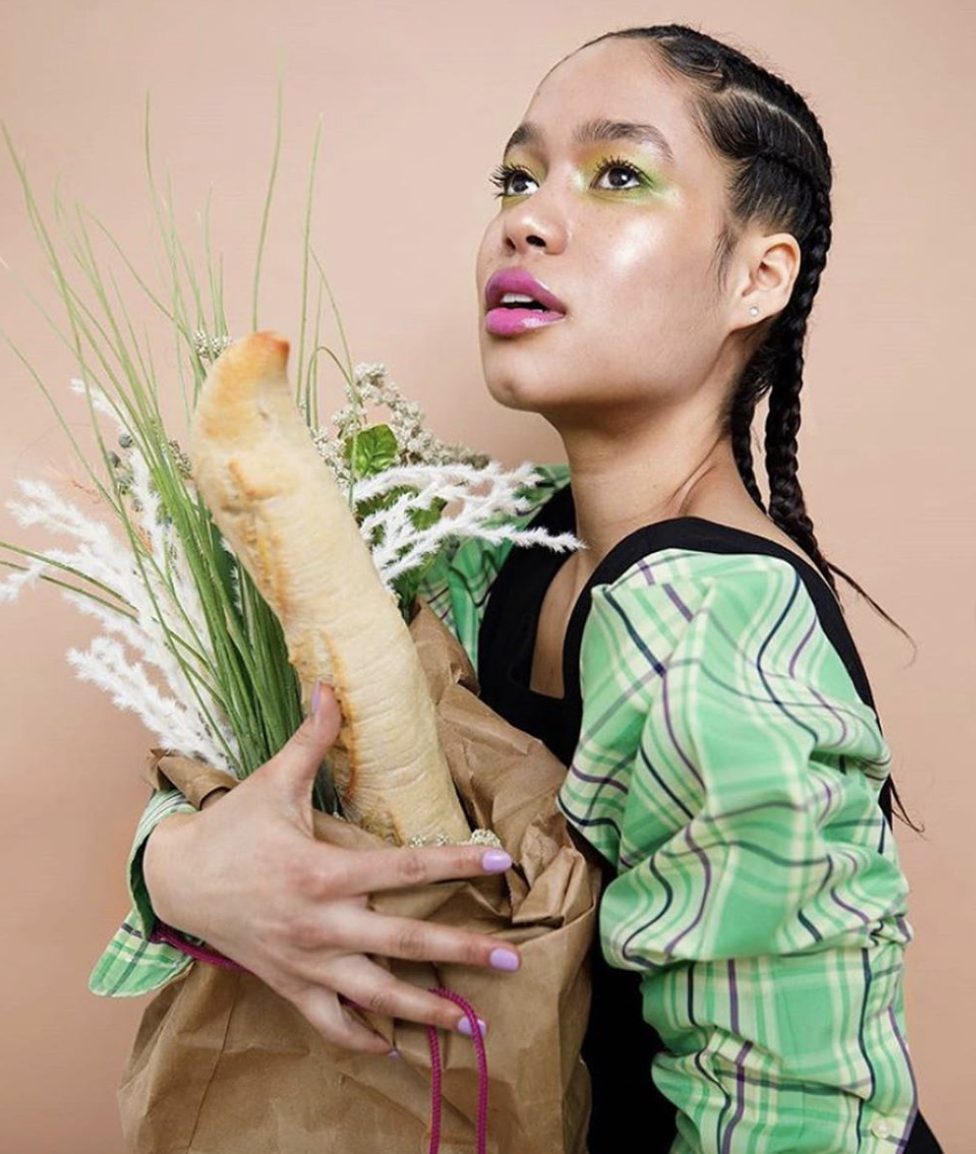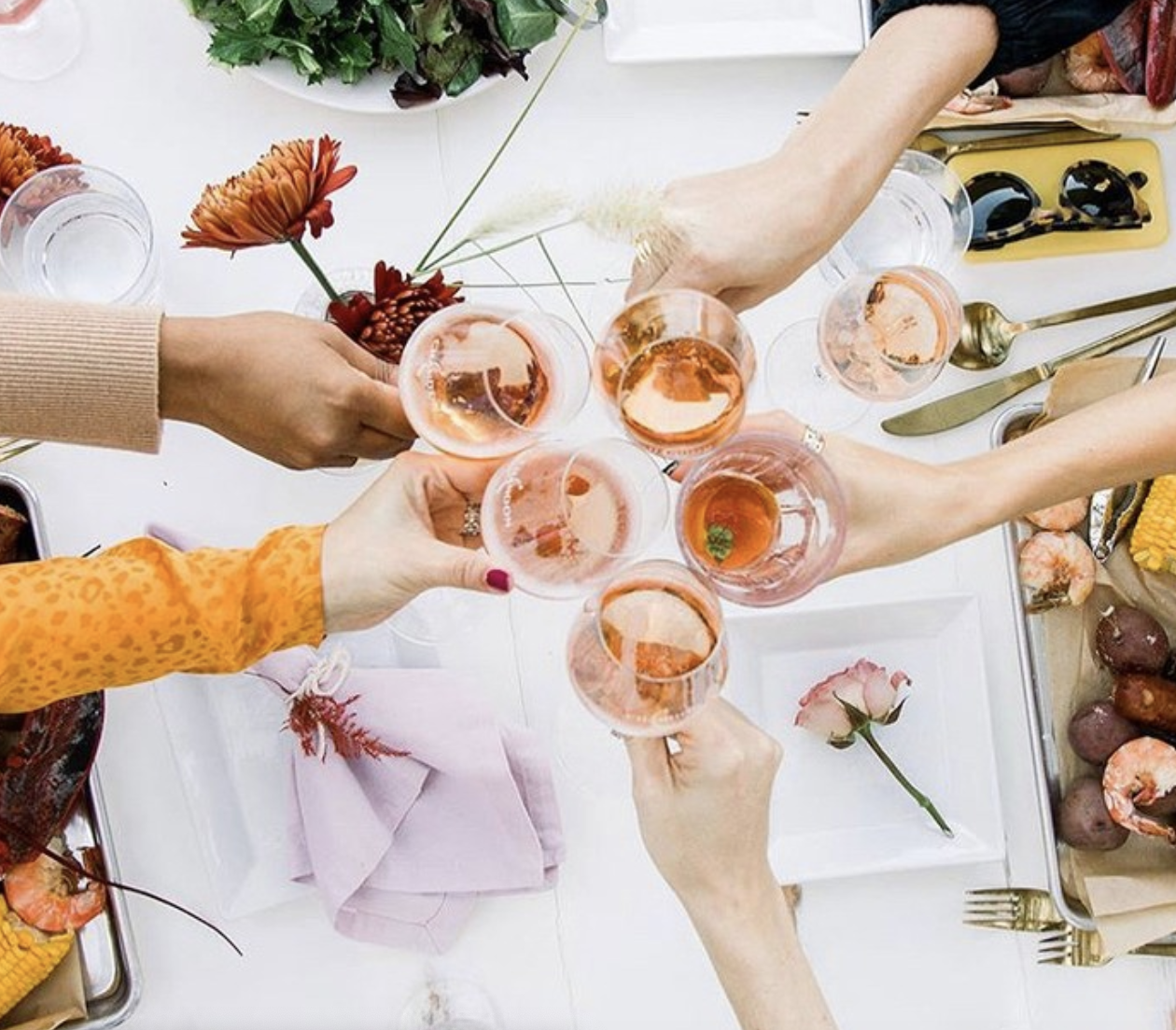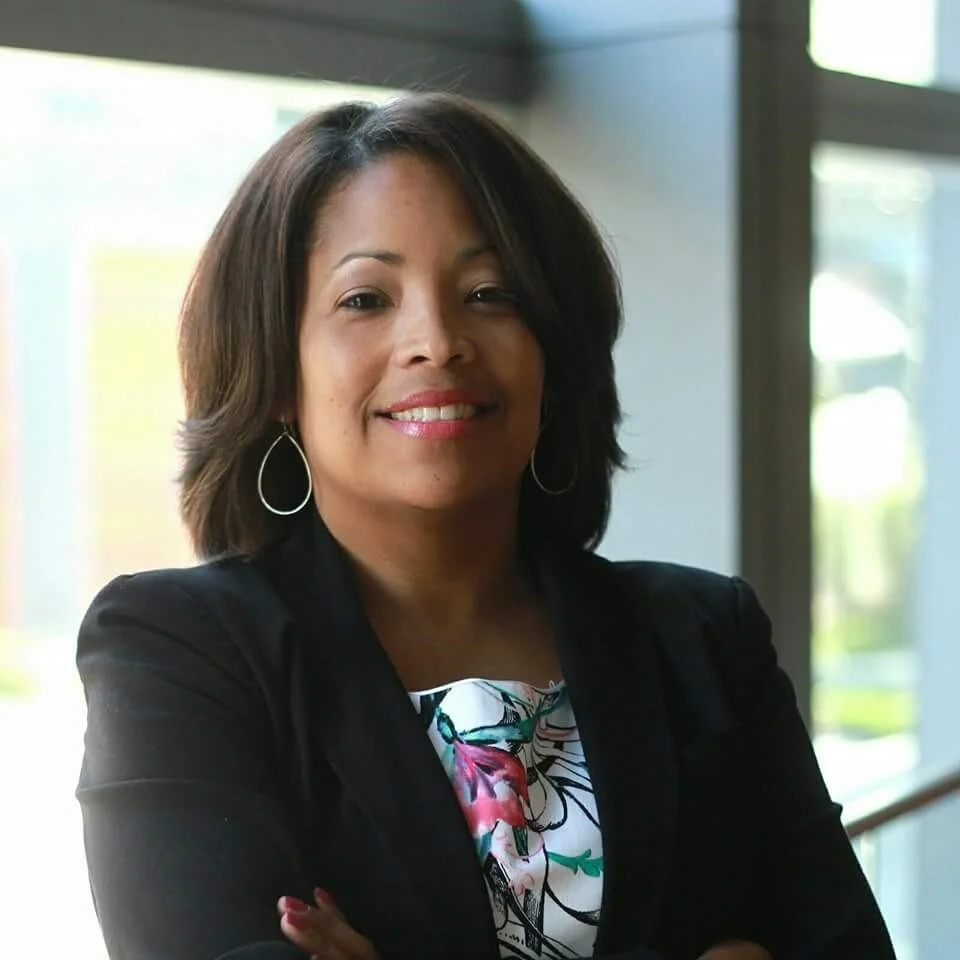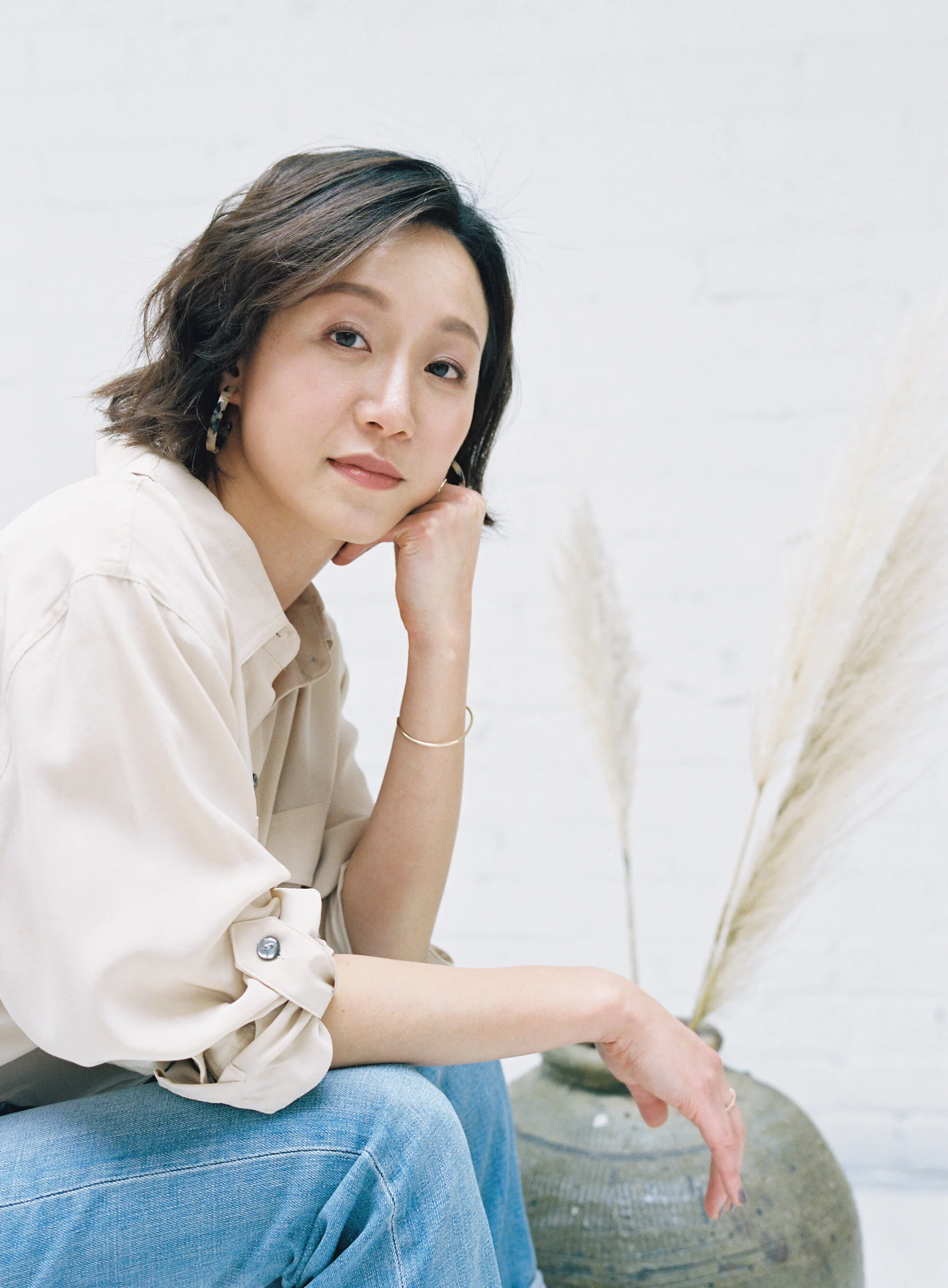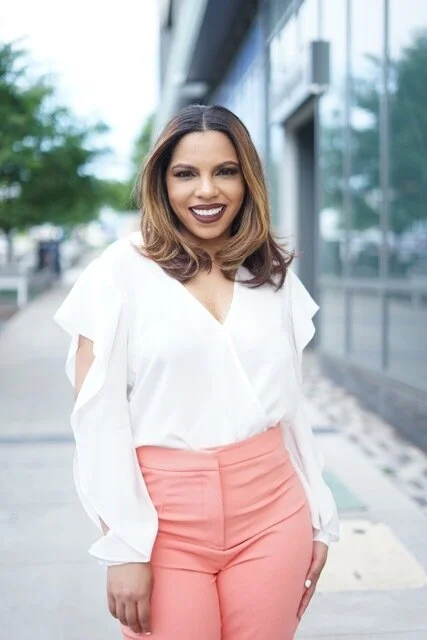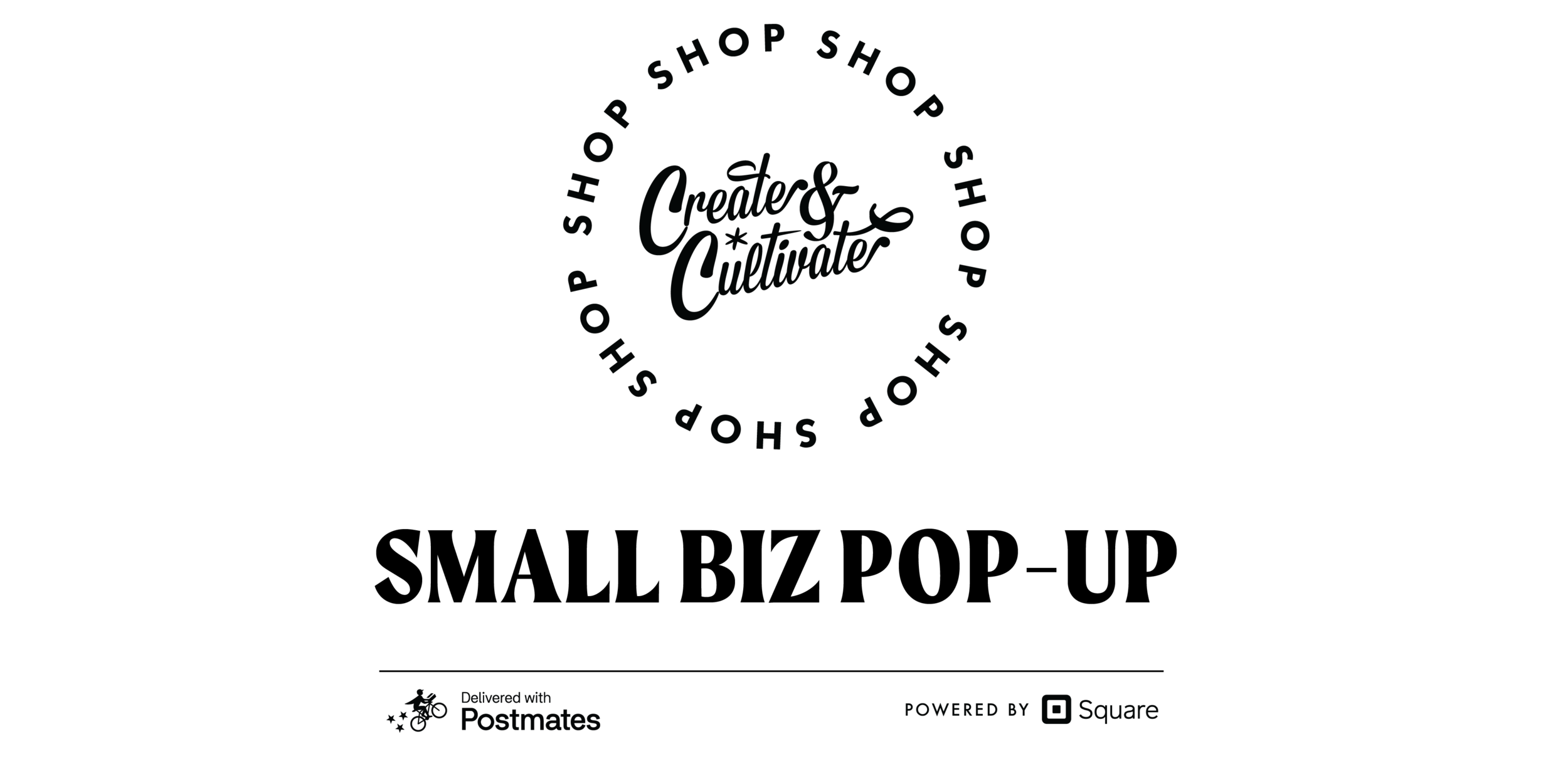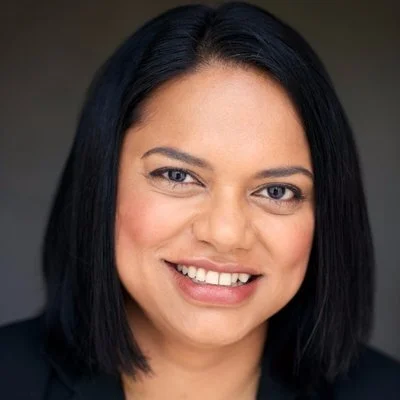Tiffany Yu on How Disability Accessibility Can Boost Business Success
After a traumatic car accident at age nine that left her with nerve damage, which limits the use of her right arm, Tiffany Yu has been on a fervent mission to change the conversation around disability, including in the world of business. It’s why she founded her company Diversability, which is led entirely by people with disabilities.
Originally conceived as a student club at her alma mater, Georgetown University, Diversability has evolved into an award-winning social enterprise with a network of over 80,000 people. The company aims to elevate disability pride through community, visibility, and allyship.
“I couldn’t find a place where I fit, so I created it,” shares Yu on the latest episode of WorkParty. Prior to starting her own company, Yu worked for Goldman Sachs, Bloomberg, and Sean “Diddy” Combs’ Revolt Media and TV. “My whole life up until now has just been open to opportunity,” she adds.
Much of Yu’s advocacy includes promoting the power of inclusion and disability accessibility in business. “There’s so much disabled talent out there,” she says, while also pointing to the massive consumer base that companies ought to tap into. The most recent data shows that up to 1 in 4 adults in the U.S. have some type of disability, according to the CDC. That equates to 27 percent of adults in the nation—all with unique perspectives, talents, and purchasing power who have the potential to drive substantial business growth.
“We are your consumers,” says Yu. “We have money, but who also has money? Our friends and family. If we love your brand, we’re going to go out and evangelize your brand as well and then that’s going to have that trickle out effect.”
The proof is in the numbers: Companies that prioritize disability inclusion and accessibility achieve on average 28 percent higher revenue, double the net income, and 30 percent higher profit margins, according to a report by the global professional services company Accenture.
When asked how companies can start thinking about disability accessibility, Yu notes that it starts with giving people with disabilities seats at the table and having the right people in the room. “When you hire disabled people into your company, we can help you think of innovative ideas or things you haven’t thought about before that can open up your brand or whatever you’re building to new audiences,” says Yu. If you aren’t in a position to be able to hire, Yu suggests bringing in a focus group, especially for direct-to-consumer companies.
Tune into Tiffany Yu’s episode of WorkParty where host Jaclyn Johnson learns more about her journey through adversity, building a community based business, and empowering others in the disabled community today.
RESOURCES
To connect with Tiffany Yu click here
To follow along with Diversability click here
To connect with Jaclyn Johnson click here
To follow along with Create & Cultivate click here
To submit your questions call the WorkParty Hotline: 1-(833)-57-PARTY (577-2789)
OTHER EPISODES YOU MAY LIKE
TV's Fave Mom Julie Bowen On Becoming a Momtrepreneur IRL
How Bridget O’Carroll Started Her Own Fitness Business While Still Working Full-Time for Google
How Tieghan Gerard Gained 5M Instagram Followers Without a Social Media Strategy
Despite Higher Rates of Profitability, Diverse Founders Still Don’t Receive Equitable VC Funding—But This Firm is Changing That
Of the $48 billion in venture capital up for grabs during the third quarter of 2022, Black entrepreneurs only received $187 million (or 0.43 percent) and Latinx, $2.7 billion (or 1.5 percent). Meanwhile women-founded companies were allocated only 1.9 percent of all VC funds last year, down from 2.4 percent in 2021, despite companies with diverse founders making up nearly 20 percent of all employer businesses, according to recent U.S. Census reports.
These are examples of the type of inequity in funding that, last year, made Laurel Mintz want to launch Fabric VC, a venture capital firm that works with underrepresented founders at the earliest stage of starting their companies. The firm focuses on Web3 consumer packaged goods (CPGs), consumerized healthcare and digital health tools, Gen Z and Gen Alpha fintech, plus platforms solving for the future of work.
At its core, though, Mintz says Fabric pairs together diverse founders with the funding they need and deserve—diverse companies are 36-percent more profitable than less diverse ones, according to McKinsey & Company’s The State of Diversity in Global Private Markets: 2022 report. And gender-diverse executive teams are 25-percent more likely to experience above-average profitability.
What’s worse is that whenever there’s a decrease in available venture capital, like during times of economic downturn and recessions, underrepresented founders are affected the most.
“Underrepresented, to me, is a holistic bucket,” Mintz says. “We are fully inclusive: BIPOC, female, and queer founders are all welcome and prioritized. It’s what’s best for the planet, for people, for purpose, and for profit.”
Shifting the venture capitalism landscape
The problem with venture capitalism, Mintz says, is that “it hasn’t really shifted since the beginning of time, and that’s because [people] who have money and power have no incentive to change it—even though we know that if diverse-run companies receive funding, they return at a better rate.”
Mintz is hopeful, though, that group efforts will be the catalyst for a foundational change. She shouts out Jesse Draper at Halogen Ventures and Arlan Hamilton Backstage Capital as two other key figures making funding more inclusive and diverse. “We are saying, what has happened historically cannot be the future of venture—we deserve more,” Mintz adds. “We’re hoping to create a new venture movement, honestly, one that isn’t so pale, male, and stale.”
Producing a pipeline to profitability
In 2009, Mintz founded Elevate My Brand, a digital marketing and events agency that’s worked with 204 diverse-run companies. “From the Elevate My Brand side of the business, we’ve seen how these companies evolve, how they grow from a baby startup to the growth stage, to a successful exit,” says Mintz.
So far, 75 of the companies she’s worked with through Elevate My Brand have gone on to successfully raise capital. “That’s a 37 percent raise rate, which is pretty unreal,” says Mintz. This type of early intervention model could help ensure diverse founders receive access to the resources they need to launch, and successfully scale, their companies at the point where an influx of venture capital could make or break their business plan.
Ultimately, though, Mitz believes it’ll take more than herself and Fabric or even a handful of VC firms focused on the diversification of venture capitalism to really make a difference—real change will require representation on both sides of the table.
“I would love to see more women, people of color, and queer people investing,” says Mintz. “It’s been a very interesting journey to talk with them and see how they invest differently.”
Written by Natalie Arroyo Camacho
How WFH Impacts People With Disabilities for Better and Worse
After completing an online master’s degree during the pandemic, Kate Thompson, 48, got offered a teaching position by the university. Due to a degenerative spinal condition, she was able to get an Americans with Disabilities Act (ADA) accommodation that allowed her to work remotely full-time, which was the only way to could have accepted the offer.
“The long commute and long days upright without brief periods where I could work lying down would not have been viable for me,” she says.
For Thompson (and the 26 percent of American adults have some kind of disability), this type of workplace flexibility was not as feasible before the COVID-19 pandemic because, historically, people with disabilities have primarily been hired for low-income jobs that require being physically present to perform.
However, the shift toward telework necessitated by state-at-home orders opened the door to more opportunities to WFH in various fields. During the pandemic, the portion of the labor force remote working leapt from 17 percent to 44 percent at WFH’s peak in 2020.
But today, workers with disabilities are more likely to WFH than people without disabilities (an estimated one in five). What’s more, people with disabilities who telework are more likely to be self-employed than people without disabilities. An estimated 4.4 million businesses started during the pandemic, and many entrepreneurs with disabilities were among them.
Why WFH isn’t a fix-all for people with disabilities
Although this shift has led to some meaningful progress in the workplace for people with disabilities, as well as neurodivergent individuals, it is far from a perfect solution. People with disabilities still face a wage gap (87 cents for every dollar people without disabilities make, according to the U.S. Census Bureau), toxic work environments, and stereotyping.
What’s more, only about 40 percent of people with disabilities are currently employed, compared with nearly 75 percent of people without, according to a January 2023 report by the U.S. Department of Labor.
Still, people like Jay (who is using a pseudonym) see it as a step in the right direction. An academic who lives with both cognitive and physical disabilities, as well as a compromised immune system, Jay says, “Working from home gives me the freedom to focus on tasks when I have the mental and physical energy for them, and also saves me energy that I would normally spend commuting to and from work.”
How telework helps people with disabilities balance work and life
Studies show that telework is associated with higher job satisfaction and lower rates of absence for people with disabilities. The study authors explain that WFH may reduce pain and fatigue, as well as offer workers more time for breaks and work-life balance, which both Thompson and Jay say makes working more feasible for them.
Jay also notes that pursuing their career from home kept them from burning out and compromising their health as a result. “When I realized this, I started working from home part-time, as well as getting other accommodations to make my [in-person] work environment more comfortable and accessible, like asking for a parking spot nearer my office than the regular employee parking or making sure my office is in a building with an elevator,” they say.
Where WFH levels the playing field for people with disabilities
Another way WFH culture has impacted people with disabilities, specifically those with speech impediments, is that more business is conducted via digital communication, like email and Slack, which allows for fewer meetings and stop-by-the-cubicle talks that normally happen in office settings.
Recently, John Moore, a marketing strategist who speaks with a stutter, told InclusionHub, digital communication levels the playing field in some ways. “It comes down to being stigmatized. People with speech difficulty get stigmatized for being less intelligent, less educated, and less capable. We know exactly what we want to say, it just may potentially take us longer to say it.”
For all these reasons and more, people with disabilities are keen to keep working from home, and above all, the National Organization on Disability supports flexible work policies, its associate director of special projects for the organization, Charles Catherine, told CNN.
What remote workers with disabilities gain in flexibility, they lose in visibility
Being able to work from home certainly has its advantages, but there are downsides to consider that can be especially impactful for already marginalized groups. For starters, WFH may negatively affect an employee’s ability to be considered for promotions and training opportunities.
Furthermore, according to researchers at Georgia Tech, telework also puts constraints on the scope of jobs, workplace environment, and networking abilities of those with disabilities.
It can also be lonely at times, according to Jay, who says, “Working from home when the rest of my coworkers are in person can feel isolating and make me feel disconnected.”
Another, less obvious downside is that it reduces the visibility of people with disabilities in workplaces, something Joshua Reeves, a campaign support officer with cerebral palsy, pointed out to Welcome to the Jungle, a company dedicated to recreating how people work.
“I always loved going out, catching trains and talking to people about disability rights awareness and campaigns,” he said.
How a return to office culture could impact people with disabilities
This new year began with a deluge of back-to-the-office orders and folks with disabilities who’ve benefited from working from home now face the potential of heading back to the office, which could undo some of the progress they’ve been able to make toward more equitable work environments during the pandemic.
Because each company can decide how its employees work, the ability to telework is decided on a case-by-case basis. “My current position allows me to work from home and teach online, but I know that my next position may not,” Jay says.
Thompson is in the same position. ”I think that in the near future, it is actually going to be much more difficult to get an accommodation that will allow WFH,” she says. “I think a lot of folks who have disabilities are going to start looking for other jobs that will let them continue at home.”
Written by Sarah Myers
What's The Difference Between Hispanic, Latino, Latinx, and Why Does It Matter?
While you may not know it from mainstream media and election coverage, Latine-American communities aren’t a monolith. We come in all shades, are from different countries and economic backgrounds, and have different generational statuses. Perhaps because of these differences, it’s hard to agree on a term to call people from Latin America.
Traditionally, we’ve been called (and refer to ourselves as) “Latinos,” but that was controversial because it’s the male term—and also reinforced the gender binary. People felt excluded and started creating more terms to refer to themselves and their Latine siblings. (I, for one, like Latine and Latinx.)
It’s all too easy to cast this information aside and instead refer to people however you see fit, like calling someone Latin when they specifically identify as Latinx. However, it’s still important to know that these terms exist, and understand the difference between them, especially when you’re making a concerted effort to invest your dollars in Latine-owned companies.
Zoila Darton, a Panamanian Jamaican Jew and founder of WORD Agency, puts it best: “At least through my lens of what it means to be Latina, there is no one way. You’re either in it or you’re not.”
There’s an ongoing conversation about Latinidad and who can claim it. For example, some people argue that if you don’t speak Spanish or if you’ve never been to your parents’ homeland, you’re “less Latine.” That’s not the case. If you identify your heritage as Latine, then you’re Latine.
All that said, the only way you should be referring to someone’s race or ethnicity is how the individual perceives themselves. The good news here is all you have to do is ask. Of course, you want to steer away from “Where are you from?,” so you may instead try “How do you refer to your heritage?”
The different terms used to demark Latin American heritage
Below are just a few terms that Latine people use to refer to themselves. There are, of course, other monikers, but these are the ones I’ve seen most often in the discourse, about what to call people with Latin American roots. Nothing is perfect, and that’s okay.
Hispanic
What’s perhaps most confusing about the “Is it Hispanic or is it Latino” debate is that the U.S. Census doesn’t differentiate between those two—choosing instead to group them together.
But there is a difference. According to Britannica, the term “Hispanic” is “a narrower term that includes people only from Spanish-speaking Latin America,” (aka people who hail from a country that was colonized by Spain). These countries include Mexico, Colombia, Puerto Rico, Cuba, El Salvador, and Guatemala.
Latino/Latina
The #LatinoGang movement that is reggeaton is perhaps the strongest evidence that Latin Americans (specifically from Colombia, Puerto Rico, Panama, and the Dominican Republic) refer to themselves as Latinos. Again, though, a lot of folks took an issue with how Latino is the male term for a group of people who aren’t just male.
An important note here: A Brazilian is considered Latine. However, since they were colonized by Portugal and speak Portuguese, they would not be considered Hispanic.
Latinx
Because Spanish is a gendered language, and because Latin American countries tend to be patriarchies, most terms to refer to groups of people default to the masculine. Additionally, with terms being masculine or feminine, many non-binary people felt excluded from Latino/a nomenclature.
But there really isn’t a way for everyone to be happy with just one term, so critics of “Latinx” have taken to saying that they feel this is a term imposed on them by white researchers (which, by the way, is untrue).
Latine
Many Spanish speakers felt Latinx didn’t quite roll off the tongue—and they were unsure if they could trust the people who coined the term. Spanish speakers who want a more gender-inclusive term feel more connected to this term because it shies away from the binary of “Latino/Latina” while still keeping to the traditional phonetics of their mother tongue.
Latin
During our conversation about the distinctions between these terms, Darton used the term “Latin” to describe a culture. When I asked her why she conceptualized her experience as “Latin,” she said it was largely about her musical-skewing upbringing.
When you think about it, Latine, Spanish-Language artists like Marc Anthony and Bad Bunny are categorized as “Latin” in Billboard and Rolling Stone.
Spanish
Remember that song, “The Motto,” by Drake? There’s an interesting lyric in there: “Some Spanish girls love me like I’m Aventura.”
He’s referring to Latinas but uses this misnomer. You might think, “Well, the girls speak Spanish, right?” And you’d be right, kind of. The term Spanish does denote a language, but in the sense of ethnicity and nationality, it only refers to someone whose homeland is the country of Spain.
Written by: Natalie Arroyo Camacho
35 Latina-Owned Businesses and Entrepreneurs To Know And Support Always
For seven years, the State of Latino Entrepreneurship Report has listed Latino-founded companies as “the fastest growing segment of the U.S. business population.” In 2018, findings indicated that Latino-owned businesses generated more than $460 billion in annual revenue while employing 2.9 million people.
According to the 2021 report, Latino-owned businesses are employing 55% more people than in 2007—compared to an 8% increase in employees at white-owned companies. Undoubtedly, Latinas are playing a strong roll in these favorable numbers.
In fact, over the last five years, 46% more Latinas have launched a business. Since 2007, the number of Latina-owned businesses in the U.S. rose to over two million, a growth of more than 87%. And it’s about high time these entrepreneurs and their businesses get the attention they deserve.
Here, we’re doing just that by focusing on these categories:
Beauty
Finance
Food and drinks
Lifestyle and wellness
Literature, marketing, media, and public relations
Spirituality
Keep reading to see the 35 strong Latinas who are blazing the trails for generations to come.
Beauty
Carolina Contreras, Founder of Miss Rizos
Identifying and impacted by a gap in the curly hair care market, Contreras set out to launch Miss Rizos (Spanish for curls) to fill it. Now, she’s grown it to a multi-national business with a salon open in her native Dominican Republic, which also sells apparel.
Shop apparel here.
Yasmin Maya, Founder of Birdy Lashes and Beauty
With a strong following of 1 million, Maya has established herself as a force to be reckoned with in the beauty industry. Her line, Birdy Lashes and Beauty, is vegan, cruelty-free, and features liquid liner, in addition to false lashes and adhesives.
Leah Guerrero, Founder of Brujita Skincare
Through faith and hard work, Guerrero's vision of a high quality, head-to-toe skincare brand has fully come into fruition. She founded Brujia Skincare in 2017 and in five years has grown it to offer makeup, facial cleansers, lip balms, and even candles.
Julissa Prado, Founder of Rizos Curls
Prado, a curly-haired Latina with Mexican roots, wanted to create something for women like her—and she did just that with Rizos Curls. The line offers anything a curly girl might need, like hair products, diffusers, and brushes.
Sandra Velasquez, Founder of Nopalera
In today’s saturated market, it’s hard to know which skincare brands you can actually trust. In Nopalera, Velasquez has created a trustworthy and Nordstrom-carried brand, and found a way to ensure that folks know Latin American hands can, and do, make luxury products.
Shop soaps, scrubs, and other goodies here.
Ana Nuñez, Founder of Vida Bars
Because Vida Bars are shampoos and conditioners that come in bar form, they’re a great eco-friendly option when it comes to haircare. Nuñez spent her entire adult life fighting her curly hair, a fact which she credits to society’s focus on taming and smoothing our strands.
Joanna Vargas, Celebrity Facialist and Founder of Joanna Vargas Skin Care
Vargas sees herself as a strong, Latina, female founder. She’s a big name in the beauty industry and often attributes her love of beauty and, in true Latinx fashion, says that her passion for skincare was sparked by her grandmother.
Finance
Katia Chesnok, Founder of Economikat
Chesnok is a financial expert based in Miami whose sole mission is to help her “amigas (girlfriends) get rich.” She offers helpful advice for upping your financial game—including her list of 50 side hustles and ways to make passive income. Her efforts to support Latinx communities have been featured on CNBC, Time, and Univision.
Giovanna “Gigi” Gonzalez, Founder of Gigi the First-Gen Mentor
A financial educator, speaker, and money coach, Gonzalez is the light at the end of the tunnel, for many first-generation Latinas navigating life away from their ancestral country. With almost 200k followers on TikTok, it’s clear that her efforts and teachings are making a large and necessary impact.
Sign up for her Investing for First Gen Wealth Builders course.
Jully-Alma Taveras, Founder of Investing Latina
Taveras is an award-winning, Latina, personal finance expert. In a 2020 tweet, she thanked her supporters for getting her nominated for not one, or two, or three, but four Plutus Awards—which she referred to as “the Oscars of personal finance.” Among others, she won the 2021 award for "Best Personal Finance Content for Underserved Communities."
Sign up for her introduction to investing workshop here.
Linda García, Founder of In Luz We Trust
In seven years, García turned $7,200 into $400,000+ (and counting) in the stock market—now she’s helping BIPOC communities to do the same. Through In Luz (Light) We Trust, she creates programs and workshops to teach people how to build generational wealth by investing in the stock market.
Enroll in her stock market deep-dive program here.
Jannese Torres, Founder of Yo Quiero Dinero
From her Instagram posts, her supporters can tell that Torres is living her best life. The Puerto Rican, personal finance expert has become work-optional, meaning she doesn’t work because she has to, but because she wants to. She is providing a blueprint for other Latinas to do the same through one-on-one coaching and workshops.
Food and Drink
Kayla Castañeda, Founder of Agua Bonita
With the recent spa water scandal, which saw the cultural appropriation of Latinx beverages known as aguas frescas, it’s refreshing to know that Castañeda's business exists. Agua Bonita produces canned, semi-sweet aguas frescas in classic flavors like agua de jamaica (hibiscus tea) and sandía (watermelon).
Add some aguas frescas to your cart here.
Veronica Garza, Co-Founder of Siete Foods
The name of Garza's brand is an homage to the number of members in her family: siete, which is the Spanish term for seven. With Mexican American and South Texan roots, food often brought her family together. Through Siete Foods, she’s making space for more Latinx folks at the table.
Get a taste of the brand here.
Yadira Garcia, Founder of Happy Healthy Latina and part owner of Loisa
Garcia is a certified natural foods chef and holistic health coach. She’s been featured on Thrillist for her cooking classes, which look to ancestral nutrition as inspiration. She’s also part owner of Loisa, a brand that provides classic Latinx spices and kitchen tools—like a tostonera, which is used to smash plantains.
Dalina Soto, MA, RD, Founder of Your Latina Nutritionist
A Dominican with strong ties to her culture, Soto launched Your Latina Nutritionist to put an end to chronic dieting. Her threefold mission is simple: heal clients' relationship with food, help them find health, and teach them positive nutrition.
Lifestyle and Wellness
Rebecca Alvarez Story, Sexologist and Founder of Bloomi
As a sex therapist and sexologist, Story is an expert in all things sex. She pooled that knowledge to launch the first sexual wellness brand to hit shelves at Target. Bloomi offers whatever one might need to set the mood for romance—including candles, massage oils, lubes, and sex toys.
Shop sexual wellness products here.
Cynthia Gonzales, Founder of Salvies Who Lunch
Known to her close friends as Cyn, this Latina entrepreneur created a much-needed community for Salvadoreans in Los Angeles, where there’s a large, and often underrepresented, population. Through her venture, Gonzales hosts events designed to connect and empower the people who share her homeland.
Karina Primelles, Co-Founder of Xula
Primelles co-founded Xula with her business partner Mennlay Golokeh Aggrey—making the brand a Latinx- and Black-owned business. The duo’s offerings include clinically-backed botanicals for all menstruators.
Cindy Luquin, MA, CSE, Founder of Sexual-Health Education Platform Pleasure to People
Luquin is a certified sexual health educator hailing from Guatemala. She's also proudly and openly bisexual. Luquin uses her platform to educate on sexual wellness, with short videos about the importance of foreplay, as well as certain STD prevention methods, like taking PrEP.
Publishing and Marketing
Daniella Pierson, Founder and CEO of The Newsette
When she was 19, Colombian American Pierson founded The Newsette, a wellness-focused newsletter company. Now, at 27, she’s worth $220 million—which makes her one of the wealthiest women of color on the planet. According to her feature on Forbes’ Billionaires section, she’s also “younger than just about any self-made female entrepreneur with a nine-figure fortune.”
Subscribe to The Newsette here.
Patty Rodriguez, Founder of Lil’ Libros
In the eight years since Rodriguez self-published her first Lil’ Libro, she’s turned it into a literary empire. The brand is an independent bilingual children's book publisher and has produced more than 65 books about Latinx icons including Selena, Celia Cruz, and Frida Kahlo.
Karina Martinez, Founder of The Avana House
With Cuban ancestry, Martinez is a self-described Queer Latina, who’s the brains of the operation that is The Avana House—a public relations agency dedicated to amplifying Latinx voices and stories. She largely represents Latinx-founded brands to prevent the erasure or appropriation of our customs.
Follow her company on Instagram here.
Katelina Eccleston, Founder of Reggeaton Con La Gata
Eccleston built something amazing from the ground up: the first woman-led platform dedicated to analyzing and chronicling the history of reggeatón. She’s been tapped for her expertise by Teen Vogue as well as Univision, and was profiled by HuffPost.
Zoila Darton, Founder and Creative Director of WORD Agency
If you ask Darton what she does, she’d respond, “I make things, connect people & take care of my son.” Through WORD Agency (the acronym standing for “we open real doors,”) she’s conceived an Afro Latina-owned, creative marketing agency, as well as a thriving community.
Listen to her appearance on the Fun Forever podcast here.
Spirituality
Samantha Santiago, Manifestation Coach and Spiritual Guide
What exactly does a manifestation coach and spiritual guide do? Well, Santiago helps “Latinas and BIWOC reclaim their wildest dreams.” She does this by sharing vulnerable videos to Instagram—like this one about healing anxiety and depression—and offering one-on-one sessions.
Book a yogic healing session here.
Miguelina Rodriguez and Griselda Rodriguez-Solomon, Founders of Brujas of Brooklyn
Afro-Dominican identical twins, the Rodriguez'—who each earned PhDs in social sciences—have been on the forefront of destigmatizing brujería and spiritual practices. As the Brujas of Brooklyn, the sisters blend their academic and spiritual knowledge to teach people how to be more in control.
Christine Hernandez, Author and Founder of The Maltyox (Gratitude) Method
As a Guatemalan and Mexican woman, Hernandez embraces her Mayan culture as an important part of her identity. She uses her platform to help other folks embrace indigenous same practices.
Kim Guerra, Healer and Founder of Badass Bonita
At the heart of Kim’s work as a healer is the premise of revolutionary self-love. She encourages people to accept the parts of themselves that they’ve previously shied away from, and instead use those emotions for good—like to achieve their personal and professional goals.
Alex Naranjo and Marlene Vargas, Founders of House of Intuition
Naranjo and Vargas are a married couple who founded House of Intuition at a pivotal moment in their lives. Intimately familiar with the power of magic, they launched their brand to inspire others to tap into their own intuition, which they refer to as the source of their magic.
Jasmin Alejandrez-Prasad, aka Esoteric Esa, Astrologer, Numerologist, and Writer
Think of Alejandrez-Prasad as your esoteric homegirl. An astrologer and numerologist, she’s been quoted in Refinery29, Well+Good, and Bustle. She’s also a prolific writer with bylines in Cosmopolitan, Popsugar, and Hip Latina.
Stephanie N. Campos, Astrologer, Healer, and Writer
A Mexican American astrologer, Campos has been tapped by Cosmpolitan, as well as Well+Good for her otherwordly intel. Her work for the former is a monthly horoscope while the latter sees a column devoted to horoscopes for new moons and full moons.
More Latinas to know
Gina Moreno, Content Creator
The largely-white, male-dominated tech industry can be an intimidating for Latinas who don’t quite fit that mold. In former times, someone like Gina might have not wanted to share her experiences in the field, fearing retaliation. But that made it all the more isolating and Moreno is creating content that reminds Latinas they’re not alone in their struggle.
Read her helpful content here.
Patty Delgado, Founder of Hija De Tu Madre
Literally, hija de tu madre translates to daughter of your mother—but that misses the nuance of this well-intentioned backhanded compliment. There isn’t a literal translation but the phrase is ofted used as a response to someone being sassy. In every sense of the word, Delgado centers Latinidad in her pieces. For instance, she offers gold-plated necklaces for basically every country in Latin America.
Cyndi Ramirez-Fulton, Founder of Chillhouse
Ramirez-Fulton created Chillhouse to curate self-care treatments to ensure your vibe is, well, chill. On the website, users can shop myriad products for their next night in, like nail sets, apparel, candles, and face oils.
Written by: Natalie Arroyo Camacho
BIPOC Women Don't Yet Receive 1% of Business Funding — Here's What Needs To Change
According to Harvard Business Review, Black women are the fastest-growing group of entrepreneurs in the United States. Still, when securing funding crucial to their business' success, Black women business owners receive less than one percent of total financing (.34 percent, to be exact). Despite Black-owned companies generating employment opportunities; providing new and inventive technologies, products, and services; and revitalizing communities, they often struggle due to this lack of capital.
To put this funding gap into perspective: Black-owned businesses only receive funding 18 percent of the time, and their capital averages $35,205, according to a report from Fundera, a financial resource for small businesses. Meanwhile, 59 percent of white-owned business owners receive assistance, and their startup capital averages $106,720, according to that same report. What's more, according to the "State of Minority Business, March 2022" report by Creative Investment Research, 40 percent of Black Business owners didn't even apply for financing because they were discouraged from doing so.
Clearly, changes need to be made at every level for funding to become truly equitable. Here's what needs to change.
1. Continue dismantling systemic disenfranchisement
Systemic and historical disenfranchisement has long presented obstacles for Black women and women of color. These hurdles still create income inequality for Black entrepreneurs, which can, in turn, limit their financial freedom if they decide to start a business. A United States Department of Labor report states that Black women earn 63 cents for every dollar earned by white men, and where the educational level is the same, Black women earn just 65 cents to the dollar.
2. More transparency about the road to funding
For BIPOC entrepreneurs, finding funds outside of self-funding their own business is categorically challenging. Finding the right source of funds can feel daunting, so Bank of America has partnered with Seneca Women, a global platform committed to making the world more equitable for women and girls.
Together they've created Capital Directory for Black Entrepreneurs and Capital Directory for Women Entrepreneurs, vast databases and directories that make it easier to find hundreds of organizations that provide funding for Black-owned and women-owned businesses in the United States. The featured sources of capital can even be segmented to isolate aspects of the directory, such as available funding from:
Community Development Financial Institutions (CDFIs): Nonprofit loan funds or grants that can also provide advice and mentorship
Venture Capital and Angel Investors: Primarily firms and individuals seeking to invest in startups
Award-based funding: Grants typically from the government, corporations, foundations, or individuals, where repayment is usually a non-factor
Loan Funds: Lines of credit and secured and unsecured loans from nonprofit organizations, investment funds, and nonbank corporations and institutions
Crowdfunds: Funding that's usually made available, amplified, and advertised through social media and crowdfunding sites where individuals in large numbers financially back a new business.
In addition, the Tory Burch and Bank of America Capital Program is yet another initiative to give women small business owners more affordable options. They are helping these entrepreneurs in areas of access to networking opportunities and beyond.
3. More resources and mentors need to be made available for Black-owned brands
Part of the path to equity for Black women-run businesses is making clear access to resources and mentors, who can help you to shape the future of your business. Bank of America has compiled credit and funding resources that provide valuable information for new entrepreneurs, long-term business owners, and those contemplating starting their businesses. Whether deciding between a line of credit, a business credit card, or questions about small business administration loans, you can navigate through this repository to find answers to many of the questions that may be challenging you today.
For those entrepreneurs looking to connect with a mentor or have your problem solved, there are ample opportunities to connect with likeminded individuals at Create & Cultivate in-person events. Sign up to attend our next events Wellness Means Business (October 1, Los Angeles CA) and Small Business Summit (October 16, New York, NY).
This Black-Owned Company's CEO Is Disrupting The Beauty Industry
When Piersten Gaines set out to learn if other women were having negative salon experiences like herself, she had no idea that she’d end up interviewing 300 women with traumatic stories. There was a consensus that they all had to deal with stylists not trained in textured hair, all while being a demographic who already spends nine times more than others on hair care, according to her. Gaines saw this as a huge gap in the market, and sought out the opportunity to build the black-owned business taking over Dallas, Texas, Pressed Roots.
Today, the business school graduate is a full-fledged entrepreneur and CEO for Pressed Roots, a brand of salons with trained stylists that are combatting a well-known problem with the beauty industry--not having enough diversity. It's the blow-out bar for textured hair women. From pop-ups where she learned about the customers and what they really needed, to raising 3.1 million in funding, Gaines is creating a more inclusive space for BIPOC women. Click play below to see how she used her background in business marketing to build a brand that has expanded in Dallas.
LISTEN TO THE FULL EPISODE
RESOURCES
To connect with Piersten Gaines click HERE
To connect with Jaclyn Johnson click HERE
To follow along with Create & Cultivate click HERE
To submit your questions call the WorkParty Hotline: 1-(833)-57-PARTY (577-2789)
SHOW OUR SPONSORS SOME LOVE!
Nuuly | Nuuly is already a great value at just $88 a month for any six styles, but right now you can get $10 off your first month off Nuuly when you sign up with code PARTY10.
Gusto | Right now, Gusto (GUST-OH) is offering our listeners three months FREE at Gusto.com/PARTY. Get easy payroll, benefits, HR, and a happier team
OTHER EPISODES YOU MIGHT LIKE . . .
Revolutionizing an Untapped Market with Liz Lange, Iconic Designer & CEO of Figue
How One Woman Used TikTok To Land a Job Promotion
Pietra COO, Tala Akhavan on Balancing Work, Motherhood, and Access to Female Entrepreneurship
Using Technology to Drive Social Impact with AllVoices Founder, Claire Schmidt
Understanding the Metaverse And Your Part In The Inclusive Internet
My vision for an inclusive internet is two-fold. First, it will drive more equal access to the discovery of information. Second, it will celebrate every human’s uniqueness.
A more equal society benefits everyone, not just those who have been systematically oppressed. The same can be said for our digital society which is now so intricately linked to “real” world events. When I think of an inclusive internet, I see digital products taking proactive (and not reactive) measures to look after the people on their platform. I see algorithmic bias as a top priority, and not a factor that further drives inequity. In the inclusive internet, I see a place with more ownership of our experiences and control over what we’re influenced by. It’s a place where moderation tools do not further victimize people.
You’ve likely heard the buzz around the metaverse lately. The metaverse presents an interesting lens for us to consider what an inclusive internet could look like because it’s still in the beginning stages. If the last 15 years have proved anything, it’s that we can no longer afford to be naive when it comes to building new spaces for humans to connect.
For those interested in the hype around the “metaverse,” but aren’t sure where to start – don’t worry. Even though the term took to the masses when Facebook rebranded itself as Meta, it was a term first coined by Neal Stephenson in his 1992 sci-fi novel, Snow Crash. The novel depicted the metaverse as a 3D virtual world where people walk around as avatars and interact with each other, and computer-generated characters. This depiction has framed what a lot of technologists, venture capitalists, and entrepreneurs are thinking when they picture “the metaverse.” If you’re thinking, “How did I miss all of this?” — fear not because metaverse doesn’t actually exist yet (only fragments of it do).
It also won’t be some sci-fi futuristic land that results in none of us interacting IRL. My vision for it is purely additive versus an alternate reality to our daily lives. The reason I’m mentioning any of this is that the metaverse is an evolution of our understanding of the potential capabilities of the internet. As with any evolution, this provides an opportunity for reflection.
So, if the dawn of a new type of internet is upon us, how can you play a part in making it inclusive?
1. Advocate for better moderation tools.
Consent should be built into all features across any platform. This should not be an afterthought or a list of terms and conditions that no one reads. Digital privacy commonly affects women, similar to how physical privacy affects women in our real world, and the tools needed to prevent harassment and enable consent do not currently exist in a meaningful way online. While there will always be bad actors, existing platform moderation tools have often been reactive. As it stands, the status quo for report/block tools looks a lot like someone telling me to “walk in well-lit areas” and “don’t wear short skirts.” These tools are inherently biased (They’re mostly made by men.), and not protective enough. They further place the burden on the victim to protect themselves, and they rarely hold the harasser accountable.
There's a huge opportunity for technology to do better here. As we build these new platforms in the metaverse (three-dimensional or otherwise), it is important to consistently advocate and demand better moderation tools. If you want to get more involved, check out the Center for Humane Technology.
2. Find your people.
Social platforms have become too big and too broad. While platforms like Facebook and Instagram became known as social gathering spaces, they are now marketplaces for small businesses to launch and advertise products to millions. Platforms shouldn’t make you work to find the things you want to read in favor of their own monetization strategies. Be more intentional with how you spend your time, find platforms for all the different interest areas you have, and hang out with people in those places.
3. Be wary of sensationalist content.
Algorithms favor “hot takes.” The content you see on your Twitter feed is typically sensationalist content that drives more views, and when there are more views, Twitter gets more ad dollars. Are you caught in the hype? Do you find yourself negatively impacted by the content you’re viewing? Does the content you’re reading seem wildly speculative? Stop yourself!
Platforms that contribute to an inclusive internet will better align their financial models with their user base instead of monetizing off said users. For example, it is possible that platforms in “the metaverse” can create business models via tokens that provide monetary incentives for sharing higher-quality content. This will hopefully create more aligned financial models that benefit both the platform and humans on the platform.
4. Embrace your uniqueness.
Algorithms are as biased as the people who build them. The inclusive internet has the opportunity to not celebrate everyone looking exactly the same. Due to many platforms’ focus on photo-sharing, algorithms have forced us to present ourselves in a very unnatural way that doesn’t celebrate our individuality at all. To share “successful” content on the platform requires you to bow to the algorithm being pushed to people who already elected to follow you. Look to engage with platforms that go below the surface level, platforms that focus on everything apart from your appearance – like your unique knowledge, stories, or experiences.
5. Share your shadow.
Life online is a partial representation of the people we actually are. As a result, we ignore the darker sides of life in favor of “social peacocking.” Play a part in defining the inclusive internet by questioning the content you’re sharing, and practice being more authentic with what you share. Our move towards the metaverse could enable this more successfully, especially with the emergence of digital identities.
Remember: Being yourself is one of the most powerful things you can do online. Don’t ignore the less sunny side of life; it's what makes you human.
About the Expert: Emma Bates is the Co-Founder and CEO of Diem, a social networking platform created for women. The social media alternative is a search engine powered by an incentivized community of female & non-binary knowledge-sharers.
22 Powerful LGBTQIA+ Leaders, Educators, and Advocates to Follow and Support Now and Always
Listen, learn, and advocate.
Until last year, federal law in the U.S. did not protect employees from discrimination based on sexual orientation or gender identity—that means just over half (52%) of LGBTQIA+ people in the U.S. lived in states where they could be fired, refused a promotion or training, and harassed at their jobs based on their gender identity and sexual orientation.
It’s little wonder that LGBTQIA+ workers experience high rates of discrimination when looking for work and on the job. In fact, 25% of LGBTQIA+ people reported discrimination based on sexual orientation or gender identity—half of whom said it negatively impacted their work environment, according to the 2018 MAP report—and 27% of transgender workers reported being fired, not hired, or denied a promotion in 2016 to 2017.
Last June, the U.S. Supreme Court took a long-overdue step in ending these discriminatory practices by ruling that the Civil Rights Act of 1964, which prohibits employment discrimination based on race, religion, national origin, and sex, also applies to discrimination based on sexual orientation or gender identity. And though we are seeing some progress on state-level legislation, there is plenty that needs to change.
LGBTQIA+ voices are still underrepresented in the workplace and in the media. Last year, Fast Company partnered with Lesbians Who Tech & Allies to compile the Queer 50—the first-ever list of LGBTQ women and non-binary innovators—recognizing the need now more than ever to highlight queer trailblazers and advocates across the tech, finance, venture capital, media, and entertainment industries. For their inaugural Pride issue, The Hollywood Reporter honored 50 of the most powerful LGBTQ people in the industry who are making global culture more inclusive.
It’s as Billy Porter so poignantly put, “We as a nation are at our tipping point, the tipping point. One that has been heating towards boiling over for hundreds of years.”
So, we’re using our platform to celebrate and amplify powerful LGBTQIA+ leaders, innovators, and change-makers to support and follow today and every day. This list is ongoing and we plan to continue updating it with more voices who inspire us with their story and their mission.
Ashlee Marie Preston
Cultural Commentator, Social Impact Strategist, Political Analyst, and Civil Rights Activist
As the first trans woman to become editor in chief of a national publication and the first openly trans person to run for state office in California, Ashlee Marie Preston has become a powerful voice for the LGBTQIA+ community on intersectionality, representation, and humanization. “As a black trans woman, I never experience discrimination on a single axis,” she said at our STARZ Summer Speaker Series. “I experience everything at the intersection of race, gender, socio-economic disparity so I felt like all the cards were stacked against me… I got really sick and tired of people presenting us as these hyper-sexualized characters that existed to satisfy a man’s libido. We’re so much more than that.” Preston encourages all of us to be just who we are. “Don’t be afraid to take up space,” she went on. “You should never have to shrink your fatness, your blackness, your brownness, your transness, your queerness.” We couldn’t agree more.
Indya Moore
Actor, Model, and Writer
Indya Moore skyrocketed onto our screens as the aspiring model, Angel Evangelista on the hit FX series, Pose (which features more transgender actors than any scripted television series in history) but the model and actor is also highly regarded as a thought leader and activist and was honored on the Time 100 list as one of the most influential people of 2019. They use their social influence to create awareness and opportunity for marginalized communities, particularly Black trans women. Their work and message have both garnered the attention of fashion brands including Nicolas Ghesquière of Louis Vuitton who featured Moore in the luxury brand’s pre-fall 2019 look book, alongside Michelle Williams and Jennifer Connelly and made them the host of Vuitton’s Paris fashion show. Prabal Gurung sat Moore front row at his fashion show while Joseph Altuzarra took them to the Tony Awards as his date.
Brit Barron
Speaker, Teacher, and Author
In her book, Worth It, Barron shares her story of growing up in an Evangelical megachurch in the '90s where she eventually became a pastor at 26. She eventually met Sami, left the church, came out, and got married. Since then, she has pursued her passion while encouraging others to turn their fears into courage and live a fuller, more vibrant life. As she writes on her website, “choosing freedom is always worth it no matter the cost.” With 10+ years of experience in diversity and inclusion work, Barron recently created a 65-page digital guide Understanding Racism 101 to start educating yourself and for those around you who are asking where to start.
Buy her book and buy her digital guide.
Erica Chidi
CEO and Co-Founder of Loom
It was during her first year as a practicing doula that Erica Chidi had an epiphany and the seeds were planted for what would later become an inclusive wellness space, LOOM. “I looked at the pregnancy, parenting and reproductive health education industry and looked around and realized there was inertia,” she told us in her CC100 2018 interview. “There had been very little innovation and didn't reflect what myself or other people like me would want. It still felt hyper-feminine, dogmatic, essentialist, and polarizing. There wasn't a fresh, moderate, evidenced-based, and inclusive brand that brought together a lot more untraditional modalities and yet worked side-by-side with the medical community to give people better overall outcomes in their pregnancy, their parenting, their reproductive health experience.” Now her vision is a reality. With a focus on sexual and reproductive health, LOOM provides health education to empower everyone. “When people have body literacy and can advocate for themselves, they have better health outcomes. That’s what women and people of color need,” she told Kinfolk.
Liz Kleinrock
Anti-Bias, Antiracist (ABAR) Educator, and TED Talker
We’re often told that religion and politics (and money or consent) are strictly off the table and not open for discussion, but anti-bias anti-racist educator-in-progress Liz Kleinrock strongly believes that we should be discussing these topics often and from an early age. As she explained on the TED stage, “deliberate avoidance of these conversations speaks volumes to our students because kids notice when their teachers—when their textbooks—leave out the voices and experiences of people like women or people of color. Silence speaks volumes.” The key is to break it down into a format that is accessible for young learners.
And if you think kids are too young to learn about issues of equity then hear it from them, in their own words: "We're big enough to know about these things because these problems are happening where we live. And we have the right to talk about them because it will be our life in the future." Hear, hear.
Raquel Willis
Writer, Activist, Media Strategist, and Founder of Black Trans Circles
Through her initiative, Black Trans Circles (BTC). Willis is developing the leadership of Black trans women in the South and Midwest through the creation of healing justice spaces to help heal oppression-based trauma and incubate community organizing efforts to address anti-trans murder and violence. In an excerpt for the NY Times she wrote: “As a writer and a media creator, I want to liberate others and help elevate voices that are often the target of ridicule and erasure. So many of my Black trans sisters have been denied the chance to share their stories and it is my duty to them to help expand that master narrative while also expanding the narrative of queer and trans folks in general.” Here’s to more progress and narrative shifting.
Ashley C. Ford
Writer, Host
If you aren’t familiar with Ashley C. Ford’s work, then we suggest you read this powerful profile she wrote on Serena Williams, or this one with Anne Hathaway, and start following her on Twitter, ASAP. Her work, which has been featured in almost every publication both physical and digital from The Guardian to ELLE and The New York Times, doesn’t shy away from traditionally taboo topics in her work from race to sexuality, and body image. She is also the host of the Brooklyn-based news and culture TV show (and podcast!) 112BK and is in the process of writing her memoir, Somebody's Daughter.
Roxanne Gay
Writer and Author
“As a black woman, as a black queer woman, specificity is incredibly important, because diverse experiences are rarely seen in literature,” she tells The Guardian. It’s racial honesty like this that has positioned Roxane Gay firmly on our must-read list ever since she landed on the literary scene with her The New York Times best-seller, Bad Feminist—a collection of essays spanning politics, criticism, and feminism. She has written several best-sellers since then including Difficult Women, Hunger, and Not That Bad, among more. And while some of her books about her experiences are hard to read, Gay encourages us to read the stories of other lives, of difficult lives, of different lives to engender empathy and understanding. “I read everything. The No 1 thing I tell my students is read diversely,” she explains. “And I’m not talking about demographics, though that’s part of it. Aesthetic diversity, genre diversity. It matters because it just makes us better informed, and it protects us from our worst instincts.”
Janet Mock
Writer, Director, Author, and Advocate
As a writer, director, author, and advocate Mock has brought the stories of other trans and gender-nonconforming people to life, including her own. In her memoirs, New York Times best-seller, Redefining Realness and Surpassing Certainty, Mock shares her struggles with identity, recognition, and purpose and in a world without a roadmap to guide her forward. Now she is bringing the power of representation from the pages of her books to our screens with the hit FX series, Pose. “The fact that I get to go on set and supervise production, write scripts, direct ... it's astounding," Mock tells NPR. "I watch the monitors sometimes ... with tears in my eyes, realizing that these were the sort of stories that I was craving as a young person. There's no over-explaining of our experiences. ... It's just: 'Welcome to our world.'“
Billy Porter
Actor, Singer, Writer, and Director
He is renowned for his showstopping red-carpet outfits (who could ever forget this Met Gala moment) but Billy Porter’s influence reaches much further than his fashion style. The singer, writer, director, and actor (he stars on the FX series, Pose) is a passionate advocate for the LGBTQIA+ community. In a recent video on his Instagram page, Porter shared his message for America, calling for action and advocacy for Black non-gender conforming and trans people. "As Black people, we risk our lives every time we leave our homes. As queer people of color that risk is doubled," Porter said. "We move about our days sucking it up, hiding our pain and terror from the world, trying to make ourselves small, so white people and straight people feel comfortable. Our parents try to prepare us for the realities of this world: the fact that the playing field is not leveled, the laws that protect white people do not do the same for us, and that we have to be at least 10 times better at anything we choose to do in life to simply get in the rooms where things happen."
Shantell Martin
Artist and Producer
Exploring themes such as intersectionality, identity and play, Shantelle Martin is a cultural facilitator. Her work has garnered the attention of major brands that resulted in collaborations with Nike, Vitra, Max Mara, Tiffany & Co., and in 2018, Puma launched a global capsule collection featuring her drawings. Her live art performances are visually arresting and take you into her signature stream-of-consciousness and meditative process—watch this monologue and you’ll see why. Her work is a powerful exploration of intention, purpose, and exploration of humanity.
She explained this process in her CC100 2019 interview: “Intention is a very powerful aspect of existence. Essentially, and I think many people whether “artists” or not, can relate to being fueled by a purpose or the search for purpose. This purpose is like the internal line which for me becomes something external with the lines of my art. I have a purpose which is very much tied to exploring the essence of humanity and the world… it comes from a place of pure curiosity and empathy and I feel that intention to connect with the deepest part of myself and YOU is a universal feeling.”
Blair Imani
Educator, Historian, Author, and Influencer
After she realized that the history many of us have been taught was seriously flawed, historian Blair Imani dedicated her career to educating folks and opening people’s eyes to the systematic oppression that endangers marginalized individuals today. She has authored the books “Modern HERstory: Stories of Women and Nonbinary People Rewriting History” and “Making Our Way Home: The Great Migration and The Black American Dream” all while educating the public on institutionalized bigotry via Patreon.
Ingrid Nilsen
Content Creator, YouTuber, and Host of One Step Podcast
Ingrid Nilsen came onto the scene with her first video in 2009, now the California native has over three million subscribers on YouTube and is basically a household name when it comes to beauty and wellness advice. But in June 2015, Nilsen released a coming-out video that went viral (it now has over 17 million views) and she has been a vocal advocate online for the LGBTQIA+ community ever since with videos that cover the best LGBTQIA+ places in New York to the 3 LGBTQ people who inspire me. She has also helped call attention to efforts to repeal the tampon tax and voting, and she’s the host of @onesteppodcast.
Nicolette Mason
Brand Strategist, Creative Consultant, and Contributing Fashion Writer
Nicolette Mason has always amplified marginalized voices and been a true ally and advocate for the diversity and inclusivity movement as it relates to size diversity, LGBTQIA+ inclusion, racial diversity, and more. In addition to her work as writer, she is also a creative consultant and brand strategist working with brands like Target, Dove, and Barbie on diversity and inclusion initiatives. After nearly a decade of working in the fashion industry, she launched Premme, a body-positive plus-size fashion destination, with her friend and business partner Gabi Gregg in July 2017 which has since shut down but as they’re Instagram states, “the premmories will last a lifetime.”
Follow Nicolette on Instagram.
Angelica Ross
Actor, Writer, Producer, and Founder of TransTech Social Miss Ross Inc
Angelica Ross made her debut as Candy Ferocity on Pose, but she’s been a leading figure in the movement for trans and racial equality. When you consider the statistics—72% of trans homicide victims between 2010 and 2016 were black trans women and femmes—it’s easy to see why Ross wants to ensure that these women aren’t reduced to a statistic. “In a situation where black trans women are being killed, who am I to think that I'm so special, that I would make it out alive?” she told ELLE. “It's usually the dark-skinned, black, trans women that are being murdered, and out of that group, that would be me. That would be Candy.”
As the founder of TransTech Social Enterprises, Ross is working to empower trans and gender-nonconforming people through on-the-job training in leadership and workplace skills. As a powerful speaker, she tours nationally to share her mission with business leaders, educators, and the President of the United States.
Megan Rapinoe
Co-Captain of the U.S. Women’s National Soccer Team
Ever since she co-captained the U.S. Women’s National Soccer team to win their fourth World Cup title, the outspoken Megan Rapinoe has emerged as a new kind of activist athlete who’s unapologetic approach has inspired millions of fans around the world. In addition to gender equality, Rapinoe has spoken out on social injustice (she took a knee to protest racial inequality and spoke openly against mass incarceration), and along with her team, took the U.S. Soccer Federation to court over pay equity. Now, that’s someone who uses their social influence for good.
Mikaela Straus, King Princess
Singer, Songwriter, Instrumentalist, and Producer
Twenty-one-year-old singer, songwriter, and producer, Mikaela Straus aka King Princess is bringing a young queer perspective to pop. Her song 1950 has clearly struck a chord with fans with 124 million plays on Spotify. As Rolling Stone describes King Princess as “a young woman supremely confident of both her sexual identity and singing ability” and the self-assuredness isn’t an act. “I want to get to a place where the story is less about me and my face and more about what the fuck’s going on in this world. How I can be an active voice for gay people but also the music industry,” she tells Rolling Stone. “This is the art we need right now. This is what we need right now. We’re in a renaissance, and we need people to rebel, come forth, and bring messages into art.”
Follow King Princess on Instagram.
Jonathan Van Ness
Hairdresser, Host, Getting Curious, and Star of Netflix’s Queer Eye
We all know Jonathan Van Ness (JVN) as the grooming expert on the hit Netflix series, Queer Eye but it’s his positive outlook and ability to help people see the beauty in themselves that made us all fall in love with him. And that bright outlook and larger than life personality still shine when the camera’s turned off. In real life, JVN is even more wonderful but beyond that, it’s his acceptance of people for who they are and a yearning to know more about the world and his place in it that has amassed millions of fans from around the world. Now he shares those stories on his Getting Curious podcast including his own in the best-selling memoir, Over the Top which details his HIV-positive status and history of addiction.
"In the last three years, there has been a steady rise in hate crimes every single year and we have an administration that is targeting asylum seekers, immigrants, LGBTQ people, HIV-positive people, women, and families,” he told Allure. “I think your approach to beauty can be political protest all the time… I think that knowledge is power and knowing the importance of the decisions you make with the money that you spend is literally a political protest. Everything, really, can be when you think about it."
Laverne Cox
Actress, Documentary Film Producer, and Prominent Equal Rights Advocate
We all know and love Laverne Cox as Sophia Burset in the critically acclaimed Netflix original series, Orange is The New Black, but what you might not know is how groundbreaking her casting was, not just for the show but for trans women in Hollywood as the first trans woman of color to have a leading role on a mainstream scripted television show. Since then, Laverne has continued her work and advocacy with her empowering message of “moving beyond gender expectations to live more authentically.” And she continues her string of “firsts” from being featured on the cover of TIME Magazine to an Emmy nomination for Outstanding Guest Actress in a Comedy Series to a SAG Award for Outstanding Performance by an Ensemble in a Comedy Series.
Arlan Hamilton
Founder and Managing Partner of Backstage Captial, Author of It’s About Damn Time, and Host of Your First Million
Here are some startling stats: Only 12% of venture capital funds are invested in companies with at least one female founder, according to All Raise. Additionally, of the $425 billion raised in VC funding since 2009, a mere 0.32% went to Latinx female founders and .0006% to startups led by Black women. Arlan Hamilton, the founder and managing partner of the venture capital firm Backstage Capital, is on a mission to tip these statistics in the right direction. Since launching in 2015, Backstage Capital has invested over $7M in 130 companies led by underrepresented founders, according to the company’s website. It’s no wonder we included her on our 2018 Create & Cultivate 100 list.
Leanne Pittford
Founder of Lesbians Who Tech & Allies, Include.io, and Tech Jobs Tour
In 2012, Leanne Pittsford organized a series of happy hour networking events for lesbians in technology. Fast-forward to 2020 and what started as a small gathering of just 30 people has grown into Lesbians Who Tech & Allies, a veritable tech community of 40,000 members with chapters in 40 cities. Since then, the 2019 Create & Cultivate 100 honoree has founded two more companies to help underrepresented people in tech land their dream jobs: Include.io, a mentoring and recruiting platform, and Tech Jobs Tour, a series of networking events across the country to bridge the gap between tech companies and prospective job candidates.
Lena Waithe
Producer, Writer, and Actor
In an industry where diversity and inclusion are seriously lacking, Lena Waithe is paving a way for Black and queer women on and off-screen. She started her career as a production assistant for Ava DuVernay's I Will Follow, went on to be a writer for Fox's Bones, and was a producer on Justin Simien's 2014 film Dear White People. She’s gone on to found her own production company, Hillman Grad Productions, and produce films such as The Forty-Year Old Version and Queen & Slim as well as television shows The Chi and Boomerang. And notably, in 2017, she became the first Black woman to win an Emmy for best writing for a comedy series for her work on the Netflix series Master of None, which returns May 23 and will follow Lena Waithe’s character Denise and her partner Alicia, who is played by Naomi Ackie.
We will be continually updating this list of powerful LGBTQIA+ leaders to continue supporting and amplifying the voices of the LGBTQIA+ community. Please share your suggestions with us in the comments below!
This story was originally published on June 10, 2020, and has since been updated.
MORE ON THE BLOG
How I Designed My Small Business to Make a Big Social Impact
“When you open a door, bring others through.”
“Even the smallest—but mightiest—business can move the needle.”
—Sailaja Joshi, Founder of Mango & Marigold Press
Six years ago, I was pregnant with my first child, and, being a huge book lover, I was planning a library-themed baby shower. I envisioned filling my daughter’s bookshelf with beautiful books that celebrated our shared Indian culture and heritage. So imagine the deflation I felt when I realized that books that had people who looked like my daughter (and myself) on the cover didn’t exist—and what I did find was inappropriate for a child or, even worse, culturally insensitive.
Motherhood opened up my eyes. It opened up something inside of me that made me realize that I refused to live in a world where my daughter could not be her true, authentic self. While I’d grown up a voracious reader myself, the idea of raising my daughter in a world where she couldn’t envision herself as the hero in the books she read wasn’t acceptable to me.
So I took matters into my own hands and started a publishing company.
I’m not an author (yet). I don’t have a publishing background. But I saw something wrong with the world and I wanted to change it. A lot of people might dismiss the importance that children’s books have on the state of the world, but I’d strongly disagree. Kids are born open-minded. By creating a more diverse landscape of literature, we open up the world for them, encourage wonder and awe, and show children that diversity is the nature of humanity, not an initiative.
Having an impact on the characters and stories portrayed in children’s literature is the opportunity to change a generation. I count myself and the authors and partners that we work with at Mango & Marigold Press among the many artists and activists who have worked to make diversity an asset. But it’s not an easy road.
Mango & Marigold Press is a small, independent publisher in a land of behemoths–and beyond that, many might look at it as a minuscule drop in the bucket in the work that needs to be done around race and gender equity. This is a common feeling for entrepreneurs building mission-based business: the feeling that the impact we make, though it feels important, isn’t good enough. It can be discouraging and may result in us shelving our dreams for a better world with the belief that the difference we are making will never be enough.
But if you can move past those feelings, even the smallest (but mightiest) business can move the needle. Mango & Marigold just celebrated its sixth anniversary and announced its twentieth book—incidentally, the first picture book series featuring South Asian characters. Our #1001DiverseBooks initiative, which donates copies of our books to literacy nonprofits to help diversify their bookshelves, has donated more than 3,000 books. A few guiding principles have helped me make my way through the nay-saying and the self-doubt, to a place where I know that the work we do is making a true difference.
Don’t let perfection get in the way of progress.
When I started Mango and Marigold Press (then Bharat Babies) I had $1,000, a rough business plan, a script for a book, and a vision. I’m SO glad I went and made our first book in six months and didn’t wait to do things “right” because, honestly, if I had, I’d still be trying to perfect that first book.
Don’t be afraid to ask, then ask again.
I have learned the art of asking lots and lots of questions and then asking the same questions twice. I realized that many folks (not all) are willing to share their lessons learned and there is such a gift in learning from other’s mistakes.
When you open a door, bring others through.
I am a massive believer in this. When I get a grant, I make sure to share the application with another small publisher and share out what types of information I gave that helped me to “get” the award. I share connections, names, contacts. I bring people with me on my journey of success because this is the only way we will break down systematic barriers.
Yes, you can. Everyone will tell you that you can’t, but I’m telling you: Yes, you can.
A mentor once told me that even if my company fails, its books would still be out in the world, and would touch so many people. Hearing that, early on in my journey, gave me the audacity to start and the strength to continue, book by book. If you’re starting a business, particularly one with a social impact mission, find your cheerleader. Find the person who will tell you that you can, that it’s possible, that there’s good to be had in the work you are doing. They will carry you through the difficult times of starting a business and the moments where you doubt whether your work is worthwhile.
Literacy is power, and breaking down the structural barriers that limit access to books and literature for communities of color is essential. We stand at a unique moment in history for an Indian American woman like me: the first female, Indian American vice president. That is a big moment for an entrepreneur with a mission to demonstrate that diversity is natural–not an initiative.
But beyond a big moment like this is the day-to-day triumph. I’ve seen many kids delight in the fact that the character on the cover of their book looks just like them. I’ve worked with several authors who have expressed relief when I encourage them to inject their culture back into their stories after receiving rounds of notes from traditional publishers saying otherwise. Those smaller moments are the ones that keep me going.
About the author: Sailaja Joshi is the founder of Mango & Marigold Press, an award-winning independent publishing house that shares the sweet and savory stories of the South Asian experience. Mango & Marigold just announced its twentieth diverse book and has donated more than 3,000 books to literacy nonprofits as part of its #1001DiverseBooks campaign.
MORE ON THE BLOG
16 Perspective-Shifting Books a Diversity and Inclusion Strategist Wants You to Read in 2021
Consider these bookshelf staples.
I’ve always loved to read and live for a good reading list from someone who likes the type of titles I’m drawn to. As we make our way through Black History Month in 2021, the year following a racial reckoning that much of the globe is still reeling from, I felt compelled to put together a collection of books that I’ve read or want to read using some thoughtful criteria.
First, I wanted to honor Black History Month by uplifting Black authors from all walks of life. While everyone on this list is a Black person, they are vastly different humans and have rich differences that come to life in each of their works, uniquely. Second, I wanted to choose books that haven’t necessarily had the visibility they deserve. Sometimes when searching for books, I see the same recommendations in several places; similarly to how many people celebrate Black History Month by reviewing the same handful of Black History figures year after year. I wanted to diversify my list of Black authors to maybe introduce you to someone you didn’t know.
Lastly, as an inclusion strategist, I work daily with organizations that are working to create more inclusive workplace cultures. So, I like books that give me stories to reference when I am teaching. Each of these books has a few threads that connect to inclusion and how it comes to life in real life. Some inclusion throughlines are easy to identify just in the titles, others are brought to life as you read.
This collection of books will shift your perspective, enhance your knowledge, make you laugh and cry, as well as shock you. This Black History Month, and perhaps even in the months following, pick one of these titles to dig into to support your journey to being more inclusive in your own life.
This Is Not a Test: A New Narrative on Race, Class, and Education
By José Luis Vilson
I love this book because it offers a window into education policy, which is often informed by race, through the author’s personal story. Part memoir, part nudge for policy reform, my friend José shows, through a collection of essays, how classrooms are informed by the communities from which their kids and their teachers come. José, a Black-Latino educator who taught middle school in Washington Heights, Manhattan brings the reader to contemplation about class, both from a learning perspective and as it relates to economic status.
Building for Everyone: Expand Your Market with Design Practices from Google’s Product Inclusion Team
By Annie Jean Baptiste
As an inclusion strategist, I’m fascinated by how other professionals in my industry are tackling the work. This book gives a behind-the-scenes look into how tech Giant Google creates award-winning and inclusive products.
Not Light But Fire: How to Lead Meaningful Race Conversations in the Classroom
By Mathew R. Kay
One of the most powerful periods in any person’s life is their high school years which, for many, serve as a season of awakening to new ideas and perspectives. With conversations on race becoming normalized in America, this book gives a framework for how to make difficult classroom conversations productive. The title is a nod to one of my favorite quotes by Frederick Douglas as he called abolitionists to action, “it is not light that is needed, but fire.” An educator’s must-have.
Caste: The Origin of our Discontents
By Isabel Wilkerson
Isabel Wilkerson peels back the layers of the power systems that silently define how we organize ourselves to move about the world. If you have ever struggled with understanding the idea of systemic oppression or wanted some historical context for how injustice not just happens but is engineered, take a dive into this text.
The Memo: What Women of Color Need to Know to Secure a Seat at the Table
By Minda Harts
The corporate journey is more difficult for women than it is for men, but add in being a woman of color and the challenges multiply. Infused with her engaging personal story, Minda breaks down how women of color can advocate for themselves in the workplace and how white allies can support.
I’m Still Here: Black Dignity in a World Made for Whiteness
By Austin Channing Brown
For anyone who still doesn’t understand the inherent advantages of white privilege, this book details the relentless nature of racism in this country.
More Than Enough: Claiming Space for Who You Are (No Matter What They Say)
By Elaine Welteroth
I live for an intimate memoir, and this book is rare in that the author is still fairly young yet has achieved more professionally than most people twice her age. That level of achievement didn’t come without cost, though, and in the book, the author shares vulnerably about her career journey and what was going on behind the scenes of her many headline-making career moves.
I Don’t Want to Die Poor
By Michael Arceneaux
In his second collection of essays, the author captures the Xennial experience, especially how being saddled with student loan debt impacts that experience, masterfully. Witty and honest, he shares his perspective with a vulnerability we don’t often see.
Lead From Outside: How to Build Your Future and Make Real Change
By Stacey Abrams
Stacey Abrams captured so many of our hearts and minds in the last few years as we’ve watched her bid for the Georgia governor’s seat and witnessed her galvanize Georgians during the 2020 presidential election. What we get from her book is more on her personal background along with her strategic long-term thinking mindset. For people who feel disempowered, this book will show you how to win with what you have.
Begin Again: James Baldwin’s America and Its Urgent Lessons for Our Own
By Eddie Glaude Jr.
If you fancy yourself a James Baldwin fan (and even if you don’t, you should familiarize yourself with his work), this book gives the Civil Rights era writer’s work new life. Sadly, many of the same political themes Baldwin covered in books like The Fire Next Time are just as timely today as they were fifty years ago. This book connects the two eras and offers some learnings on how not to repeat history.
The Color of Money: Black Banks and the Racial Wealth Gap
By Mehrsa Baradaran
Despite the title, this isn’t a book just about banking. Instead, it gives a detailed background on racialized economic policies in this country, much of which you won’t believe until you read it. Chock full of historical context as support, the author offers insight into Black folks' relationship with money and challenges the idea that Black people could build wealth in a segregated economy. If you have ever contemplated the wealth disparity in the U.S., this book explains it and offers ideas about how to solve for it without segregation.
Black Detroit: A People’s History of Self-Determination
By Herb Boyd
There’s something special about the city of Detroit, and I’m not just saying that because it’s my hometown. But I found this a fitting read for the month because it’s a history of one of our country’s great cities. Detroit has many tales to share about being Black and helping to shape America. If you think you already know Detroit, or even if you love the place as much as I do, this is the history of Detroit you may have missed but must revisit.
A Taste of Power: A Black Woman’s Story
By Elaine Brown
While many are familiar with the men who defined The Black Panthers in the sixties, Elaine Brown is not a household name. Yet she took the helm of the organization at a time when it was well-known for its misogynoir. A fascinating memoir and perspective you’re not likely to come across often.
Glory: Magical Visions of Black Vision
By Kahran Bethencourt
This is my one coffee table book recommendation because it is truly a work of art. It’s by a photography team who photographed Black children highlighting their natural beauty, natural hair, and personal stories. It’s both a book of photos and a collection of essays that reimagine young people.
Resilient: How to Overcome Anything and Build a Million Dollar Business With or Without Capital
By Sevetri Wilson
This book isn’t out yet, but I’m excited about its release. In this book, my friend Sevetri shares candidly how she bootstrapped a multimillion-dollar company and went on to raise millions in venture capital. For anyone with an entrepreneurial spirit, big ambitions, and who wants to make their start-up dream a reality, I am betting this is the book for you. I’ve already pre-ordered this book and can’t wait to read it.
Allies and Advocates: Creating an Inclusive and Equitable Culture
By Amber Cabral
Last but not least, my book, Allies and Advocates, was released in November. I share a framework for creating more inclusive work and home environments for those who are ready and willing to do the work. I cover making space for allyship, share a historical overview of “how we got here” from a race relations perspective, and offer concrete ways to use one’s privilege (we all have it) to be more inclusive of others. If you’re looking for a place to start or want to know what you can actively do to be an ally or an advocate, this is a great place to start.
“This collection of books will shift your perspective, enhance your knowledge, make you laugh and cry, as well as shock you.”
—Amber Cabral, Author and Diversity & Inclusion Strategist
About the Author: Amber Cabral is the author of Allies and Advocates: Creating an Inclusive and Equitable Culture. She works as a diversity, equity, and inclusion strategist for major retailers and the Fortune 500 through her company CabralCo.
Love this story? Pin the below graphic to your Pinterest board.
MORE ON THE BLOG
What the International Black Lives Matter Movement Meant for My Business in 2020
One founder opens up about overcoming imposter syndrome, sustaining rapid growth, and reflecting on the diversity of her own professional network.
Photo: Courtesy of Andréa Jones
Last year was a challenging year of growth for both me and my business. Although I was by no means new to the entrepreneurial world, the events of 2020 would take my business to new heights because of the Black Lives Matter Movement.
Heading into 2020 I was excited to renew focus on my coaching and course offerings. I was feeling good about my revenue and I wanted to pour my efforts into producing more automated programs. But in March, when the pandemic really started to get attention in the U.S. and Canada, my team and I realized that we needed to pivot and service offerings were the fastest way to revenue growth at the time.
Over those first few months of 2020, like many others, we did lose some clients, particularly our clients in the event space who essentially lost their businesses during the pandemic. We also had a few clients who decided to take social media in-house as a way to cut costs. We experienced a lot of major changes within our business as I'm sure other business owners did as well.
But even though it was a challenging time, my team rose to the occasion and quickly turned things around. Within a month we had compensated for the abrupt slowdown and reached the March goals that we had previously been behind on. I’m incredibly proud to say my team really weathered the COVID-19 storm with tremendous grace and success. We headed into May feeling really great about our perseverance and growth as a company.
This would later become crucial to helping me stand with confidence about how my company serves its clients and brings value. Because once again, 2020 threw us another curveball and we found ourselves in the midst of worldwide demonstrations for Black lives following the death of George Floyd. Suddenly my company was put front and center because it was Black-owned and I really wrestled with if that was a positive thing or not.
When the Black Lives Matter movement started to pick up widespread media attention, a lot of businesses in the online space began tagging Black entrepreneurs or business owners they worked with as an effort to uplift Black voices. From there, many business owners began examining their network of contractors, or the agencies they hired from a diversity standpoint, realizing they should make a more conscious effort to diversify the people they work with. That’s when I really started to notice a shift in my own business leads. I checked almost all of the marks for someone looking for a diverse team. I am a Black woman, I have team members who are part of the LGBTQIA+ community, and I have team members based all over the world as an internationally based agency. A lot of companies found this quality of our company attractive and hired us.
When the light was shone on me as a Black business owner, I felt very uncomfortable at first and dealt with a lot of imposter syndrome, especially since I do not consider myself to be a Black rights activist. An avid follower and supporter, yes. But an activist? Hardly. The Black Lives Matter movement also put a lot of emphasis on me as a Black woman, but before last year, I had honestly not thought of myself as a Black woman business owner, simply a business owner.
I never foresaw the color of my skin being the reason people noticed me and wanted to work with me. It felt like a lot of the reason people were deciding to hire me and my company was only because I was Black. There was a lot of work that I had to do around that to shift my mindset.
What helped me work through this imposter syndrome I was feeling were two things, really. The first was reminding myself that these prospective clients may have been seeking me out because I was Black, but they certainly weren’t hiring me or retaining my services because I was Black.
My team does incredible work, as we had proved several times, including during the pandemic. We were able to sustain the rapid growth we were experiencing because we had designed a great service that was set up on the back end and we were getting results for our clients. So, whenever I had feelings of doubt, I reflected on how awesome my team was, and then I reminded myself that I had built that team.
The second thing that really helped me through this imposter syndrome I was wrestling with was something my dad told me. (What’s really funny is his wisdom actually came in the form of a sports metaphor and I am the least sporty person out there.) I told him about the unease I was feeling over all the attention I was receiving and asked him how he was dealing with the Black Lives Matter movement as a Black business owner himself. I absolutely loved his response, which was: “Think of it as your ‘at bat.’” He went on to say, I should think of this time as my turn at the plate. Just because I step up to the plate does not always mean I am going to hit a home run. It doesn’t even mean I’ll necessarily hit the ball. But I do get my chance at the plate, so why not take it? It was that mindset shift that helped me be okay with the attention I was getting and lean into it.
By learning to embrace the attention I was receiving because of the Black Lives Matter movement, I overcame the imposter syndrome and my business was able to grow both monetary and team-wise. In fact, over the course of 2020, my business tripled in revenue and we added over six new members to our team. Because of that growth, we’re able to reach and help more people. We’re able to show up in a different way, offer more services, and expand our reach.
And the movement didn’t just impact my clientele, but also my personal professional circle. A surprising realization I had was that my own professional circle was not diverse enough. It’s no secret that the digital marketing industry is chock-full of white men, but I fell right into the trap of just going along with what was right in front of me versus making a conscious effort to create change. After critically looking at the group of people I had connected with initially, I started spending concerted time and effort diversifying my network.
One of the resources I went to is the We Should All Be Millionaires Club by Rachel Rodgers. Her fantastic and diverse group of business owners helped me realize just how much I needed to be around people who were going through the same things that I was. They were business owners like me who were also getting a giant spotlight shone onto their businesses because they were Black and we got to share how everyone was dealing with it.
Some were celebrating finally being able to show up and be seen and seeing these business owners’ positive energy around the attention they were receiving helped me really accept the spotlight on my business as well.
I remember how personally invested I became in the movement, and as I reflect on this, I think one of the reasons is because the Black Lives Matter movement really shone a light on the things I had been doing and striving for already in my business. Essentially, the rest of the world was catching up to where I had always been, and I was finally reaping the rewards from that work. Instead of hiding from it, they encouraged me to embrace it.
This whole year taught me lessons that I will carry with me as an individual and as a CEO and business owner for the rest of my life. It’s reinforced the importance of diversity and allowed me to embrace my experience as a Black business owner. I vow to always employ a diverse staff and foster a diverse social and professional group of people around me to influence and guide my thinking and decisions.
If I can leave you with my biggest lesson from the Black Lives Matter movement it is this: everyone should examine their professional and social circles and make a concerted effort to diversify those circles. The experiences and lessons we gather from having a diverse circle can do amazing things, and I think we can all use that as a guiding compass as we continue into this new year.
About the Author: Andréa Jones is fiercely committed to helping businesses and podcasters build profitable online communities through simple social media solutions. She's the host of the Savvy Social Podcast, which was nominated for “Best Business Series” at the 2020 Canadian Podcast Awards.
Andréa is also the creator of the Savvy Social School, a digital platform designed to teach its 100+ members (predominantly small business owners) how to implement organic social media strategies. For those businesses seeking a curated, done-for-you approach to growing an engaged online audience, Andréa and her team of seven serve nearly two dozen notable brands across the globe.
Named one of Social Report's top marketers to follow, Andréa can routinely be found speaking at highly-publicized events, including Alt Summit, Podcast Movement, and PodFest. You can find her online at onlinedrea.com or @onlinedrea on Instagram.
MORE ON THE BLOG
12 Black Women Who Weren’t in Your History Books
These women changed the course of history.
Written by Andreia Wardlaw, founder of Mother Wit Blog.
These twelve brave women made important contributions to society in law, activism, education, and culture throughout the 1800s and 1900s, but they’re often left out of historical literature. From founding colleges to the starting the NAACP, their work changed the course of history. These famous black women in history left their mark and deserve every bit of recognition. Read on to hear their stories.
Lena Richard
“Mama Lena” as people called her, was the “Martha Stewart” of New Orleans—a trained chef, acclaimed cookbook author, restaurant and catering business owner, frozen food entrepreneur, TV host and cooking school teacher. With skillful élan, Richard artfully tore down racial and economic barriers in the heart of the Jim Crow South, improving the livelihoods of current and future African Americans in her community. An anthology of her recipes was collected to publish the New Orleans Cook Book—now regarded as the first Creole cookbook written by an African American.
Bessie Coleman
Coleman became the first black woman to earn a pilot’s license and the first black woman to stage a public flight in the United States. Known for performing flying tricks and parachuting stunts, she remains a pioneer for women in aviation.
Audre Lorde
This writer, poet, librarian and activist was a self-described “black, lesbian, mother, warrior and poet.” She dedicated both her life and her poetry to confronting and addressing injustices of racism, sexism, classism, and homophobia. She’s known for her poetry and memoirs such as, From a Land Where Other People Live, The Black Unicorn and A Burst of Light.
Harriet Jacobs
In 1813, Harriet Jacobs was born into slavery. Her owner sexually abused her for seven years before she ran away. She was forced to hide in a tiny crawlspace, where she lived with no light or ventilation for seven years. In 1842, she made her escape to Philadelphia, then relocated to Rochester, where she worked for the famous North Star abolitionist newspaper. She finally gained freedom when her friend arranged for her purchase. Later in her life, she turned her pain into passion by writing an autobiography titled Incidents in the Life of a Slave Girl. The book gave her celebrity as an author and is still in print today.
Charlotte E. Ray
Not only was Charlotte E. Ray the first female graduate from Howard University’s law department and the first woman admitted to the Washington DC Bar, but she was the first African American lawyer in America. She opened a law office in D.C.; however, racism prevented her from building a clientele big enough to keep her practice open. This forced her to return to New York City to teach in public schools.
Anna Julia Cooper
Anna Cooper was the first African American woman to receive a Ph.D. in history. She founded the Colored Women’s League of Washington and helped open the first YWCA chapter for Black Women. In 1924, she became the fourth Black person in the United States to receive a Ph.D. and the first to receive one from the University of Paris. She retired from education at age 95.
Mary Church Terrell
Mary Church Terrell’s foray into activism began in 1892 when her friend, Thomas Moss, was lynched in Memphis. She joined Ida B. Wells in the anti-lynching campaign and dedicated her life’s work to “lifting as we climb.” This became the motto of the National Association of Colored Women (NACW), which Terrell helped found. She served as president of NACW for five years, and in 1909, became one of the founding members of the NAACP.
Mary McLeod Bethune
After graduating from college, Bethune taught school but felt compelled to provide opportunities for African American girls. In 1904, with only $1.50, Bethune opened the Daytona Literary and Industrial Training School for Negro Girls in Daytona, Florida. In 1923, the school merged with the Cookman Collegiate Institute and eventually become Bethune-Cookman College, which remains a popular historically black college today. In addition to her contributions to education, Bethune served as Special Advisor on Minority Affairs under the Roosevelt administration and founded the National Council for Negro Women. After her death, she became the first woman and the first African-American honored with a statue in a public park in Washington DC.
Jane Matilda Bolin
Jane Bolin was named a Wellesley scholar at Wellesley College before receiving her BA with honors in 1928. She then attended Yale Law School, where she became the first African American woman to graduate in 1931. A year later, she was admitted to the New York Bar and began working with her father and brother at their law firm in Poughkeepsie. In 1937, she was named assistant corporate counsel in NYC’s law department. She worked this job for two years before being appointed justice of the Domestic Relations Court of the City of New York (later named Family Court). This made her the first Black female judge in America, presiding for 40 years.
Hazel Dorothy Scott
Hazel Scott grew up in the heat of the Harlem Renaissance. She was a piano prodigy from age three and at the age of eight attended The Juilliard School of Music, even though the minimum age requirement was 16. Before she was out of her teens, she had performed at the 1939 World’s Fair and become a staple at New York City’s first integrated club, Café Society. At the age of 25, she was earning today’s equivalent of $1 million a year. She regularly challenged racial stereotypes and pay disparities and refused to play for segregated audiences. Hazel went on to become the first Black woman to host her own nationally-syndicated television show.
Cassandra Maxwell
Cassandra Maxwell was the first African American Woman admitted to the SC Bar. During the formative years of the Civil Rights Movement, Maxwell assisted Thurgood Marshall with the legal work of the NAACP. Her contributions as a strategist helped draft the case laws that would lead to the end of segregated facilities in the South. She was later appointed by President Nixon as a member of the Interim Board of Directors of the Student Loan Marketing Association.
Donyale Luna
At the age of 18, Luna, a six-foot-tall young woman, was spotted by photographer David McCabe. A year after being discovered, she moved to New York, where she landed on a cover of Harper’s Bazaar—but the painting whitewashed her race, making it difficult to tell if she was African American. In 1966, she made the cover of British Vogue, making history as the first Black cover model photographed for a Vogue franchise. Luna went on to have an international career, starring in multiple Andy Warhol films, The Rolling Stones’ Rock and Roll Circus, dozens of magazine spreads, and films across Europe.
Written by Andreia Wardlaw, founder of Mother Wit Blog. Mother Wit is a blog dedicated to documenting the contributions of African American women in history in an effort to change the narrative of American history that has silenced the contributions of Women of Color. Mother Wit promotes education, representation, and empowerment.
This post was originally published on December 27, 2018, and has since been updated.
MORE FROM THE BLOG
99 Black Women-Owned Brands and Entrepreneurs to Support Now and Always
These women are changing the game.
Over the past year, women started an average of 1,817 new businesses per day in the U.S., and Women of Color account for 89% (1,625) of those new businesses. In fact, according to the State of Women-Owned Businesses Report, Black women-owned businesses represented the highest rate of growth of any group in the number of firms between 2014 and 2019 as well as between 2018 and 2019.
When looking at specific minority groups over the last five years, growth in side-entrepreneurship is up 99% among Black women. They started an impressive 42% of net new women-owned businesses, which is three times their share of the female population (14%).
This study calls the women behind these rapidly-launching businesses “necessity entrepreneurs” because, due to higher unemployment rates, long-term unemployment, and vast gender and racial pay gaps, women of color start businesses out of the need to survive. And these Black female entrepreneurs are changing the game but they’re not the first.
In fact, they’re walking in the footsteps of many brave, risk-taking necessity entrepreneurs in history. In the 1850s, Clara Brown established a laundry business during the gold rush and used her money to invest in real estate developing properties that allowed black communities to live safely. Annie Turnbo Malone paved the way for Black female cosmetologists and created jobs for over 75,000 women worldwide with her beauty enterprises. Maggie Lena Walker was the first Black woman to charter a bank and help our people protect our coins. The list goes on and on.
Below we’re shining a spotlight on women whose businesses you can support and celebrate today and every day.
Health & Wellness
Lalah Delia, Founder of Vibrate Higher Daily
Lalah is an author, spiritual writer, and wellness educator who has been a force in the self-care space, encouraging and empowering us all to mindfully care for ourselves with her Vibrate Higher Daily platform.
Follow her on Instagram.
Buy Her Book: Vibrate Higher Daily: Live Your Power
Trinity Mouzon Wofford, Founder of Golde
Trinity was only 23 when she launched her wellness line, Golde and now it's stocked at Goop and Urban Outfitters and continues to fly off shelves. Her phenomenal success is why we celebrated her achievements as an honoree in the small business section of our CC100 list this year.
Follow her on Instagram.
Bea Dixon, CEO and Founder, The Honey Pot Company
After suffering from bacterial vaginosis for months, an ancestor gave Bea Dixon the ingredients to heal herself in a dream. She created the formula for an effective, clean feminine wash and it worked! She’s now sharing her revelation with the world via The Honey Pot Company—the first complete feminine care system, powered by herbs™.
Candace Reels, Founder, Female Collective
At just 26 years old, Candace Reels has created a movement. Born out of her passion for activism and intersectional feminism, the Female Collective is now a thriving digital community empowering women to come together, tell their stories, and bring awareness to the issues that matter to them most. Reels also launched a clothing line that features powerful phrases and messaging from the platform. We look up to Candace because she turned a personal project into an important space for the women who needed it most. It’s also why we honored her on our 2019 CC100 list so be sure to read the interview and support.
Naj Austin, Founder and CEO, Ethel’s Club
Named after her grandmother, Ethel Lucas—a matriarch figure in a tightknit community—Ethel’s Club continues her mission with a purpose-driven space for People of Color to heal and thrive through conversation, wellness, and creativity.
Shop their marketplace or become a member.
Jessica L., Founder, Hell Notes for Beauty
If you’re in need of guided meditation, are curious about crystals, or are seeking herbal and holistic wellness rituals, then Hell Notes for Beauty is your new go-to. Jessica’s platform is the premier metaphysical destination for the strong-willed, inspired, and determined soul. “I am dedicated to the solitary practitioner seeking to establish spiritual independence, self-care, and recognition of ancestral knowledge.”
Jaimee Ratliff, Founder, Yoga With Jaimee
The Atlanta-based certified yoga teacher is a passionate advocate of the ancient discipline and credits the practice for getting her through life’s challenges. While she believes wholeheartedly that yoga should be accessible to everyone, the community at large has lacked diversity and her hope is to provide an inclusive platform both on a local and global scale.
Jordan James and Shaniece Vincent, Co-Founders, Goddess Culture Podcast and Wellness Retreats
Jordan and Shaniece aim to empower and encourage their listeners to embrace their inner Goddess through a dialogue that inspires self-love, self-care, and self-actualization.
Follow them on Instagram.
Dr. Jerrica Dodd, CEO, and Founder, Your Pharmacy Advocate
Dr. Jerrica Dodd launched Your Pharmacy Advocate with a mission to add a human touch to pharmaceutical care and improve lives through patient engagement, provider partnerships, and education.
Learn more about their pharmacy consulting.
Nadine Joseph, Founder, Peak and Valley
From pollution to phone notifications, the fast-paced world is around us isn’t exactly relaxing and can cause potential health risks. So Nadine Joseph took healing herself (and others) into her own hands with Peak and Valley—plant-based elixirs to enhance your beauty, mood, and mind.
Rashia Bell and Iva Bravic Millereau, Co-Founders, RE.VITYL
After meeting at a wedding reception in Bali, 2010, Rashia and Iva discovered their mutual love for natural, quality products with a sustainable foundation. So they partnered up to launch a wellness startup, RE.VITYL—products infused with elemental energy by Biocrystal® to promote relaxation and tranquility. “We truly believe in the re.laxing and re.storative powers of native plants and stones and their ability to bring about true wellness, harness positive energy, and enhance your quality of life.”
Veladya Chapman, Founder, Earth Mama Medicine
While working as a professional actress, Veladya attended the Institute for Transformational Nutrition to become a Certified Holistic Nutritionist and she now helps heal people from all over the world through her books, educational YouTube videos, personalized wellness plans, and public speaking.
Buy her products and services.
Cheryl Sutherland, Founder, PleaseNotes and, res-o-nate strategies
Taking a risk, Cheryl Sutherland left her job and focused completely on building her self-confidence and nurturing her inner gifts through journaling, reading, and working with affirmations. This personal growth led to her company, PleaseNotes focused on providing personal growth tools and leadership programs.
Follow her on Instagram.
Charlesha "Charli" Harris, Founder, ChasingTransformation
After struggling with insecurities that stemmed from poor health, and lifestyle choices, Charlesha Harris turned “potential poison into passion to educate, lead, and motivate others to be the best versions of themselves” with her ChansingTransformation health and fitness platform.
MORE HEALTH & WELLNESS FOUNDERS:
Business Name: Jamie Clarke, Founder, Soul Paradigm
What They Do: Reiki, lifestyle and healing coaching, tarot, self-care packages, and more.
Website: SoulParadigm.com
Instagram: @thesoulparadigm
Business Name: VGN AF—Wellness Redefined.
What They Do: Wellness is a journey, not a destination. VGN AF was launched to help you get to your best version of wellness and health with the best quality sustainably-sourced products to provide visible results over time. Their platform addresses healthy foods, vegan recipes, immunity, weight loss, healthy skin and hair rituals, gut health, mental clarity, healing, stress release, and increased energy.
Website: shopvgnaf.com
Instagram: @vgn_af
Business Name: Dr. Caroline Robinson, Founder, Tone Dermatology
What They Do: Board-certified dermatologist and Chicago native, Dr. Caroline Robinson specialize in general, medical, and surgical dermatology.
Website: tonedermatology.com
Instagram: @tonedermatology
Business Name: Magnolia Yoga Studio
What They Do: A community-based space to practice and strengthen the mind-body connection through hot yoga and meditation.
Website: magnoliayogastudio.com
Instagram: @magnoliayogastudio
Business Name: Mia Cola, Founder, Fancy U Fitness
What They Do: Workouts you can do to keep in shape at home, outside, or wherever you are in the world.
Website: Fancyu.net
Instagram: @fancyufitness
Business Name: Sunny Brooks, CEO, and Co-Founder, TJ Brooks, Spiritual Shop
What They Do: Sunny Brooks is a certified Reiki Master Teacher, Crystal Healer, Herbalist, and Aromatherapist. TJ is a healer, teacher, and artist. She creates natural, spiritual, and metaphysical art. Since 2017, they have been spreading joy, peace, love, and positivity with their products and education to create a movement that inspires a lifestyle filled with soulful vibes.
Website: soulfulvibesco.com
Instagram: @soulfulvibesco
Business Name: Alicia Richmond, Founder, A-Rich Nutrition
What They Do: After she was diagnosed with scoliosis, Richmond started her own research into supplements that helped ease her symptoms and weren’t filled with chemicals, fillers, or harmful ingredients. And so, A-Rich Nutrition was born offering a wide range of quality-assured food supplements from trusted suppliers from around the world.
Website: arichnutrition.com
Instagram: @arichnutrition
Business Name: Felicia La Tour, Founder, MindfulFee
What They Do: Renowned makeup artist, Felicia La Tour took the plunge a year ago to launch her own business, MindfulFee. Now it’s a thriving community of women who come together around the same mission, to live well, intentional lives while sharing the experience collectively. Be sure to check out her vibe box and order yourself one before they sell out, again!
Website: collectivelymindful.com
Instagram: @mindfulfee
Business Name: Sweet Mason
What They Do: From soft gels to bath salts and even candles, Sweet Mason is a mecca for high-quality CBD-infused products for every concern on your path to health and wellness.
Website: sweetmason.co
Instagram: @shopsweetmason
Business Name: Curls Vitamins
What They Do: A vitamin-infused haircare line to boost the strength and vitality of your hair.
Website: curlsvitamins.com
Instagram: @curlsvitamins
Business Name: Victoria McAbee and Jasmine Lee, Co-Founders, Whimsy Official
What They Do: A modern wellness and beauty atelier focused on plant alchemy and conscious luxury.
Website: whimsyofficial.com
Instagram: @officialwhimsy
Food & Beverage
Wendy Lopez and Jessica Jones, Co-Founders of Food Heaven
Dietitians Wendy and Jessica are on a mission to make health and wellness more inclusive, diverse, and accessible. To help fill the void for healthy recipes made with ingredients that are both accessible and affordable, Lopez and Jones founded Food Heaven in 2011.
Follow them on Instagram.
Buy their book: 28-Day Plant-Powered Health Reboot: Reset Your Body, Lose Weight, Gain Energy & Feel Great
Mignon Francois, CEO and Founder, The Cupcake Collection
Since planting its roots in 2008, Mignon Francois’ business savvy has earned her the titles of “Woman of Legend and Merit” by Tennessee State University, “Emerging Business Leader of the Year” and Black Enterprise Magazine “Family Business of the Year Award”. And it’s easy to see why. Her handmade cupcakes draw lines around the block for their iconic flavor unlike you’ve ever tasted before. She has bakeries in both Nashville and New Orleans but The Cupcake Collection also ships nationwide. Ordering is just a click away! Just shop online and choose shipping as your fulfillment option at checkout.
Idil Farah, Founder, IdilsWorld
A practicing nutritionist for over 10 years, Idil Farah draws on the “medicine as food” philosophy and traditional holistic practices to promote overall wellness. She aims to make healthy eating fun and enjoyable and doesn’t believe it has to be expensive, time-consuming, or a struggle.
Shop her health programs and packages.
MORE FOOD & BEVERAGE FOUNDERS:
Business Name: Nayana Ferguson, Owner, Anteel Tequila
What They Do: A premium tequila brand based in Detroit that produces the world's only coconut lime blanco tequila as well as a blanco and reposado expression.
Website: AnteelTequila.com
Instagram: @anteeltequilas
Business Name: Hawa Hassan, Founder, Basbaas
What They Do: Somali hot sauces, handmade in small batches, bottled, and sourced in the Hudson Valley.
Website: BasbaasSauce.com
Instagram: @basbaassauce
Business Name: Denise Woodard, Founder and CEO, Partake Foods
What They Do: Gluten-free, vegan, and non-GMO cookies free from the top eight allergens and made using clean ingredients. Flavors range from chocolate chip and cookie butter to birthday cake.
Website: partakefoods.com
Instagram: @partakefoods
Business Name: Robin and Andréa McBride, Co-Founders, McBride Sisters Collection
What They Do: Founded by sisters Robin and Andréa, McBride Sisters Collection is the largest Black-owned wine company in America.
Website: mcbridesisters.com
Instagram: @mcbridesisters
Business Name: Jenné Claiborne, Founder, Sweet Potato Soul
What They Do: Vegan chef, blogger, YouTuber, and author of "Sweet Potato Soul: 100 Easy Vegan Recipes for the Southern Flavors of Smoke, Sugar, Spice, and Soul."
Website: SweetPotatoSoul.com
Instagram: @sweetpotatosoul
Business Name: Milan Durham, Owner, Cultured Kombucha
What They Do: A kombucha company brewed out of Washington D.C. that believes all communities should have access to and knowledge of internal health and wellness.
Website: TheCulturedKombucha.com
Instagram: @theculturedkombucha
Tonya “The Millennial Money Expert” Rapley’s lightbulb moment for launching My Fab Finance was sparked by a personal need. As a millennial living in New York City and working for a non-profit, Rapley wanted to break the cycle of living from paycheck to paycheck but couldn’t find a financial resource tailored to millennials—so she created one.
Buy her book: The Money Manual
Tiffany Aliche, Founder, The Budgetnista
As an award-winning teacher of financial education, Tiffany Aliche has quickly become one of America’s most regarded personal finance experts. Her mission? To empower women and provide them with access to the tools and resources needed to create a better life for themselves and their families.
Her financial movement has helped over 800, 000 women worldwide collectively save more than $100 million, and pay off over $75 million in debt, purchase homes and transform the way they think about their finances.
Book her for financial advice, workshops, or speaking opps.
Sharon Beason, Founder, Womeneur
Sharon Beason helps emerging and early-stage female entrepreneurs get the clarity, resources, and actionable steps you need to plan, create, launch, sustain, and grow their business successfully and profitably. So if you’re ready to stop wasting time and start seeing results, join the Womaneur Collective today.
Beauty
Shontay Lundy, Founder of Black Girl Sunscreen
Shontay is here to remind us that black people need sunscreen too—and we’re here for it. From later diagnoses, black people have lower survival rates for skin cancer. Shontay has designed the solution.
Follow her on Instagram.
Cashmere Nicole, Founder of Beauty Bakerie Makeup
Cashmere Nicole was a single parent, struggling to make ends meet before she founded the hugely successful, Beauty Bakerie. In 2001, she was a teen mom putting herself through college, and after graduating, she became a nurse to support her daughter, Jasmyn. While raising her daughter and working as a nurse, Nicole would dedicate the second half of her day to developing her makeup business. Now she is inspiring women everywhere with her incredible story and game-changing products.
Follow her on Instagram.
Victoria Fazio, CEO and Founder of Propa Beauty
Victoria took the leap from her corporate career to create Propa Beauty in a bid to energize and encourage women to be confident leaders in their own fields. “Makeup is powerful and it’s about time it’s marketed as an arsenal which goes beyond just getting cute. I want women to look their best on the outside, but also to feel their best on the inside.”
Melissa Butler, Founder of The Lip Bar
Her career began in the corporate world, but after she became frustrated with the lack of diversity and excessive chemicals, Melissa Butler decided to launch her own and disrupt modern-day beauty standards in the process. Even after being faced with doubters during her appearance on ABC’s Shark Tank (and ultimately rejected) Butler went onto create The Lip Bar because everyone deserves to have their own perfect nude lipstick—period! Now she is a huge success and her massive community agree.
KJ Miller and Amanda Johnson, Co-Founders, Mented Cosmetics
The idea for Mented Cosmetics happened like most great business ideas: over a glass of pinot! Friends, KJ Miller and Amanda Johnson were sipping and discussing why it was so hard to find the perfect nude lipstick. And the idea for starting their own was born. “We believe every woman should be able to find herself in the world of beauty, no matter her skin tone. We know you'll love being put first because when it comes to beauty, no one deserves to be an afterthought.”
CEO, Sheneil Monique and Co-Founder, Nicolette Camille, Base Butter
Sheneil and Nicolette’s mission was simple: to create easy skincare for oily and combination skin types while helping women feel comfortable in their skin. And they achieved it. They’re easy-to-use products yield results through simple formulas that safely improve the overall health of the skin for immediate protection and long-term results.
Tuanieha Twanna, Founder, Sonshine Bath
After Tuanieha’s son, Tristan James (who she refers to as her “Sonshine”) was born, she started making his soaps and body butter at home so she could guarantee they were safe for his skin. A year later, she launched the brand to not only help secure Tristan's future but also provide other small businesses like hers by donating a portion of the business profits to other small businesses in the form of microloans through kiva.org.
Sharon Chuter, Founder, UOMA Beauty
UOMA Beauty was founded by Nigerian born, LA, and London-based former beauty executive, Sharon Chuter to redefine the rules of inclusivity and diversity. Listed by WWD one of the 50 most forward-thinking executives shaping the future of the beauty industry, she believes that “beauty starts the moment you decide to be yourself. We exist to re-write the rules of inclusivity and diversity to create a world of beauty that truly is for all of us.”
Lisa Price, Founder, Carol’s Daughter
Lisa Price’s iconic brand started as a hobby in 1993 when she would put her own spin on recipes she found in a DIY book. From essential oil-based perfumes and body products, Price would whip up magical beauty concoctions in her kitchen. Now she has built an empire with Carol’s Daughter, is stocked in a host of major stores like Target and Ulta, and counts celebrities like Jada Pinkett Smith (one of the companies' earliest investors) Halle Berry, Mary J. Blige, and Dascha Polanco as fans.
Myleik Teele, Founder, CURLBOX
After she “went natural” more than 15 years ago, Myleik clearly remembers driving 20 miles to buy an expensive product that she read had “worked on everyone.” But after several times of using it, she found it didn’t work for her and it sat under her sink for years. So, she started curlBOX as a means to save you the drive and the money. “curlBOX gives women the opportunity to try several products for the price of one!” Now, that’s a mission we can get behind.
Kristen Noel Crawley, Founder, KNC Beauty
Inspired by lip masks she discovered on a trip to Tokyo, Kristen Noel Crawley set out to make her own, but this time she swapped artificial ingredients for collagen, vitamin E, and hyaluronic acid. Since it’s launch, KNC Beauty has a sparked cult-following of beauty devotees who love the pink stretchy lip-shaped masks with major fans including Kim Kardashian, Luka Sabbat, and Emma Stone. The line has since expanded into star-shaped eye masks and lip balms. Read her interview as an honoree for CC100 in 2018.
Lesley Thornton, Founder, Klur Cosmetics
If you’re after clean, ethical, and inclusive beauty, KLUR is your answer. After giving personalized treatments as an esthetician for nearly a decade, Lesley Thornton took her approach to skin health and turned it into a skincare line that prioritized minimalistic regimens to deliver multiple benefits and long-term results.
Nancy Twine, CEO and Founder, Briogeo
It was while she working as a Goldman Sachs finance executive that Nancy Twine realized she wasn’t living her passion. Inspired by her grandmother's beauty recipes and a natural chemist team, Twine eventually took the leap to launch her own natural hair care line, Briogeo.
Karen Young, Founder, Oui the People
It seems all good business ideas are Inspired by a need or in Karen’s case a frustration. When she couldn’t find the right shaver, Young created her own by raising the bar and changing the shaving experience for good. In 2014, she designed a product line of three razor styles and accessories, including a lavender-scented shave oil and an ingrown relief serum. Now, she’s inspired a movement.
MORE BEAUTY FOUNDERS:
Business Name: Jasmine Lewis, Founder and CEO, Vie Beauty
What They Do: A clean beauty and skincare line dedicated to providing exceptional products that give you a renewed sense of self-confidence.
Website: theviebeauty.com
Instagram: @viebeautyx
Business Name: Yewande Masi, Founder, Ornami Skincare
What They Do: Zero-toxin, zero-drama skincare that keeps it 100.
Website: ornamiskincare.com
Instagram: @ornamiskincare
Business Name: Brittney Ogike, Founder and CEO, BeautyBeez
What They Do: A modern beauty supply shop offering a curated collection of natural hair care, beauty, skincare, wigs, braiding hair, and extensions.
Website: beautybeez.com
Instagram: @beautybeezstore
Business Name: Rochelle Graham-Campbell, Co-Founder and CEO, Alikay Naturals
What They Do: Premium all-natural and organic hair care and bath and body products designed to moisturize dry hair and skin while promoting faster and longer hair growth.
Website: alikaynaturals.com
Instagram: @alikaynaturals
Business Name: Kenyata Gant, Founder and CEO, Pink Lipps Cosmetics
What They Do: Vegan and cruelty-free lip products (think: glosses, liquid lipsticks, lip balm, glow gloss, and more).
Website: pinklippscosmetics.com
Instagram: @pinklippscosmetics
Started on the ‘gram; now she’s selling out of clothes—to the likes of Kim Kardashian and Karrueche. Now, Briana has grown a huge community online who have rallied around her innovative designs.
Follow her on Instagram.
Kashmir Thompson, Founder of KashmirVIII
You might recognize some of Kashmir’s art from the iconic HBO series Insecure. Her products bring life and color to iconic black images.
Follow her on Instagram.
Tricia Hash, Founder, Tree Fairfax
Tree Fairfax is a handmade minimal leather goods line made by Tricia “Tree” Hash. The self-taught creative based in Roanoke, Virginia wanted to create leather goods that are long-lasting with timeless designs that will “hopefully change how you move about the world.”
Aliya Wanek, Founder, Aliya Wanek
Exploring the connection between one’s identity and style, Aliya Wanek creates comfortable, stylish clothing ethically and sustainably as an extension of the wearer’s individuality. If not sewing the garments herself, Aliya works with a production sewer and other local contractors in the Bay Area to produce and dye her garments, always taking into consideration ways to reduce the brand’s environmental impact.
Areeayl Goodwin, Founder, Beads Byaree
Designer, Areeayl Goodwin makes her whimsical dreams a reality with her handcrafted jewelry line. Born and raised in Philadelphia PA, she now resides in Brooklyn, NY and has a line of clothing to accompany her jewelry designs.
Katherine Theobalds, Founder, Zou Xou
Zou Xou was created and founded in New York City by Katherine Theobalds. While she went to fashion school with the intention of becoming a clothing designer, her love for unique shoe designs had her walking a different path. After a trip to Buenos Aires, she was inspired by the artistry of local Argentinian shoe design and went on to launch Zou Xou in 2015.
MORE FASHION FOUNDERS:
Business Name: OMA the Label
What They Do: OMA the label, founded in 2018 by New York-based fashion stylist Neumi Anekhe, creates pieces for the woman that is intentional about the choices she makes and wants to wear pieces that make her feel empowered and confident. In an effort to represent Women of Color, the brand is focused on challenging homogenous industry standards, while creating quality and affordable pieces for the everyday woman.
Website: omathelabel.com
Instagram: @omathelabel
Business Name: Fanm Djanm
What They Do: Fanm Djanm, which means "strong woman" in Haitian Kreyol, was founded in 2014 as a collection of eight head wraps, which Paola Mathè sold directly from her apartment on the weekends. Today, Fanm Djanm has transformed into a headwrap collection and lifestyle brand that creates sustainably, focuses on community and serves to both empower and inspire women to live boldly. The combination of carefully selected fabrics, hand sewn pieces, and cultural musings inspire women everywhere to wear a bold print, take command of a room, laugh a little too loud, and pursue their greatest aspirations.
Website: fanmdjanm.com
Instagram: @fanmdjanm
Business Name: Chari Cuthbert, Founder, BYCHARI
What They Do: Established in 2012, BYCHARI is a reflection of designer Chari Cuthbert's approach to life and style. Effortless, unique, and modern, each handmade piece is designed for women who appreciate simplicity but demand luxury. Handmade sustainably in Los Angeles, Cuthbert and her team remain committed to supporting local small businesses so that each BYCHARI piece can be worn with confidence.
Website: bychari.com
Instagram: @bychari
Business Name: Stephanie Thomas, Founder and CEO, Cur8able
What They Do: Stephanie Thomas uses fashion as a tool to challenge negative perceptions about people with disabilities (PWD) by providing disability fashion styling, content creation, and coaching/consulting services.
Website: cur8able.com
Instagram: @cur8able
Business Name: Nichole Lynel, Founder, Shop Nichole Lynel
What They Do: In 2019, Nichole Lynel launched her eponymous fashion brand, Shop Nichole Lynel. Her glamorous yet affordable Shop Nichole Lynel pieces, ranging in price from about $50 to $250, are coveted by “glamorous girls on the go.”
Website: shopnicholelynel.com
Instagram: @shopnicholelynel
Marriage is a journey. When Codie Elaine Oliver approached the docu-series, Black Love with fellow filmmaker and partner, Tommy she wanted to pull the curtain back on how a relationship blossoms and the daily realities of marriage. This is a warts and all film that shares the ups with the downs and highlights true love stories from some of our favorite black couples.
Bonnie Smith, Founder & CEO, Studio B Entertainment
Studio B is a diversity-driven, woman-owned brand experience agency that specializes in producing consumer, influencer, and retail customer experiences for women, by women. CEO and founder, Bonnie Smith is an industry pro with a 17+ year career in the marketing and media industry as a brand and agency marketer. She has partnered with brands such as Pampers, COVERGIRL, and more as well as top media brands including ESSENCE, PEOPLE en Español, and Entertainment Weekly magazine.
Lauren Atkins, Founder, NYC Webfest
As New York’s first web-series festival, NYC Web Fest has brought together a diverse group of people from around the world to showcase the best of the web. And they hope to turn the festival into the premier home for digital producers to showcase their talent, network with other artists, and learn from industry insiders.
Founded in 2012 by tech pioneer, Kathryn Finney, Digital Undivided aims to help high-potential black and Latinx female founders through the startup pipeline, from idea to innovation. They develop innovative programs and initiatives that catalyze economic growth in Black and Latinx communities to create a world where women own their work.
Learn more about Digital Undivided.
Camille Hearst, Co-Founder, Kit
Camille created Kit to develop a community to discover, discuss, and, deliver interesting products for activities like traveling, DJing, cooking, cycling, and more. In 2018, KIT was acquired by Patreon and Camille now serves as Patreon’s Head of Product and as a General Manager.
Evonya Easley, Founder, Styled by Love E App
Evonya helps busy professionals curate their wardrobes and personal style to be the best version of themselves from the boardroom to the bar all through her mobile app. She conducts virtual style consults, personally shops the outfits, and delivers the clothes to you, too.
Follow her on Instagram.
MORE STEM & TECH FOUNDERS
Business Name: Blex
What They Do: The first and only mobile app providing sex and relationship coaching for Black adults.
Website: blexapp.com
Instagram: @blex_app
Parenting
Cynthia Watkins, and Kathryn Burnett, Co-Founders, HarperIman Dolls
HarperIman Dolls was created in 2017 by mother-daughter duo, Cynthia Watkins, and Kathryn Burnett with one mission in mind: "to help reinforce how beautiful and strong our children are by providing them with positive affirmations of themselves that they can identify with," they told POPSUGAR. "We found that dolls of color are underrepresented. There aren't many choices, and the ones available do not accurately represent our different skin tones and hair textures. Our children are left playing with and trying to identify with dolls that look nothing like them. We wanted to change that."
Felicia Osbourne, Founder, PerfBaby
PerfBaby is an all-natural, organic, vegan skincare line for babies and children. Like many moms, Felicia Osbourne created the brand after having her son and realizing a lot of brands out there had toxins or chemicals. After doing some research, she got into the kitchen and made the first iteration of what is known today as PerfBaby, safe and natural products to help soften and moisturize delicate skin.
Ruth Martin-Gordon, FOunder and CEO, Coddle
When Ruth Martin-Gordon was preparing for her first child, she was given a lot of information on pregnancy but what she couldn’t find was what to expect after giving birth and how to care for herself during recovery. She wants to help other moms who felt “clueless” like she did how to take care of themselves post-birth by creating a community around shared struggles and empowering each other with information, awareness, and empathy.
Shop her post-partum collection.
Download her e-Book on C-section recovery.
MORE PARENTING FOUNDERS:
Business Name: Brooklyn Lighthouse
What They Do: When Zaneesha couldn't find apparel for her two little boys that were full of brights colors, besides gray, dull gray, bright gray, and black, she decided to do something about it. By combining her passion for shopping and fashion visual merchandising, she began reselling clothing for children on social media. By 2013, at the peak of Instagram, Zaneesha began to build what would become Brooklyn Lighthouse. By staying true to her core audience of Boy Moms, Zaneesha has built Brooklyn Lighthouse into a on trend children's apparel shop. The main goal of Brooklyn Lighthouse is to provide parents with a wide range of cool clothes for their children at affordable prices. As the brand continues to grow, the products practice inclusivity with unisex options.
Website: breukelynthreads.com
Instagram: @brooklynlighthouse
Business Name: Lucy Lue Organics
What They Do: Lucy Lue Organics has one goal, and that is to grow a successful and purposeful business built on love, happiness and family: It's at the heart of every thing the company does. By offering a sustainably and ethically-produced collection of modern organic baby clothes with fabrics that are environmentally friendly from seed to seam and beautifully, minimally designed, Lucy Lue Organics proudly presents the perfect blend of style and comfort that is not harmful to Mother Nature or your baby's sensitive skin.
Website: lucylueorganics.com
Instagram: @lucylueorganics
Services
Karen Okonkwo, Founder, TONL
Representation is at the core of Karen Okonkwo’s work. She launched TONL to provide stock photography that featured images of diverse people and their stories around the world. This powerful combination of photography and storytelling can help humanize and hopefully diminish the stereotypes and prejudice against black and brown people, especially. They are committed to showcasing the ethnic backgrounds of everyday people. And the Nigerian-American social entrepreneur believes anyone can do this. “If you don’t see what you want—anyone who has a skill set, be that change,” she told us in her CC100 interview. “Start your own Facebook group or start your own meetup, or agree to mentor one person, that’s how we create that cascade of people. There’s nothing wrong with asking for help, either. That knowledge is there for you to take."
Ryan Norville, Founder, Oat Cinnamon
A native New Yorker, Ryan Norville found herself in the floral industry by way of graphic design and photography. Now she’s taken her inspired designs from the screen into real-life crafting beautiful floral designs. She works with a small team of talented designers and freelancers to offer services in New York, Los Angeles, and beyond.
Shop her floral designs.
MORE SERVICE FOUNDERS:
Business Name: Her Market
What They Do: Indie brands are taking the world by storm providing not only a different buying experience but more clean, ethical products for consumers that are conscious about what they’re putting in and on their bodies. These brands have the freedom to do business on their own terms however, it can also be a little more challenging whether it’s with finances, branding or manufacturing. Where there was once a void, Her Market offers a platform and resources for indie brands to be discovered and thrive. From curated, in-person experiences connecting them to the marketplace to educational programming, Her Market vows to shine a light on her and her brand.
Website: thisishermarket.com
Instagram: @thisishermarket
Business Name: The Black-Owned Market
What They Do: What started as pop-up market to gather Black-Owned brands in New York has grown into a shopping destination for people to interact and shop with Black business owners. Generating over six figures for Black business owners within just a year of existing, it was evident that the BOM needed to exist. From detailed curation, unmatched design, and connections that last a lifetime allow us to introduce you to your new favorite can’t live without products!
Website: ourbom.com
Instagram: @ourbomdotcom
Business Name: Favornirs
What They Do: Favornirs is an online full-service gifting business that specializes in perfecting the art of giving through deep reflection. The goal is to provide functional and fun gifts while providing a facile and flawless gifting experience for all. Gifts help memorialize special moments and times in our lives, so by using the art of gifting to trigger deep reflection through the creation of offerings, the brand is dedicated to the achieving that moment of joy & true reflection. Favornirs handle sourcing valuable, yet beautifully packaged products, logistics, crinkle paper and the perfect bows, while you sit back, relax and focus on your craft. By operating virtually, Favornirs serves a wide range of clients.
Website: favornirs.com
Instagram: @favornirs_
Non-Profit
LaRayia Gaston, Founder, Lunch on Me
This Los Angeles-based nonprofit is dedicated to ending starvation while providing opportunities to enrich the mind, body, and spirit of LA's homeless community. LOM Brings nutritious and organic meals to skid row six days a week, every week and now reaches 10,000 people a month. They redistribute organic food that would otherwise be wasted in order to create delicious and quality meals. And their initiative goes beyond food to include yoga classes, community parties, and healing gatherings for women.
Find out ways to help or donate.
Jewel Gould, Founder, Balanced Women
The non-profit, Balanced Women curates spaces and initiatives for women who wear various “hats” while encouraging them to lead wholesome and purpose-fueled lives. Their recent initiative, Sister-Sister assists the community with essentials, along with the tools and resources for further education.
MORE NON-PROFIT FOUNDERS:
Business Name: Olympia Auset, Founder, SÜPRMARKT
What They Do: A non-profit organization aimed at making fresh food easy and affordable for the people living in low-income communities in South Los Angeles, a community that has 1.3 million residents but only 60 grocery stores.
Website: SÜPRMARKT.la
Instagram: @supr.mrkt
Business Name: Evelynn Escobar-Thomas, Founder, Hike Clerb
What They Do: An L.A.-based intersectional womxn’s hike club and 501c(3) that’s dedicated to equipping womxn of color with the tools, resources, and experiences they need to collectively heal in nature from Los Angeles and beyond.
Website: hikeclerb.com
Instagram: @hikeclerb
On a journey of self-discovery, Sydney Noble created The Noble Brand Candle Co. in 2016. “Not only did I understand that I am royal, but also that all of those around me are royal too!”
Shop her candles and home accessories.
Brittiny Terry, Founder & Chief Interior Stylist, Effortless Composition
Brittiny had an obsession with interiors, fashion, and décor since she was very young so after a move from the fast-paced San Francisco life to Los Angeles, she decided to explore her passion. Effortless Composition is all about providing elevated home décor that is rich in aesthetic and doesn’t skip out on artisan quality. She also offers personalized styling sessions so you can learn how to decorate with her stunning pieces.
Chantal Bradley, Founder, Modish Décor Pillows
Chantal Bradley started Modish Décor Pillows in 2015 and has since had them featured in West Elm stores across the country and on television. Her pillows help you achieve that modern effortless look in any living or workspace.
MORE HOME DECOR FOUNDERS:
Business Name: House of 40
What They Do: At House of 40, the mission is to provide the healthiest best scented performing candles that are handmade in New York with only the highest quality ingredients, finished in a beautiful box gift wrapped black and white ribbon for your pleasure. These energizing candles are meant to light up the corner of your space, while you show compassion, love, and light to others every day
Website: houseof40.com
Instagram: @houseof40ny
Business Name: The Coy Collection
What They Do: The Coy Collection offers a variety of ceramic wares that make you feel good, connecting functional artwork to self-love and care. A lil reminder that your body and home are worthy of smiles, love, and warmth.
Website: thecoycollection.com
Instagram: @thecoycollection
Business Name: Harlem Candle Co.
What They Do: Founded in 2014 by travel and lifestyle expert Teri Johnson, the Harlem Candle Company is the manifestation of her love affair with fragrance, jazz, and Harlem. Each candle is specially handcrafted using a soy vegetable wax blend, infused with one of a kind fragrance oils, and tells a story while taking you on an olfactory journey. The subtle scents and soft glow from Harlem candles instantly enhance your space while creating a sense of comfort and luxury.
Website: harlemcandlecompany.com
Instagram: @harlemcandlecompany
Business Name: Awkward Auntie
What They Do: What initially started as a place for Awkward Auntie to share her thoughts and experiences as an auntie (through blood AND love) turned into a different kind of creative outlet. In the second half of 2018, Awkward Auntie began using cement as my medium to create fun planters and candles. Turns out if she’s now not creating something with her hands, she’s not happy. Since then, she’s been making candles, planters, soap dishes, trays, and more!
Website: awkwardauntie.com
Instagram: @awkwardauntie
Business Name: UNWRP
What They Do: UNWRP was founded in 2017 by Ashley L. Fouyolle, a multidisciplinary designer, who started the company in a small bedroom of her Brooklyn apartment. Her love for art, fashion, vibrant colors, unique patterns, and the gifting experience naturally led her into the world of luxury gift wrap where all her favorite things came together. Today, the brand is one of the most popular, Instagram-worthy, luxury gift wrapping companies having been featured in Forbes, Essence, Refinery29, TeenVogue, People, Apartment Therapy and more!
Website: unwrp.com
Instagram: @unwrp
Business Name: Effie's Paper
What They Do: Effie’s Paper believes that from the door to her desk, a woman should be surrounded by pretty things that make her heart leap! The brand’s products are a unique mix of casual elegance, motivation and social conversation that make using them fun and engaging. Although named after Kalyn’s grandmother, Effie’s Paper is not your grandmother’s lifestyle brand!
Website: effiespaper.com
Instagram: @effiespaper
Business Name: Stephanie Summerson Hall, Founder, Estelle Colored Glass
What They Do: A luxury brand of hand-blown colored glass cake stands and stemware in a mix of jewel tones and soft pastels made by glass artisans in Poland at a glass-making company with a rich 100-plus-year-old history.
Website: estellecoloredglass.com
Instagram: @estellecoloredglass
Experiential
Taylar Colyar, Founder, Sip Shop Eat
Dissatisfied with her experience as a vendor in New York City, Taylar Colyar decided to launch her own event specifically catering to the entrepreneurs behind the brands. Sip Shop Eat launched in April 2017 as a curated marketplace and it’s quickly grown to three major cities. It is now a community-based platform for brands big and small to connect, share, promote, and network with like-minded entrepreneurs.
Check out their virtual pop-up.
This list is just the beginning and we will continue to update it with more Black female-owned brands and entrepreneurs over time. Please let us know of brands you think should be included here in the comments below.
This post was originally published on February 10, 2019, and has since been updated.
MORE FROM THE BLOG
Here's the #1 Way You Can Be a More Inclusive Leader
Simple yet impactful.
Photo: Ivan Samkov from Pexels
“Take a seat at the back, please,” my brand manager told me. “We want to ensure all the leaders have a seat at the table,” he said, pointing to the very back of the room, a corner where there were a few folding tables and chairs.
I had arrived early that morning to set up the room for our annual brand plan presentation. I ensured the technology worked; that we had enough printed copies; that there were enough samples for our new launch to test and try. In fact, I had also worked tirelessly on the presentation when he had decided to take the week off leading up to the brand plan presentation with the leadership team. And while I was invited to the meeting to do all of the set-up, I wasn’t actually given a seat at the table.
I sat in the back at the folding table and in a folding chair, silently fuming. I felt like a child who had been instructed at Thanksgiving dinner to sit at the kids’ folding table in the corner. In the end, there was plenty of room at the “adults”-only table as I watched from the very back.
That afternoon the president of the division walked by me in the hallway. He had attended the brand plan presentation earlier that morning. He stopped as he saw me approaching him.
“Nice work,” he had said, smiling. “Next time, you should sit at the table,” he had suggested.
“Yes, thank you,” I had smiled back, clenching my teeth at his friendly suggestion.
Maybe he should have told my boss that.
From Korn Ferry and Catalyst to Harvard Business Review and Deloitte, there have been countless studies on the key traits of inclusive leaders. But what really makes an inclusive leader? It’s the elusive question we all seem to be trying to answer as organizations continue to scramble to figure out how to create inclusive workplaces.
Inclusive leadership is the foundation upon which great company cultures are built. When people feel they are included and belong, they are able to be the best version of themselves at work and are able to contribute all of their ideas freely and openly. They are able to make a significant impact for the company and for themselves.
Deloitte’s model highlights six signature traits of inclusive leaders, which include commitment, courage, cognizance of bias, curiosity, cultural intelligence, and collaboration. The model summarizes the detail of these traits and their importance in being an inclusive leader. And rather than only focusing on key traits, we need to focus on clear actions that individuals can take to be more inclusive leaders in the workplace. We need to move from the academic and theoretical discussions of inclusive leadership to the practical applications, where our teams see our inclusive behaviors in action.
What’s the number one way you can be an inclusive leader?
Start by giving individuals a seat at the table.
In the case of my former boss, giving me a seat at the table was a clear action he could have taken. The bigger question is: why don’t leaders want to give people a seat at the table? When leaders are insecure and lack confidence. When leaders see people working for them, and not with them. When leaders don’t want their team to receive praise, and only want the credit and spotlight for themselves. This behavior reflects someone who has a style the opposite of servant leadership.
These leaders derive authority simply from the fact that they are the boss and they are in control and they can command, as opposed to empowering and uplifting their teams and the people they work with.
In today’s world of remote working, there’s no reason to not extend an invite and include someone at the virtual table. No longer are we having to cram into a small conference room, drag in chairs, or offer someone a seat on the radiator. Start by checking your calendar tomorrow and ask yourself who is invited to certain meetings and who is not. Have they helped prepare materials for what’s being discussed? Are they a key stakeholder for the topic being discussed? Do they have a stake in the outcome of the meeting? So why aren’t they being included?
Once you give people a seat at the table, ensure you focus on the following:
1. Allow the space for all voices to be heard.
Invite everyone to speak and contribute, even if they have an opposing viewpoint. And a perspective you might not, as the leader, agree with. The journey to becoming an inclusive leader requires having an open mind and being able to actively listen to viewpoints you might not agree with. Allow yourself to listen, to really hear the things you didn’t expect to be discussed. Allow yourself the opportunity to change your mind. Please don’t give someone a seat at the table and then not allow them to contribute. In my case, I was relegated to the back of the room, which was a clear indication that I was not to be seen, and that my voice was also not to be heard. I might as well not have been invited to the meeting.
2. Give individuals credit for work.
Give credit where credit is due. If individuals have done the work, they deserve to present and share their ideas in the meeting. If they did all of the hard work, why shouldn’t they get to present and get credit for their work? Why are other leaders presenting their work instead?
Don’t allow individuals to talk over or interrupt each other. Intervene when you see ideas being stolen, or if ideas are being dismissed. Remember that you don’t have to be the most senior person to do this. We all need to stand up for each other to create an inclusive environment.
3. Pitch in with office work for the meeting.
We may no longer be ordering lunch, setting up the room for a senior leadership meeting with printouts, or passing around samples as many of us continue to work remotely, and yet office work and operational tasks still exists. It shows up in all different forms, including sending invites, tracking attendees, and dealing with technical difficulties. Scheduling virtual happy hours and ensuring team members get their cocktail kits in advance of the gathering. Be an inclusive leader and share the burden; don’t expect the same people on your team to do this work. Schedule a meeting or order that cocktail kit yourself.
Remember that becoming an inclusive leader is a continuous journey. There’s no destination we are rushing to arrive at; there’s no competition to win to see who can be more inclusive; there’s no scientific way, no precise indicator to measure how inclusive you actually are. The first step on this journey is inviting others to have a seat right next to you, to show that you value and recognize their contributions.
“When people feel they are included and belong, they are able to be the best version of themselves at work and are able to contribute all of their ideas freely and openly.”
—Mita Mallick, Head of Inclusion, Equity, and Impact at Carta
About the Author: Mita Mallick is a corporate change-maker with a track record of transforming businesses and cultures. She is the head of inclusion, equity, and impact at Carta. Mallick is a columnist for SWAAY, and her writing has been published in Harvard Business Review, The New York Post, and Business Insider.
MORE ON THE BLOG
How Diversity and Inclusion Drives Innovation, Retains Employees, and Attracts Top-Tier Talent
The importance of building a top-to-bottom business strategy, not just an HR program.
"It is good to be uncomfortable for the right reason. You can't make change if you're comfortable."
—Natalie Brown, Director of Corporate Citizenship at Ally
A lack of diversity has real costs. A recent study has shown that businesses with gender, ethnic, and racial diversity at the executive level are more likely to have above-average profitability and outperform the competition.
But diversity on its own is not enough. Inclusion is just as—if not more—important.
Research shows that employees who work with managers who foster an inclusive environment are 17% more likely to report that they are high-performing and 29% more likely to report behaving collaboratively.
Put simply, diverse and inclusive businesses drive more innovation, retain employees, attract top-tier talent, and hit many other metrics that lead to long-term, sustainable growth. But to be successful, diversity and inclusion has to be a top-to-bottom business strategy, not just an HR program.
At our recent Social Good Summit, Charli Penn, the lifestyle director at ESSENCE, hosted a thoughtful conversation on the topic with Natalie Brown, the Director of Corporate Citizenship at Ally, who has nearly a decade of experience in developing diverse recruiting strategies, implementing diversity-related executive programs, and putting D&I learning solutions into action.
On cultivating a truly inclusive company…
“Being an inclusive company means that you're celebrating the differences of all your employees and helping them to feel like they belong and have a stake in the company's mission and vision.”
“When you're really trying to be a truly inclusive company, you really have to walk the walk—and it's a marathon, not a sprint—on helping employees feel like they belong and feel like they have a stake in the game with you.”
On creating a sense of belonging…
“When employees feel like they belong, when there's inclusivity, and when there's diversity in thought and differences in experiences, employees become more productive because they have a stake in what you're doing.”
On having diversity in every room…
“When you have those voices in the room—at the top, in the middle, and at the bottom—you have diversity in the room that's coming from various perspectives.”
On listening to your employees…
“It's important for all companies to take a stake and listen to their employees to hear what they have to say. Let them be your consumer so that you are driving results according to the mission that you outlined for your company.”
On driving a culture of inclusion…
"When you think about the strength that comes into a company from the experiences—personal and professional—that your employees bring, that's really how you can drive a culture of inclusion and really start embarking on how you can make your company better.”
On including employees in the conversation…
"The first step is bringing in your employees, having conversations with them, figuring out how you can build this inclusive environment and what they're looking for as employees from you as an employer. What's important to them?"
On checking unconscious bias…
“We have to make sure our managers are trained on how to build an inclusive team and trained on implicit bias to make sure that they’re checking their biases.”
“We all have a bias. If you have a brain you have a bias. The thing I say all the time is, 'If you don't think you have a bias, then let me know if you like Popeyes or Chick-Fil-A.'"
On tapping into your diverse employees’ networks…
"You have to leverage the power of your diverse employees to help bring more diverse employees into your organization."
On being transparent with your employees about your progress…
"You really have to communicate your goals and measure your progress and let employees know where you are on that journey.”
“The more transparent you are about diversity and inclusion and where you are on that journey, then the more you can gain the trust of your employees."
On fostering a company culture that values inclusion…
"When people are socializing at events through the company, they get to know each other on a more personal level. Then inclusiveness starts to happen organically because people don't see you for the position that you hold. They see for the person that you are in that position."
On being okay with being uncomfortable…
"It is good to be uncomfortable for the right reason. You can't make change if you're comfortable."
To learn more about Ally, visit ally.com
Psst… If you’re having serious FOMO, join Create & Cultivate Insiders to get unlimited access to all of our Social Good Summit content, including video recordings of every panel and workshop download in C&C history.
MORE ON THE BLOG
What Does It Mean to Be a Minority, Women-Owned Business in the Online Space?
“Your voice and experience matter.”
“A
ll women and girls should have the opportunities to achieve success, whatever it may mean to them, on their own terms.”
—Annie Chang, Brand Strategist and Co-Founder of Olea & Fig
Over the past few years, there has been tremendous growth for women-owned businesses and organizations that empower women. Given that Olea & Fig is a women-owned business that supports other women entrepreneurs, we have experienced notable growth and a surge in demand.
As we move forward in our entrepreneurial journey as minority women, we’ve also experienced the impact and power of coming together with the different communities we are part of—women, women entrepreneurs, Asian women, and Asian American women.
Your voice and experience matters.
With the growth of women-centered communities and conversations that support minority-owned businesses, we have had the opportunity to be part of many of them. As a minority who has experienced both eastern and western culture, education systems, and work environments, I understand the different expectations and perspectives of those who share similar backgrounds as us face. My co-founder and sister, Terrie, and I quickly learned that our voices matter in ways we didn’t expect.
Everyone’s voice does.
It is our responsibility to share our voice, knowledge, and story with other people who are going through similar experiences and who are members of our communities.
Through workshops, events, and conferences, we have shared our perspectives and insights on wrestling with societal expectations as immigrants, women, Asian American women specifically, and how we can challenge and break free of barriers and navigate those waters through the possibilities we create. These meaningful conversations, exchange of ideas, and connections allow us to support and grow with others in our circles.
Join others who also believe empowerment drives growth.
We believe that all women and girls should have the opportunities to achieve success, whatever it may mean to them, on their own terms and this is our Brand Vision since the beginning of Olea & Fig. To help promote equity for minority women, besides all the business resources we provide to women businesses, we have been proactively partnering with nonprofit organizations and businesses that advocate for women and girls, and some specifically for Asian women.
It does not matter which market you are in, define your values and beliefs, and build them into your brand. Then find others who also believe that empowerment drives growth and whose values align with yours, and collaborate creatively to make positive changes together. Multiply your impact through synergy.
Photo: Courtesy of Olea & Fig
Your identity is your superpower.
In our experience and the experience of many women we work with, being a minority often leads to self-doubt and issues with self-esteem. These are battles we’ve struggled with in both the corporate and the entrepreneurial worlds. It is common that we, the minority, choose not to speak our minds and not to draw much attention, but to fit into “the norm” or majority instead. I experienced all of it from my personal experience in school, the corporate world, and during the early stage of my entrepreneurial path. I was working hard to become the majority - the white kids at school, the male colleges who are also working to get that promotion, the high-energy, and glamorous brands that are popular online…
But that’s not who I am.
The community we grew through Olea & Fig gave me an entirely different perspective. I learned that my identity as a minority is actually my strength. I saw that there is a huge community of women around the world who appreciate and share our backgrounds, ideas, and beliefs. I met women who also strive to create mindful businesses, to live intentionally, and to build a life filled with passion, impact, and meaningful conversations.
To unleash your true potential and possibilities, draw from all of your identities, experiences, and story. Turn all of it into your superpower. Turn them into your strengths and the uniqueness of your business, and build your identity and story across your messaging, mission, values, design, content, and beyond!
About the Author: Annie Chang and her sister Terrie “had it all.” Fancy degrees, big corporate titles from the outside they were living the dream, but they were unfulfilled, burnt out, and tired of hustling for someone else’s bottom line. They left their corporate careers to start a business of their own, Olea & Fig. They leveraged their backgrounds in design and marketing and created a company that enables women entrepreneurs to build successful, growth-focused, and mission-driven brands.
MORE ON THE BLOG
Meet the Young Entrepreneur Breaking Barriers in the Highly Competitive Cannabis Industry
What grass ceiling?
This article was originally published by Mogul Millennial on May 25, 2020, and has been shared with consent.
“
We're very proud to be minority-owned and are trying to help other minorities get into the industry as well.”
—Hope Wiseman, founder Mary & Main
In the competitive cannabis industry, Hope Wiseman is a boss amongst bosses. By the age of 26, she made history as the youngest Black woman dispensary owner in the U.S.
Beyond entrepreneurship, she is looking to break down stigmas, raise awareness and educate about the positive impact cannabis can have on America’s economy and communities. She has often said that once the dismissive connotation of cannabis has been dissolved, communities will have the opportunity to heal and economically prosper.
The Spelman graduate and co-founder of Mary & Main spoke with Mogul Millennial to help us learn more about her journey from finance to entrepreneurship and making money moves in the cannabis industry.
MOGUL MILLENNIAL: In launching Mary & Main, you entered a billion-dollar market where there are bigger players and a lack of diversity. What have you learned from entering this competitive space?
HOPE WISEMAN: I have learned that it is really all about performance rather than your race, age, and gender. All those things definitely play a role and you know subconsciously people cannot help what they've been conditioned to support. If your company is operating under a system of excellence, then that allows you to still succeed in this industry. I feel like this industry craves sophisticated leaders, [because] people can form businesses that can sustain all different types of environments, especially right now with coronavirus.
Before you launched Mary & Main, you had a career in investment banking. What were some of the transferable skills that allowed you to make the transition to entrepreneurship?
I gained hard and soft skills from investment banking that helped me be successful in my quest to obtain a license as well as in my operational side. First, I believe from a soft skill perspective, it taught me how to be tenacious, as well as how to figure things out on my own. My problem-solving skills are great because when I was working in investment banking as an analyst, if you didn't know how to do something, you had to figure it out on your own or you'd have to seek your own help. [You have to be] able to troubleshoot, figure things out quickly, and keep a level head while working through issues.
I used to work in equity institutional sales, so I was interpreting stock research. We would have analysts internally that would completely turn the company inside out to study it and give a stock recommendation. As a result, I understand how companies and their finances work. For me, that makes it a lot easier going into my entrepreneurial journey. I know where I want to go and where I want to take the company. I understand the inner workings of how companies should be run to get to a certain point, and I think it has been a tremendous help.
For the more tangible, hard skills, I’m good at financial modeling. Also, the resources and connections in my network are probably a little bit more expanded than your average person because I was working at the top investment bank on Wall Street as a sophomore in college. I definitely feel like investment banking played a big part in giving me the confidence and the actual tools I needed to be successful in the cannabis industry.
When you launched Mary & Main, how did you determine your revenue share model with your product partners?
The three founders bootstrapped the entire process in the beginning, so there was no revenue share. We have since raised some money, but it's all equity. There's no revenue sharing going on as of right now. We have a few small owners, but about 90% of the company is owned by the three founders.
We know you like to partner with brands that are in line with your company's values and offer their products as well. What are some of the lessons you've learned during that journey of building out partnerships and maintaining those relationships?
Because of federal irregularities of cannabis, we are only allowed to purchase products that are grown and processed in the state of Maryland. As a result, we are limited to 10, maybe 20 companies, total. We don't have a big variety because there are not a lot of options. We pretty much work with everyone in the market. And with everyone in the Maryland market, it's so regulated. Everybody has high-quality products, some higher quality than others, but we have every type of patient that comes to our store so we need to have lower-cost products and super high-quality products that have a higher price point.
[Moving forward], we will definitely work with companies that have a strong focus on minority participation within their organization and high-quality standards. However, in states like Maryland and New Jersey, states that are highly regulated, every single producer will be high quality. It'll be more about the relationships you have with people and the types of deals you're able to negotiate with.
“
I want to focus on promoting female entrepreneurship, period.”
—Hope Wiseman, founder Mary & Main
How have you been able to build and sustain a brand and customer loyalty in such a crowded competitive space?
For us, we have built a community of people that support us mainly because we give great service and it's really like a family. But too, they are supporting a minority-owned company. We receive a lot of support simply because of that. We're very proud to be minority-owned and are trying to help other minorities get into the industry as well. We want [our patients] to feel comfortable with shopping in a dispensary. People always enjoy working, shopping, and doing things with people they feel they can relate to. We are offering that space within the cannabis industry and I believe that's where a lot of our loyalty comes from—knowing and having a feeling of a safe environment to do something that is still very sensitive to a lot of people. They want to feel comfortable and have a lot of questions. It's easier to talk to someone who you feel can relate to you.
Transitioning from investment banking into entrepreneurship, what would be one lesson that you learned that you wish you would have known going into that transition?
That's something I regret from early on. I wish I had been doing that. But I'd say those are the two main things: maintaining connections and looking at ancillary services from the beginning.
Do you feel that your experience at Spelman, and also just the experience of being enrolled at an HBCU, contributed anything to your success?
I was very strategic when I realized companies’ recruiting teams were looking for black women. The first place they’re going to go to is Spelman College. They’re not going to go to the University of Maryland or Harvard and look for me there. As prestigious as both those schools are, I felt I had the best chance at being where they would look for me rather than the [other way around]. Investment bank recruiters like Goldman Sachs and JP Morgan don’t even recruit at schools like the University of Maryland. So for me, it felt like a no-brainer if I wanted to land the best possible job after school. I also really enjoyed becoming a woman and adult around other Black women who were going through the same thing as me. It’s empowering and gives you the confidence to be able to walk out into the world and be proud of who you are, at the core.
I’m proud to be part of that sisterhood. Everywhere I go, every time I meet another Spelman sister, we connect and support each other. That’s something I also couldn’t get from a school that wasn’t an HBCU.
Has mentorship been helpful to your career? Also from having mentors or becoming a mentor, is that a role that you would hope to take on at some point?
I feel like [mentorship] is something that will continue throughout my life as I move to different levels. I’ll continue to find allies and mentors that can help me navigate that stage, and I plan to do that for other people. Although I’m still early in my journey and still establishing myself, I do it as much as I can for others in the cannabis industry. I plan to be able to do a lot more for others in the cannabis industry and entrepreneurship.
I was telling someone how I want to focus more on women entrepreneurs. That’s really what’s at my core. I love the cannabis industry and think it’s awesome, but I want to focus on promoting female entrepreneurship, period. I feel like that’s something I’ll do as a mentor.
What makes you a Mogul Millennial?
I feel that the more you give, the more you receive. The more you give, the better the world is. That’s what promotes expansion in a person. I make myself a better person, then I help others do the same.
Photo credit: All About-It, LLC courtesy of Hope Wiseman and Mogul Millennial
Mogul Millennial, Inc. a media-tech platform curating actionable resources for Black entrepreneurs and corporate leaders #forusbyus. Follow @mogulmillennial on Instagram and Twitter, and check out our website at www.mogulmillennial.com.
MORE ON THE BLOG
I Left a Steady Paycheck in Corporate America to Start My Own Future Fortune 500 Company
“Sometimes you need to jump off the cliff and build your wings on the way down.”
We know how daunting it can be to start a new business, especially if you’re disrupting an industry or creating an entirely new one. When there is no path to follow, the biggest question is, where do I start? There is so much to do, but before you get ahead of yourself, let’s start at the beginning. To kick-start the process, and ease some of those first-time founder nerves, we’re asking successful entrepreneurs to share their stories in our series, From Scratch. But this isn’t your typical day-in-the-life feature. We’re getting into the nitty-gritty details of launching a business, from writing a business plan (or not) to sourcing manufacturers and how much founders pay themselves—we’re not holding back.
Photo: Courtesy of Dorian Morris
As you may have gathered from the headline, Dorian Morris is ambitious. The Harvard Business School alumnae was busy climbing the corporate America ladder with her sights set on becoming one of the first Black female CEOs of a Fortune 500 company when she decided to take the leap and launch her own inclusive beauty startup instead. With an impressive résumé—which includes stints at CoverGirl, Sundial Brands, and Kendo—she was more than prepared to take on the competitive multi-billion dollar beauty industry.
Determined to disrupt the space, she founded Undefined Beauty, a clean, conscious, inclusive brand focused on democratizing beauty and destigmatizing what Morris calls "plant magic.” From manufacturing to marketing, she uplifts oft-overlooked communities by partnering exclusively with female-founded, minority-owned, or LGBTQ businesses. Needless to say, this is just one of the many reasons we’re proud to partner with Morris and Undefined Beauty for our inaugural Small Biz Pop-Up in Los Angeles where locals can safely shop the brand’s limited edition Glow Detox bath soak via Postmates or via contactless shopping, thanks to Square, when visiting the IRL pop-up at Platform.
Ahead, Morris talks us through her impressive career journey, from climbing the corporate America ladder to bootstrapping her own future Fortune 500 company. Trust us, you’re going to want to keep an eye on this space and add Undefined Beauty’s Glow Detox to cart, if you haven’t already.
On establishing a solid résumé…
“My background is a beautiful mosaic of retail, consumer packaged goods, and beauty, ranging from merchandising at Macy's, classical brand building at General Mills to learning the ins and outs of the beauty business while at Kendo, and continuing to evolve and master other beauty categories while at Sundial Brands and leading CoverGirl U.S.”
On building a future Fortune 500 company…
“While at Harvard Business School, I honestly thought my purpose was to lead a large Fortune 500 as one of the first Black female CEOs, but now, as I embark upon this startup journey, it's quite a different yet exciting adventure to be building my own future Fortune 500 company, from scratch. Each experience on my professional journey has built key tools that I can now leverage as an entrepreneur, including how I want to operate as well as how I do not want to operate, because actions are what determine your company values and culture.”
On leaving corporate America…
“After leaving corporate America, having built successful brands for other people, I felt it was my time to create something special and powerful for myself. As a beauty junkie, I'm always dissecting ingredient lists and realized there are a lot of less-than-ideal ingredients in our everyday products that aren't necessary. As the industry shifts towards greater transparency, I felt there was an opportunity to focus on clean, non-toxic beauty but do so in an accessible, approachable way.”
On discovering the benefits of cannabis…
“I discovered the beautiful benefits of cannabis, specifically CBD, via a former colleague. As I started my product development research in 2018, I found there wasn’t an efficacious yet fun and accessible CBD brand, focusing on the destigmatiation of cannabis while elevating conscious capitalism in the process. I created Undefined Beauty to fill this void: clean beauty meets adaptogens (CBD) meets social impact.”
On democratizing beauty…
“Undefined Beauty is a lifestyle brand focused on changing the narrative around clean, nontoxic living, democratizing beauty and infusing social impact in the process. I believe in plant power and the role adaptogens play in helping us individually become our best self, both inner and outer beauty, with CBD being for the first adaptogen I chose to highlight in my first collection, Indigo Rose. I want to empower women and men everywhere to explore, embrace, and celebrate their own unique beauty while also giving back to the community: purposeful beauty, unleashed.”
On tapping into conscious capitalism…
“I expanded the concept of conscious capitalism by launching Undefined Collective, a disruptive retail platform that is focused on elevating female-founded, minority-owned, LGTBQ, local and CBD brands because one plus one can equal five when indie brands come together. I have over 50 brand partners that have come together around this aligned vision and have executed a successful physical brick-and-mortar pop-up in Oakland, California, and more importantly, we have been able to educate the community on the amazing benefits of cannabis and demystify its internal and external benefits. Undefined Collective is continuing to evolve and I'm working on something special in the Arts District of Downtown Los Angeles that will launch very soon.”
On destigmatizing and elevating CBD…
“The cannabis industry was built off the backs of the Black and Brown community, which are being denied access to the commercialization opportunity now that the regulatory landscape has shifted. Undefined is focused on destigmatizing and elevating CBD and taking it one step further. My goal is to infuse social good and purposeful impact into my business model to drive sustainable impact.”
“First, across my supply chain, I exclusively partner with female-founded, minority-owned, or LGBTQ businesses, from my labs to my warehouse to my designer—it’s all about business empowering business. Secondly, once I scale, I would like to focus my social impact lens on female incarceration, given the unfortunate situation that many in jail are there because of cannabis. As the daughter of law enforcement (my mom is one of the first Black female California Highway Patrol sergeants and is now a cannabis evangelist as the store manager of Undefined Collective Oakland), I’ve seen the broken law enforcement system and have family members that have been incarcerated for drug offenses (and some that are still in jail), so I’ve seen first-hand how difficult it is to reacclimate post-release.”
“I want to bring positivity from something that once was negative. I operate by the model ‘do good, be good,’ and Undefined can be the bridge by providing employment opportunities and forging strategic partnerships to be part of the solution. As one of the few bootstrapping, Black female-founded CBD brands, I feel representation matters both in showcasing we are here in the space as leaders and also in helping write the future of this dynamic, evolving industry.”
On taking the leap without a business plan…
“I didn’t create a formal business plan because I felt that in the ever-changing, evolving beauty space, sometimes you need to jump off the cliff and build your wings on the way down. Where many founders stumble is getting caught up in analysis paralysis and you hesitate and miss key moments to drive the trend. Timing is everything. In addition, you have to be adaptable, fluid, and flexible because, ultimately, it’s the consumer who decides what brands win and what brands flop. I think you will never have all the answers and the best approach—especially when building a bootstrapped brand like Undefined—its to embrace an ‘iterate the great’ mindset, be strategic about staging risk, and continue to listen and evolve based on learnings and consumer shifts.”
On landing on the name Undefined Beauty…
“Finding the right name was a fun process. I traveled to Atlanta to have an ideation sesh with my best friend who is a former indie beauty founder as well (she has a successful beauty line in Ulta) and has been an invaluable confidant on my startup journey. We went old school, with large poster boards and markers, brainstorming words and ideas that captured the vision I had for Undefined. The concept is really about challenging the status quo, changing the narrative, breaking the rules, and approaching beauty and wellness through a clean, conscious, inclusive lens. It’s about redefining, reframing, and rejecting what beauty and wellness have historically stood for; there’s more than one way to be, live, love, consume, appreciate, vibrate. It’s about celebrating the beauty of choice.”
“In ideating names, Undefined was the clear winner. I personally hate rules and being told what to do and Undefined embodies this mindset that rules are meant to be broken, especially when the rules were set up by a patriarchal system that did not (and still does not) want diverse and underrepresented community to thrive. It’s about taking our power back. Not conforming. Embracing individuality, quirkiness, duality, fluidity, and uniqueness. Not putting limits on yourself and moreover, recognizing you are not alone and you are more than enough.Beauty starts in your head, not in the mirror, and Undefined is about reinforcing and celebrating this new and important approach to beauty and wellness.”
“As a Black, queer, female founder, leading with purpose is part of my brand DNA, and it shows up in how I personally lead—focused on radical transparency—and it also shows up in how I communicate, inspire and educate my community, a.k.a. my Undefined Crew. My advice would be to find a name that represents your vision but also ensure from a business perspective, you can secure a URL—mine is a bit nonconventional since the basic version wasn’t available so I use un-definedbeauty.com—as well as social handles that embody the name. Sometimes you have to get creative and that’s ok. For example, my socials are @UndefinedBeauty_Co and @Undefined_Collective given some iterations were already taken.”
On setting up the business…
“My first step was selecting a brand name then securing URLs, social handles, applying for trademark protection. Next, I started to build the Instagram community—since I was starting from scratch months ahead of brand launch, it was about setting a tone for the type of content and community I wanted to create. Next, I started to build out briefs on the product parameters and innovation I felt was missing in the marketplace, which helped inform which types of manufacturing partners made sense to engage. Next, I started to work on the brand DNA which included creating a logo, color palette, and communication tonality. Closer to launch, I created an e-commerce site—very scrappily—using WIX and eventually moved to Squarespace—but if I was to start over, I would build off Shopify from the beginning which has a lot of integral functionality built-in.”
On differentiating the brand in the market…
“Understanding your unique value proposition is important because this will help clarify your differentiation in the market as well as provide parameters and boundaries as you build and grow. You have to understand who you want to target because if you want to target everyone, you’ll end up actually connecting with no one. Understand and research your category, competitors, ingredient benefits and trends and understand where the whitespace is that you can authentically compete.”
On finding the right manufacturers and production partners…
“This has been an important learning. Given I was a corporate beauty vet, I understood who the large manufacturers players were across categories but most have a very large minimum order quantity (MOQ), so I opted to work solely with female-founded, minority-owned, LGBTQ-founded suppliers which actually ended up being a competitive advantage as they typically have lower MOQs, allowing me to move faster to test innovative concepts.”
“It’s a win-win as conscious capitalism model is close to my heart and I’m helping empower communities that have been historically left to the fringes. Honestly, finding the right partners is a bit of trial and error but tapping into events and forums like Indie Beauty Expo, CosmoProf, MakeUp in LosAngeles, and Expo West, which bring together the business-to-business (B2B) suppliers has been invaluable. It will be interesting to see how these in-person events evolve in the post-COVID world.”
On building a financially stable foundation…
“As a bootstrapped founder, I self-funded launch and leveraged pitch competitions to help provide some financial fuel to the business. It’s definitely a slower build, but for me, it felt right, and I can build a sustainable foundation instead of driving growth to appease investors. I was lucky to own real estate in San Fransisco that I purchased while at Sephora and Kendo which allowed for Airbnb income to help me cover my living expenses, but I’m still in a place where I don’t pay myself so every dollar of profit is invested back into the company.”
On being strategic and getting creative…
“I’ve been very strategic with every dollar I spend, and I actually don’t think of things as mistakes; they are all learnings to help you do things better going forward. My advice is to stage your risk by keeping your MOQs low and find creative solutions if you end up with packaging overstocks, which actually given the current supply chain disruptions, for me, has been actually a blessing in disguise.”
On working another job while building the business…
“I was consulting for a previous employer, General Mills, in the beginning of the Undefined exploration process, but as it started to take over my mindshare, I gracefully bowed out of the consulting engagement to fully commit to Undefined.”
On getting out of your own way…
“Self-doubt and imposter syndrome are real—don’t believe it, get out of your own way, and remember that the universe always has your back.”
On valuing collaboration over competition…
“I lean heavily on my network of fellow startup founders to find creative solutions to challenges, information share, and help uplift one other. It’s truly collaboration over competition.”
To discover, support, and shop all of the brands featured at the Create & Cultivate Small Biz Pop-Up, head to our C&C Small Biz Pop-Up hub.
MORE ON THE BLOG
10 Diversity & Inclusion Thought Leaders Who Are Transforming The Workplace and Beyond
Follow their lead.
Diversity is so much more than a buzzword but we’re going to let the stats do the talking. According to a recent study, diverse companies produce 19% more revenue than companies that don’t value diversity. In fact, the study found that "increasing the diversity of leadership teams leads to more and better innovation and improved financial performance." And yet, a disheartening study found that white men account for 72% of corporate leadership at 16 of the Fortune 500 Companies.
If we know that diversity increases the bottom line, then why aren’t we seeing more of it from the top down? Unfortunately, women of color still face more obstacles and a steeper path to leadership, from receiving less support from managers to getting promoted more slowly. Because of these workplace challenges, Black women are also more inclined to go out on their own. In fact, Black female-owned businesses make up 21% of all women-owned businesses, making it the largest segment of women-owned businesses after non-minority women.
So, why is progress on diversity so slow? Well, it’s as Juliette Austin, Senior Diversity Equity & Inclusion Strategist at Bill & Melinda Gates Foundation says, it’s going to take more than investing in human capital, progressive hiring practices, or HR policies to achieve true diversity and inclusion. “Inclusion is what makes diversity stick,” says Austin. “Inclusion makes diversity meaningful.” Because diversity isn’t just a “nice to have” it’s integral to our personal and professional development, innovation, and financial performance.
So, today, in honor of Juneteenth— the oldest nationally celebrated commemoration of the ending of slavery in the United States—we are sharing 10 diversity and inclusion thought leaders who are transforming the workplace and beyond. Please follow their lead, do the work, and take anti-racist actions so we can achieve equity and true inclusion for all.
Dr. Akilah Cadet, MPH, Coach, Consultant, Founder, Change Cadet, and Host, Change Cadet Podcast
After experiencing judgment, “isms,” and barriers in the workplace, Dr. Akilah Cadet decided to break down those walls and dismantle the bias that contributed to the inequality that exists for Black women and women of color. So, she launched Change Cadet where she prepares individuals and companies to be “soldiers of change in the workforce” so there can be more women and people of color at the top. This includes services that support diversity, inclusion, equity, and belonging (DEIB) including executive coaching, strategic planning, workshops, and problem-solving.
Cadet is changing the face of the stereotypical leader so that no one will feel how she felt most of her career. Her latest podcast episode title “For White Women” with Adrienne Kimball of The Melanated Soul and Chief Talent Officer at Rubicon Programs will help you gain a “better understanding of the work it will take to undo deep-rooted systems of discrimination and white supremacy and how you can participate.”
Candice Morgan, Equity, Diversity & Inclusion Partner, GV (Google Ventures)
With over a decade of experience in diversity strategy and practice, Candice Morgan has been at the forefront of inclusive initiatives that are shaking up Silicon Valley and fixing tech’s major diversity issue. Before her role at GV, Candice Morgan was the Head of Inclusion and Diversity at Pinterest where she led strategy and programs to enhance a diverse and inclusive company including how to bring diversity to tech products. She curated impactful D&I programs such as Pinterest Apprenticeship, Knit Con—candidates from non-traditional tech backgrounds can experience engineering at Pinterest with the opportunity to become a full-time employee—and worked with their product teams to develop features like skin tone ranges to make Pinterest’s search more inclusive. She also headed up the research, advisory, and practices for Catalyst—the leading nonprofit for women in business.
Randi Bryant, Sista-intendent of Inclusivity
After years as a diversity and inclusion strategist, Randi B. was tired of helping corporations simply “check the diversity and inclusion box” or be seen as "doing the right thing without addressing the often-uncomfortable topics of unequal pay, monocultural executive team, survey results, employee conflicts, microaggressions, and more. This is why she went out on her own.
Now, Bryant is focused on spearheading real change. As an author, speaker, and Sista•intendent of Inclusivity she’s cultivating conversations to tackle tough racial, gender, and cultural issues by equipping them with the right tools and resources to foster a real, open dialogue and to create spaces where everyone feels as if they belong.
Minda Harts, Founder, and CEO, The Memo and Best-Selling Author, The Memo: What Women of Color Need To Know To Secure A Seat At The Table
Minda Harts is a popular thought-leader and speaker on leadership, equity, and entrepreneurship that advance women of color. She is also an assistant professor of public service of NYU’s Robert F. Wagner Graduate School of Public Service and the founder of The Memo LLC—a career development company providing the tools, access, and community for women of color and the companies they work. She wrote a best-selling book by the same name, The Memo: What Women of Color Need To Know To Secure A Seat At The Table, and she speaks in-depth on these topics in her weekly career podcast Secure the Seat.
Juliette Austin, Senior Diversity Equity & Inclusion Strategist, Bill & Melinda Gates Foundation, and Founder, Orisa Tii
As an experienced diversity and inclusion (D&I) consultant, Juliette Austin has one mission: To be a “conscientious change agent and disruptor in increasing representation and belonging in the workplace.” And she’s doing just that by managing and leading D&I initiatives across major global organizations including Ernst & Young, Canon USA, Buzzfeed, and currently at the Bill & Melinda Gates Foundation. A huge part of her role is moving companies from diversity to inclusion.
”Oftentimes organizations treat diversity as a hiring blitz to bring in as many women and black and brown faces as possible,” she told Forbes. “And they may do a really great job at bringing people into the building, but if they are not addressing inclusion, it becomes this revolving door—bringing them in, then spinning them out just as quickly. That's a huge cost for any company, the hiring and rehiring cycle is not cheap. Nor do you create really good brand ambassadors in the end. Inclusion is what makes diversity stick. Inclusion makes diversity meaningful.”
Follow her brand on Instagram.
Ellen McGirt, Senior Editor, Fortune Magazine, Co-Chair, The CEO Initiative
Award-winning journalist, Ellen McGirt has been diversifying the media landscape with her in-depth reporting on race, culture, and leadership. Her Fortune column, raceAhead focuses on racism and allyship. McGirt was formerly a senior writer at Fast Company and Editor at Large for Time Inc. She's also a regular on TV shows such as Good Morning America, NBC Nightly News, CNN, and others.
Watch her TEDx talk on The Importance of Showing Up.
Sign up for her raceAhead newsletter.
Myisha T. Hill, Author, Speaker, Coach, Founder, Check Your Privilege, and Brown Sisters Speak
Myisha is passionate about the mental wellness and empowerment of women. As a mental health activist, speaker, coach, author, and entrepreneur, she works closely with organizations and community groups to take “white people on a self-reflective journey exploring their relationship with power, privilege, and racism.” Her Check Your Privilege platform seeks to move white people beyond passive ally-ship to action-driven co-conspirators. This guided journey (and best-selling book, Check Your Privilege: Live into the Work) aims to deepen awareness around your actions and how they affect the mental health of Black, Brown, Indigenous, People of Color ( BBIPoC).
Download the Check Your Privilege workbook.
Learn more about Brown Sisters Speak.
Avery Francis, CEO and Founder, Build With Bloom and Sunday Showers, Diversity, Inclusion, and Equity Champion
While she is not an anti-racism educator, she is an HR leader, entrepreneur, and diversity, inclusion, and equity champion. Avery has spent her career working with leading startups to navigate the challenging world of talent, hiring and building creative cultures worth being a part of. She is the founder of the Bridge Program, A free code school for women-identified and non-binary people on tech. Formerly the Head of Talent at League and Director of Talent at Rangle.io, Avery specializes in helping the world’s best startups and most talented people grow their teams and their careers. She also shares mini-guides on Instagram on topics such as “9 Ways White People Can Spend Their Privilege” and “Things Not to Say to a Bi-Racial Woman" which “is a reflection of my learning and lived experiences as a Black woman.”
Join Sunday Showers—A Biz Shower.
Dr. Sarah Saska, Co-Founder, and CEO, Feminuity
Dr. Sarah Saska is the co-founder and CEO of Feminuity, a global strategy firm that partners with leading technology startups through to Fortune 500 companies to build diverse teams, develop equitable systems, design inclusive products, and company cultures. She has a Ph.D in Equitable and Ethical Tech from Western University and led pioneering doctoral research at the intersection of diversity, inclusion, and innovation which highlighted the need for companies, namely those in the technology and innovation sector, to embed diversity, equity, and inclusion into the core of their business. In 2018, she spoke on the TEDx stage about why “We’re On the Verge of a Diversity Debt Crisis.”
Follow Dr. Sarah Saska on Instagram.
Download her Indigenous Ally toolkit.
Mini Timmaraju, Executive Director, Diversity & Inclusion, Comcast NBCUniversal
With over 20 years as a professional leader and executive in the government, policy, political campaign, and advocacy space, Mini Timmaraju has an extensive background amplifying diversity and inclusion, gender issues, and community outreach strategies. As the Executive Director on the Diversity and Inclusion team for Comcast NBCUniversal, Timmaraju oversees corporate strategy and key initiatives supporting company-wide goals on diversity and inclusion.
MORE FROM THE BLOG


